

Approached with intent, awards can be far more than a nice logo on a startup’s pitch deck. Ireland’s startup ecosystem is small, highly connected, and driven by trust, which means that credible signals travel fast. A strong showing in the right competition can quietly validate your idea, your team, and your execution in the eyes of investors, partners, and agencies like Enterprise Ireland.
The prize money is often secondary. The real value lies in the visibility, introductions, and third-party endorsement that can otherwise take months to earn. That said, competitions only pay off when they align with where the business is going next – fundraising, partnerships, or market entry. Entered selectively and strategically, they can compress credibility and momentum into a single moment, helping a young startup stand taller in a crowded field.
Entering awards forces founders to clarify their story under pressure, to distil months of hard work into a few compelling minutes, and to confront questions they might have skirted in quieter settings. It’s a mirror for the business itself – forcing reflection on what really matters, what resonates, and where the gaps are. Simply participating can spark conversations with potential mentors, partners, or collaborators who may not have noticed the startup otherwise.
Here is your guide to nearly 30 of the top business awards around the country that accept entries from smaller/early-stage ventures.
General business competitions
National Small Business Awards
- Organised by: the Small Firms Association (IBEC)
- Key dates: Applications open in September and close in October. The gala ceremony is in March.
For small firms employing fewer than 50 people across all sectors. The categories include Manufacturing, Exporter of the Year, Innovation, Sustainability, Workplace Wellbeing, Services, Retail, Family Business, and Emerging New Business (for companies less than two years old). The prize package for finalists is valued at €50,000 including strategic management masterclass weekends, mentoring, media coverage in the Irish Independent, and tickets to the gala.
https://www.ibec.ie/sfa/sfa-awards
Guaranteed Irish Business Awards
- Organised by: Guaranteed Irish
- Key dates: The gala ceremony is in March.
You must be a Guaranteed Irish member to enter. The categories include Sustainability, Retail, Pharmaceutical and Healthcare, Professional Services, Home and Lifestyle, Beauty, Family Run Business, and Business Support Solutions. The overall winner receives a €20,000 prize package.
https://www.guaranteedirish.ie/giba
Irish Made Awards
- Organised by: Irish Country Magazine
- Key dates: Entries typically close in June. The ceremony is in October.
Focused on products made in Ireland, categories include Fashion, Accessories, Jewellery, Beauty, Wellness, Home, Food, Drink, Kids, Pets, Gift, and Sustainability. The overall winner gets a €20,000 prize.
https://irishcountrymagazine.ie
Irish Micro Business Awards
- Organised by: Irish Country Magazine
- Key dates: Applications close in January. The ceremony is in October.
For sole traders, micro businesses, and micro companies, categories include Reinvention with Attitude, Family Business, Food & Drink Heroes, Planet Champion/Green Champion, Sports Excellence, Event Services & Support, Young Entrepreneur, and Start-Up Star.
https://irishmicrobusinessawards.ie
US-Ireland Business Awards
- Organised by: the American Chamber of Commerce Ireland (AmCham)
- Key dates: The application deadline is in December. The ceremony is in May.
For organisations that have strengthened the US-Ireland business, trade, and investment relationship under the three categories Global Leadership Award, Global Community Award, and Global Impact Award. Winners are profiled in The Irish Times.
https://www.amcham.ie/us-ireland-business-awards
Ireland France Business Awards
- Organised by: France Ireland Chamber of Commerce
- Key dates: The ceremony takes place in November.
For those who have made an exceptional contribution to the development of trade and investment between France and Ireland, the three categories are Best French Company in Ireland, Best Irish Company in France, and Franco-Irish Trailblazer of the Year.
InBUSINESS Recognition Awards
- Organised by: Chambers Ireland and InBUSINESS Magazine
- Key dates: The ceremony takes place in June.
Entrants are shortlisted by the senior business editorial team and the editor based on achievements. Categories include Best New Business Award, Fintech Company, Digital & Creative Agency Excellence Award, Facilities Management Company, Hospitality, Leisure and Tourism Business, Manufacturing Company, Online/E-Commerce Business.
Irish Family Business Awards
- Organised by: Ashville Media Group
- Key dates: The deadline for applications is in August. The ceremony takes place in October.
For family-owned businesses of any size – startup through to large firms. Categories include Food and Drink Producer, Farming, Healthcare, Manufacturing and Engineering Hospitality Business, Sustainable, Tech, and Rising Star Award, plus regional categories.
https://familybusinessawards.ie
LBI Excellence Awards
- Organised by: Lean Business Ireland
- Key dates: The entries deadline is in August. The ceremony takes place in October.
Celebrating excellence across public and private organisations of all scales and sizes, and from across all sectors, this competition is open to businesses that can demonstrate the effective implementation of lean thinking and practices. Categories include Micro Lean Business, Service Innovation & Improvement in Public Services, Sustainability, Digital Innovation & Transformation, and Lean Champion.
Sustainable Business Impact Awards
- Organised by: Chambers Ireland
- Key dates: Applications open in March. The ceremony takes place in September.
Aligned with UN Sustainable Development Goals, categories include Health & Wellbeing, Environment & Biodiversity, Community Programme, and Partnership with a Social Enterprise. The awards are open to companies of all sizes.
https://chambers.ie/event/sustainable-business-impact-awards
Sustainable Business Awards
- Organised by: Business Post Group
- Key dates: The deadline for entries is in February. The ceremony takes place in October.
Celebrating outstanding leadership, innovation, and impact in sustainability across Ireland’s business community, this competition includes a category for small-medium sized companies (50 employees or fewer) displaying exceptional efforts in the environmental sustainability agenda.
https://www.sustainablebusinessawards.ie
Diversity in Business Awards
- Organised by: BusinessRiver
- Key dates: Applications open in December and close in April. The gala takes place in July.
Celebrating Irish organisations that champion diversity and foster a sense of belonging for all, categories for DEI span many sectors such as retail, transport, life sciences, healthcare, manufacturing. Other categories include Rising Star, Small Organisation, DEI Leader, and Social Impact.
https://diversityinbusinessawards.ie
Businesswoman of the Year Awards
- Organised by: Network Ireland
- Key dates: Applications open in March and close in April. The national event is in September.
There are 17 local branch finals, with the winners of these going on to represent their branch at the national awards. Categories include Emerging Businesswoman, Solo Businesswoman, Rising Star, Creative Professional, and STEM Professional.
Startup and entrepreneurship competitions
Seedcorn Investor Readiness Competition
- Organised by: InterTradeIreland
- Key dates: Applications open in March. The awards ceremony is in November.
The perfect chance to get your business ‘investor ready’, with three categories: Business-to-Business, Business-to-Consumer, and Deep Tech. Seedcorn mirrors the real-life investment process. Participants, who are in with a chance to win a share of a €800,000 cash prize fund, will receive expert feedback on their business ideas and pitches, improve their investor readiness and gain exposure to investors, all while boosting their profile.
https://intertradeireland.com/funding/seedcorn
National Startup Awards
- Organised by: Alchemy Event Management, supported by Enterprise Ireland
- Key dates: Applications close in October. The national finals are in November, with regional rounds during the same month.
For businesses operational for five years or less from incorporation date. The categories include AI-Focused, Tech Startup, Early Stage Startup (under 2 years), Emerging Technologies, Food & Drink, Medtech, Social / Sustainable, Product & Manufacturing, FinTech, eCommerce, plus The Pitch (live pitching competition). Winners can progress to the European Startup Awards.
EY Entrepreneur of the Year
- Organised by: EY
- Key dates: Nominations open in January and close in February. The ceremony is in November.
A global programme with significant prestige. The Irish programme has three categories: Emerging (businesses trading minimum two years, growing quickly), Established, and International, plus a Sustainability Award. The programme includes an international CEO retreat (Tokyo/Kyoto in 2025), executive education, and extensive networking. There is an alumni community, 75% of whom conduct business with each other. The overall winner represents Ireland at EY World Entrepreneur of the Year.
https://www.ey.com/en_ie/entrepreneur-of-the-year
Student Entrepreneur Awards
- Organised by: Enterprise Ireland with co-sponsors Cruickshank, Grant Thornton, and Local Enterprise Offices
- Key dates: Applications close in March. The awards ceremony in June.
For full-time registered third-level undergraduate and postgraduate students on the island of Ireland (individuals or teams). The top 50 entries shortlisted submit their business plans, then the ten finalists present to a panel. Winners receive a cash prize, support, advice and mentoring including intellectual property consultancy, business plan development, and LEO support.
https://www.enterprise-ireland.com/en/student-entrepreneur-awards
Ideate Ireland
- Organised by: A group of startup stakeholders, underwritten through philanthropic donations and corporate sponsorship
- Key dates: Applications close in March. Workshops start in April and there is a showcase in June.
An all-island competition for undergraduate, postgraduate or research students, or recent graduates (within two years) from any third-level academic institution or research centre on the island of Ireland. Teams must be pre-investment stage. The top ten submissions receive cash prizes and participate in a 10-week mentoring and support programme. Formerly called The Ireland Fund’s Business Plan Competition, it focuses on globally scalable ideas.
Enterprise Ireland HPSU Founder of the Year Award
- Organised by: Enterprise Ireland in partnership with Select Strategies
- Key dates: Announced in October.
Specifically for High Potential Start-Ups backed by Enterprise Ireland, five finalists compete for the overall winner title.
Specific sector- or vertical-related competitions
Innovation Awards
- Organised by: The Irish Times
- Key dates: Applications close in September. The ceremony is in November.
Open to all sectors from college spin-outs and startups through to major corporates, charities and sporting or cultural organisations. The five categories are IT & Fintech, Design & Manufacturing, Life Sciences & Healthcare, Sustainability, and New Frontiers (not related to our programme!). The innovation must have been introduced to market for the first time within a specified timeframe (typically two-year window). Shortlisted candidates present to the final judging panel and the overall winner receives a UCD Smurfit Executive Development scholarship.
https://www.irishtimes.com/business/innovation/innovation-awards
Innovation Arena Awards
- Organised by: Enterprise Ireland
- Key dates: Applications close early June. The Ploughing is in September
This agritech-focused competition at the National Ploughing Championships has three categories: Start-Up Innovator of the Year, Innovation Arena Champion, and Green Impact. Participants from the competition in recent years can apply for a spot in Enterprise Ireland’s highly popular hosted exhibition space at the event.
https://www.enterprise-ireland.com
Technology Ireland Industry Awards
- Organised by: Technology Ireland (IBEC)
- Key dates: Applications close in October. The ceremony is in November.
Open to both IBEC members and non-members, it is for companies that have achieved exceptional success, developed innovative technologies and partnerships, and won significant sales results over the past year. Categories include Digital Technology Company, Emerging Company, Outstanding Achievement in International Growth, Technology Innovation, Digital Technology Services Project, Tech 4 Good (various sub-categories), and Women in Tech Company Initiative. The awards recognise both indigenous and multinational technology companies.
https://www.ibec.ie/technologyireland/industry-awards
National Digital Awards
- Organised by: Digital Business Ireland
- Key dates: Entries open in September and close in November. The ceremony is in February.
Celebrates businesses, organisations, and people leading the way in digital innovation and e-commerce across Ireland. Accessibility is a key focus across all categories with extra points awarded to businesses excelling in inclusive digital practices. Grouped by Websites, People, and Innovation, categories include Small Business Website, Most Trusted Website, Women in Digital, Digital Changemaker, Digital Trailblazer, eCommerce Business, Digital Impact, and Best New Artificial Intelligence (AI) & Machine Learning (ML) Project.
https://www.digitalbusinessireland.ie/awards
Tech Excellence Awards
- Organised by: TechCentral
- Key dates: The deadline for applications is in April. A black-tie gala is held in May.
Celebrating prestigious achievements across the technology sector, categories include Private Sector Project, SME Project, Start-Up, Digital Consultancy, IT Architect, Rising Star, Techies Go Green Sustainability, and Emerging Technologies. Winners will get pre and post event coverage in The Sunday Times.
https://techawards.techcentral.ie
Digital Transformation & AI Awards
- Organised by: BusinessRiver
- Key dates: Entries close in April. The awards are in June.
Celebrating organisations driving real change through technology – from agile startups to established firms – with categories including Digital Transformation & AI Leader, Best Customer Experience Impact, Best Operational Impact, Best Digital Transformation (various sectors), and Most Innovative Transformation.
Digital Media Awards
- Organised by: Ashville Media Group
- Key dates: The ceremony is in October.
Aimed at agencies as well as companies that handle their marketing and communications in-house, categories include Best Use of AI, Best Website, Best Use of SEO, Best Use of Social, Best Integrated Campaign, Best Tech & Innovation, and Best Brand. For a startup in a different sector, while it doesn’t reward you for your core work, it is a good way to get recognition for a standout marketing strategy.
All Ireland Marketing Awards (AIM)
- Organised by: The Marketing Institute of Ireland
- Key dates: Entries open in December. Finalists are announced in March. The gala dinner ceremony is in May.
One of the highest accolades a marketing professional can receive in Ireland, requiring proof of the relationship between solving business challenges through marketing investment and outstanding results for the business and its bottom line. Each finalist is invited to make a 20-minute presentation and participate in 10-minute Q&A session with the judges. Categories include Sustainability, CSR, Insights and Market Research, New Product, International Marketing, and B2B Marketing.
https://mii.ie/aim-awards/2026-entries
Effie Awards Ireland
- Organised by: The Institute Of Advertising Practitioners In Ireland (IAPI)
- Key dates: Entries close in June. The ceremony is in October.
Part of a global programme of awards, the focus is on marketing effectiveness with categories based on campaign objectives and impact that include industry-specific and objective-based categories. Finalists and winners receive Effie Index points contributing to Ireland’s position in the Global Effie Index, which ranks the world’s most effective marketers, brands, and agencies. Juries go through two rigorous rounds of judging. The programme includes a Future Effectiveness Jury providing learning opportunities for next-generation industry leaders.
Media Awards
- Organised by: The Brainfood Store and Adworld Ventures
- Key dates: The closing date is in March. The ceremony is in May.
Celebrating the teams behind the ideas, strategic and creative thinking and implementation which generate impact and business, categories include Rising Star, Sales team, Best use of Data/Analytics, Best Research Initiative, and Best Use of Audio.
Competitions can create a sense of shared experience and legitimacy within a business, giving small team a tangible morale boost and a moment to celebrate progress before the next big push. The real reward often isn’t just external recognition, but the internal sharpening of vision and momentum that comes from putting yourself in the spotlight and measuring yourself against others.
About the author
 Scarlet Bierman
Scarlet Bierman
Scarlet Bierman is a content consultant, commissioned by Enterprise Ireland to fulfil the role of Editor of the New Frontiers website. She is an expert in designing and executing ethical marketing strategies and passionate about helping businesses to develop a quality online presence.
Recent articles

Raise Your Startup’s Visibility & Credibility By Entering These Competitions

Founder Perspectives: Lessons From Building Businesses In Sustainability

Tech Startups In The Age Of AI: Alumnus Paul Savage On Speed, Quality & Risk
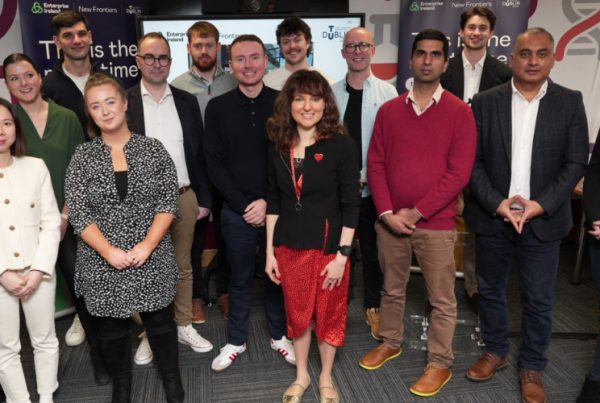
Fourteen Startup Founders Graduate From Phase 2 Of New Frontiers In Tallaght
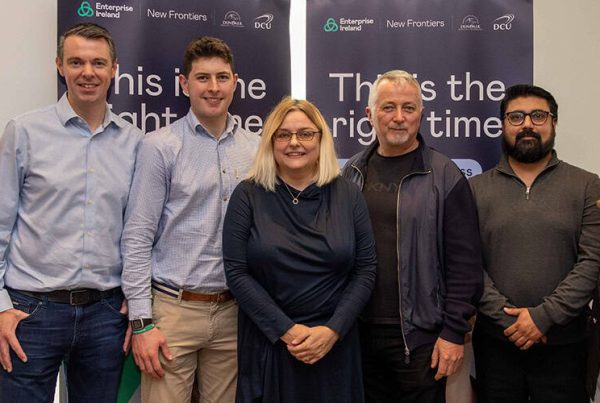
Eleven Founders Graduate From New Frontiers In The Border Mid-East Region

Laying The Right Groundwork Helps Startups Prepare For Export Success
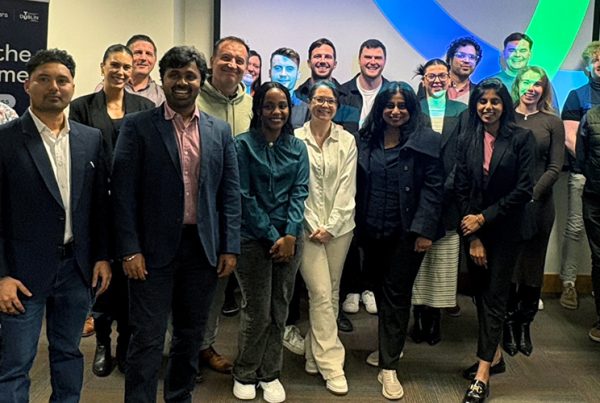
Startup In Dublin: Learn More About New Frontiers On TU Dublin’s Grangegorman Campus
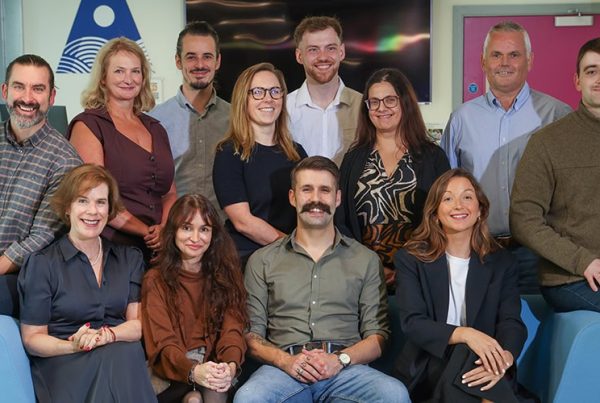
 Scarlet Bierman
Scarlet Bierman


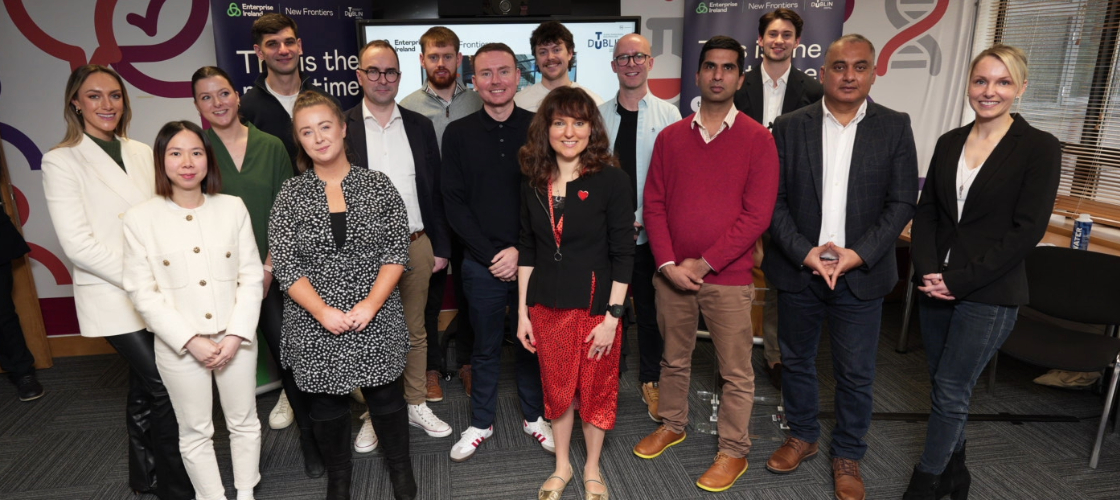
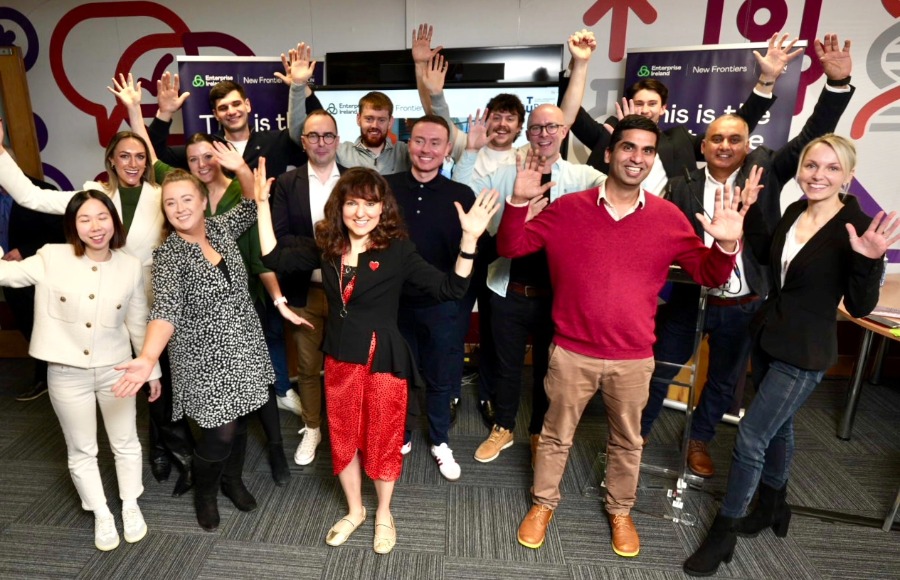
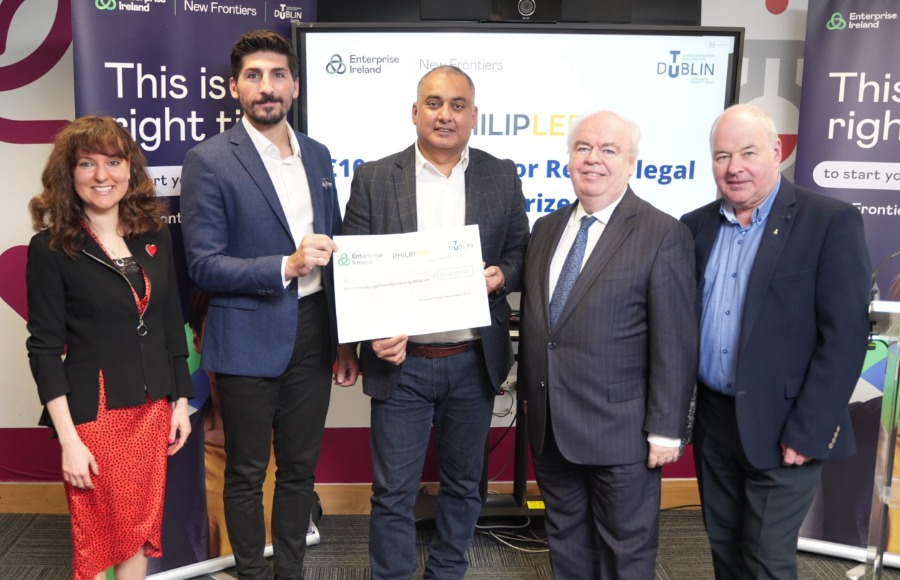
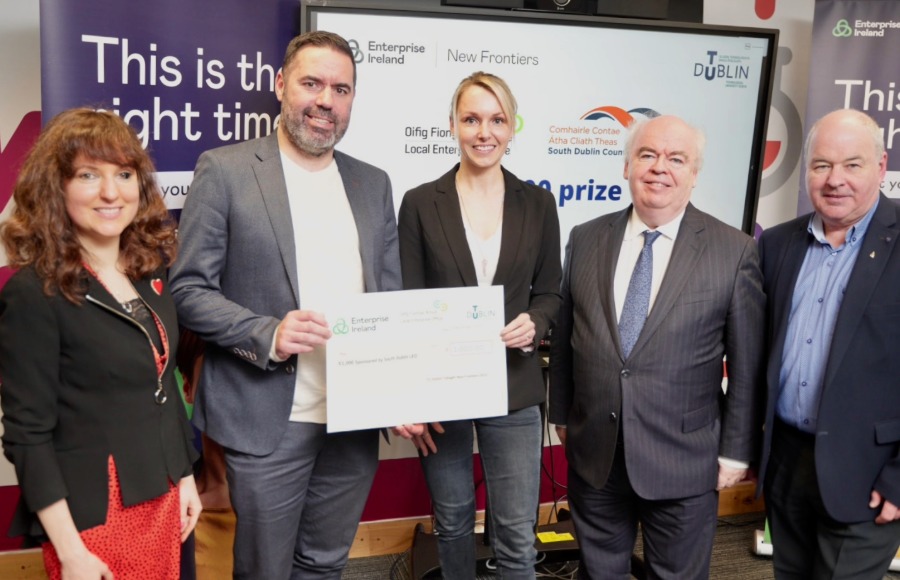
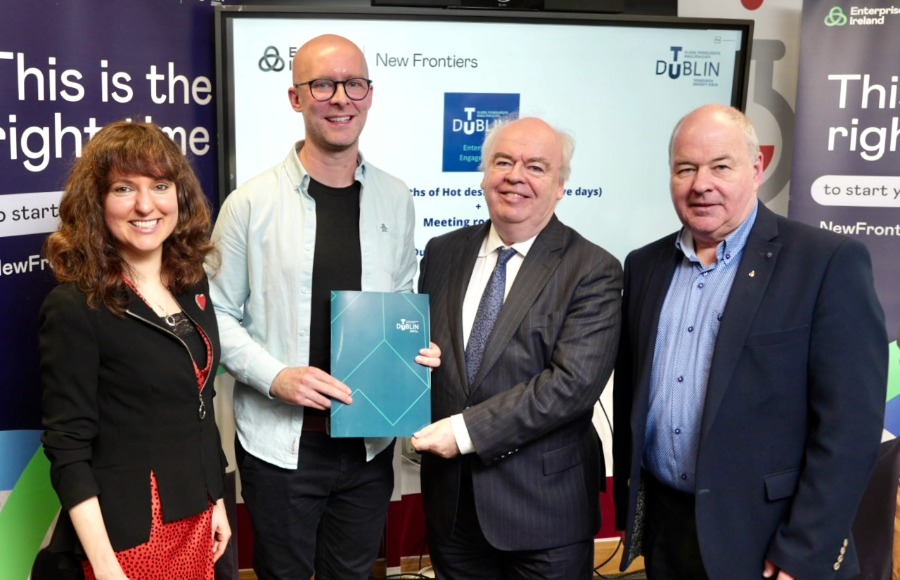
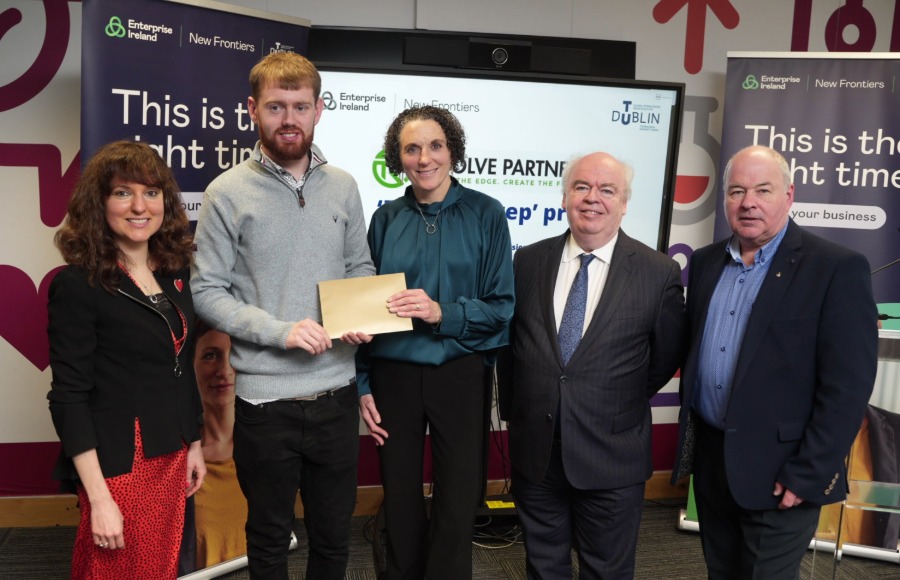
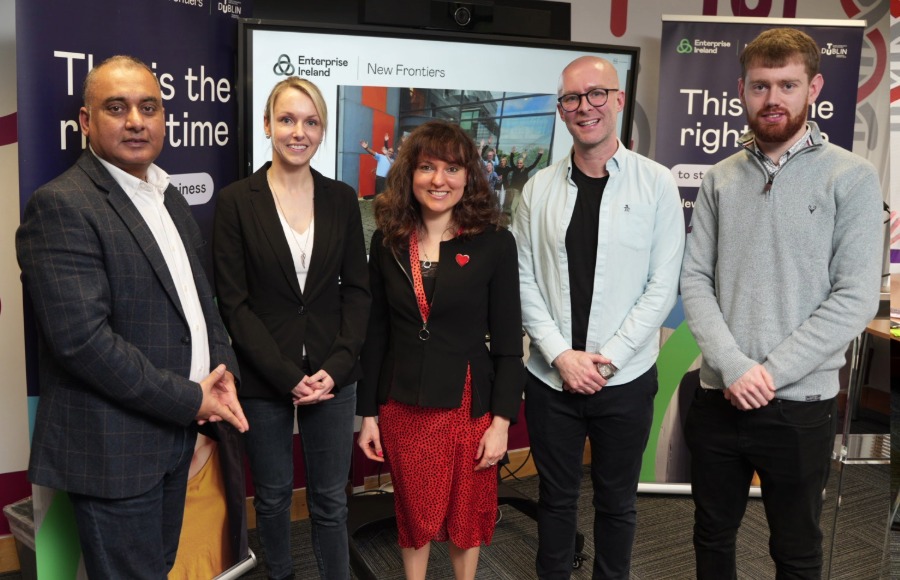
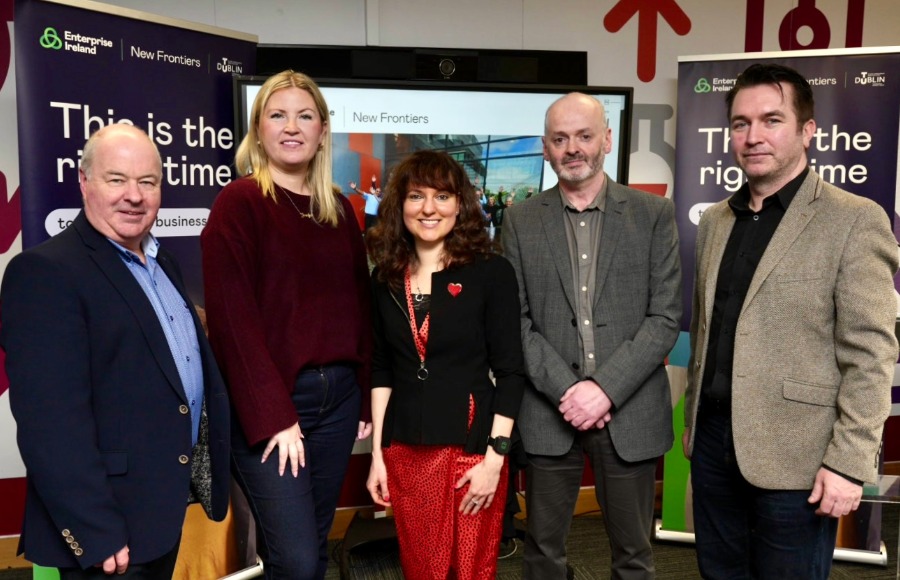
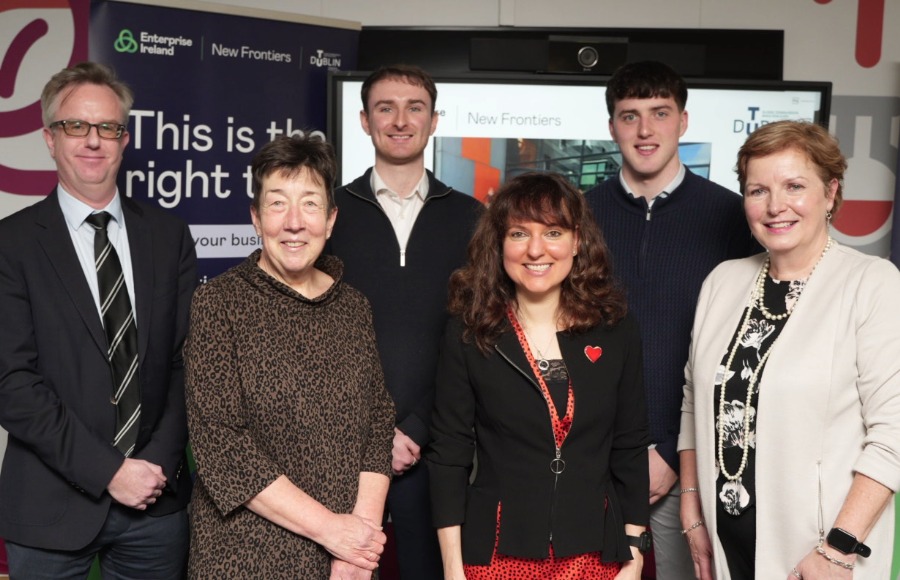
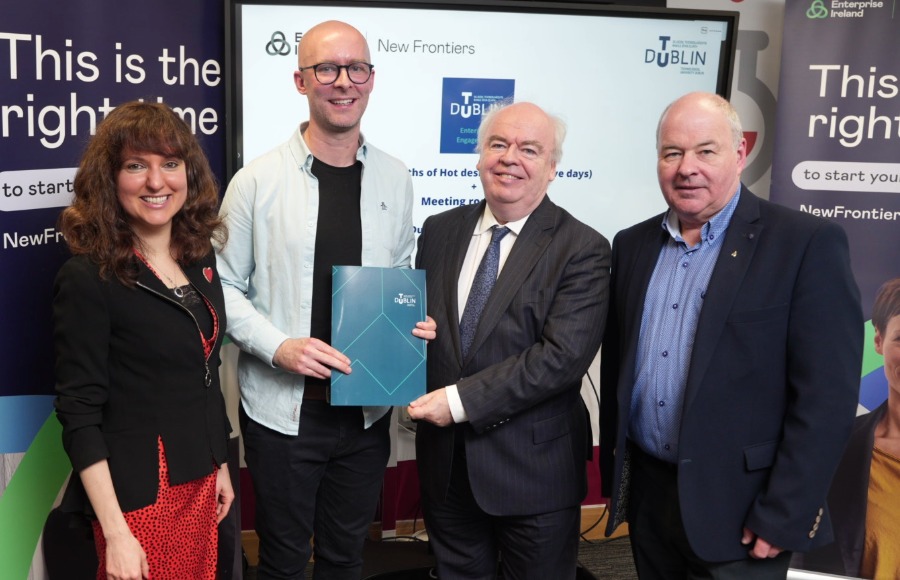
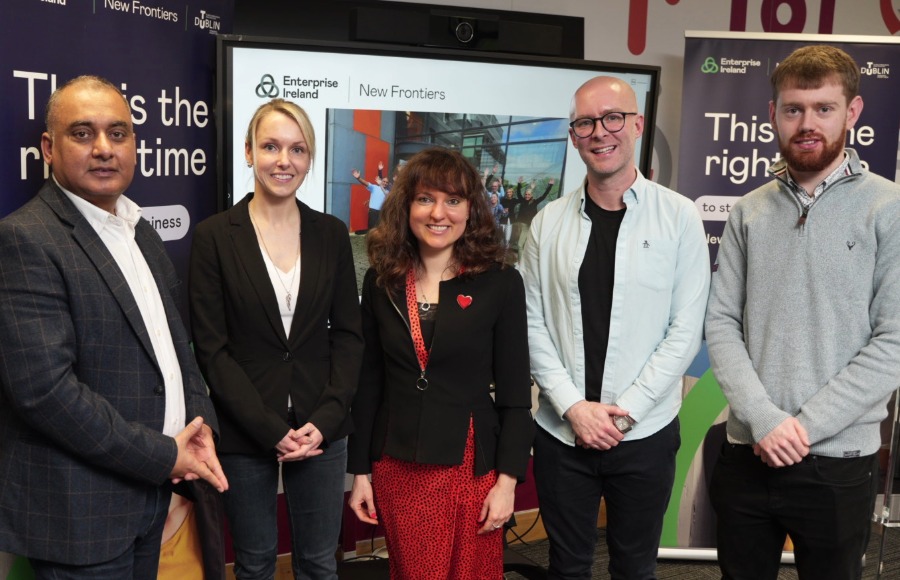
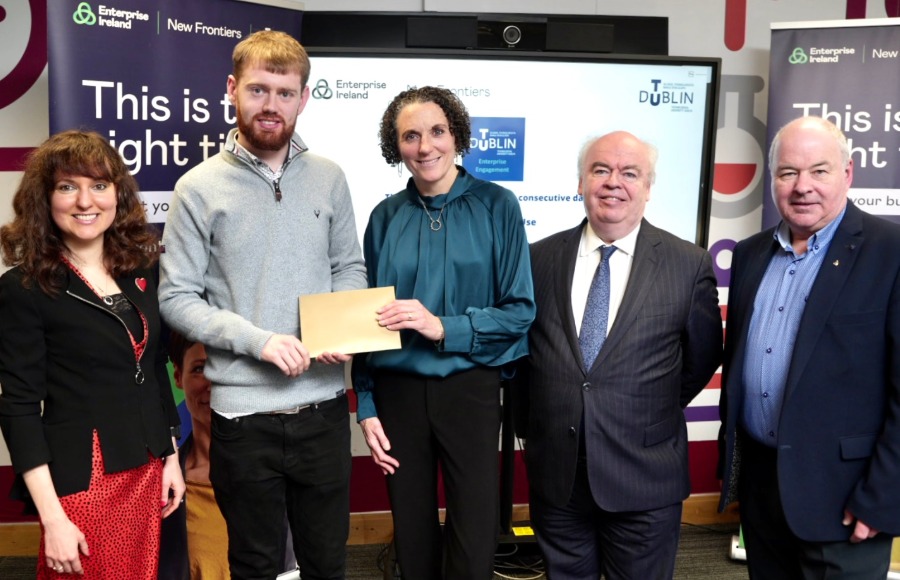
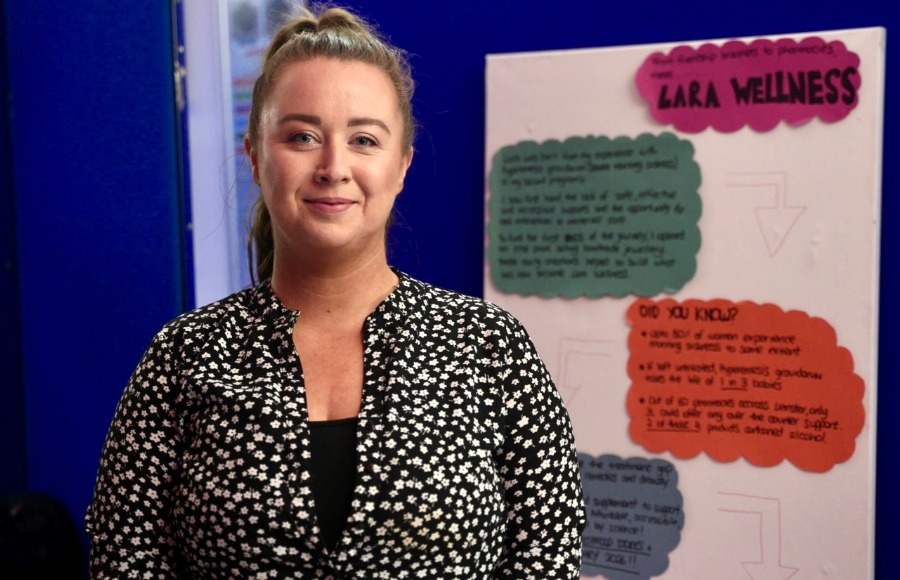

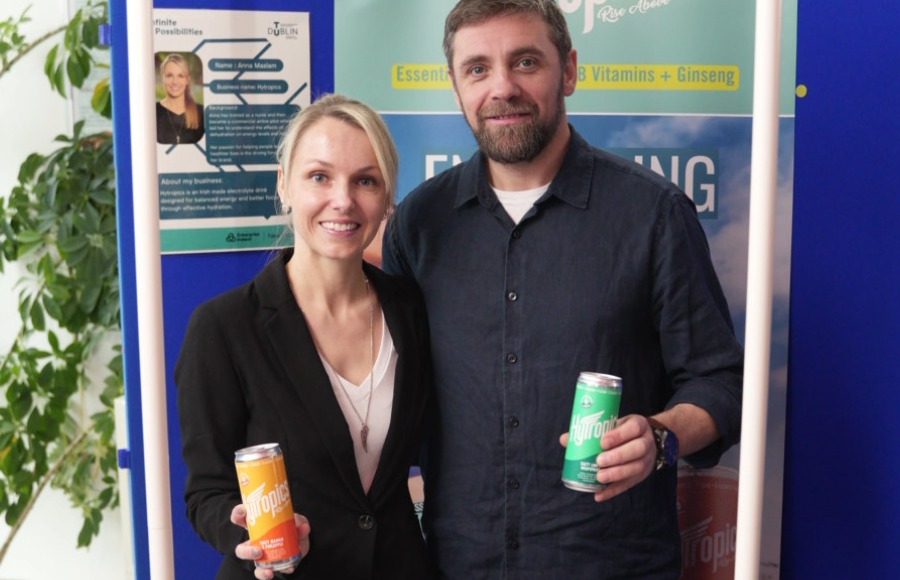
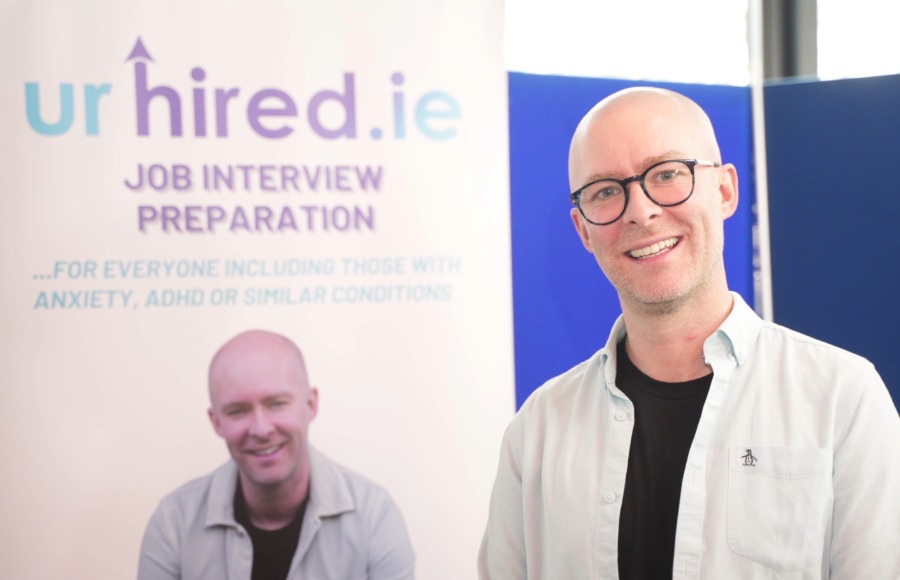
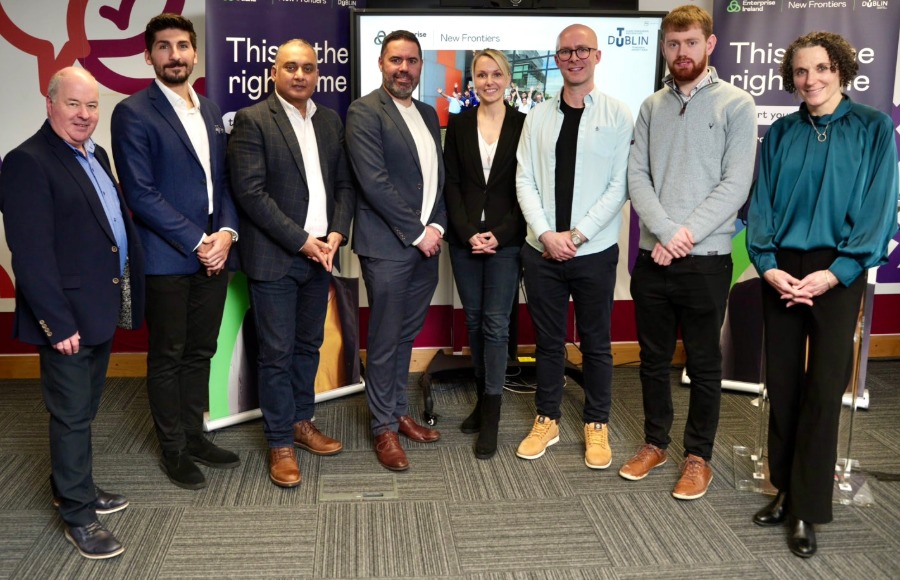
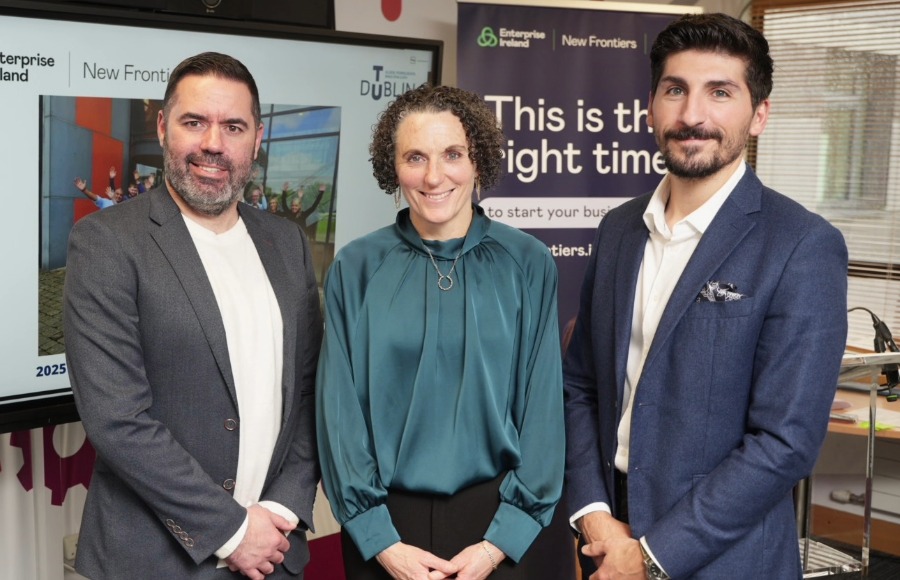
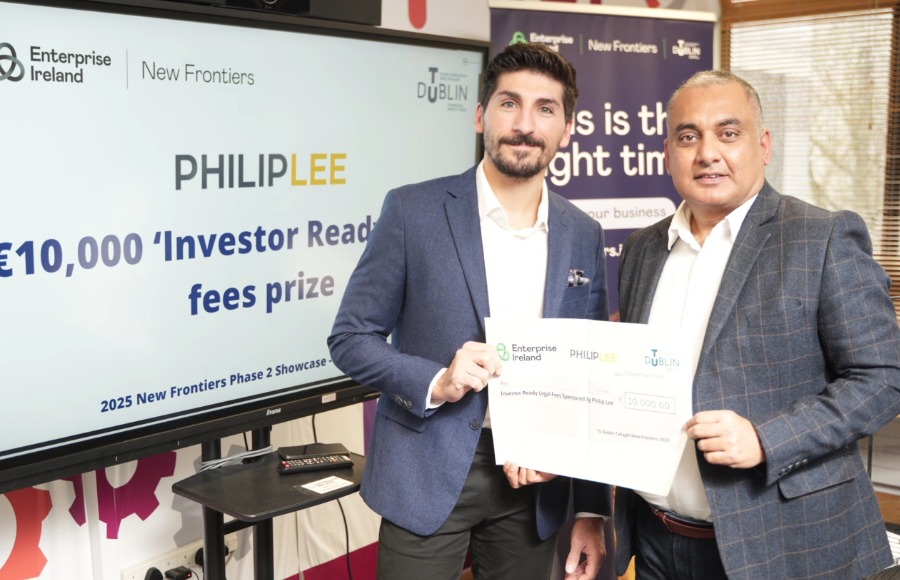
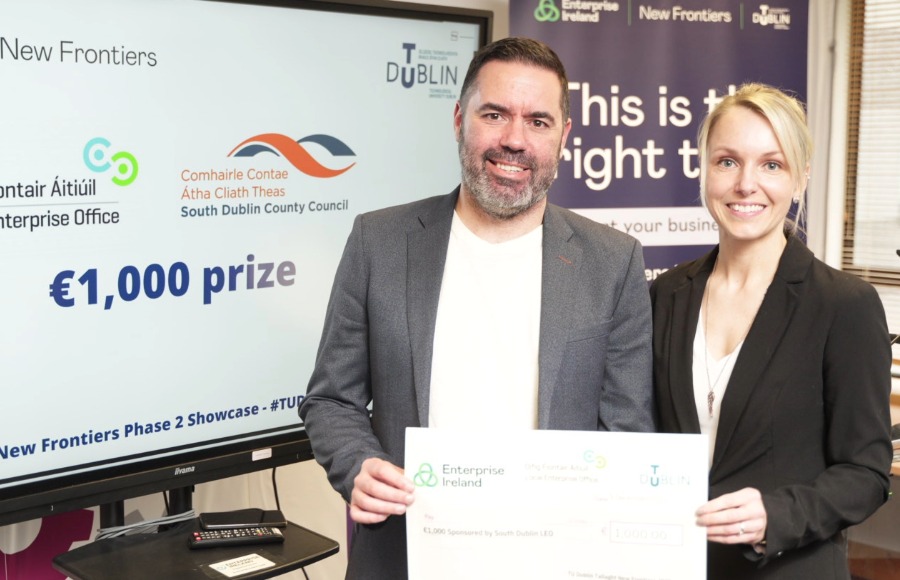
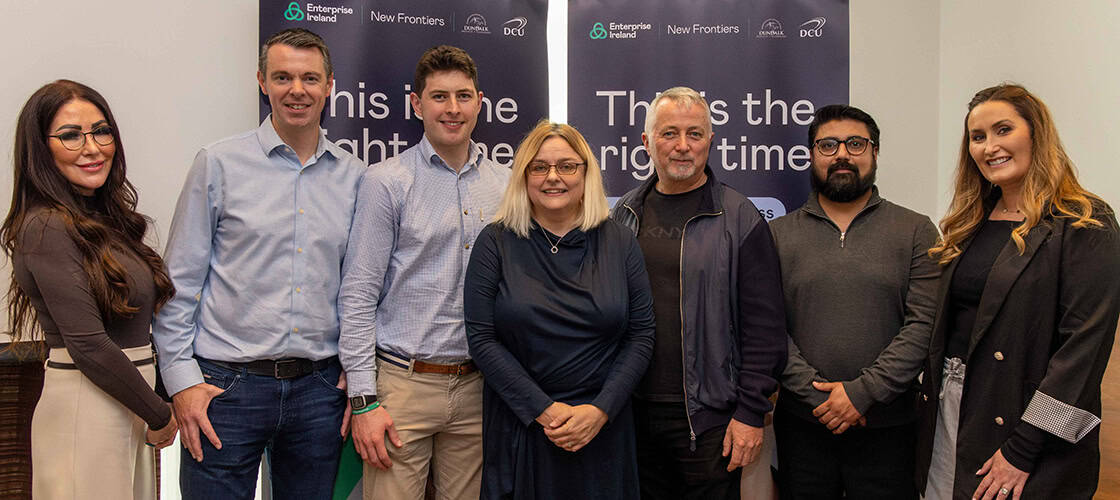
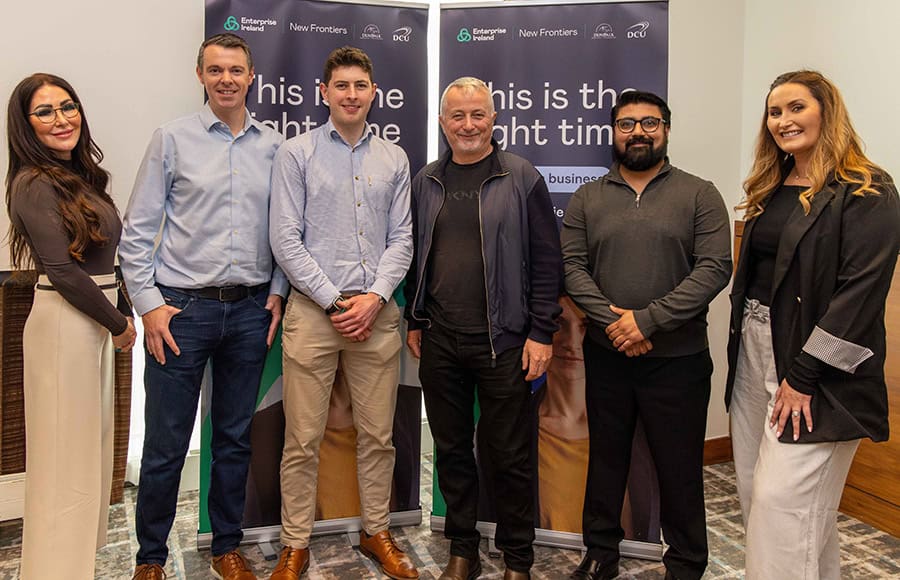
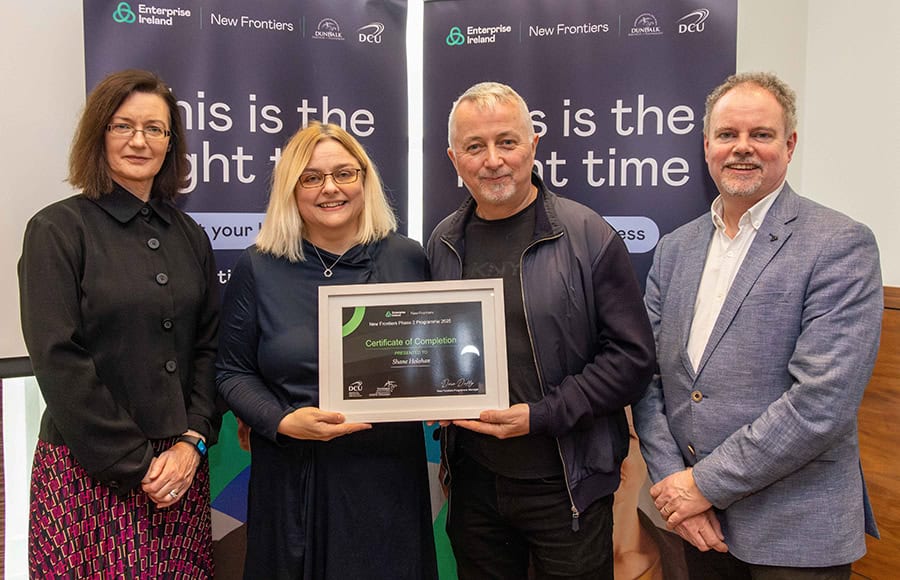
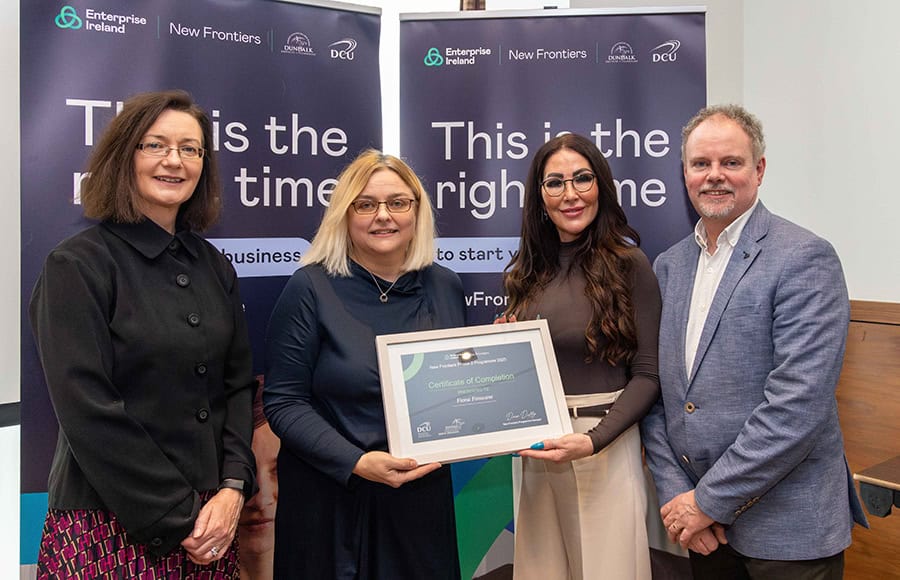
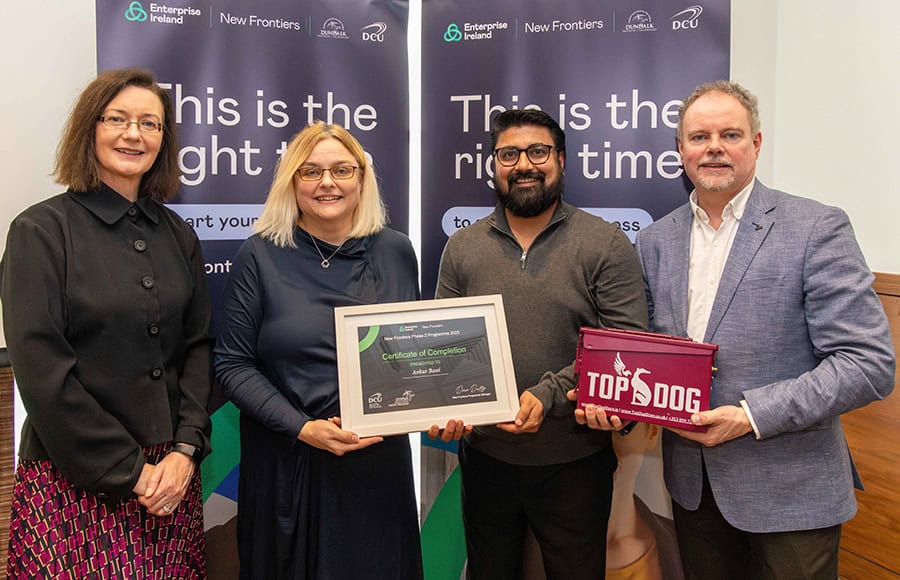
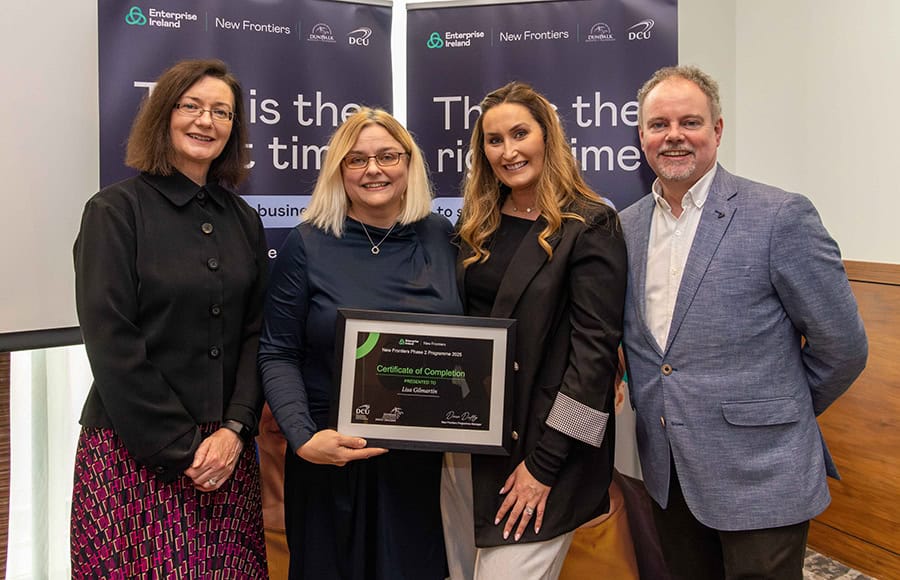
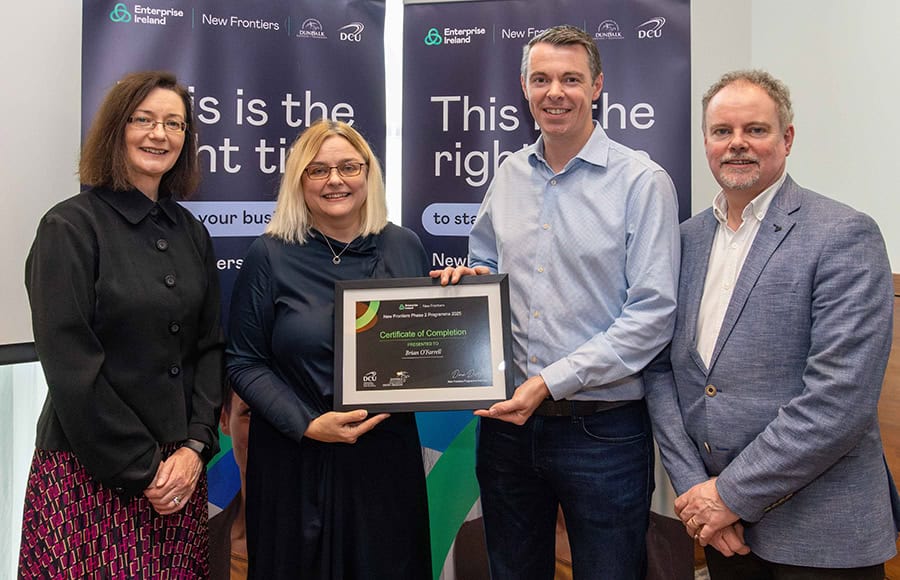
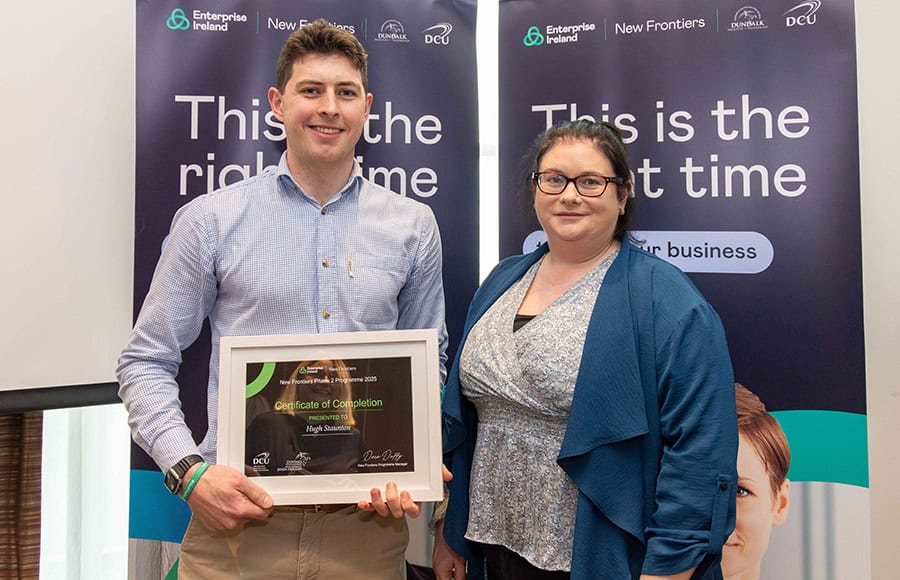

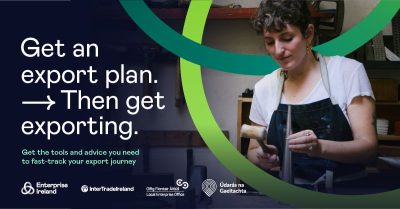 The programme is for companies that have a deep understanding of their sector and the ambition to export. They have proven the business domestically or can demonstrate that their product/service meets a clear market need, backed by buyer feedback or confirmed by key opinion leaders.
The programme is for companies that have a deep understanding of their sector and the ambition to export. They have proven the business domestically or can demonstrate that their product/service meets a clear market need, backed by buyer feedback or confirmed by key opinion leaders.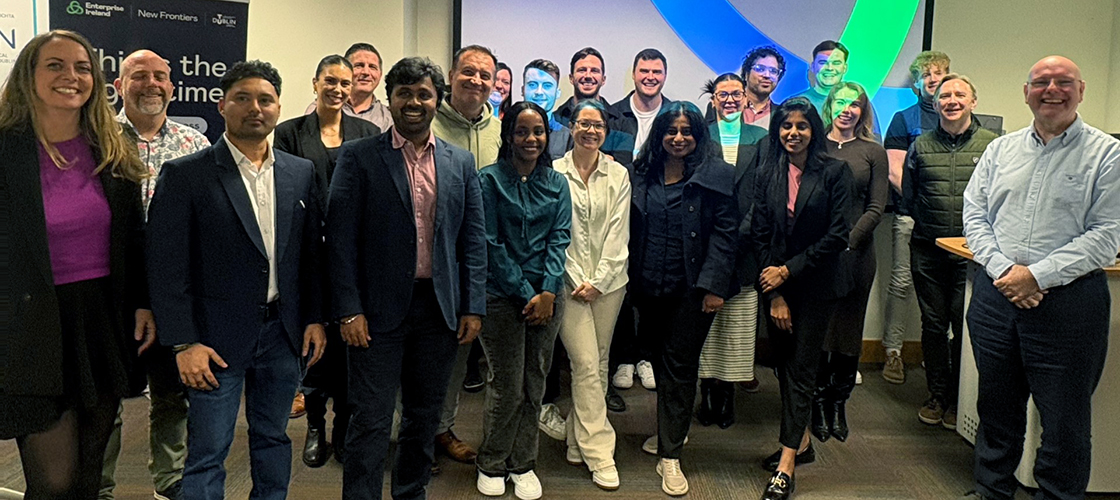


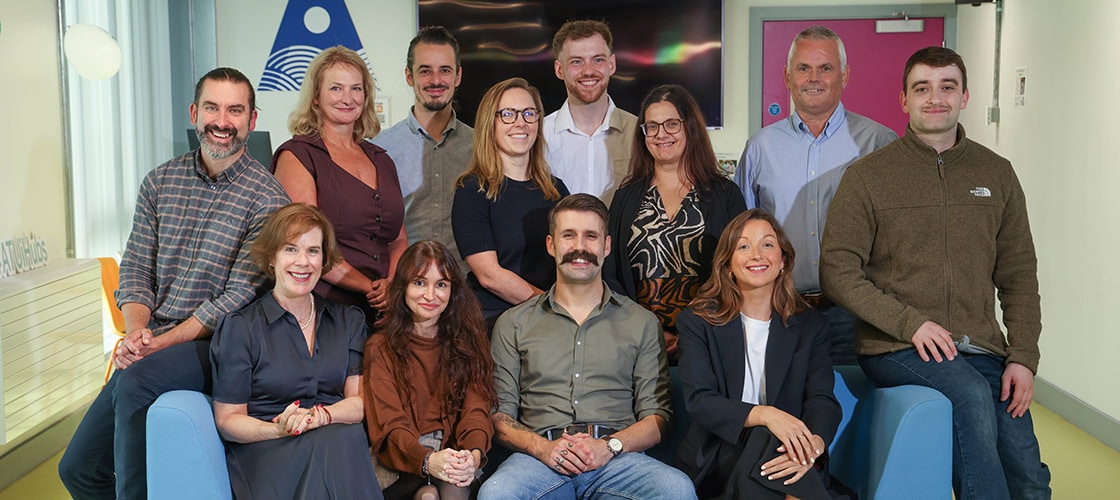
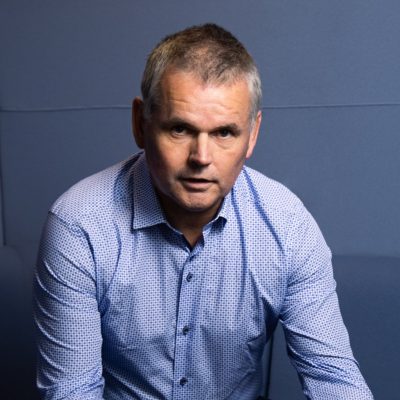
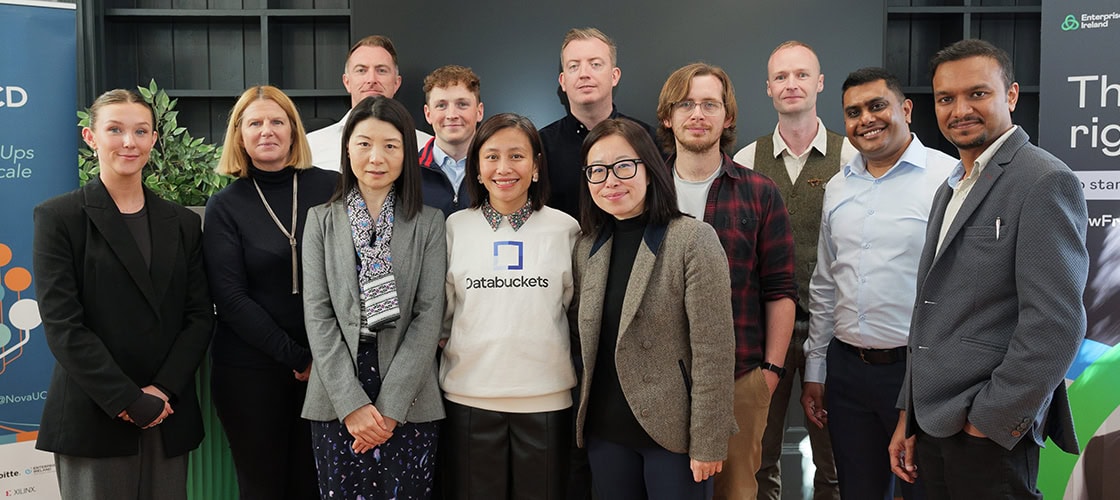

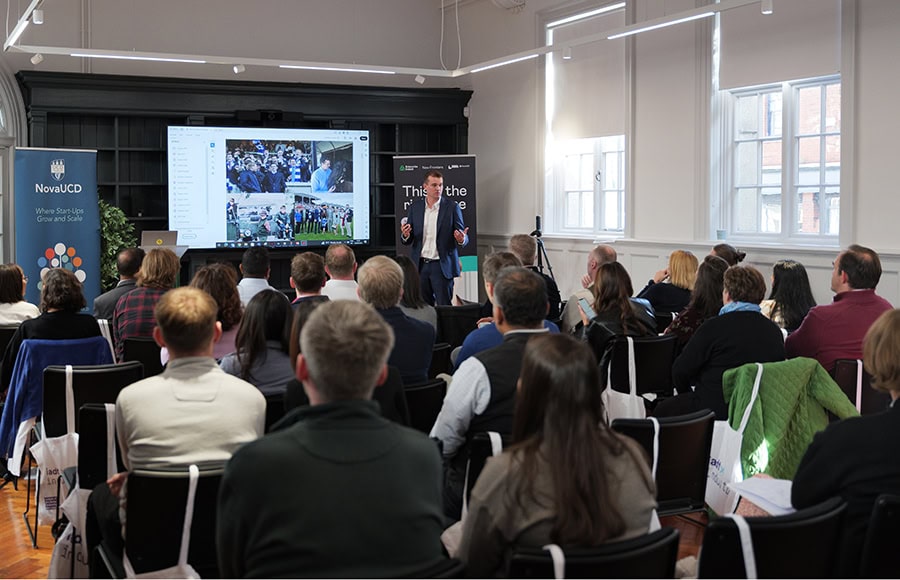
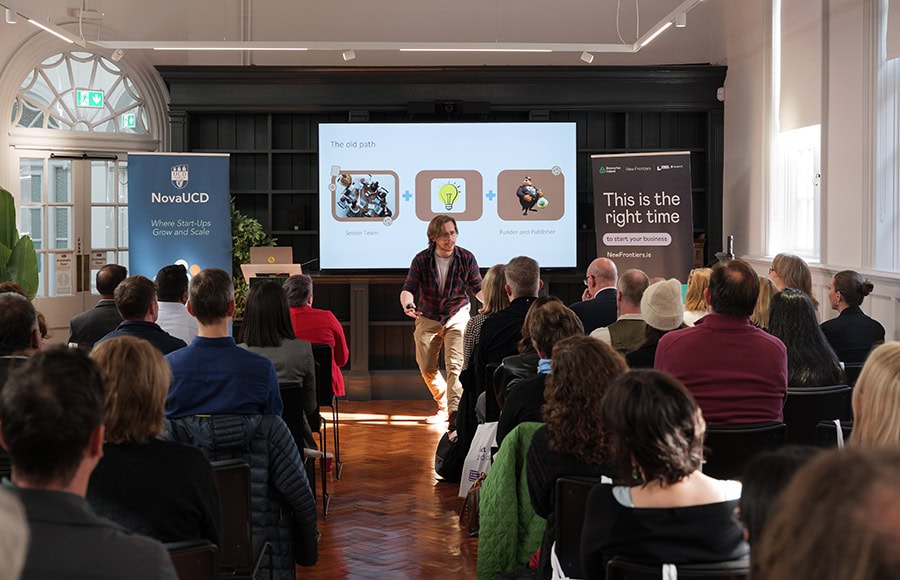
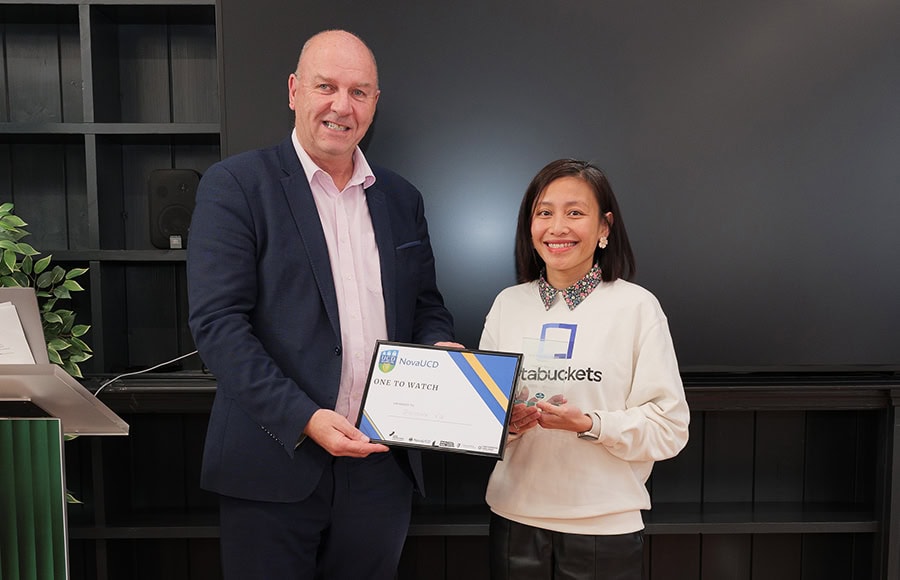
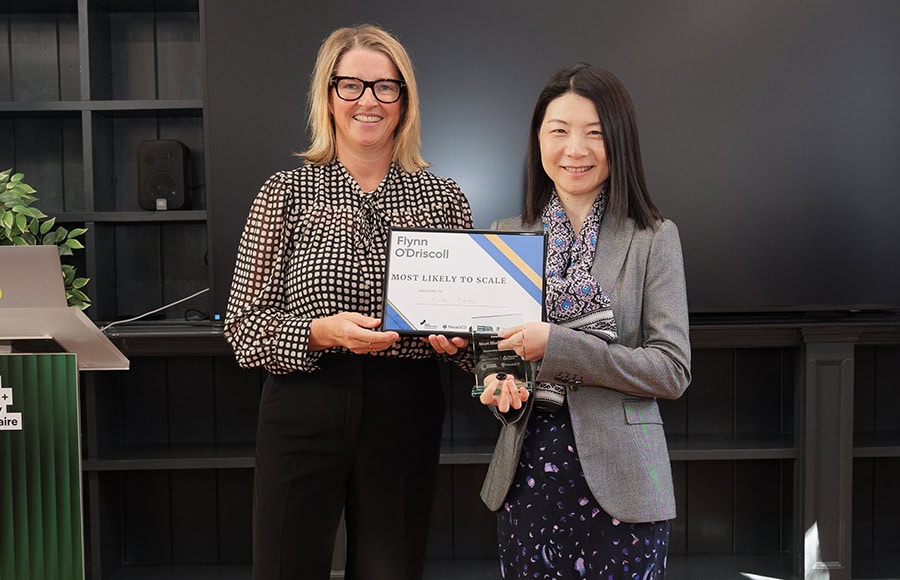
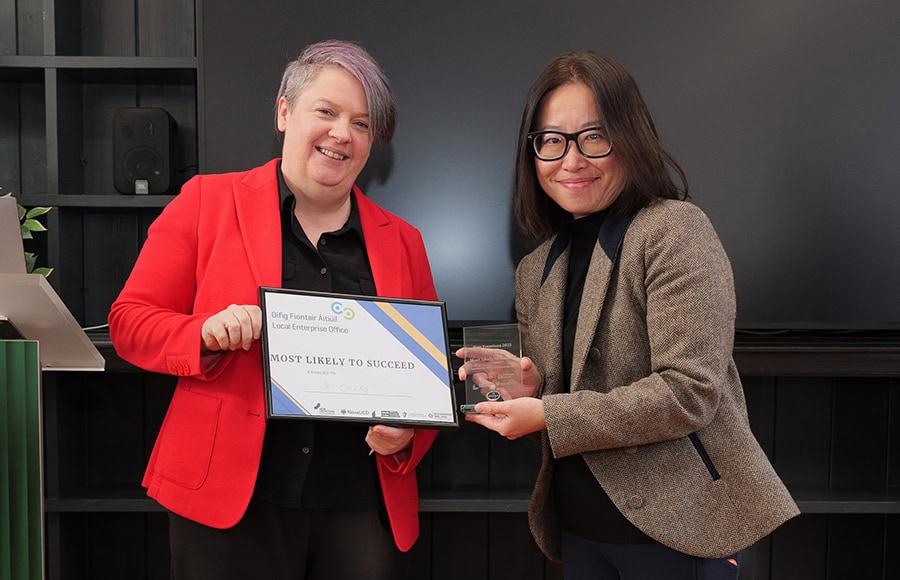
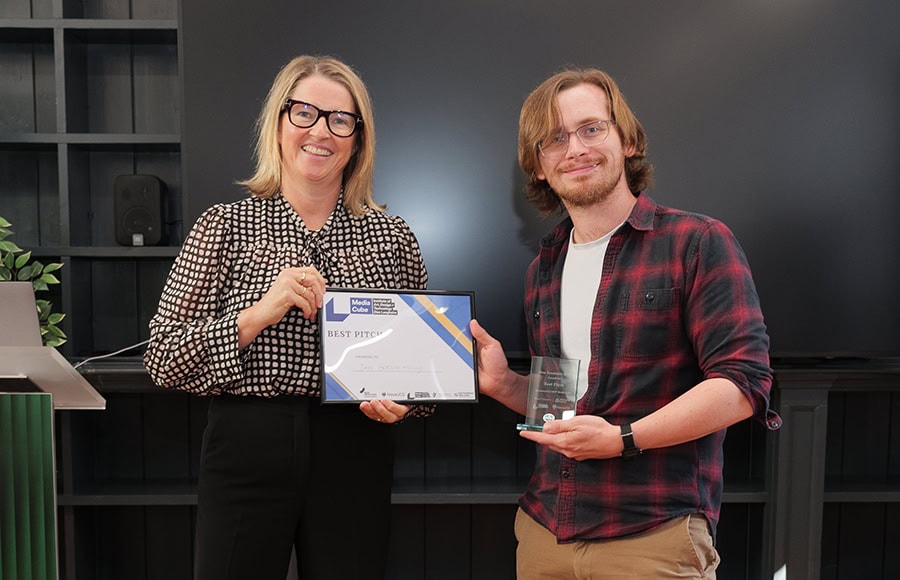

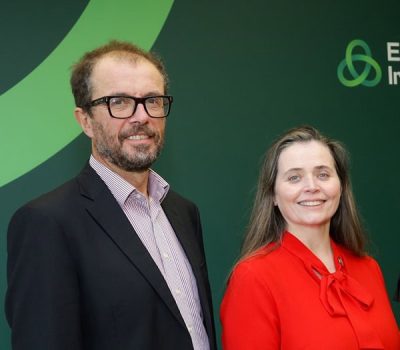
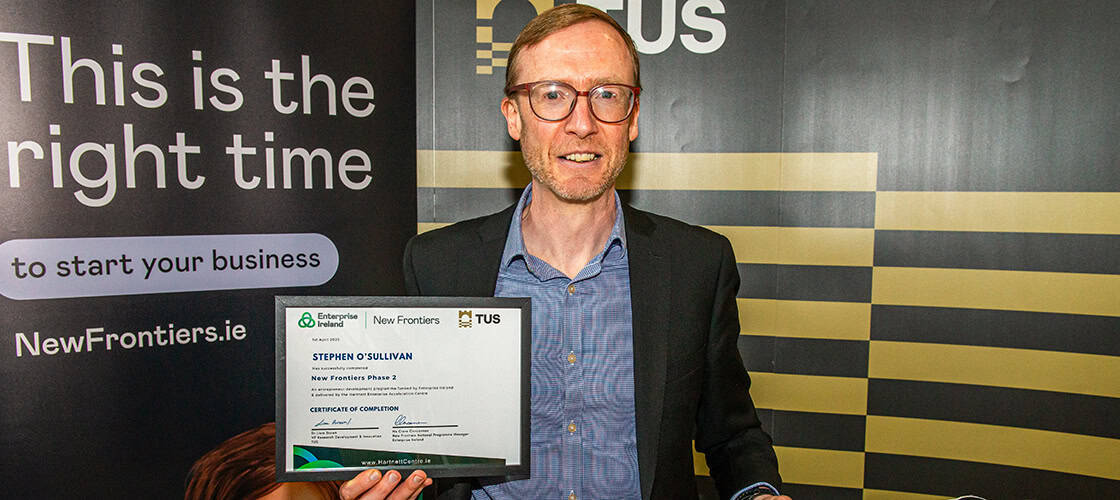

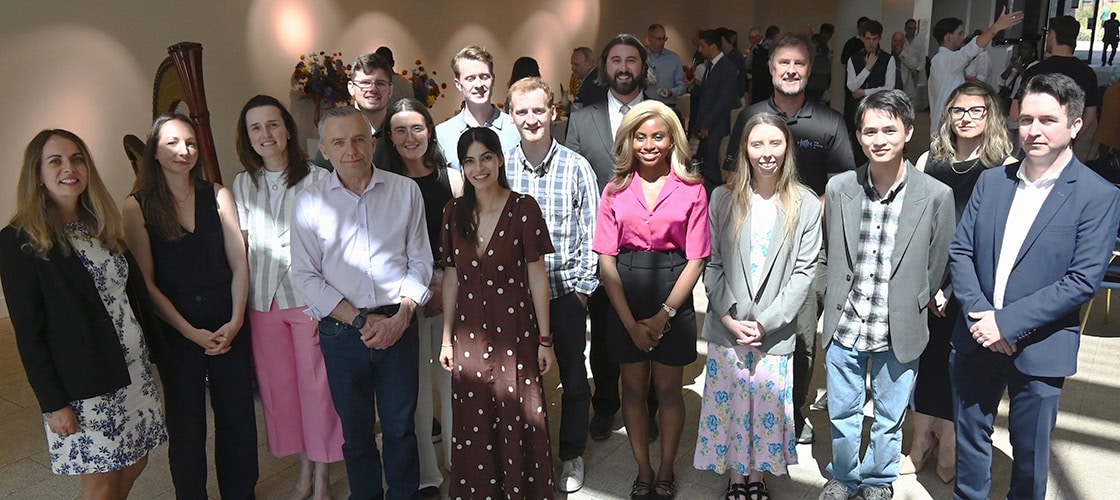
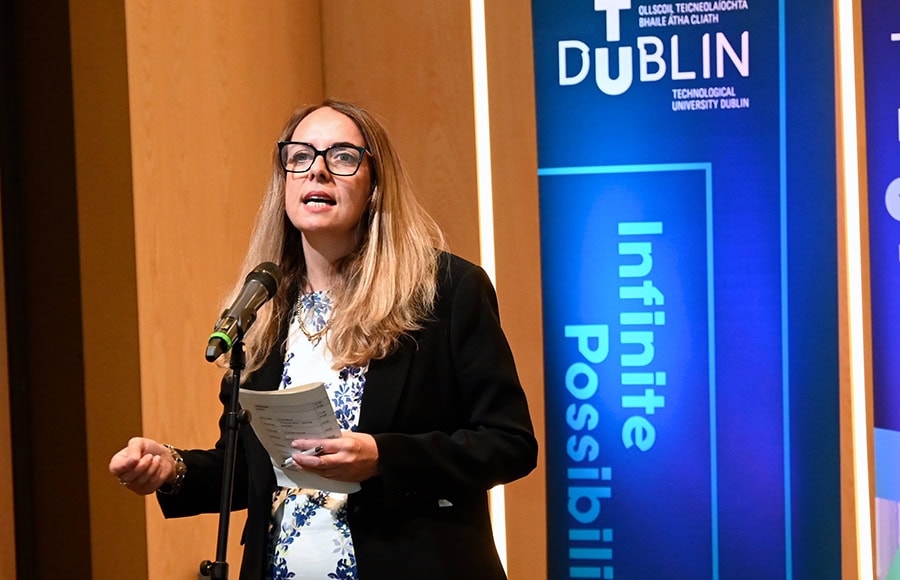

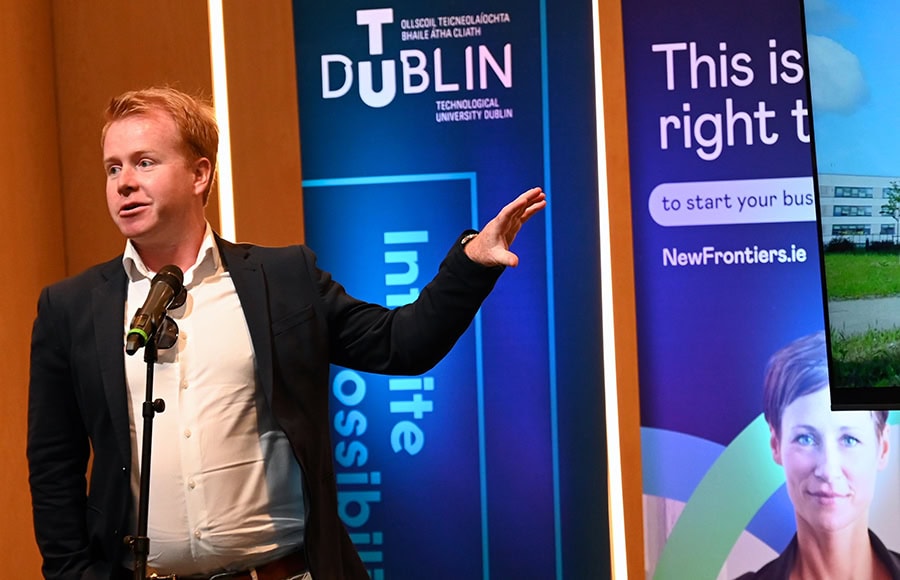
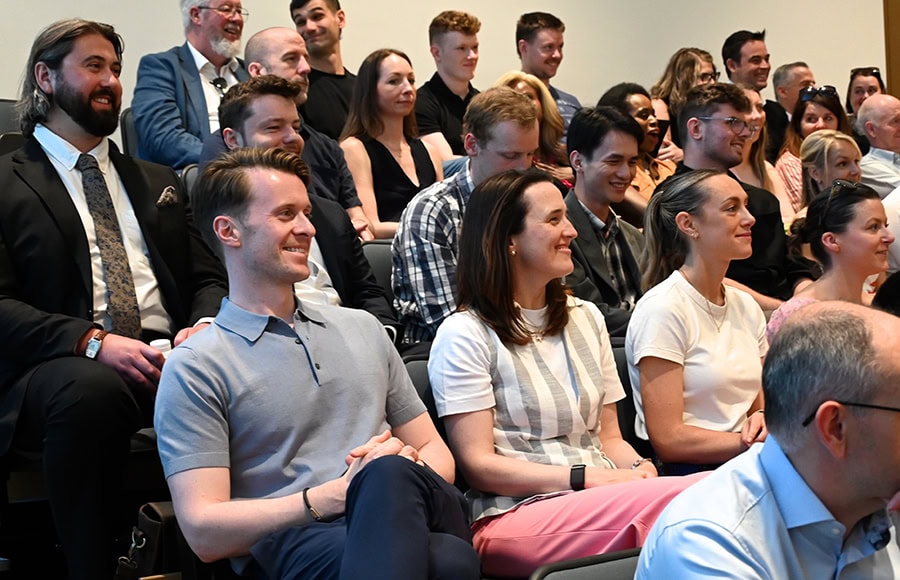
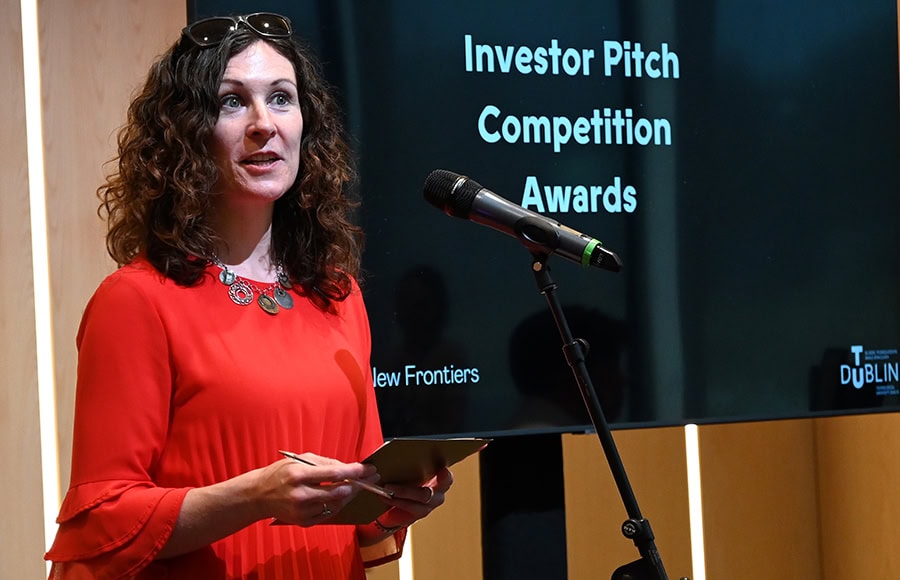
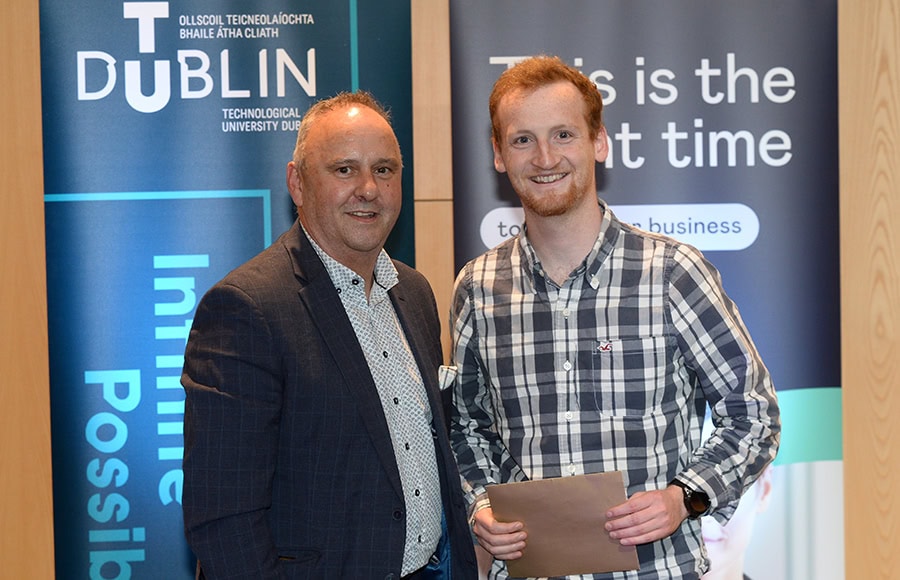
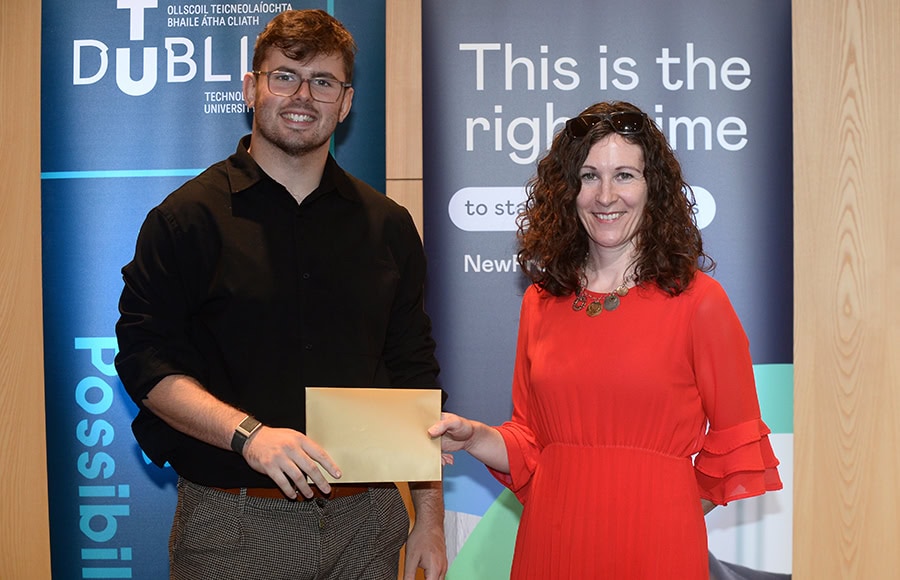
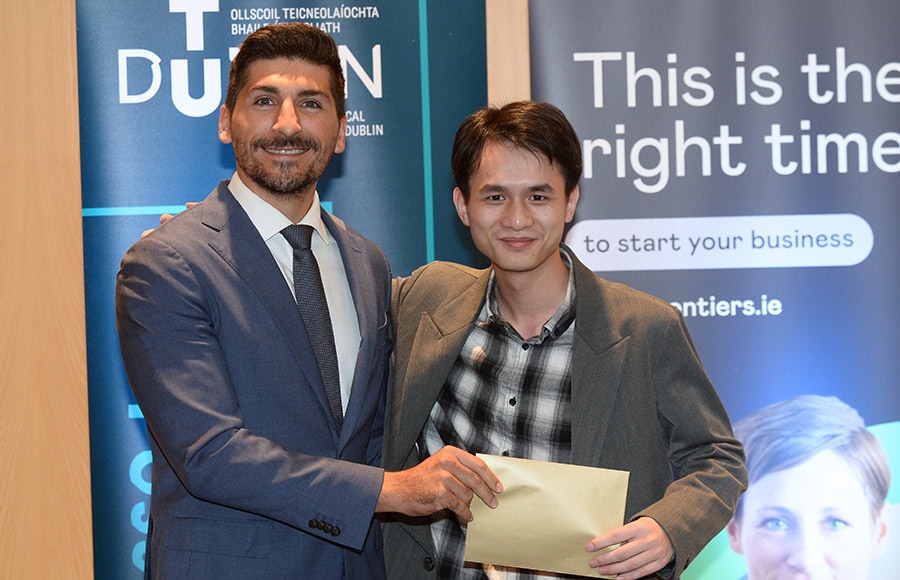
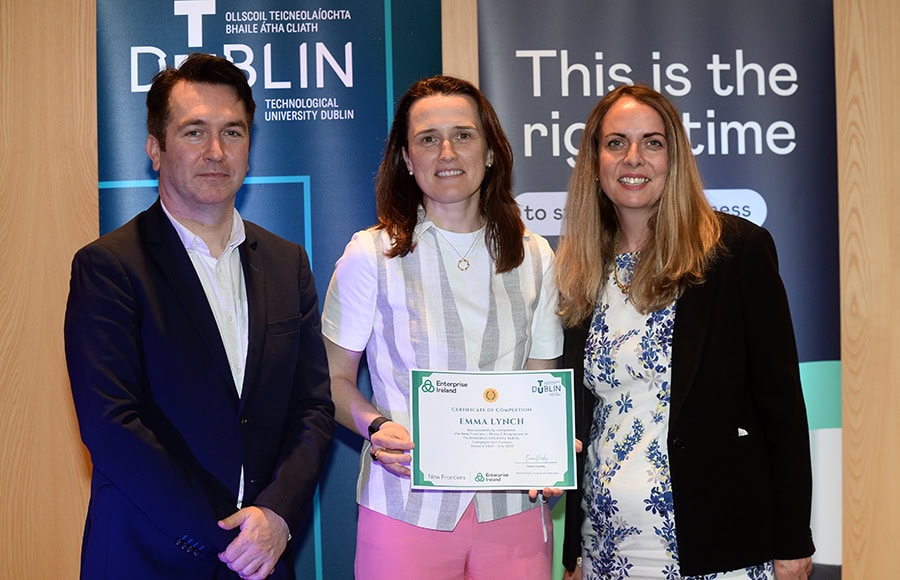
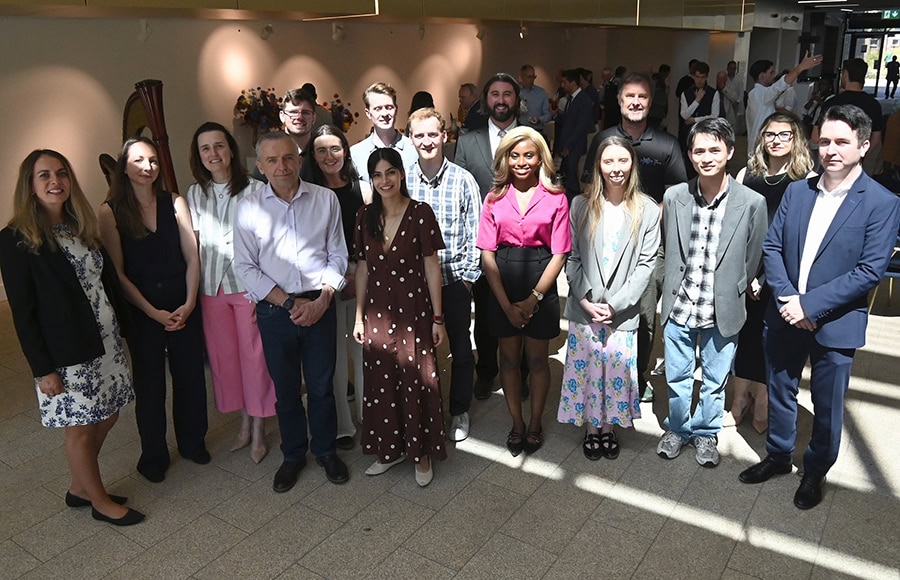

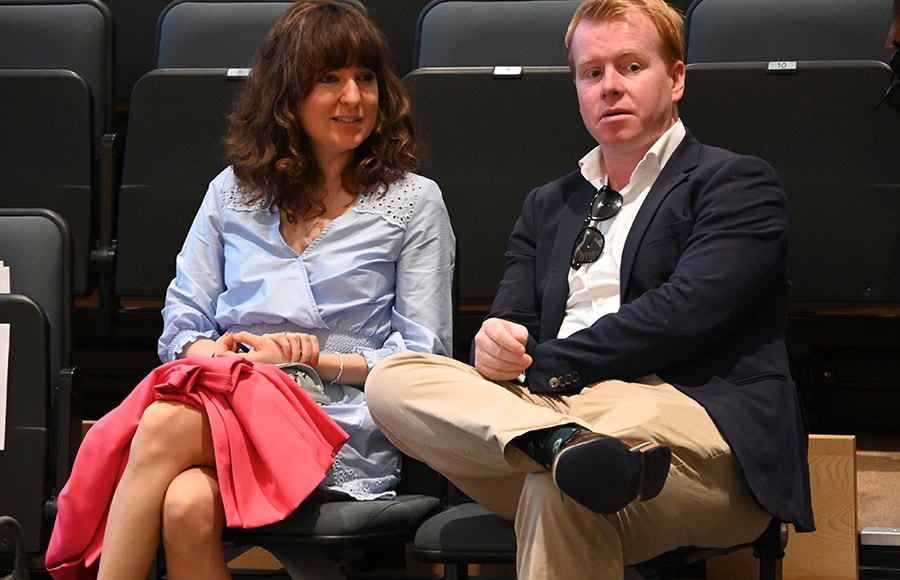



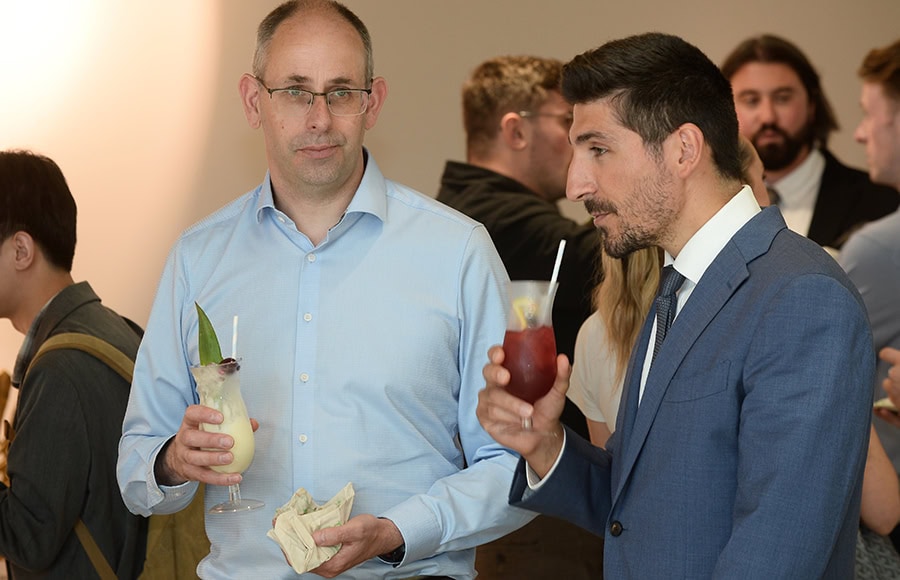

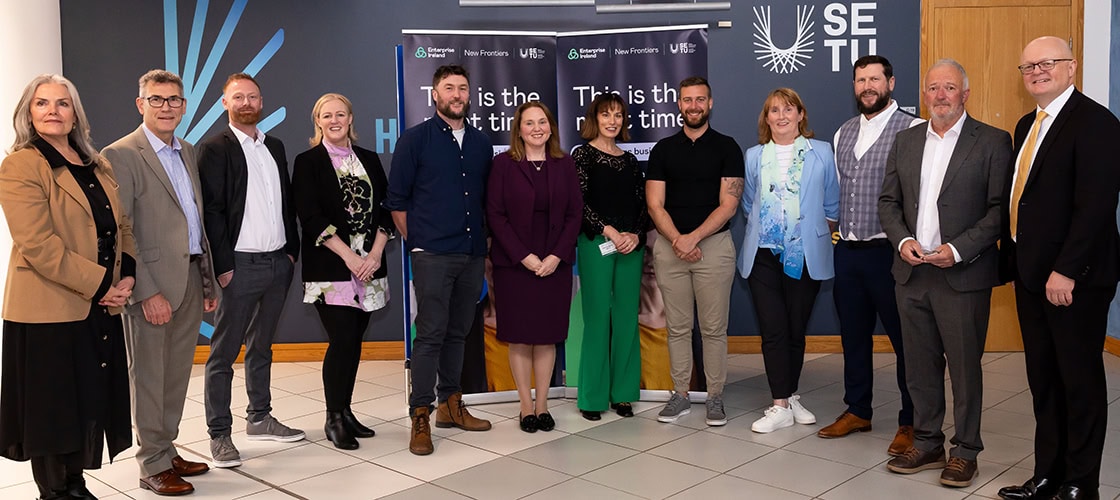
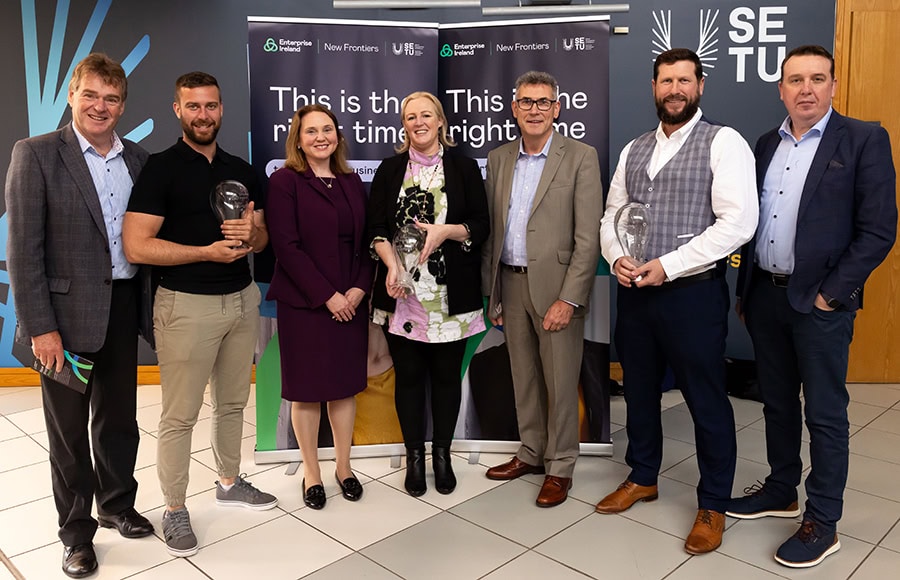
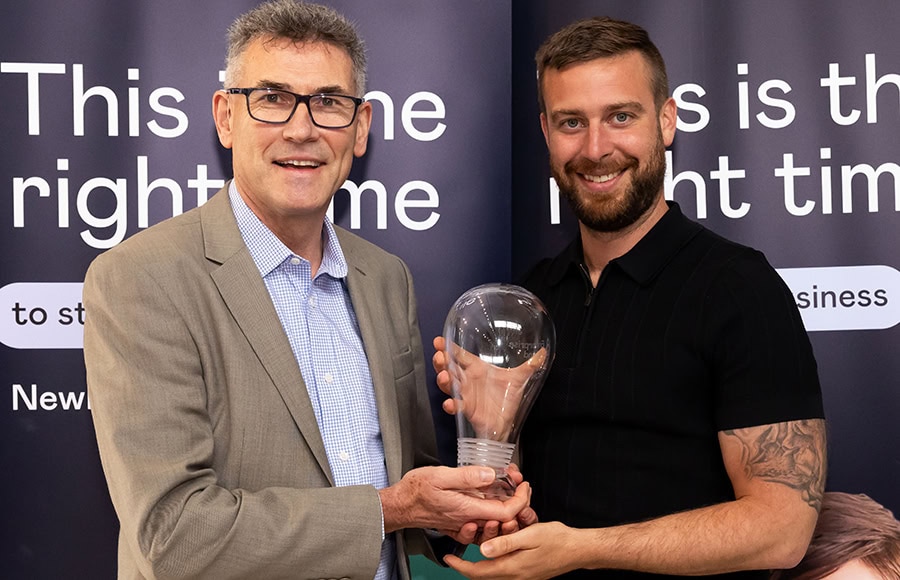
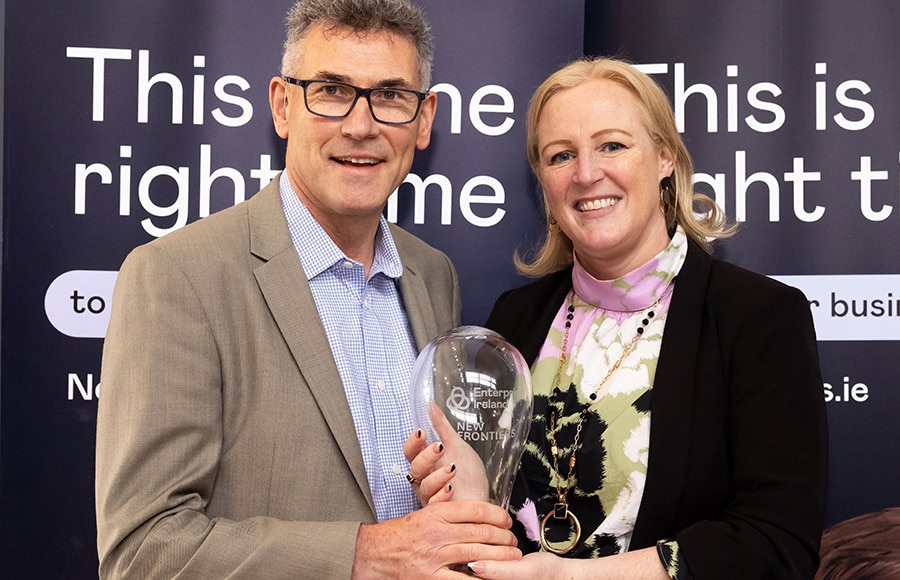
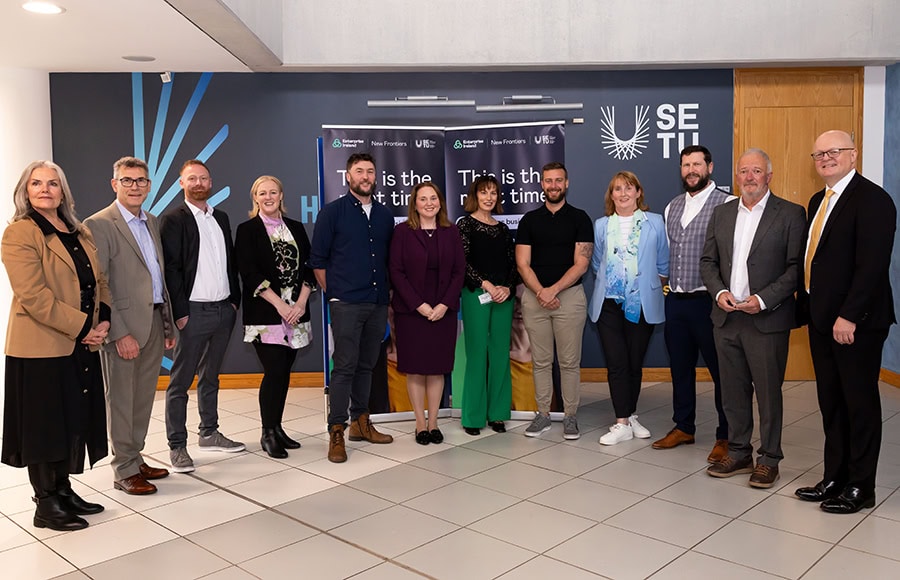
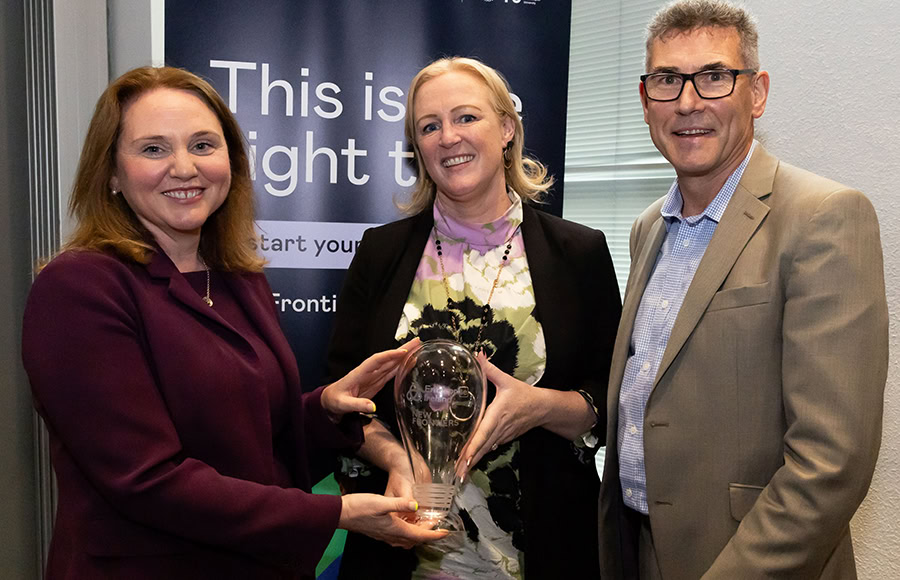
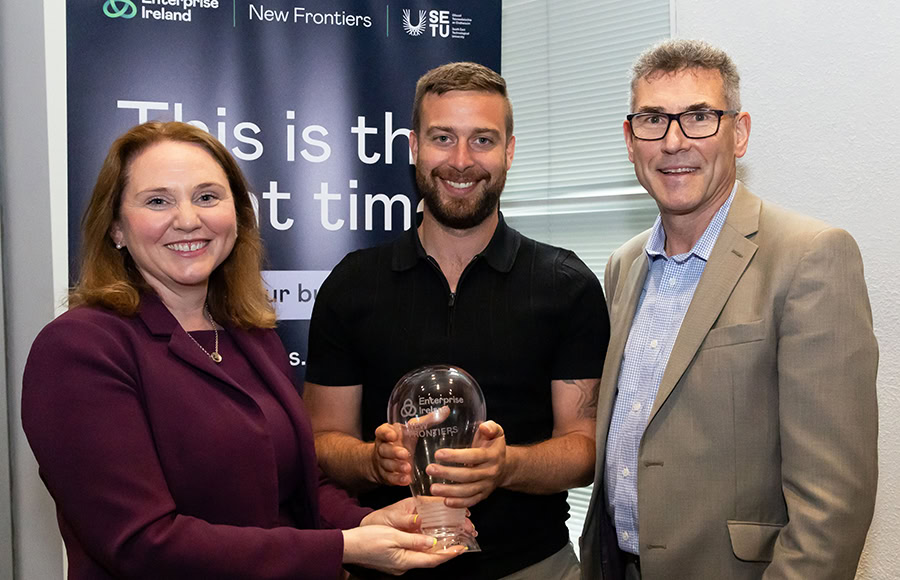
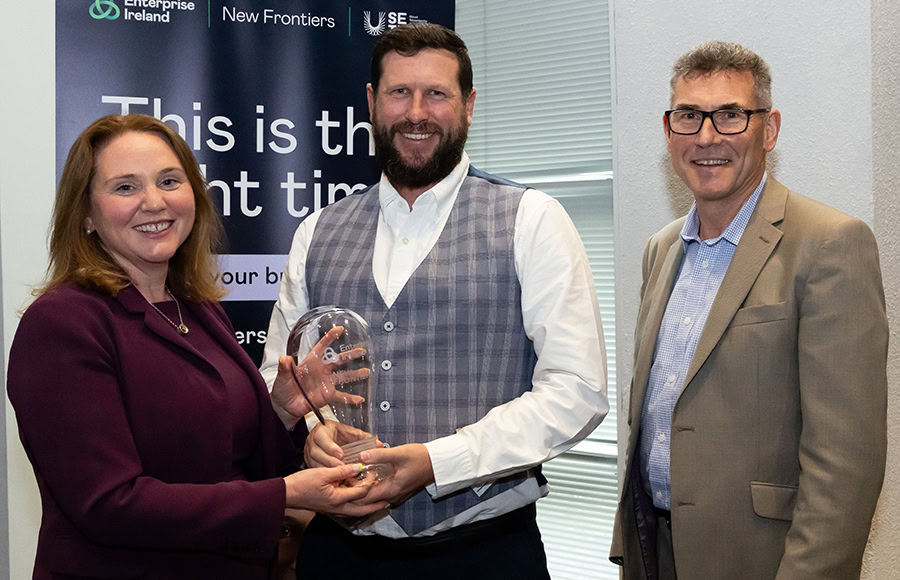
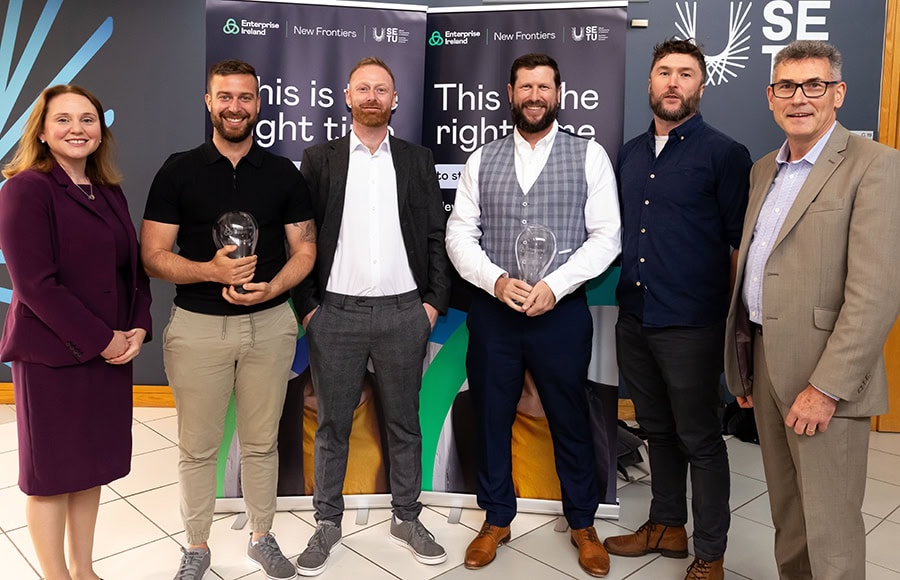

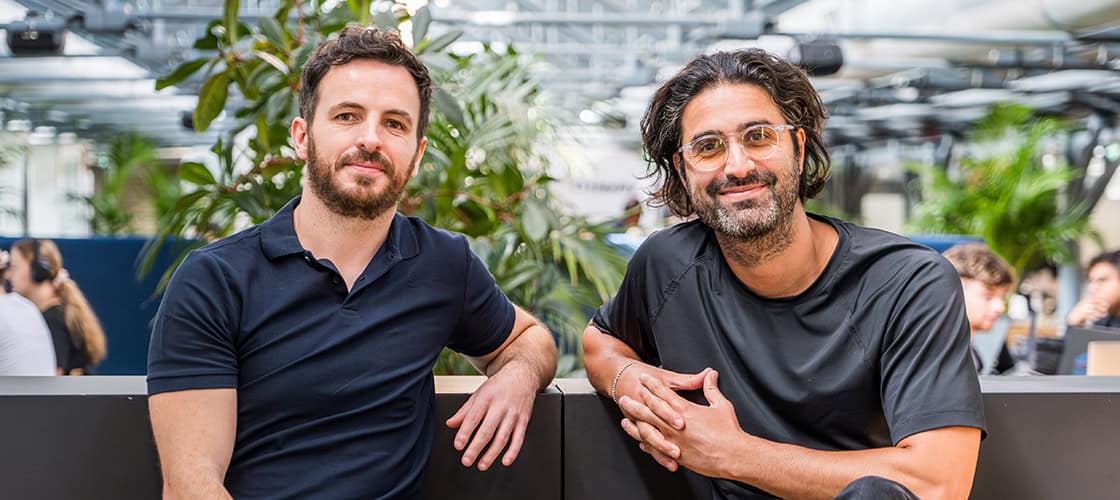

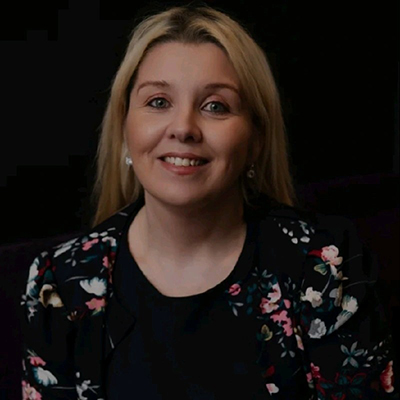


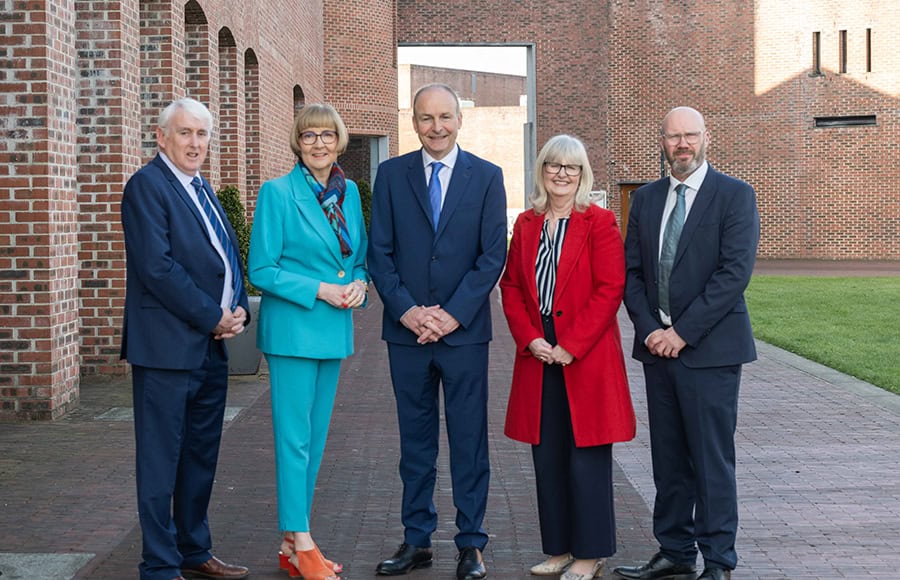
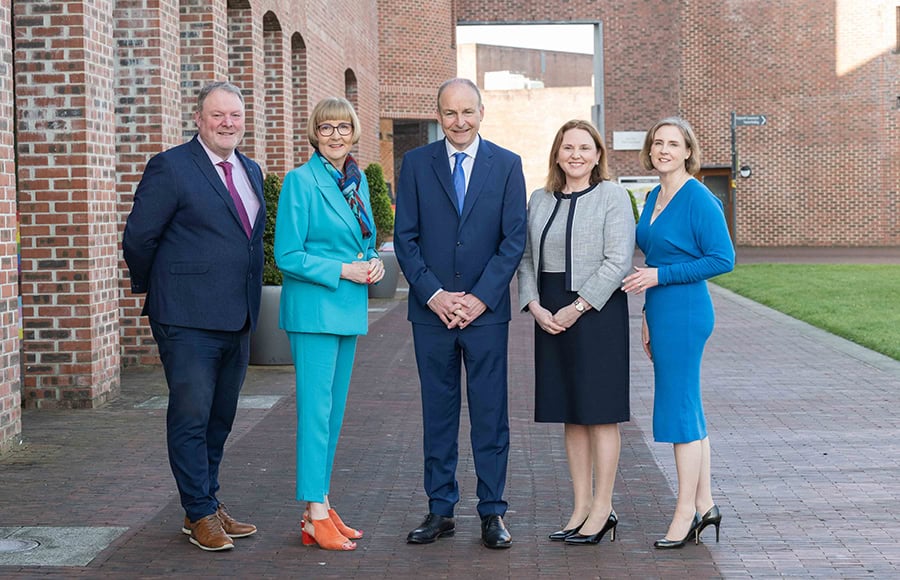
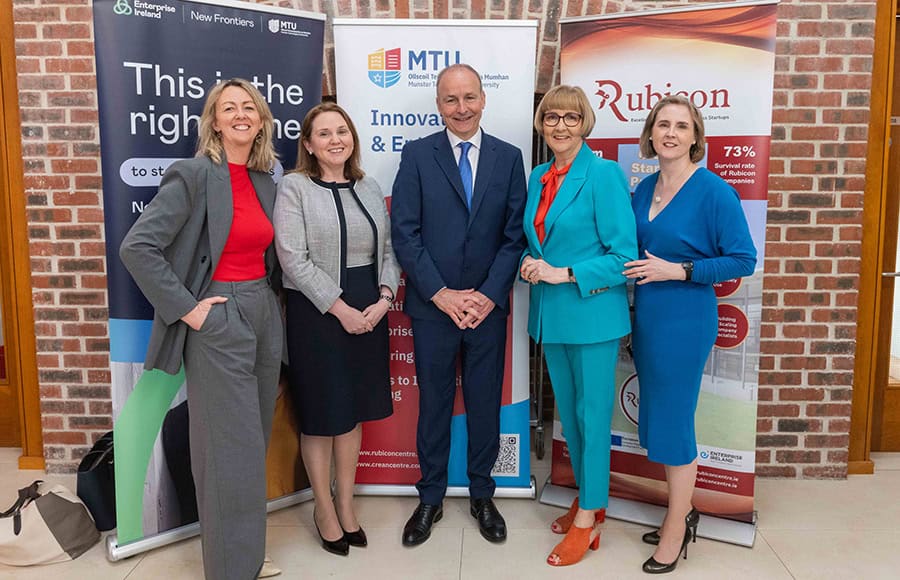
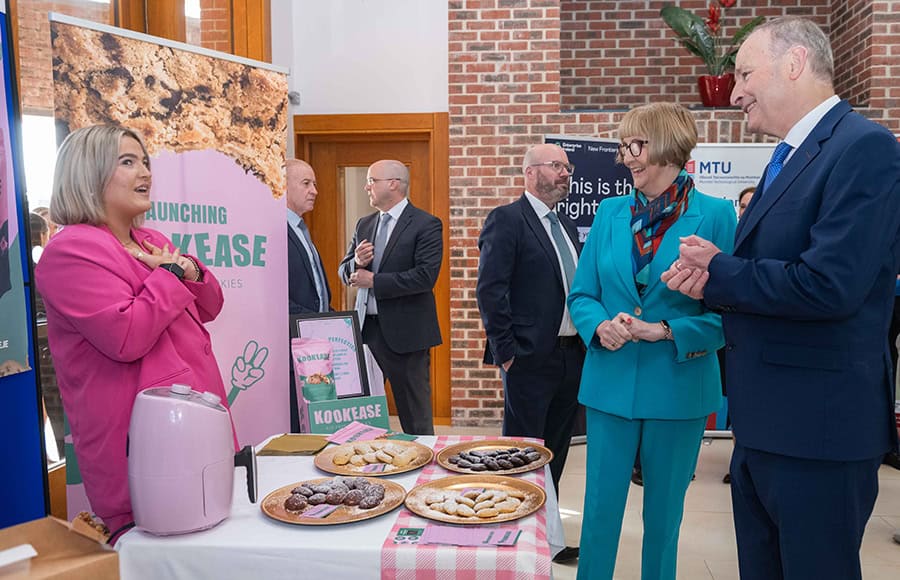
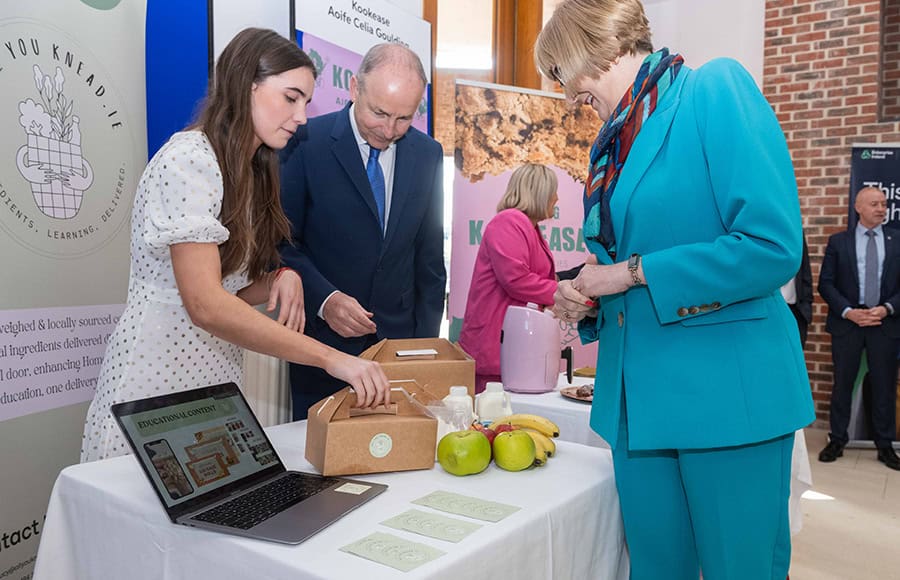
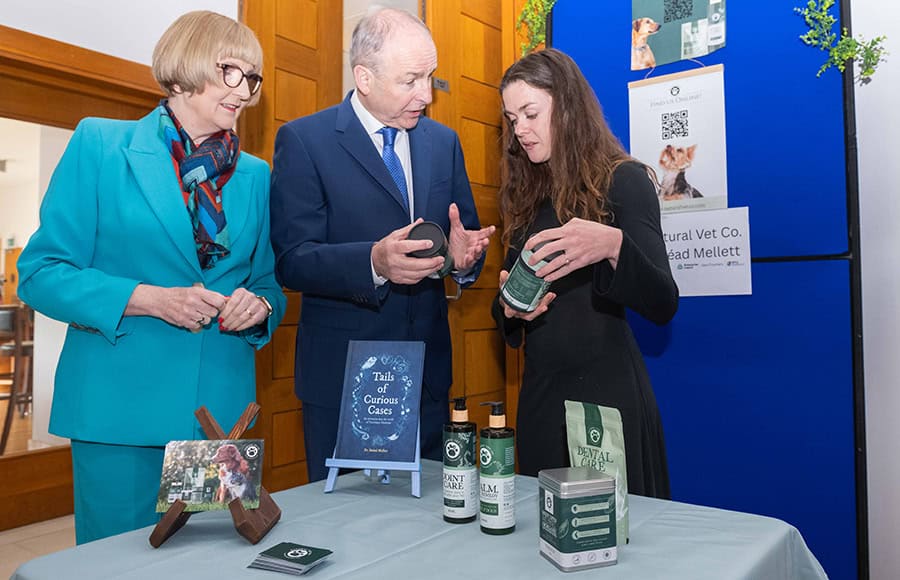
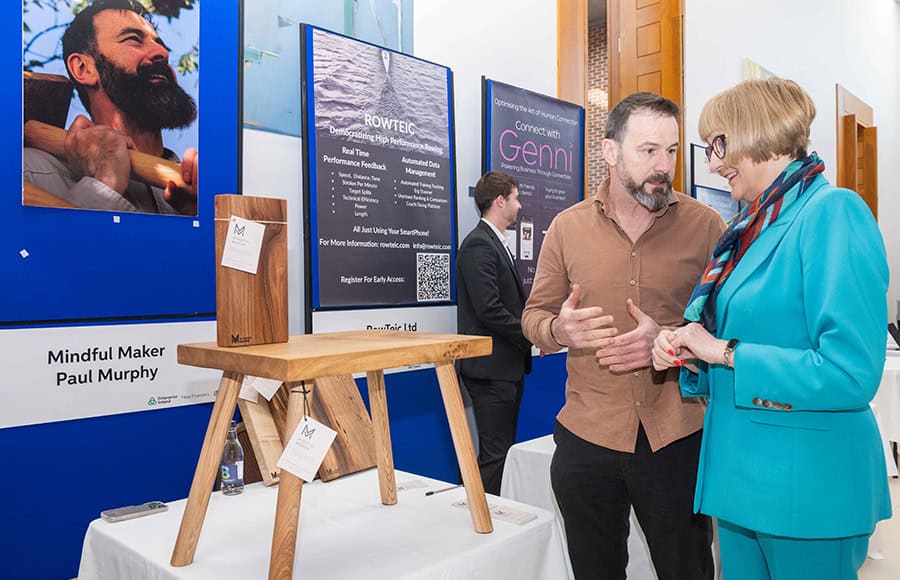
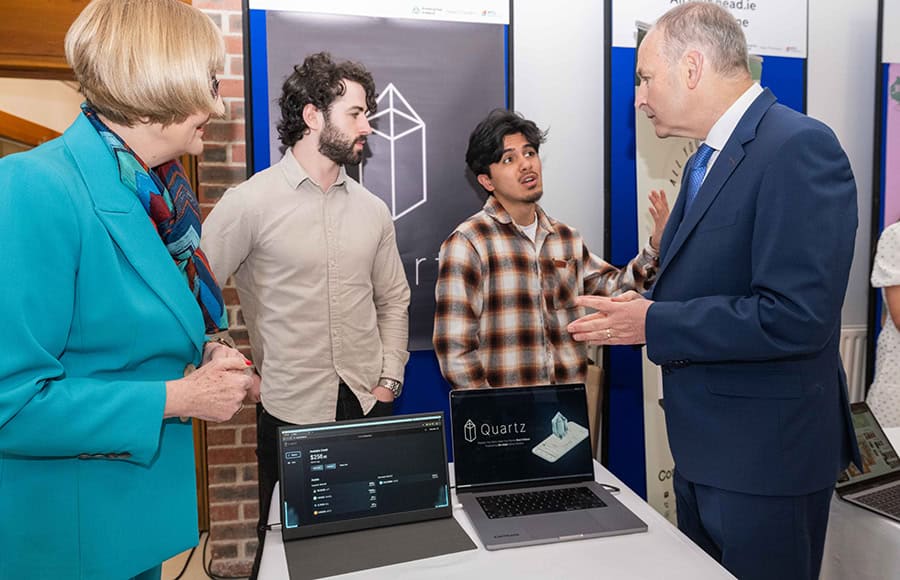
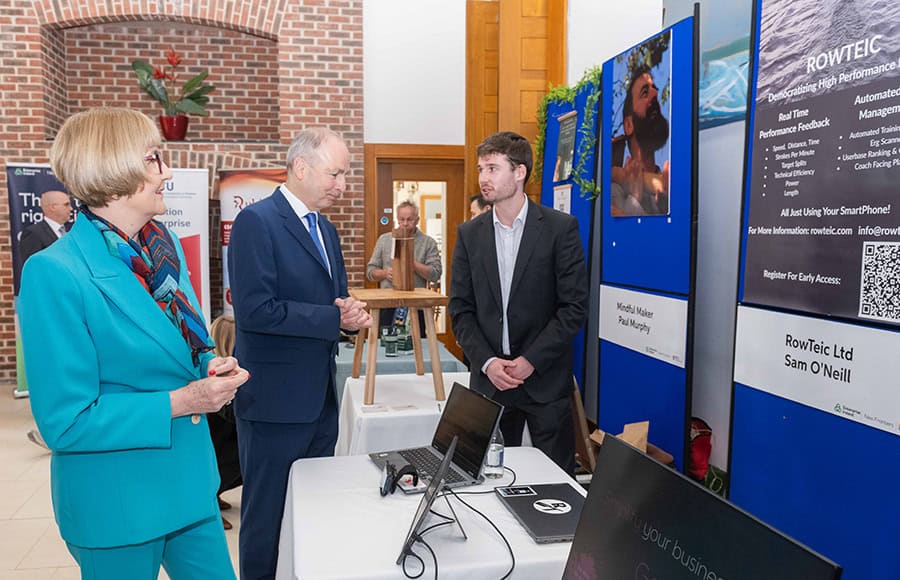
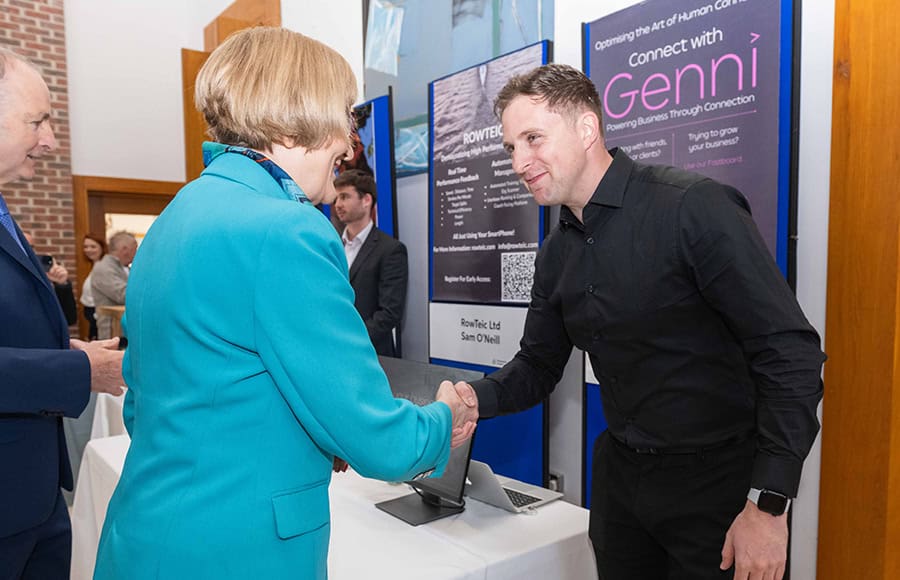
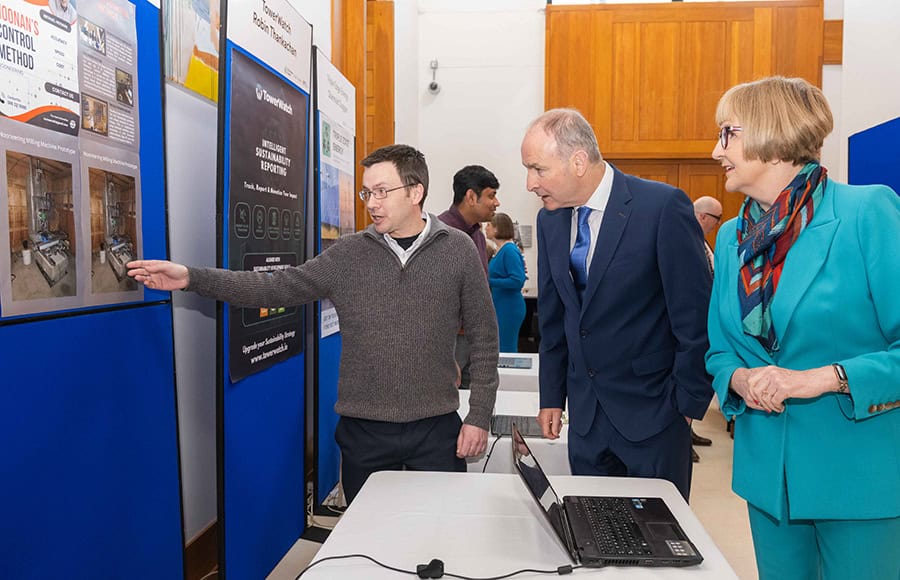
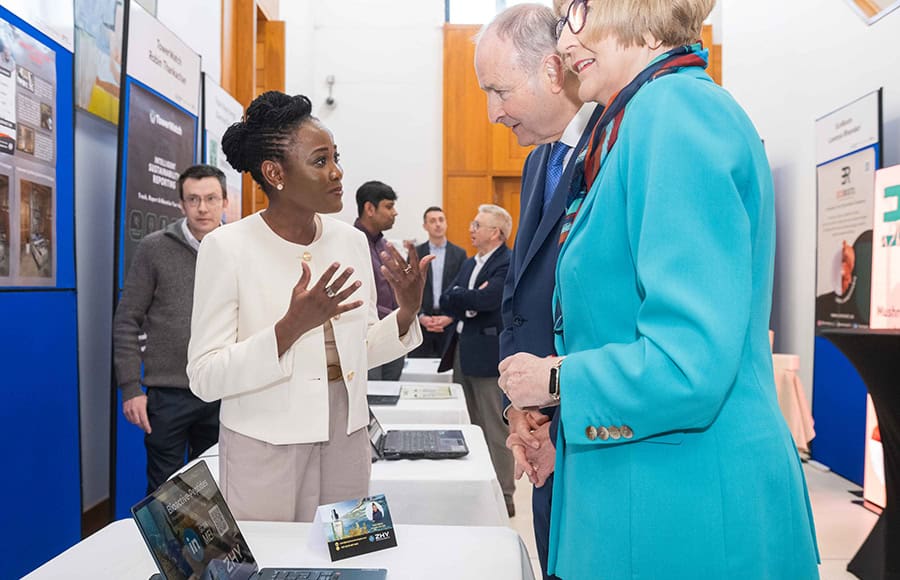
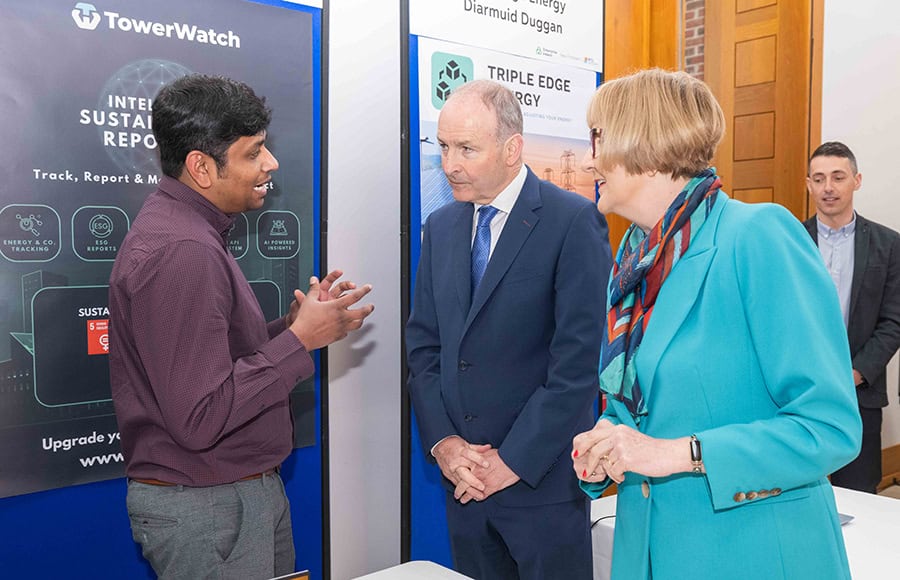

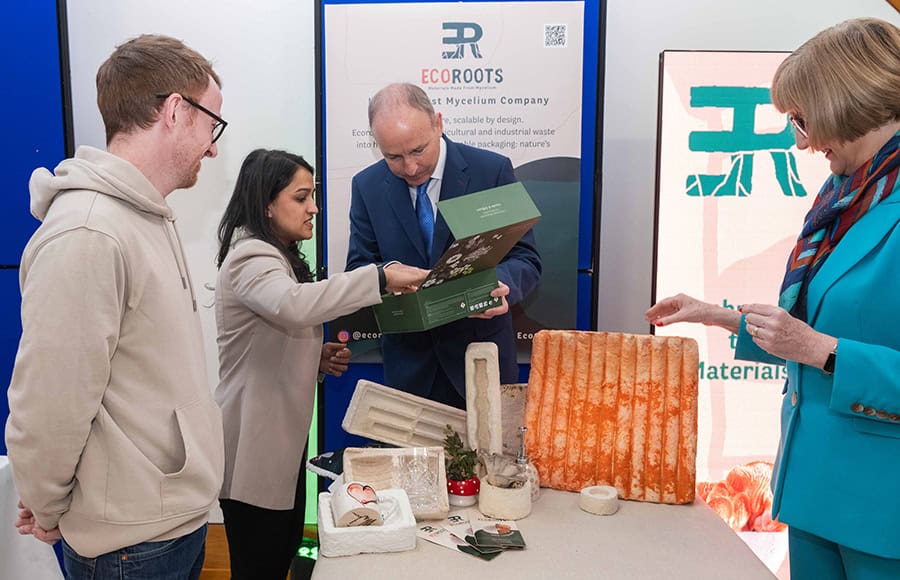
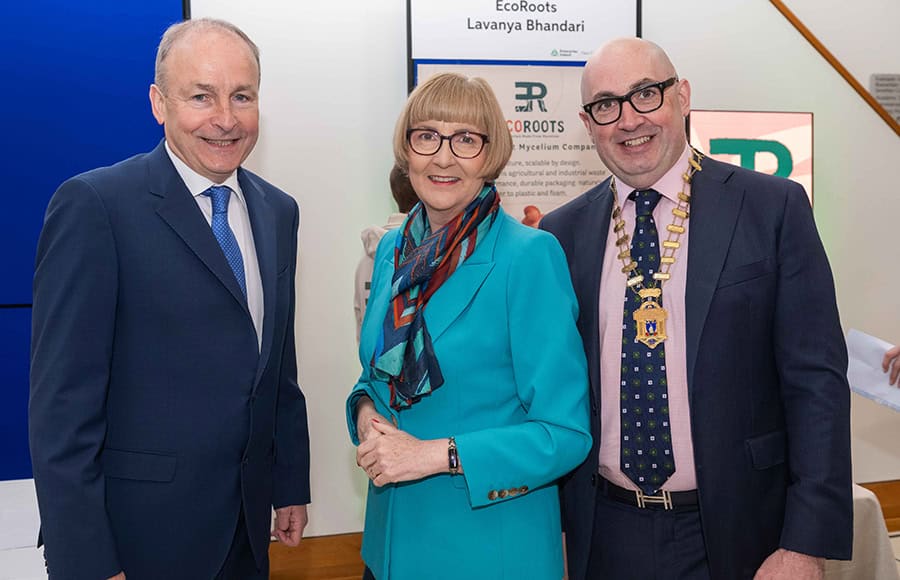
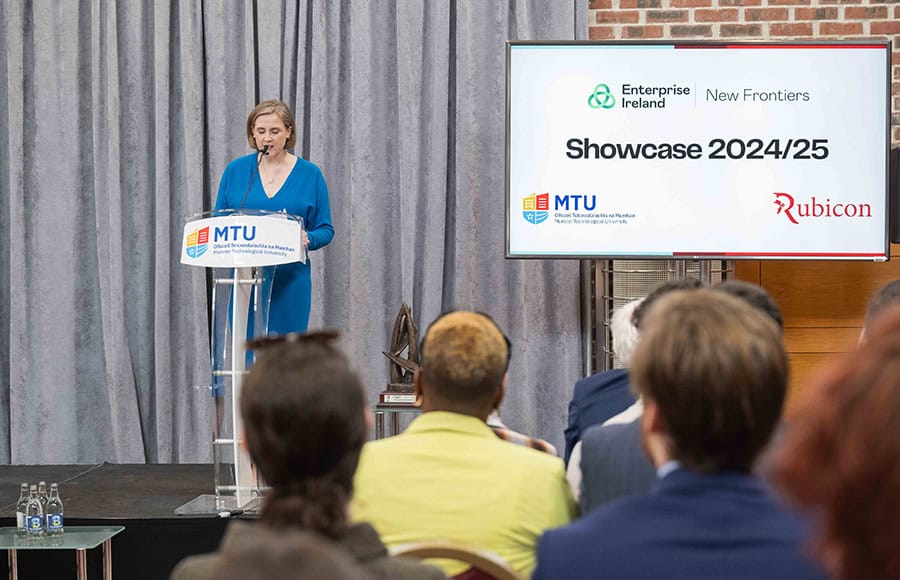
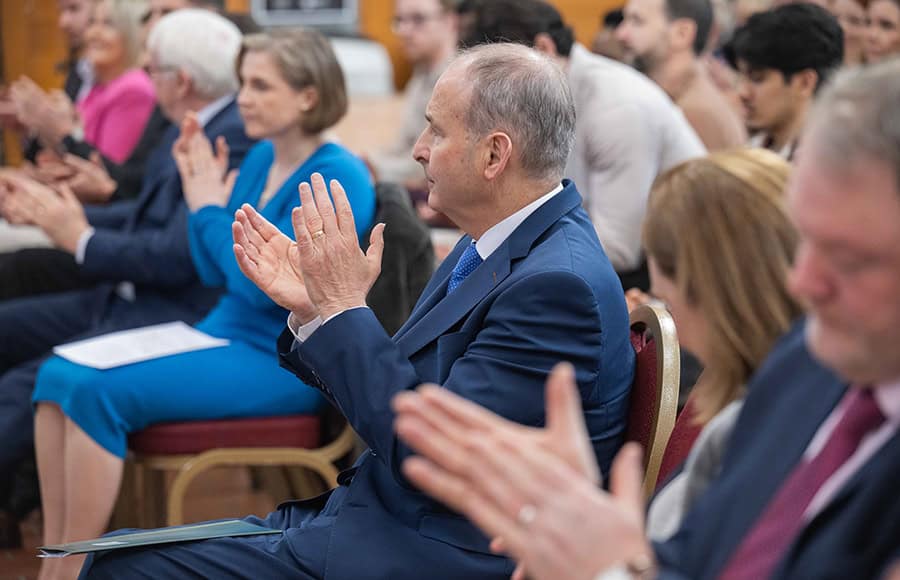
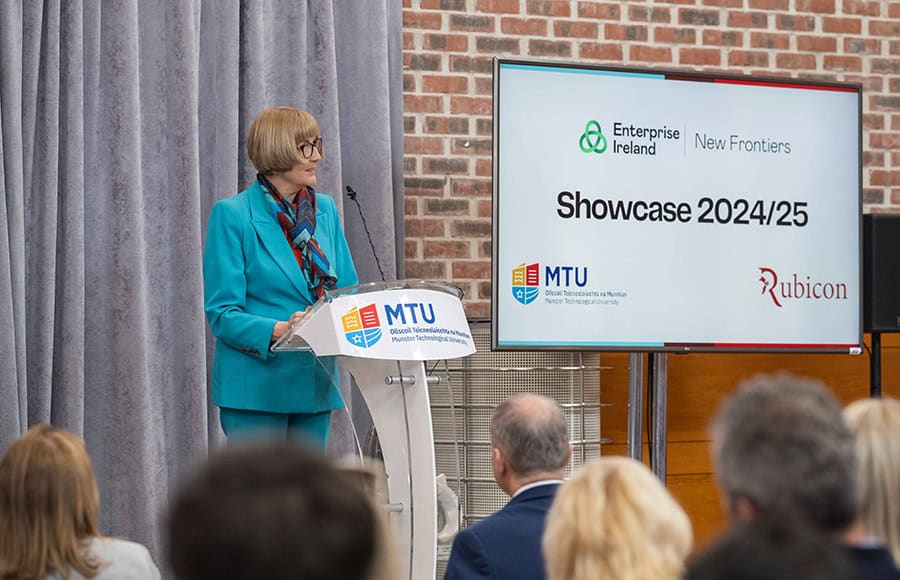
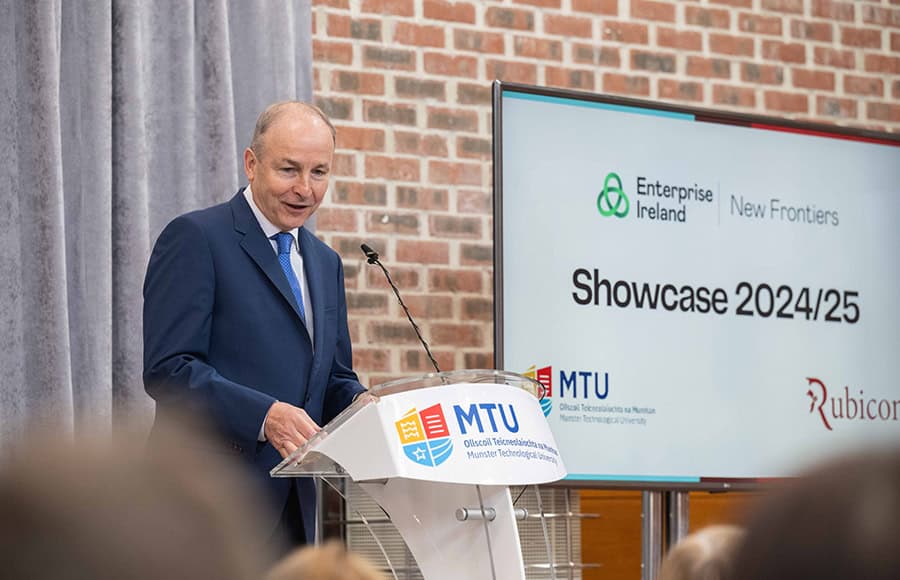
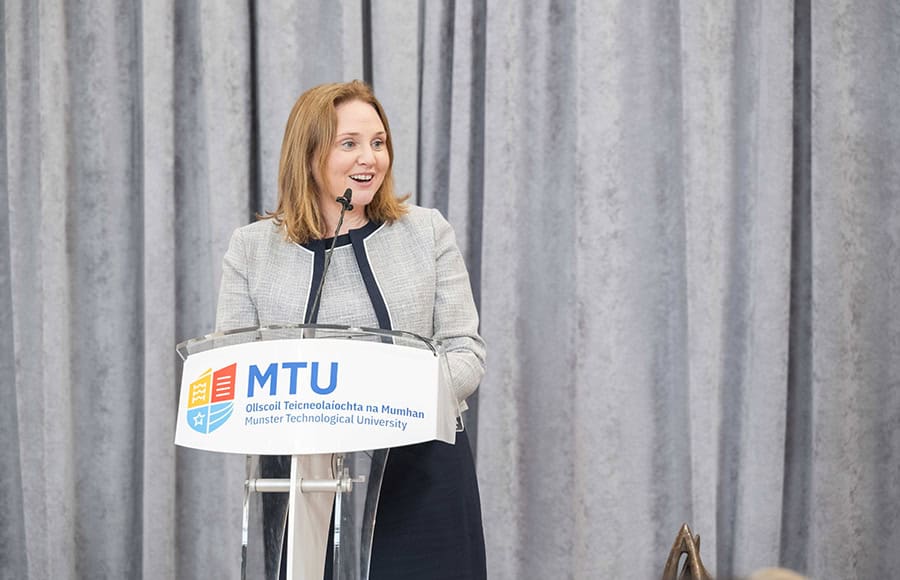
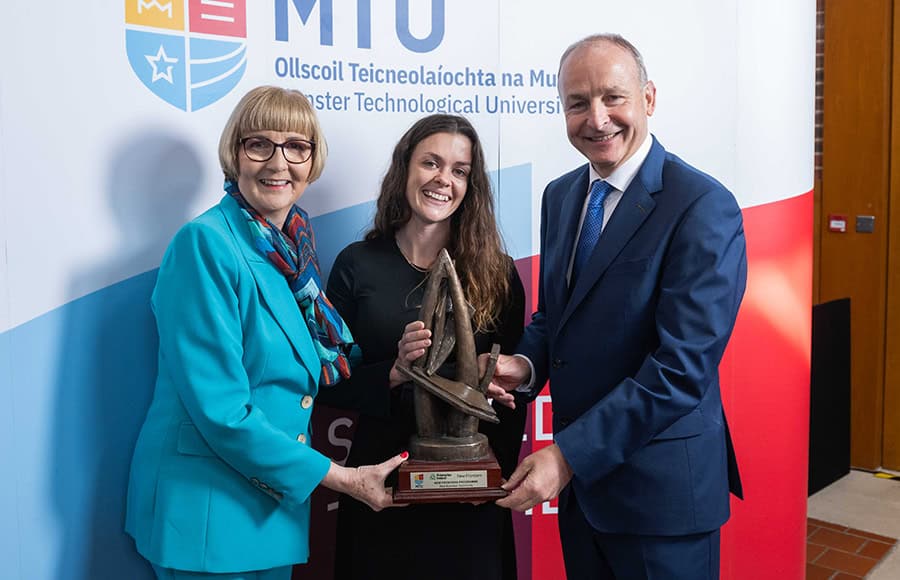
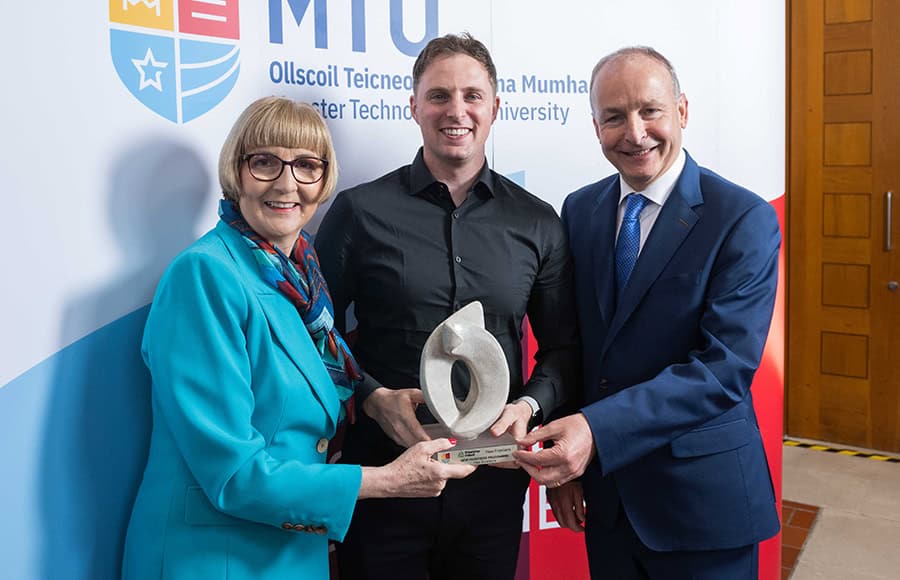
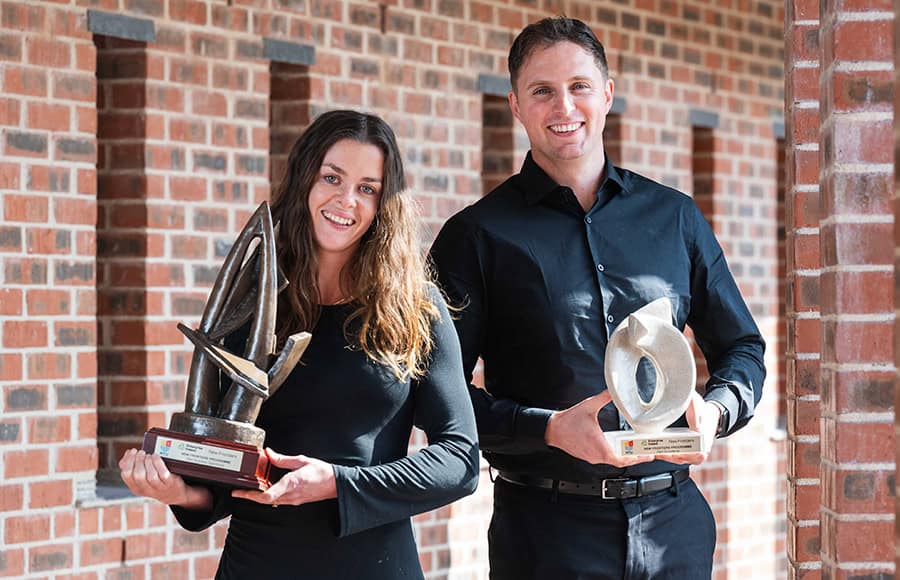
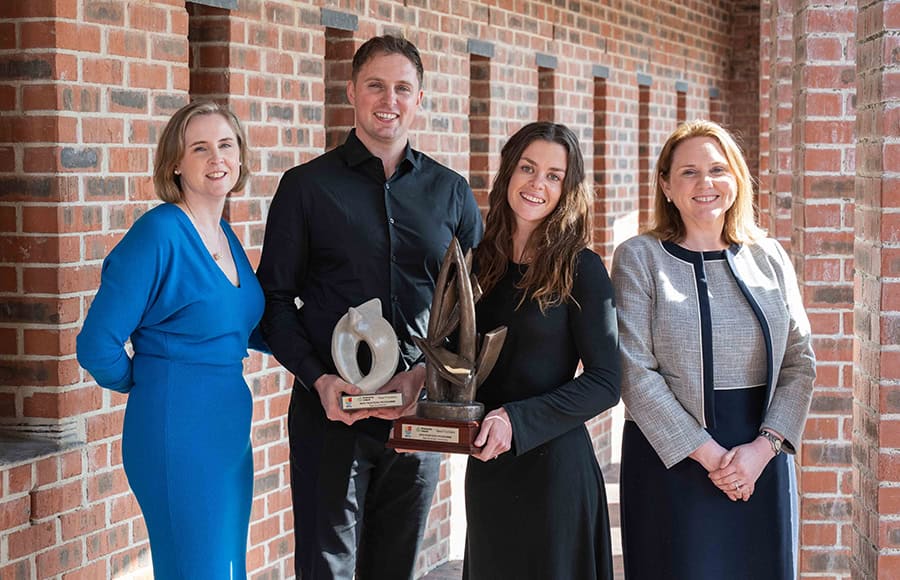
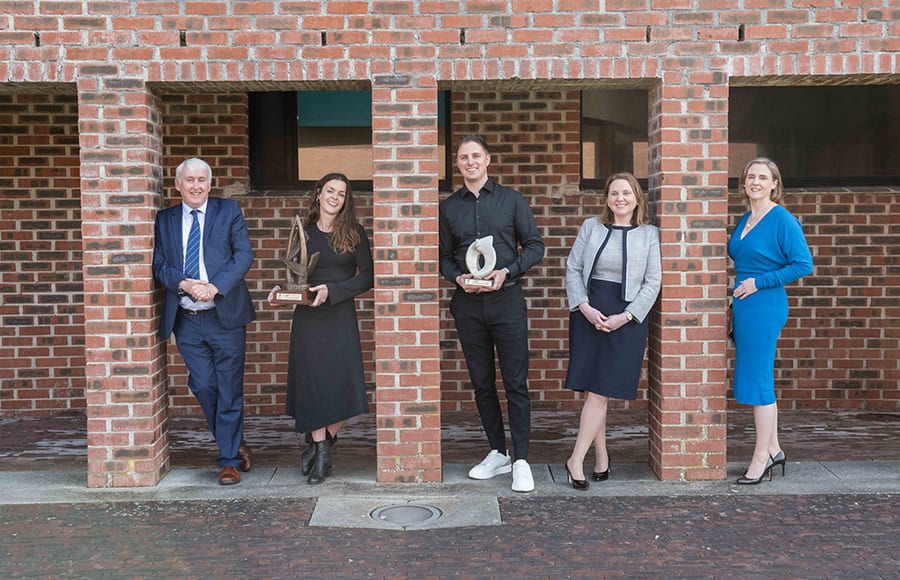
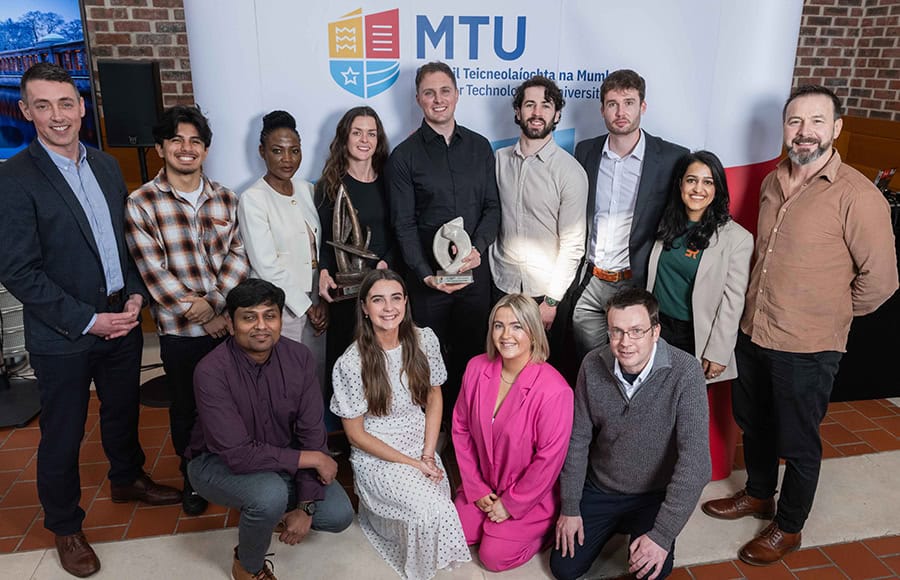
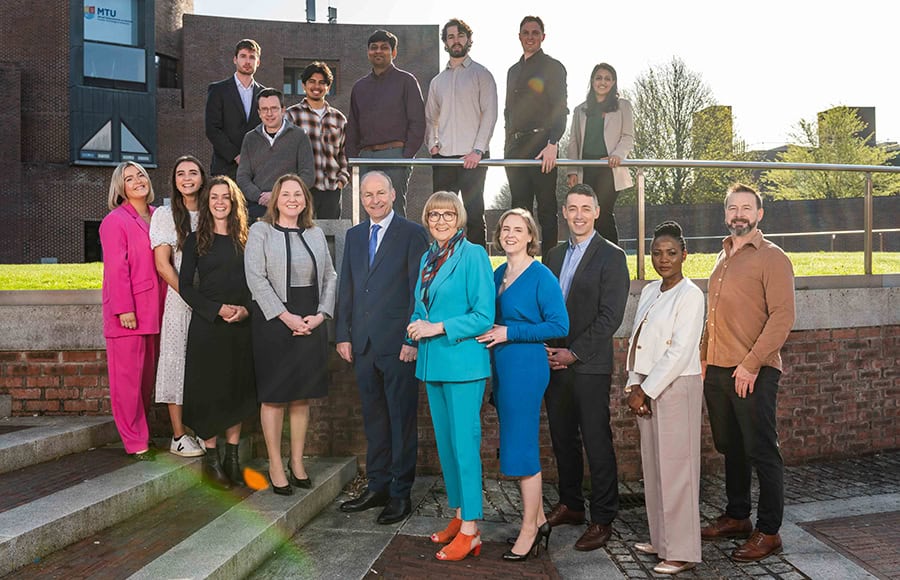
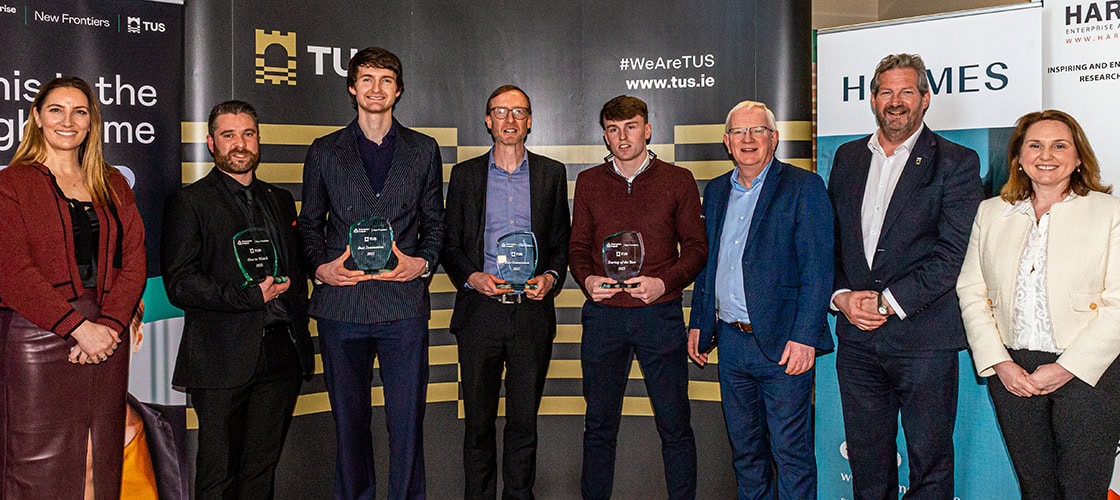
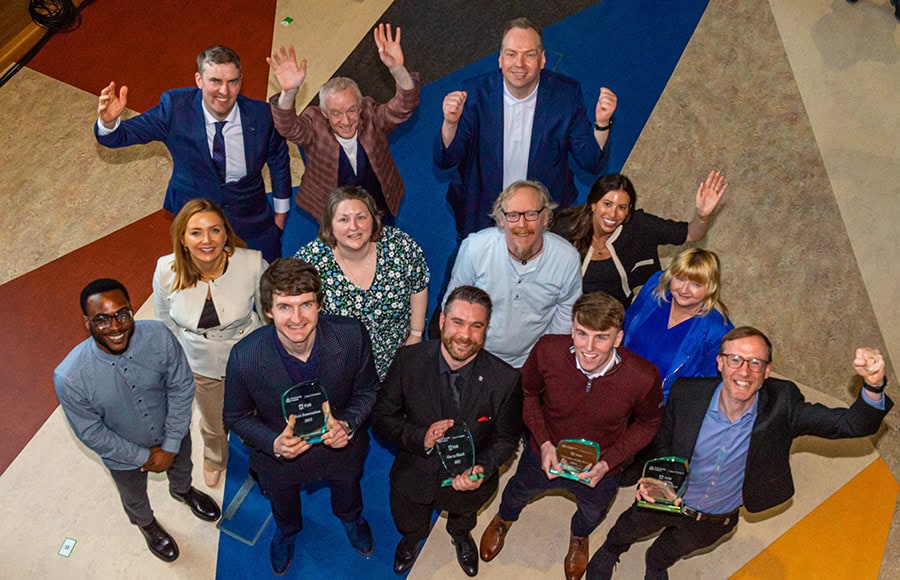
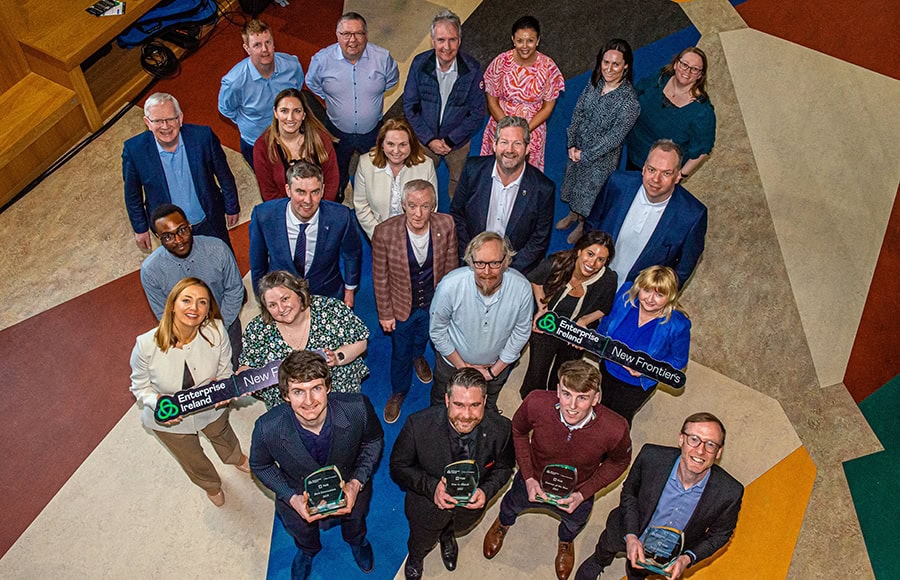
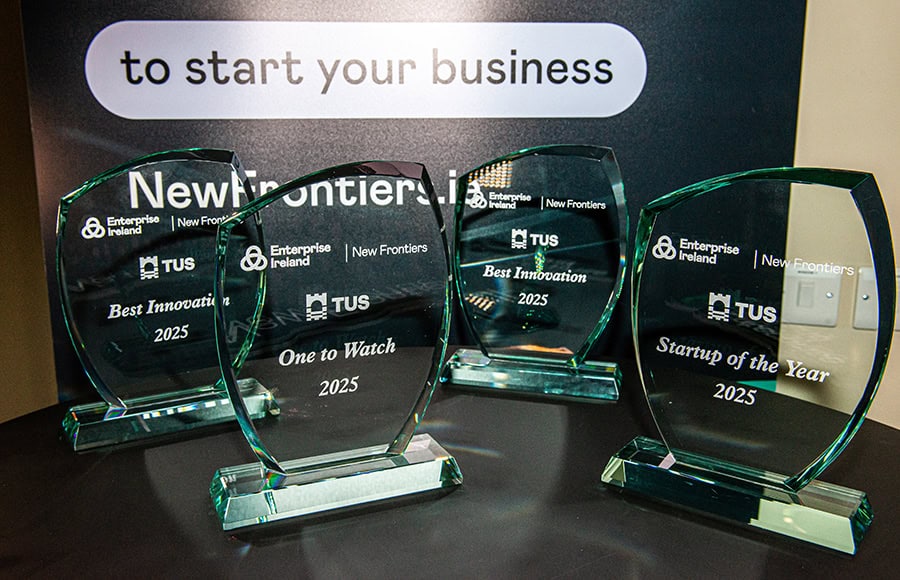

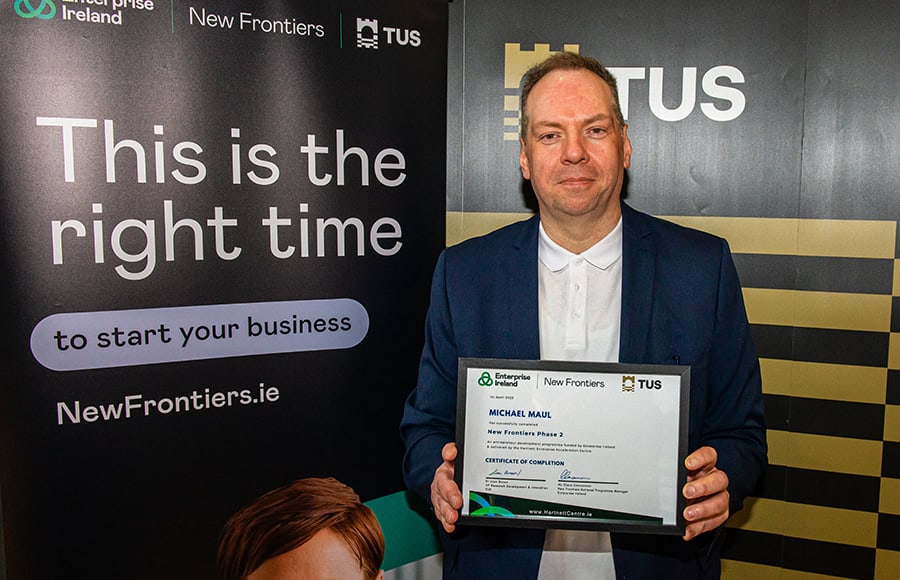
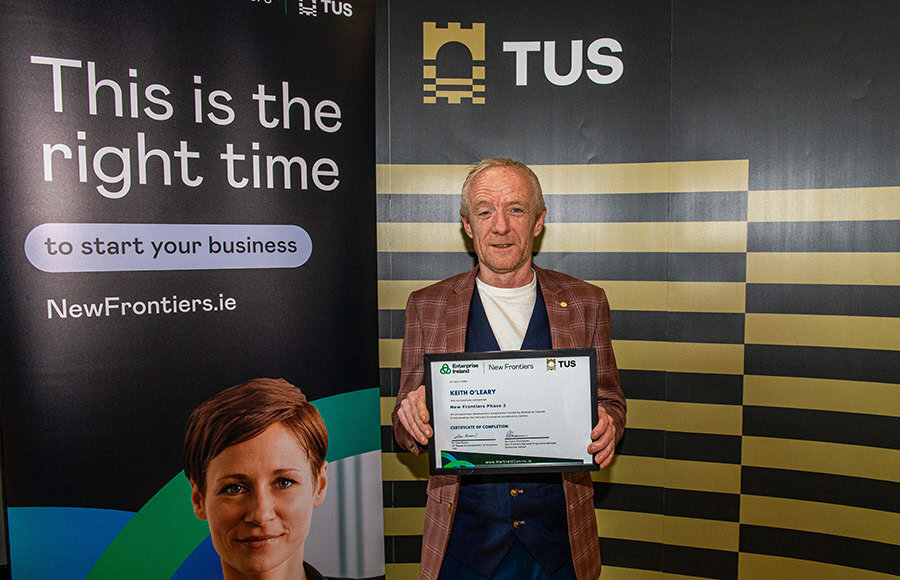
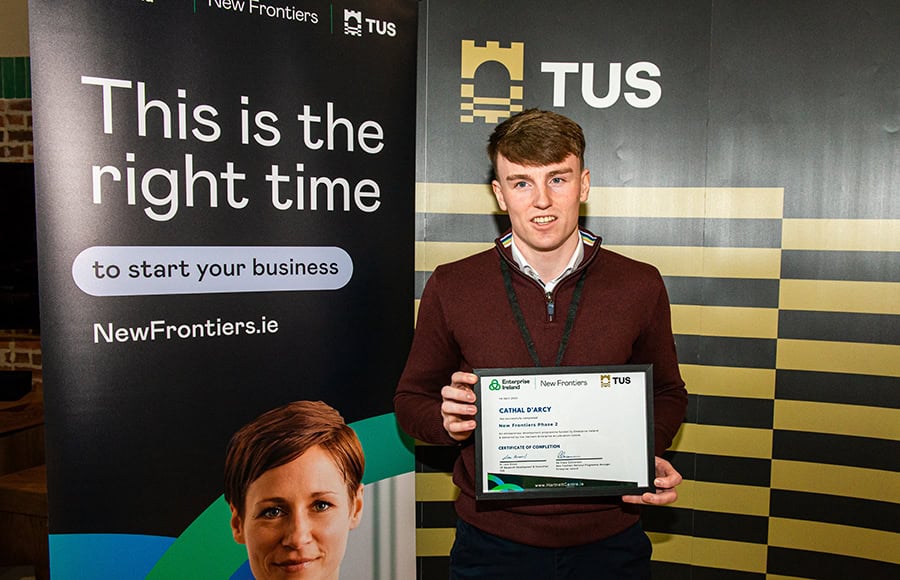
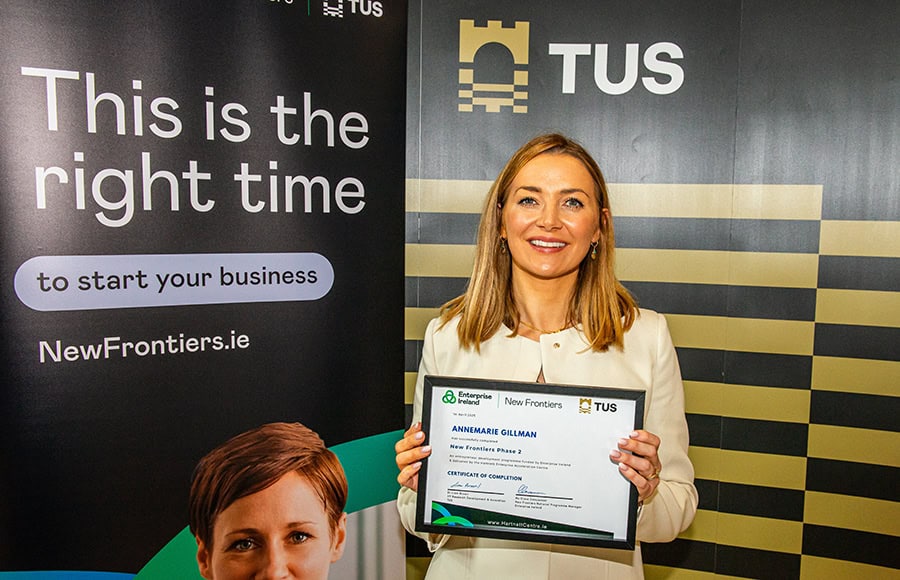
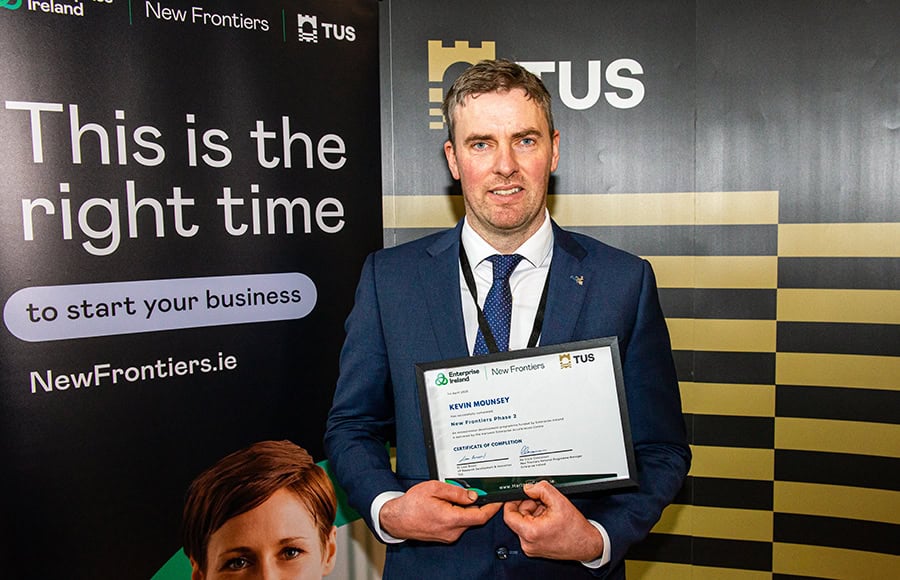
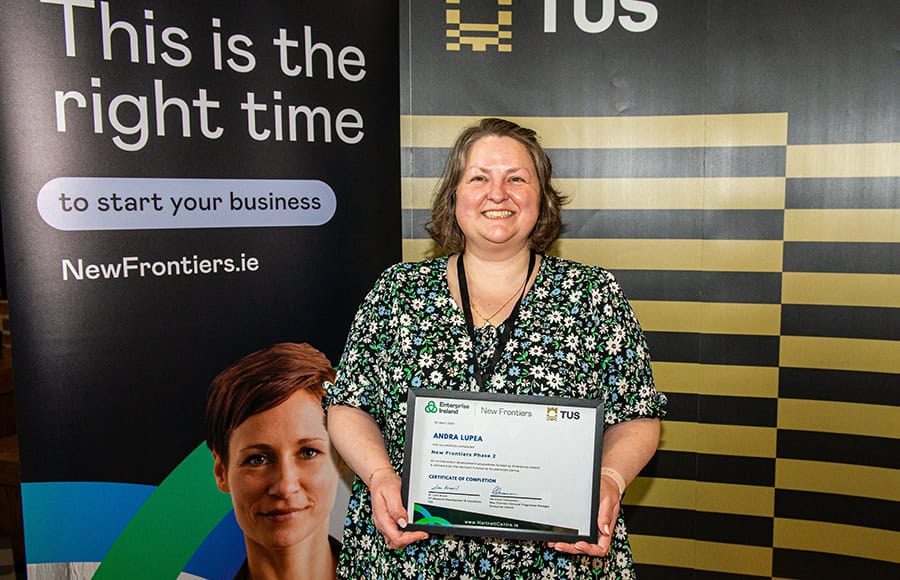
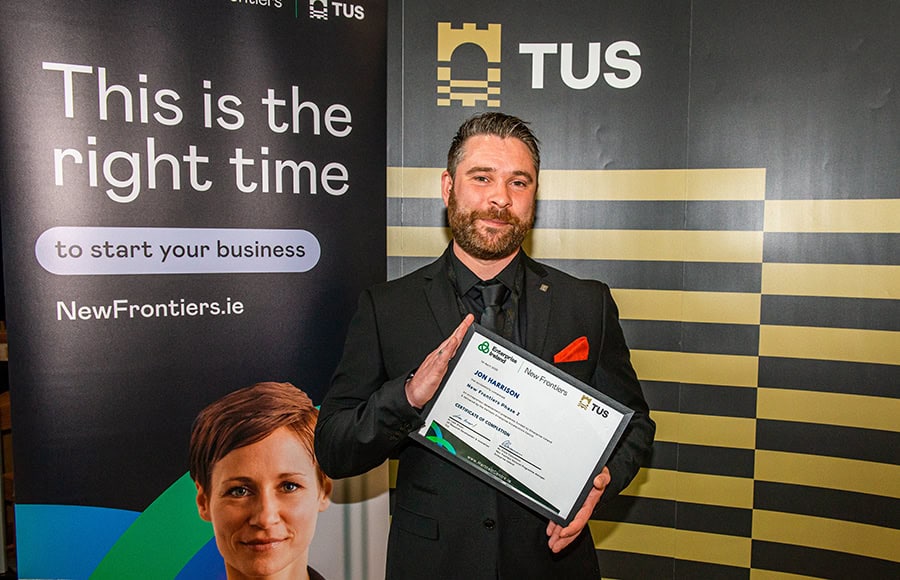
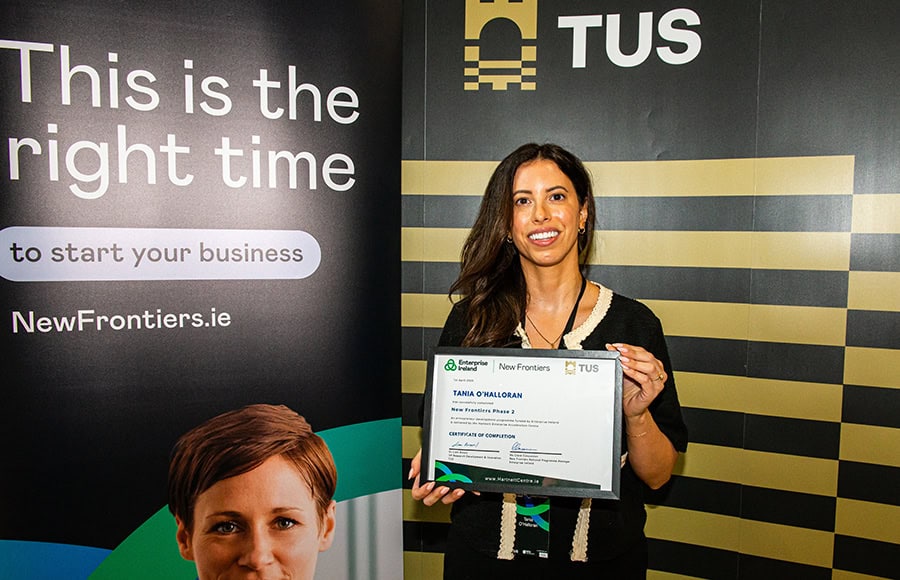
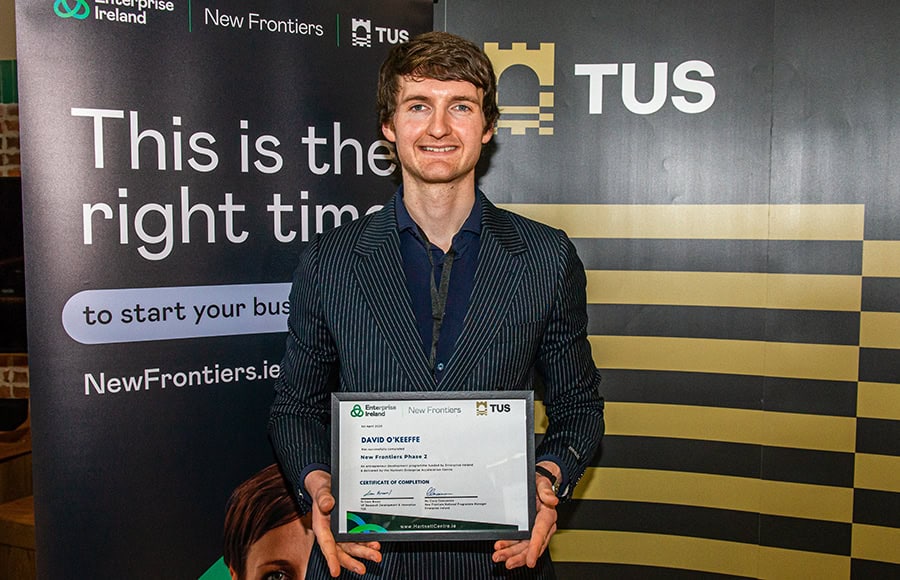
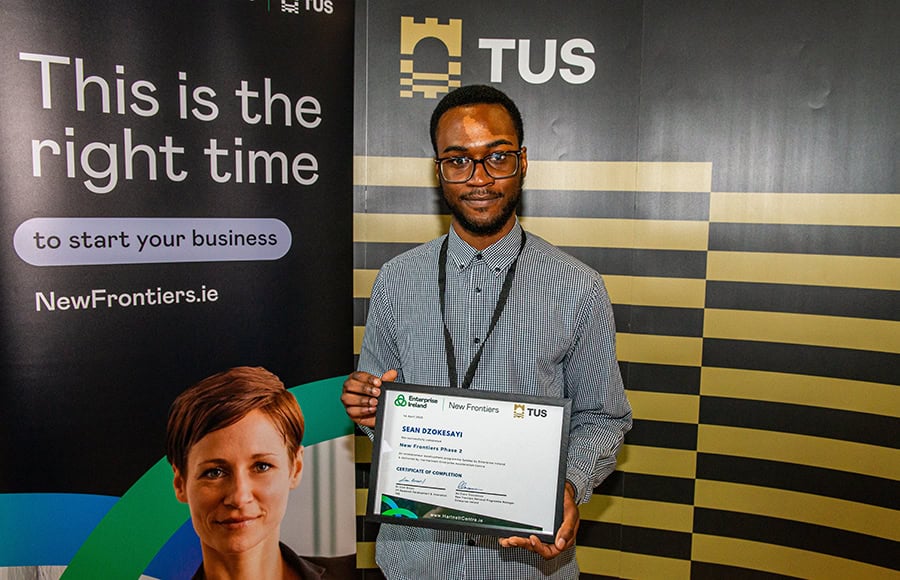
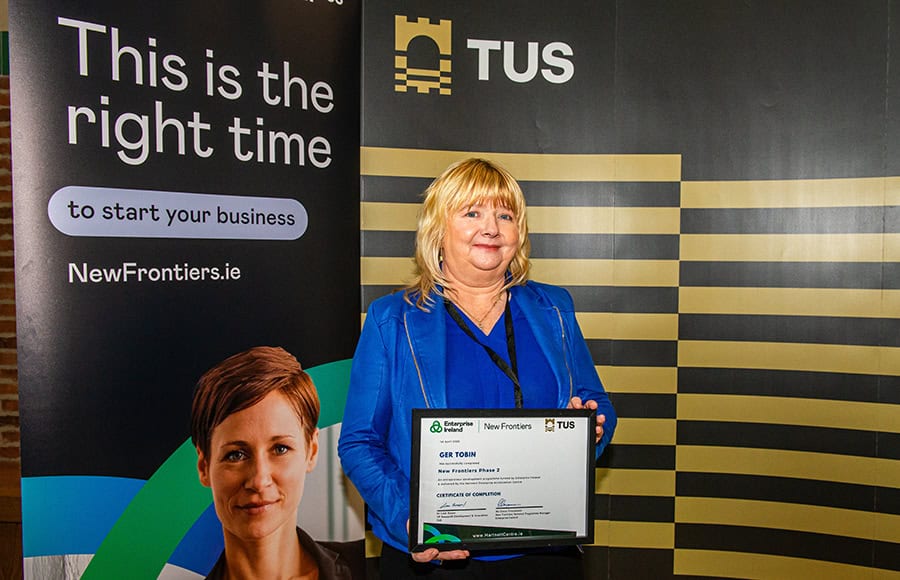
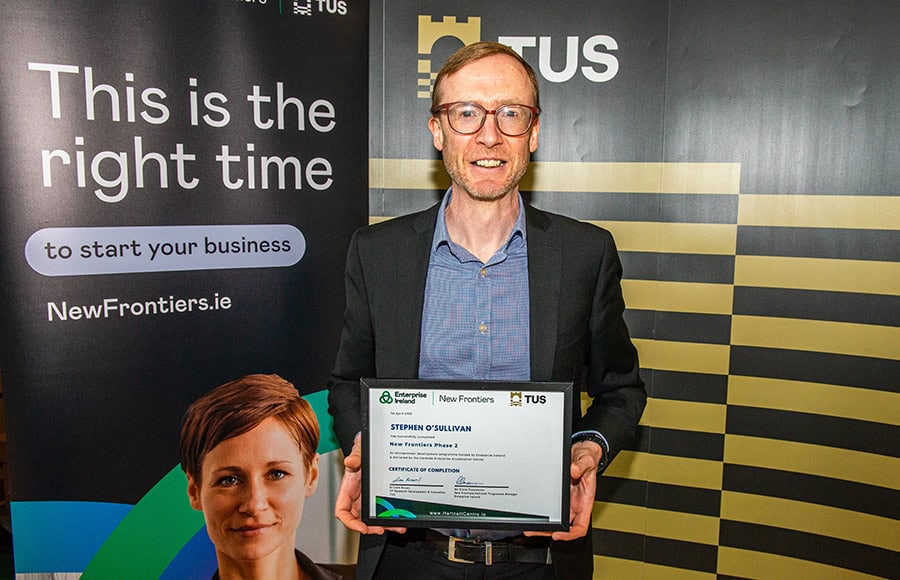
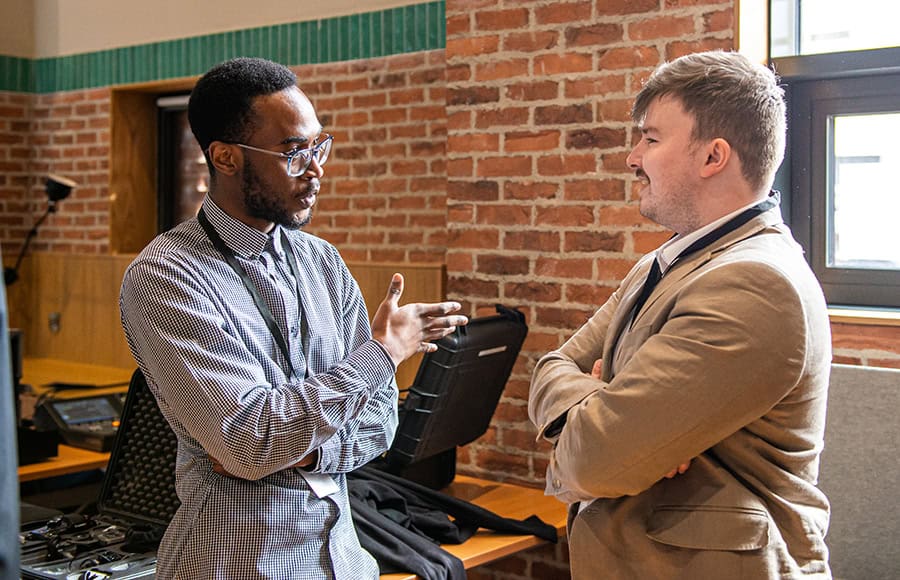
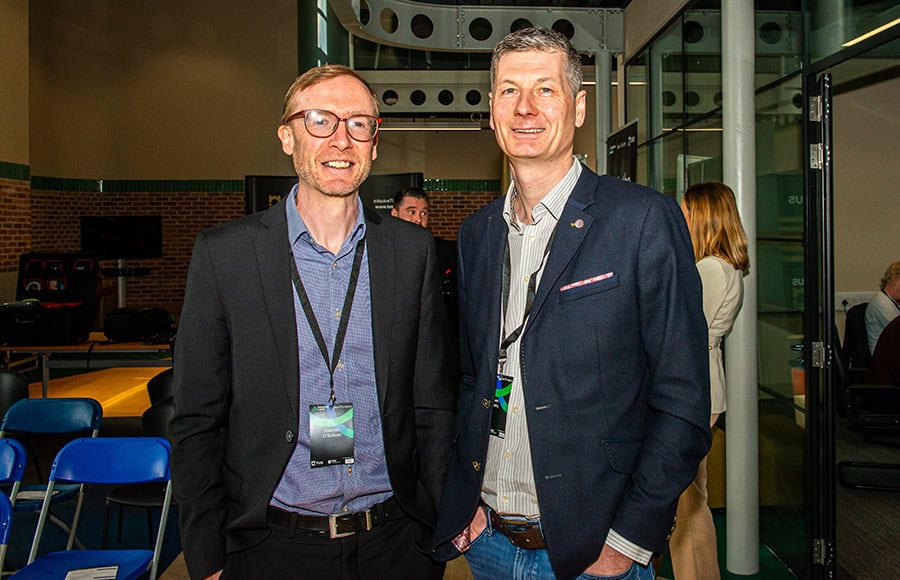
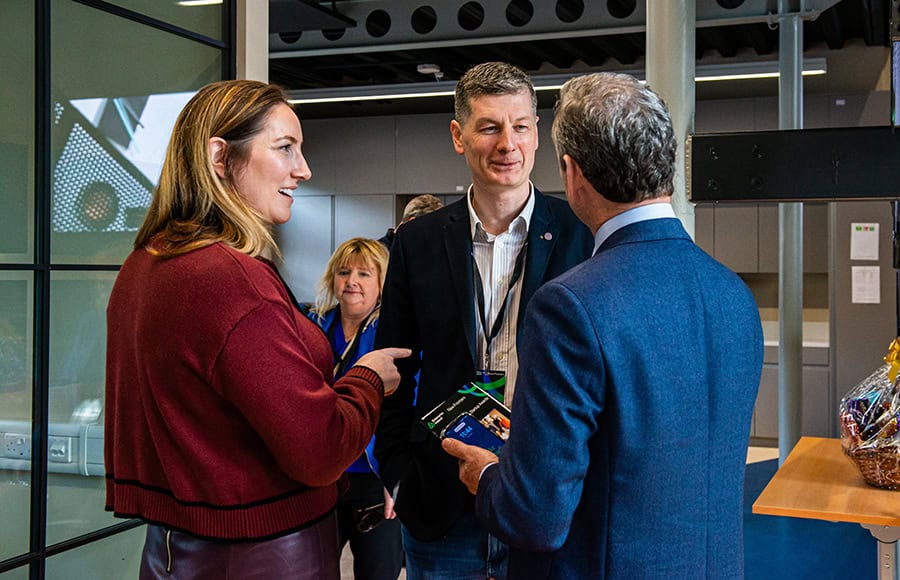
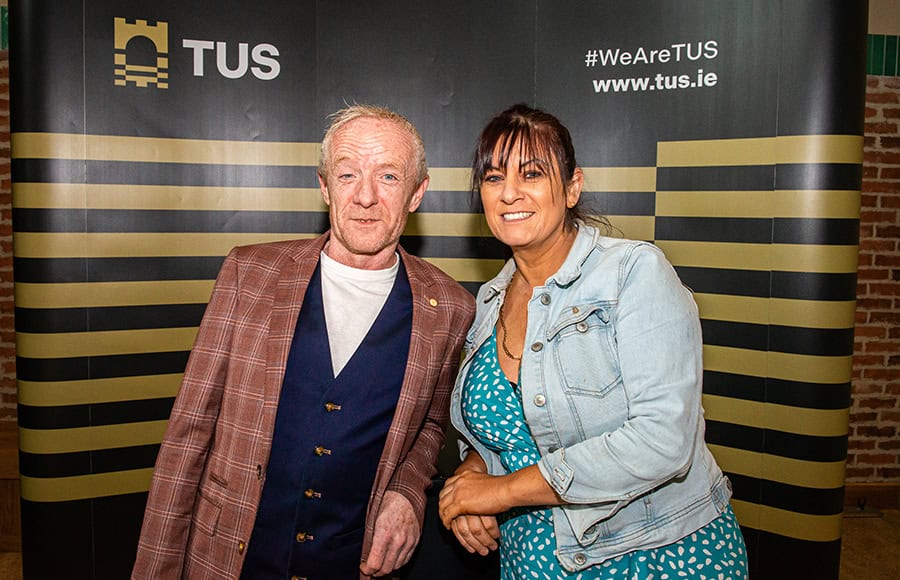

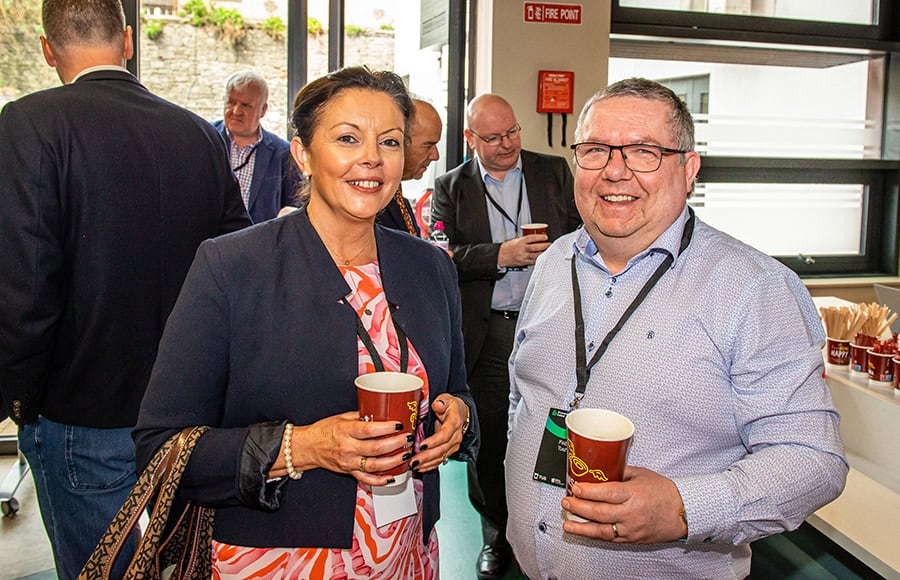
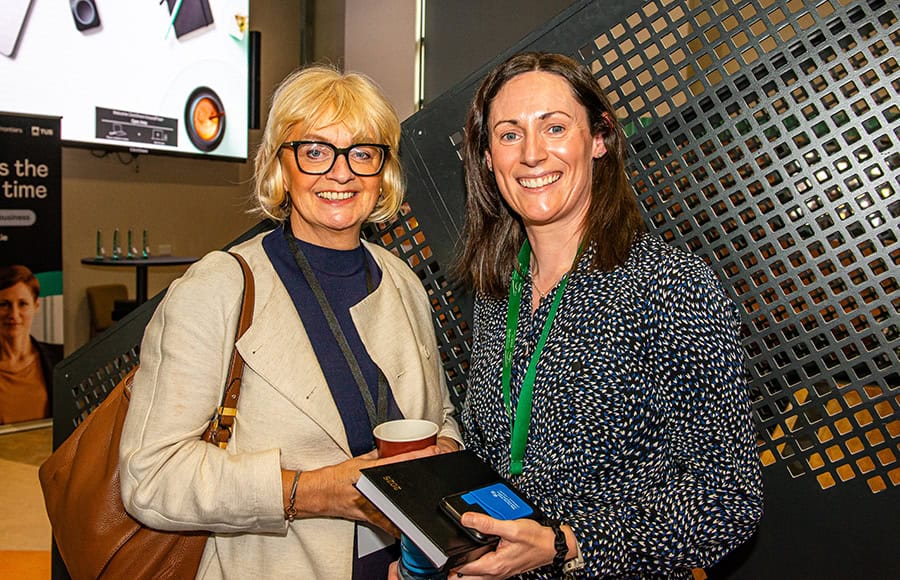
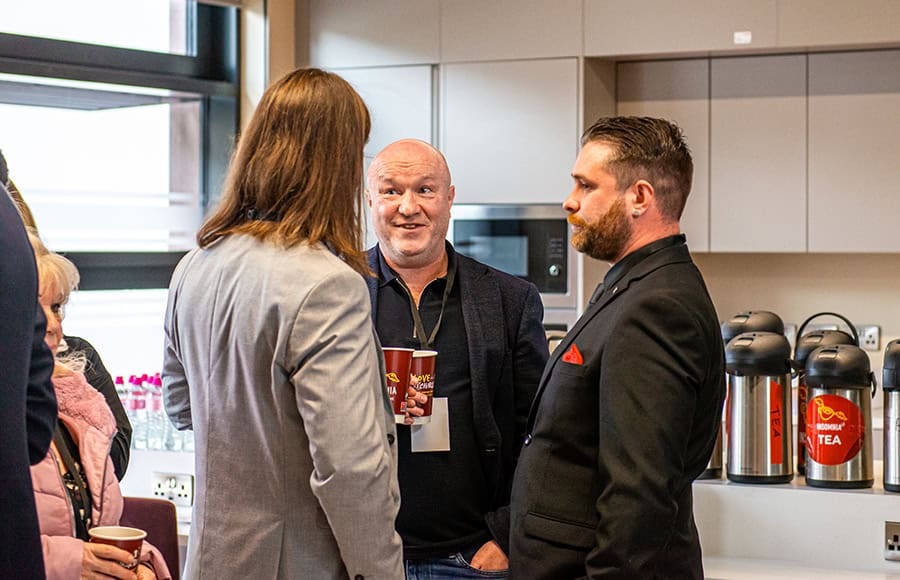
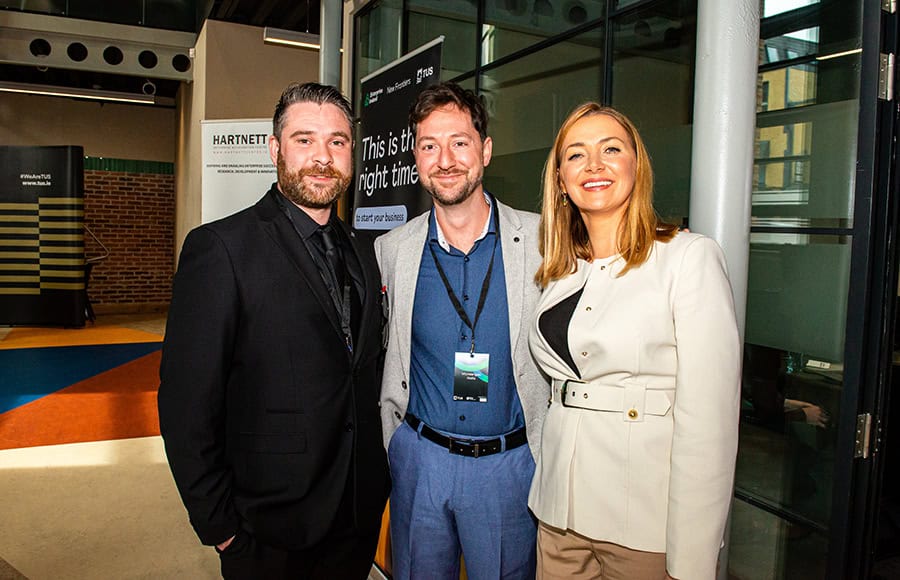
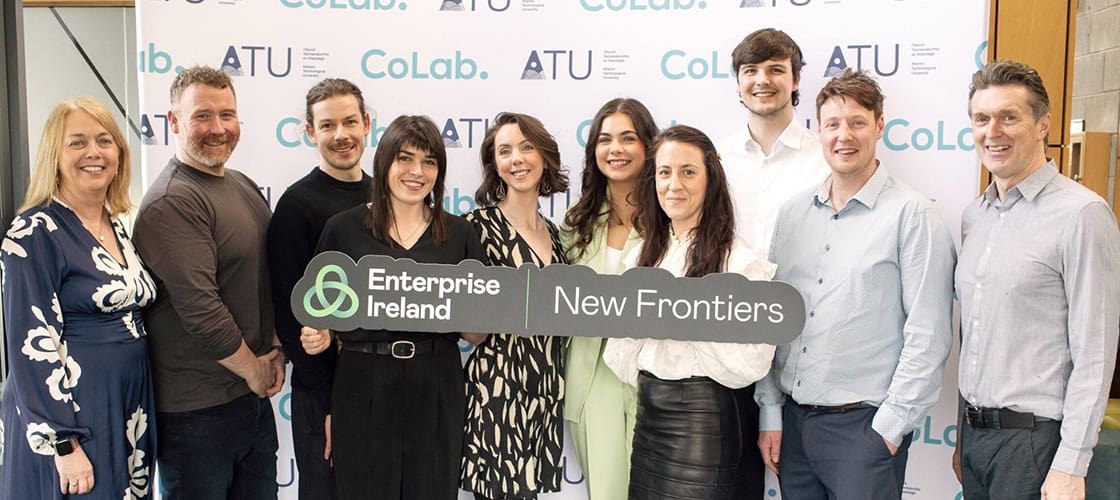
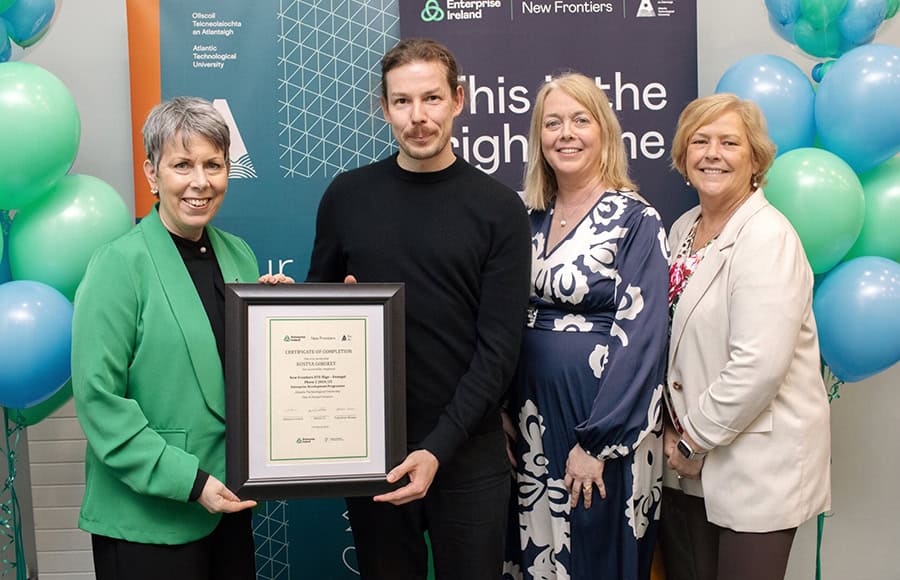
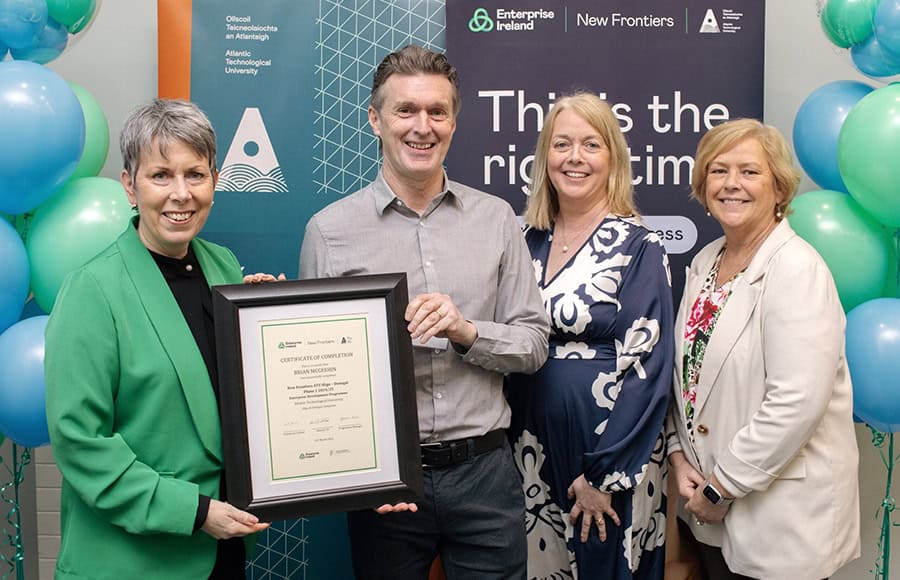
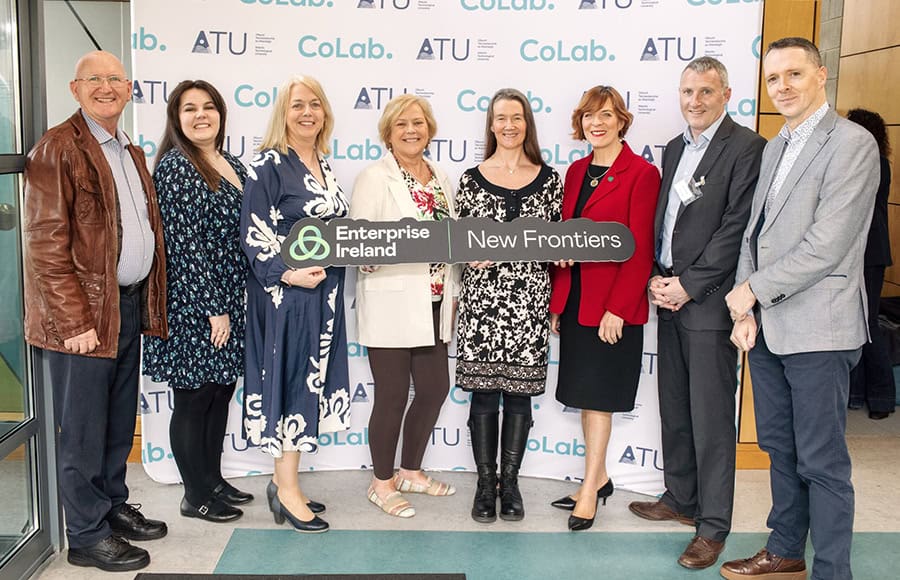
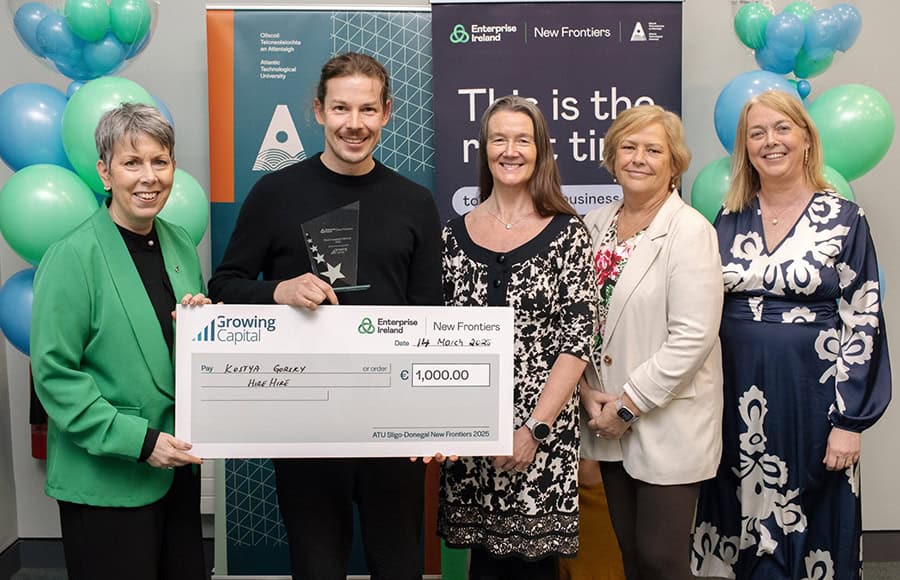
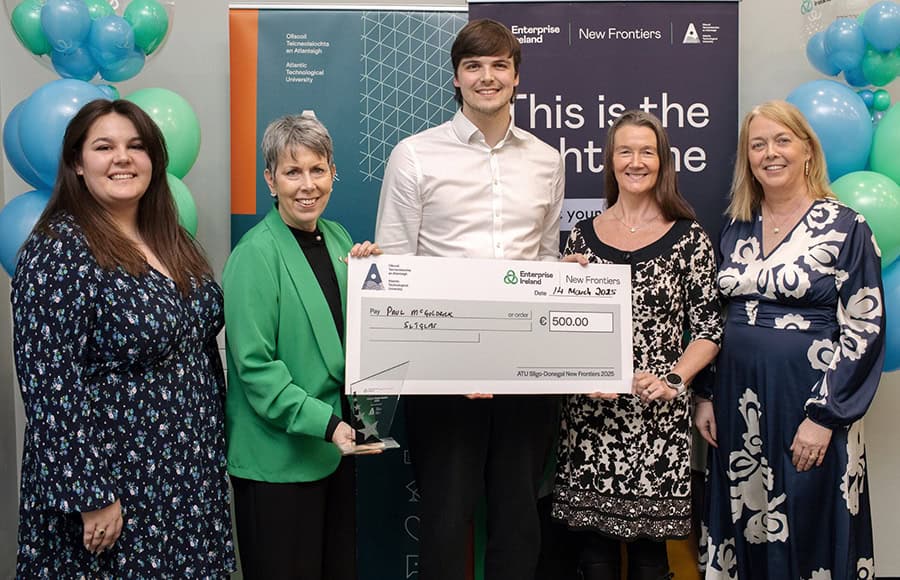
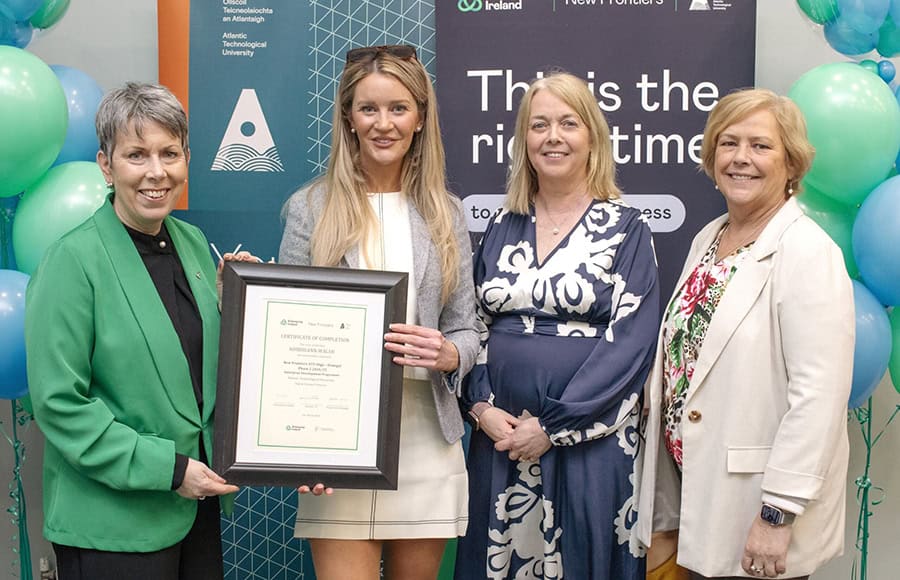
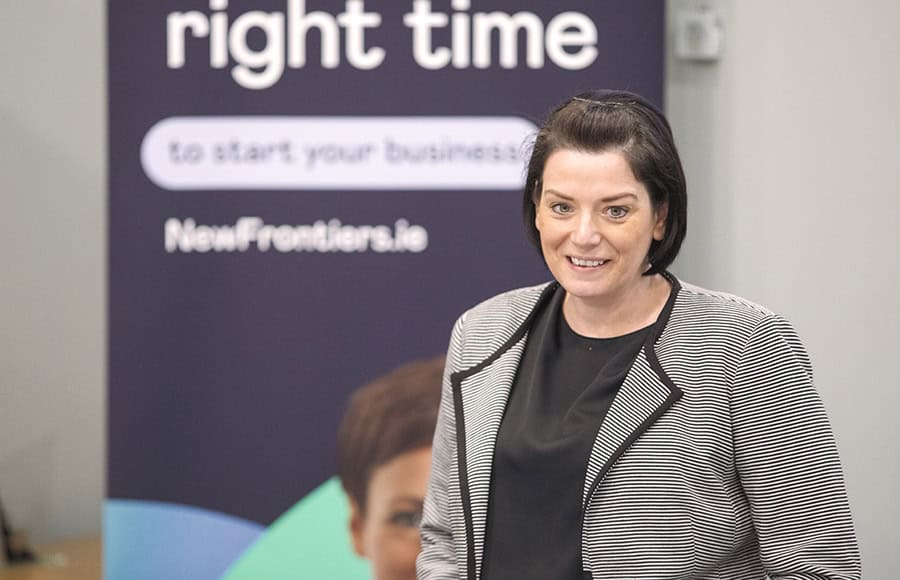
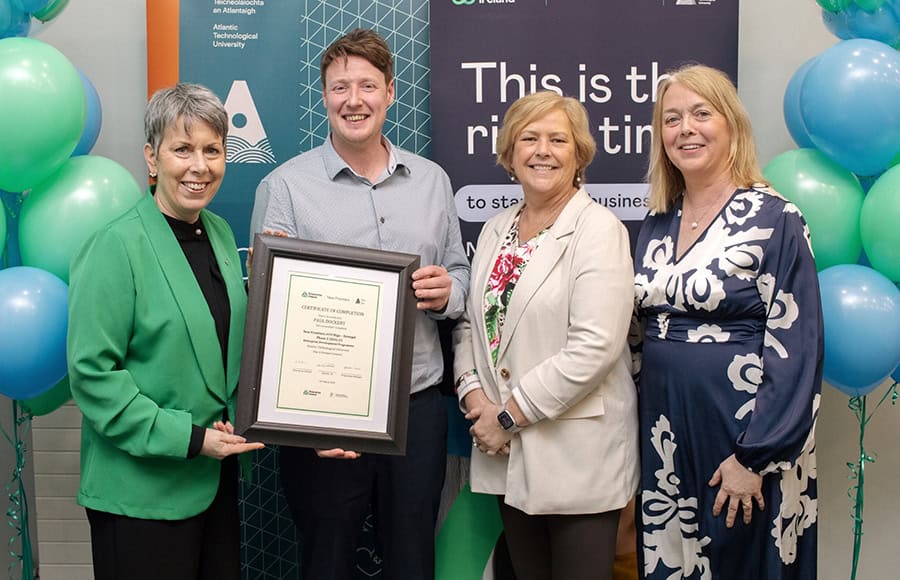
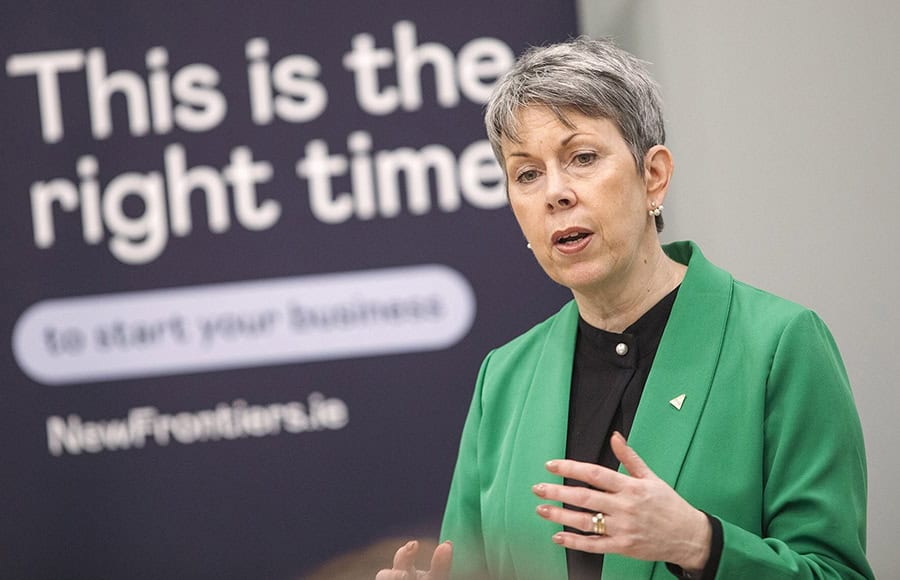
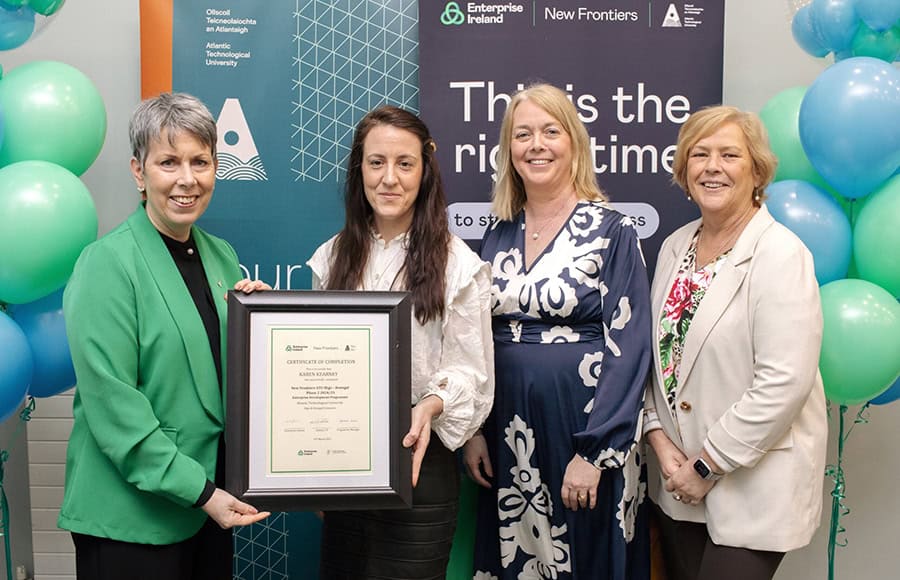
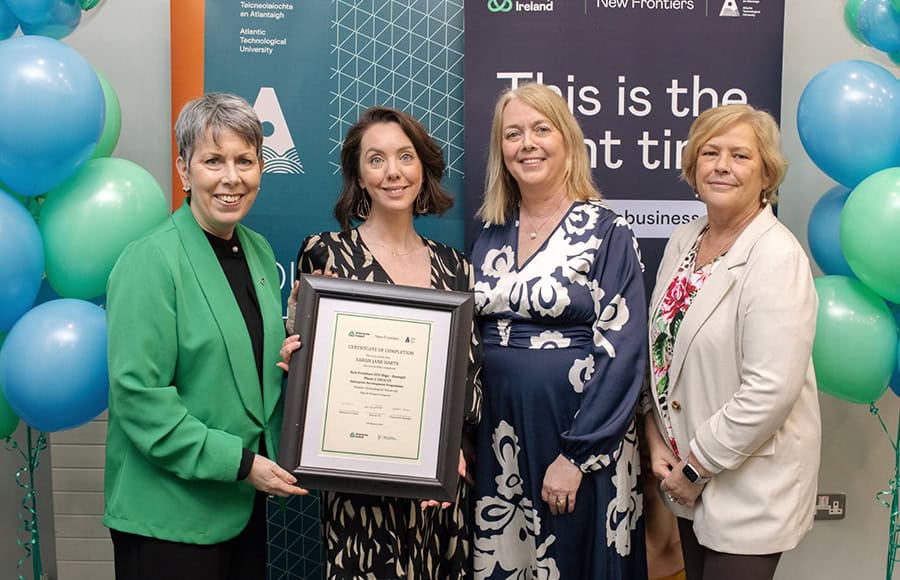
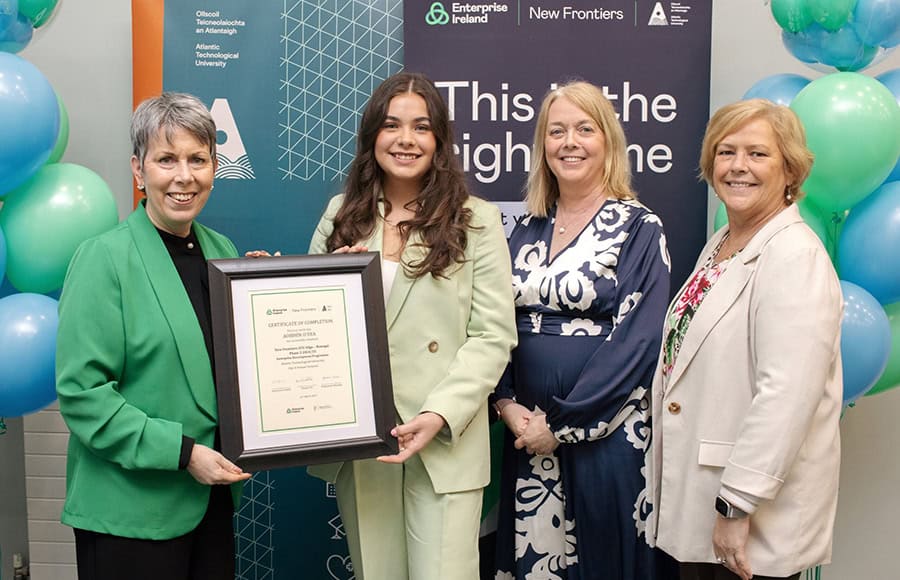
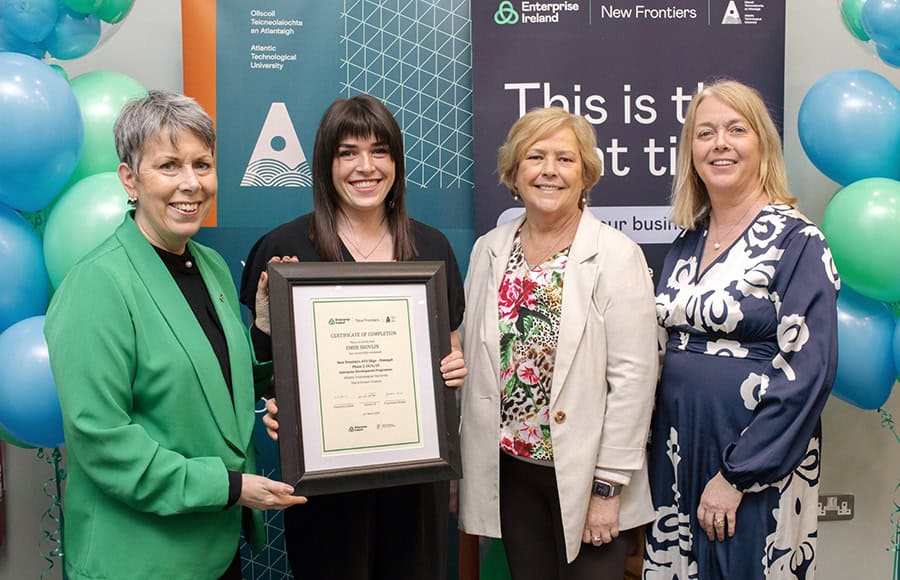
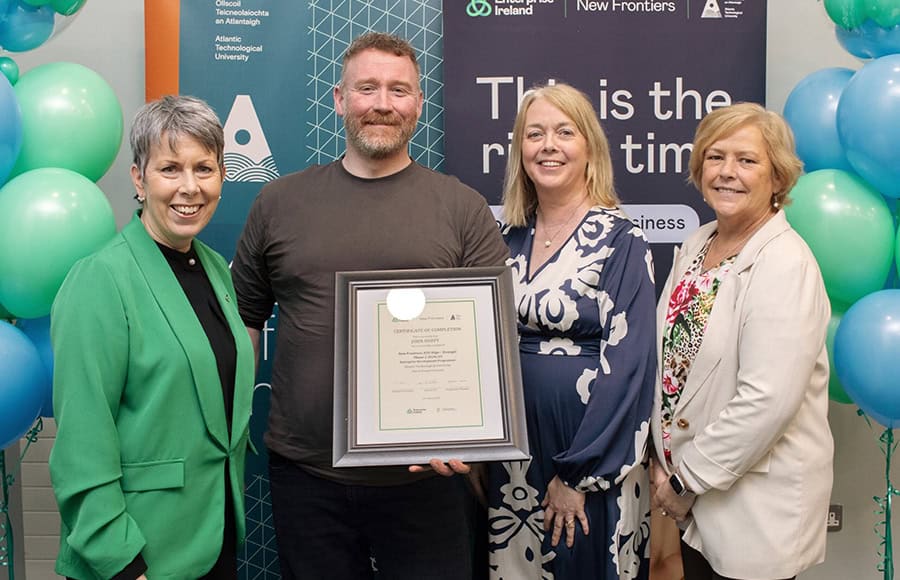
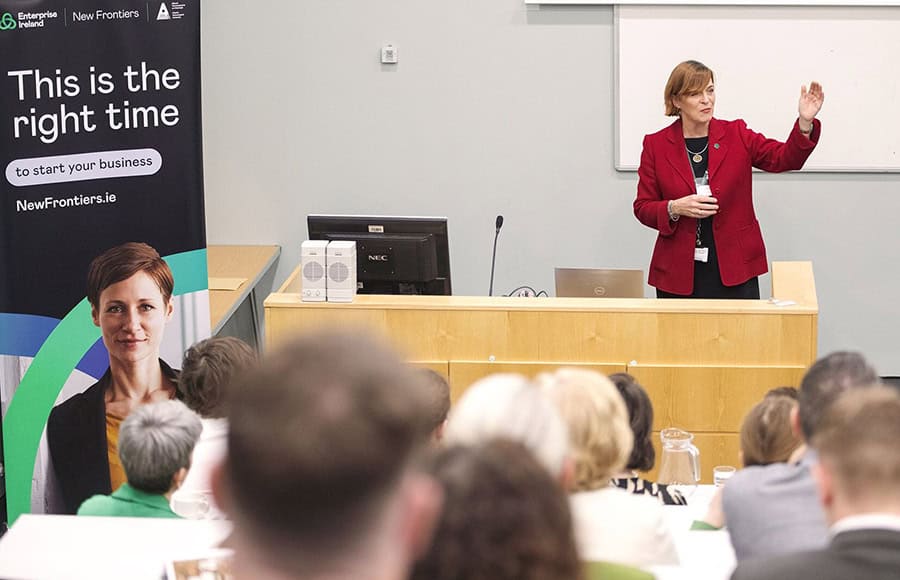
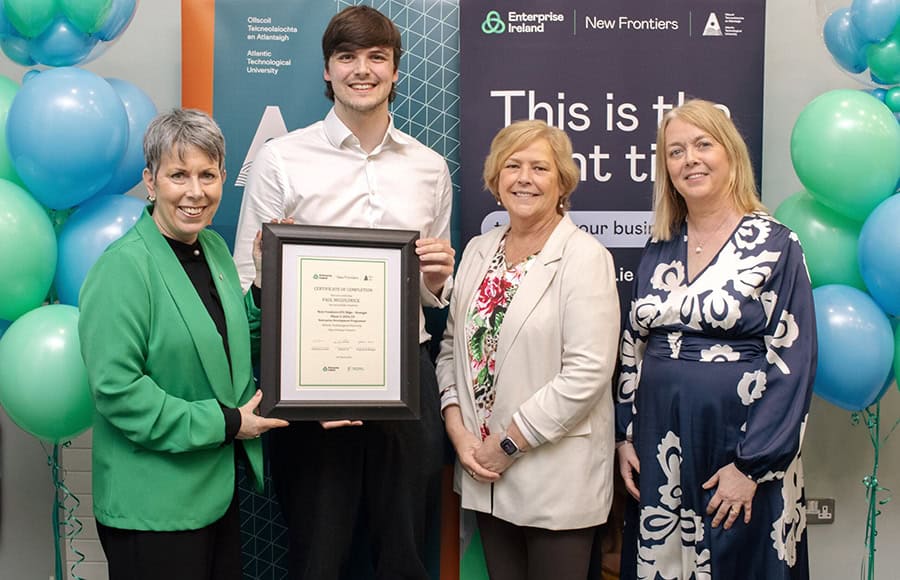
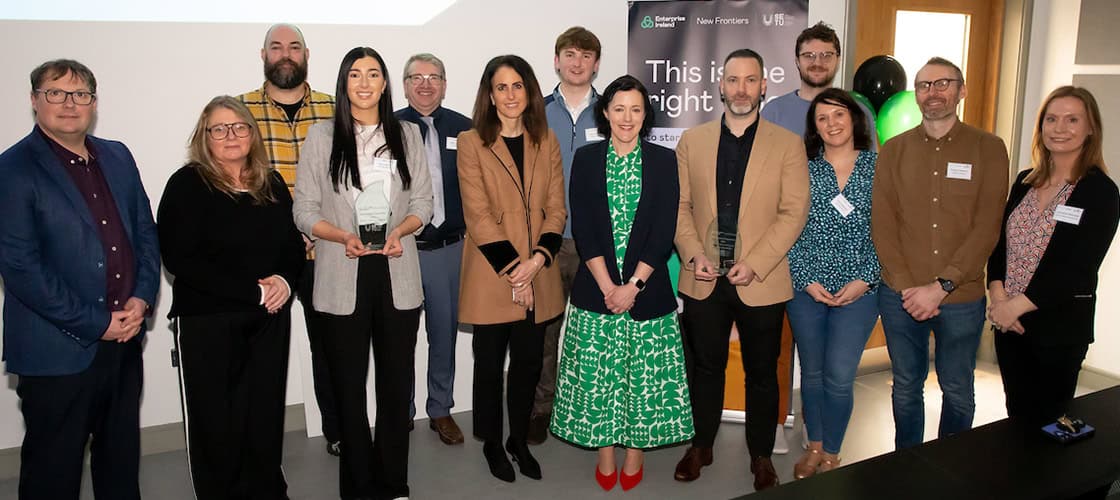
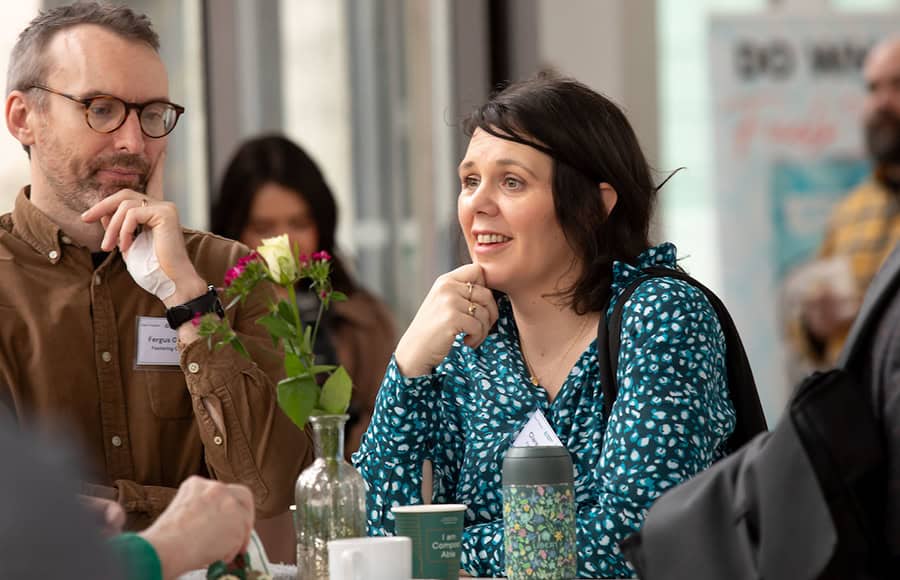


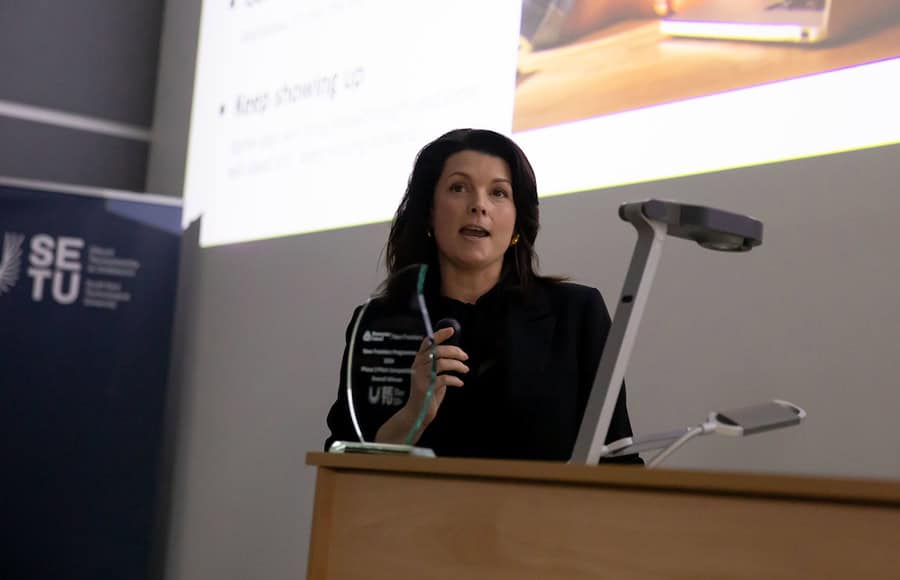

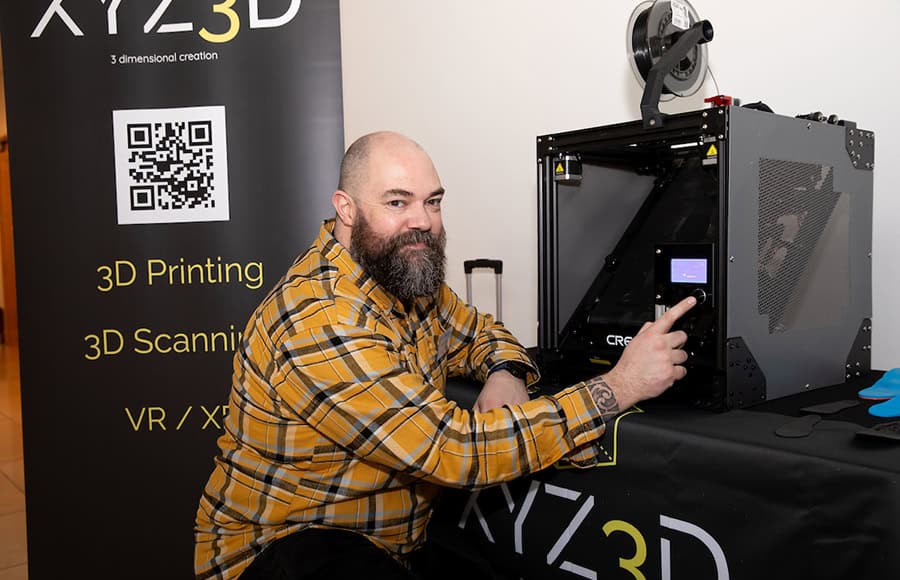
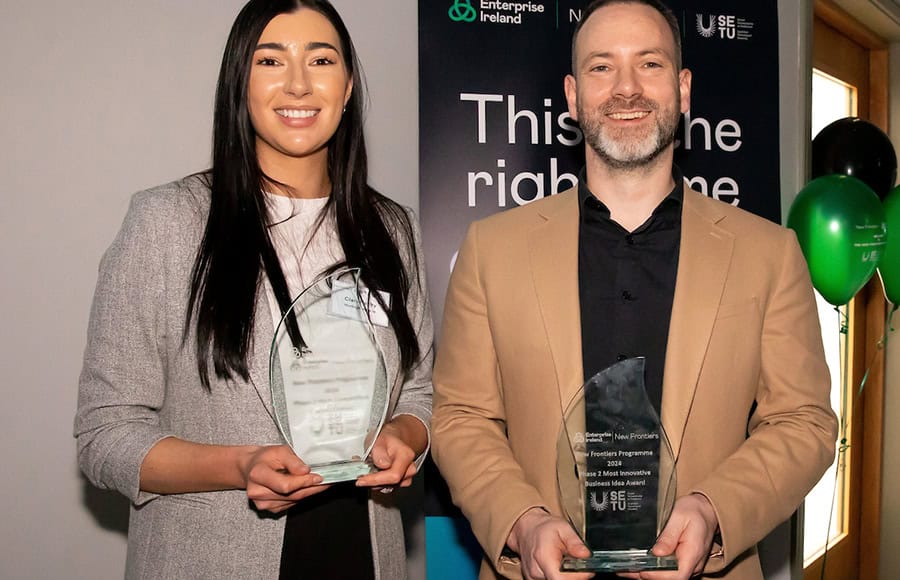
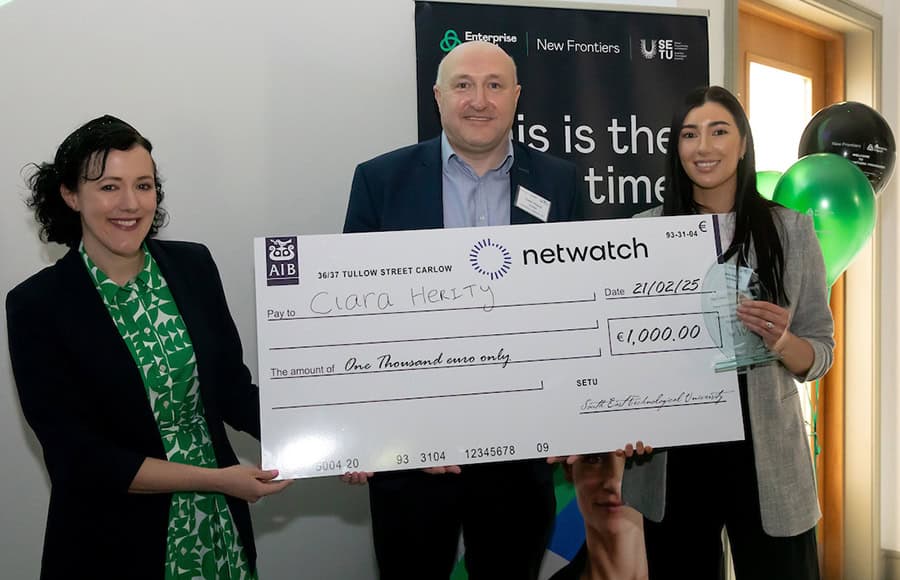
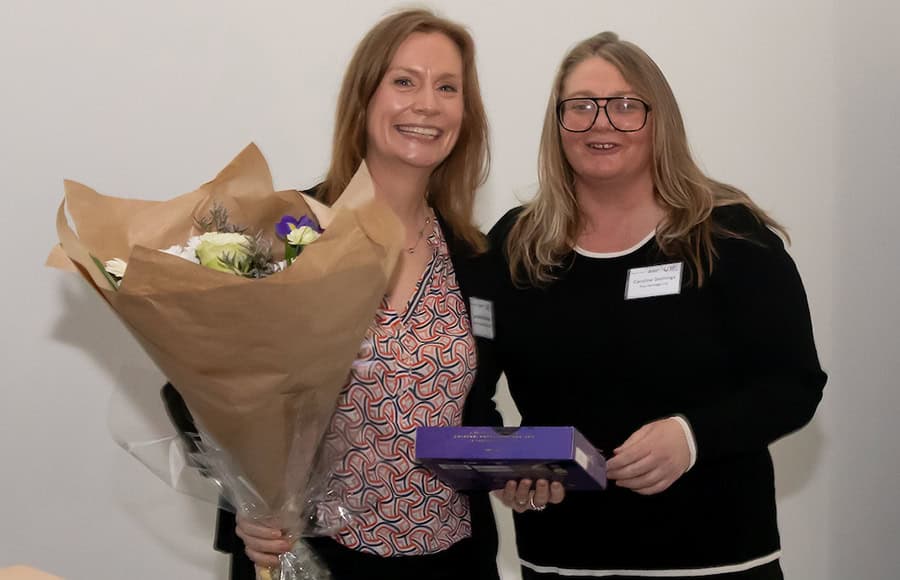
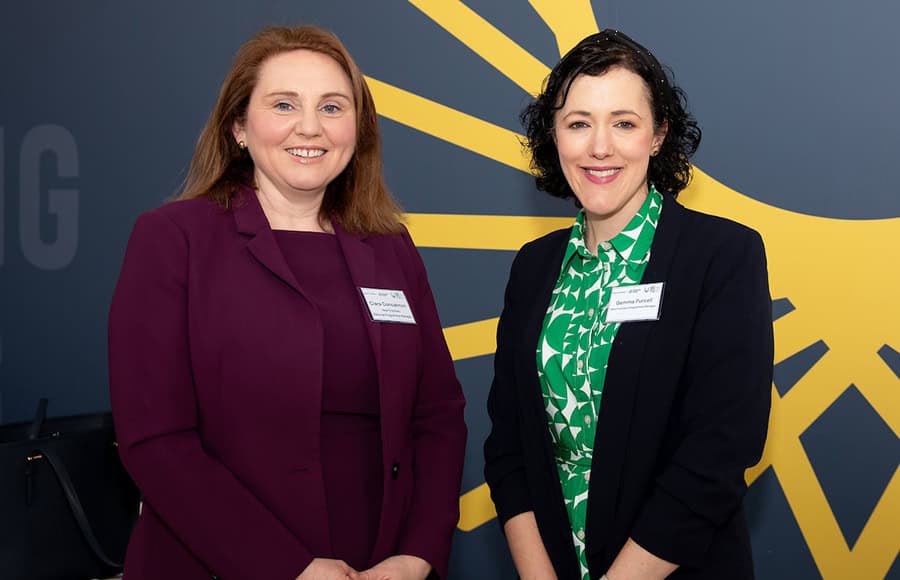
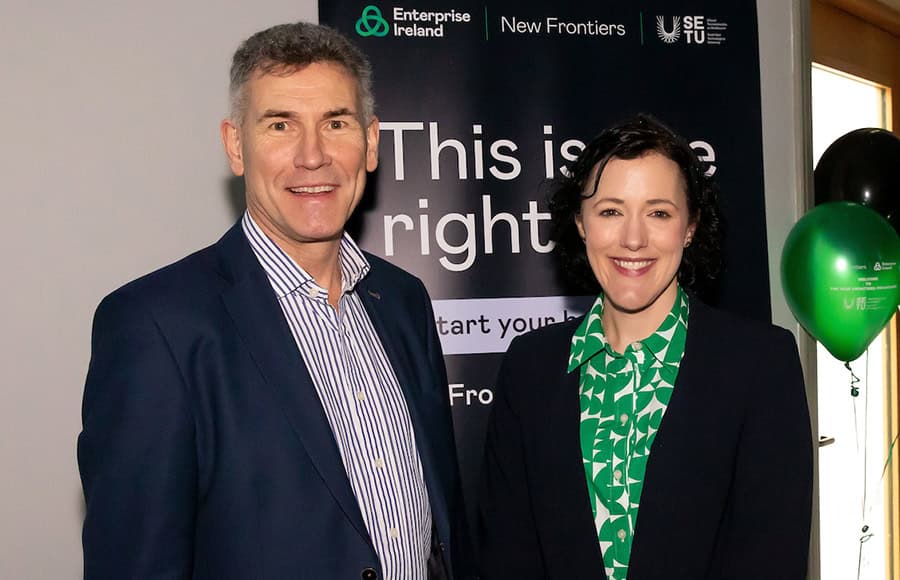
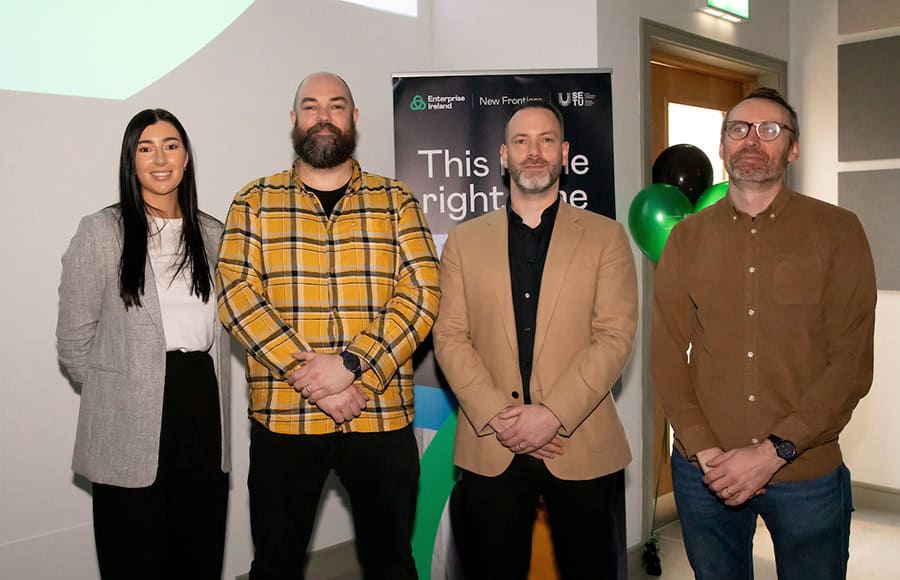
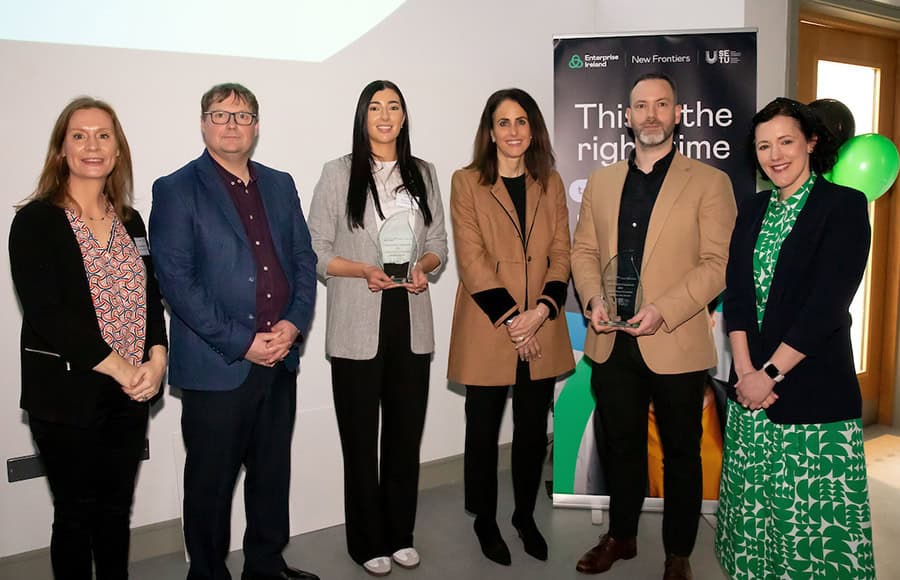
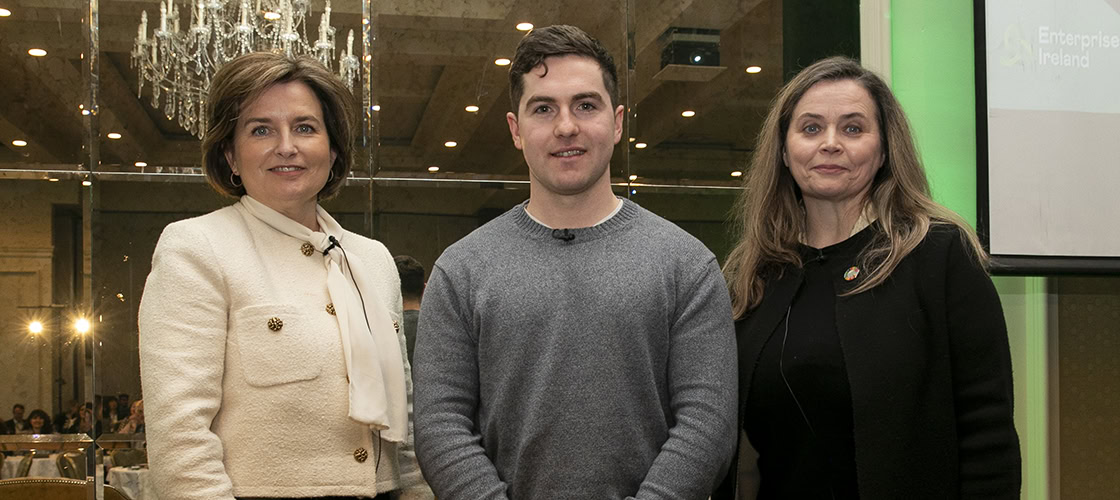
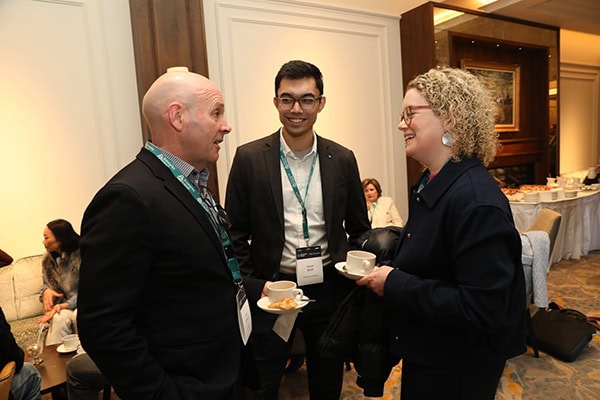
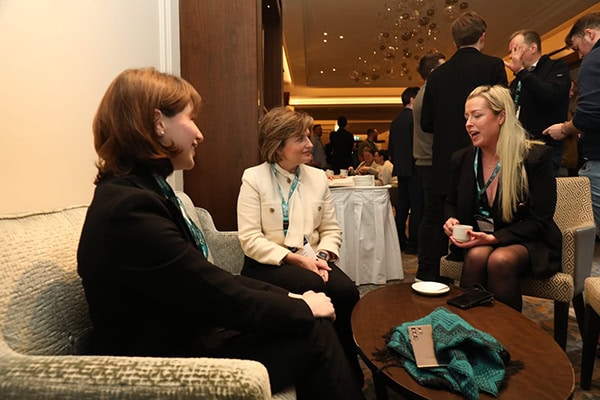
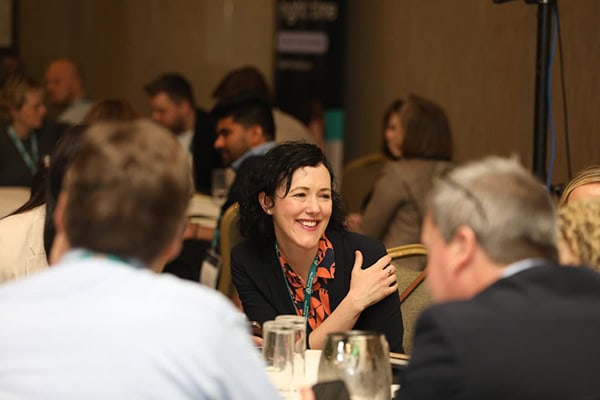
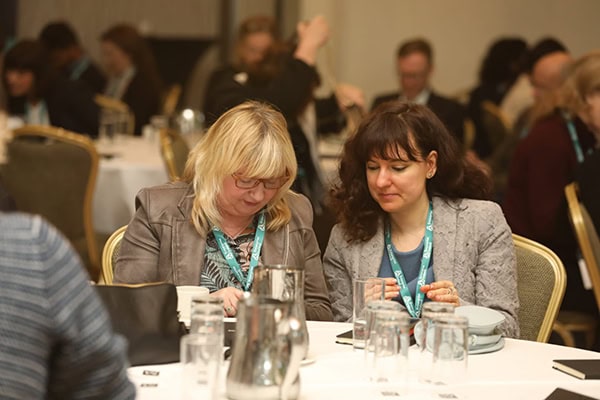
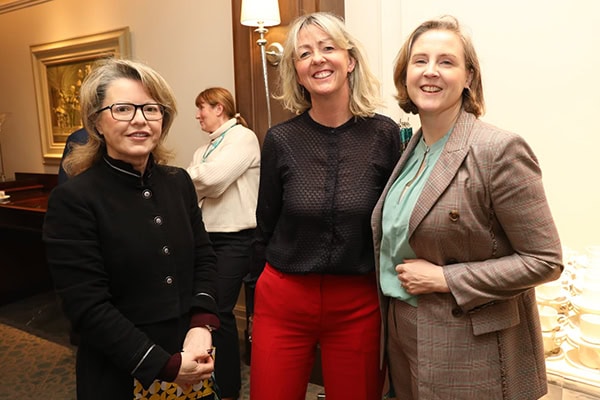
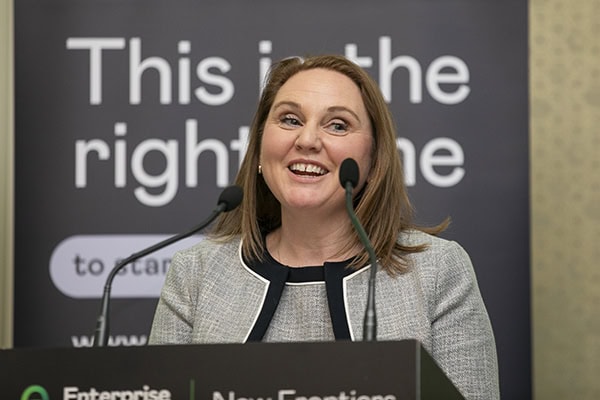
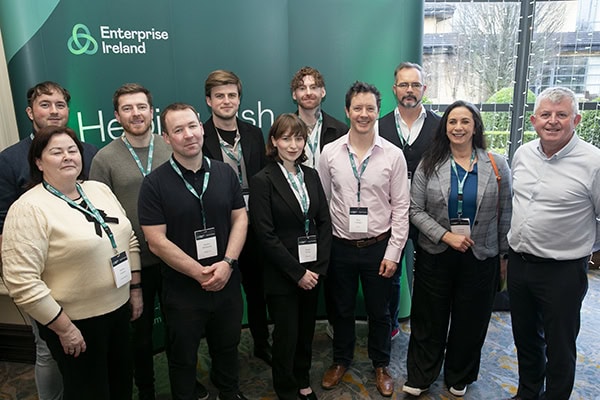
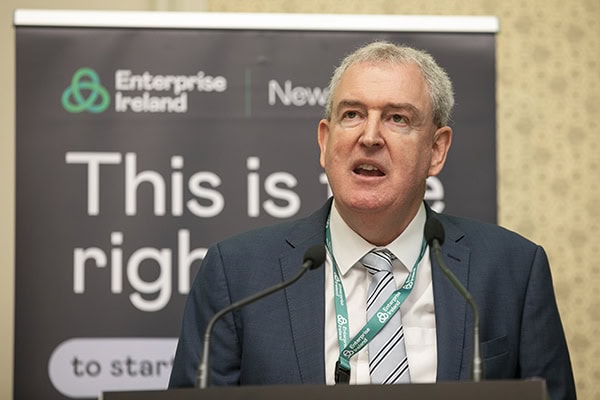
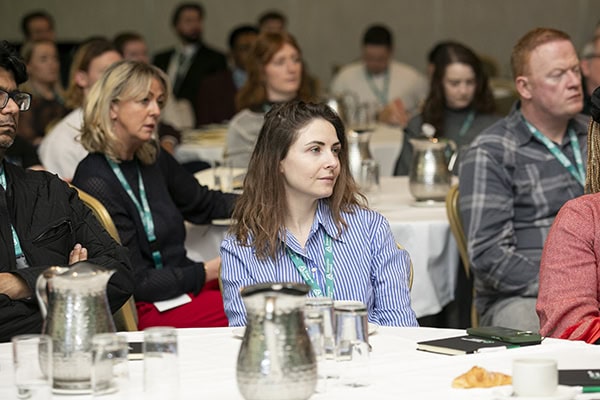

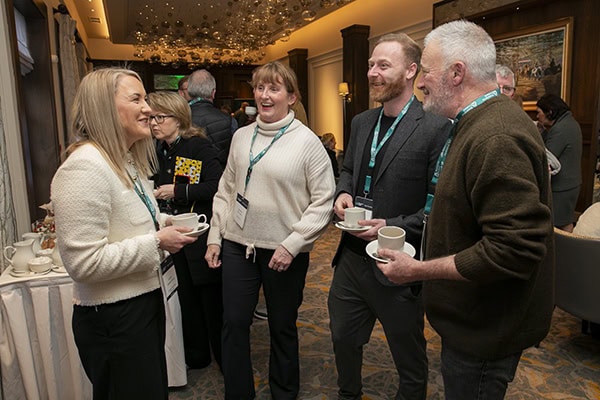
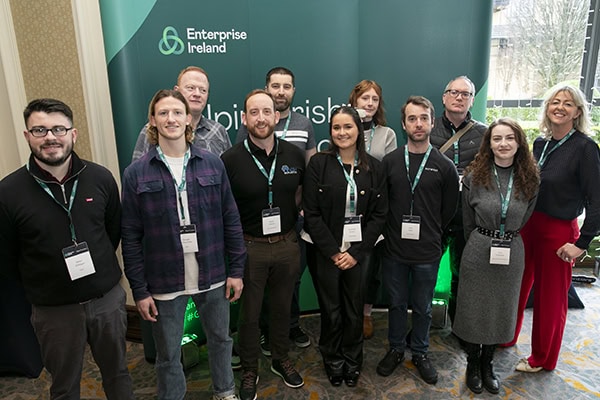
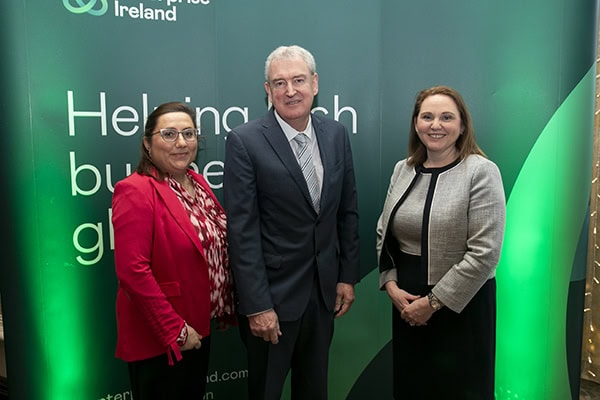
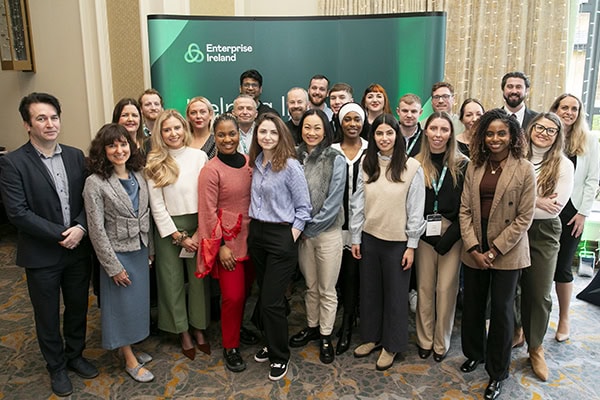
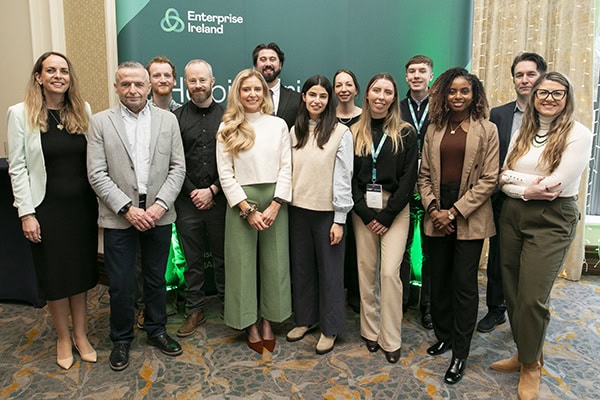



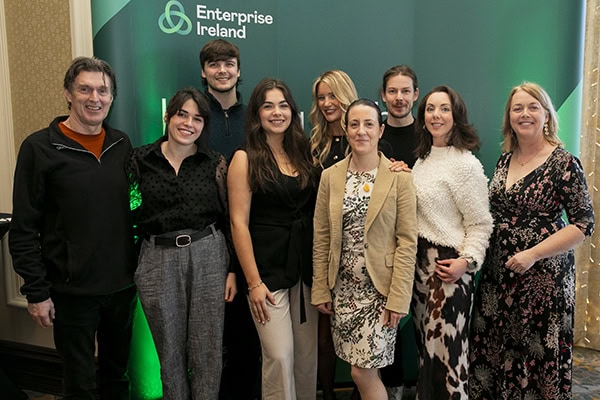
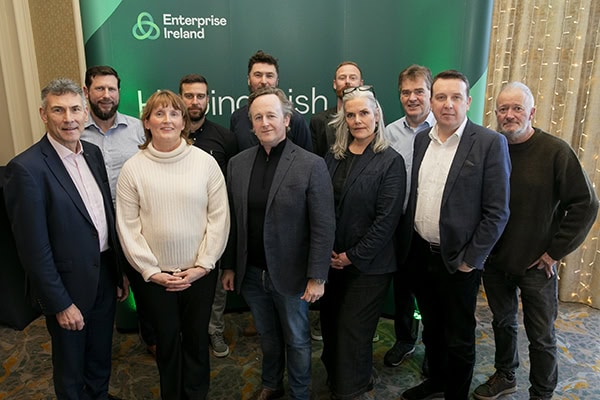
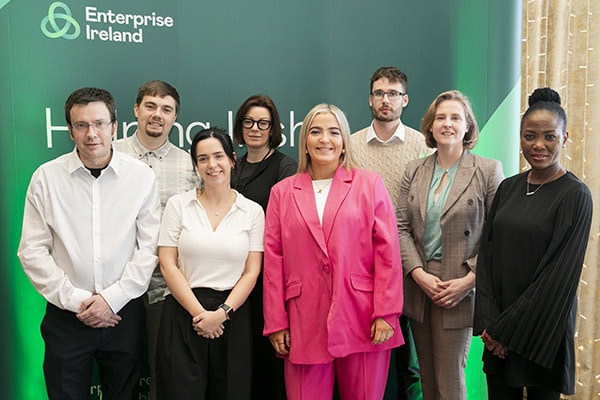
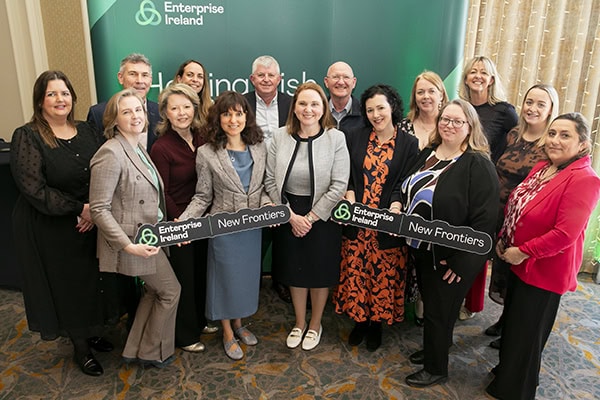

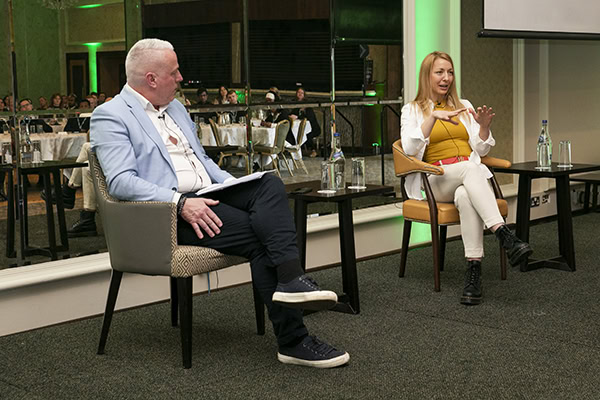
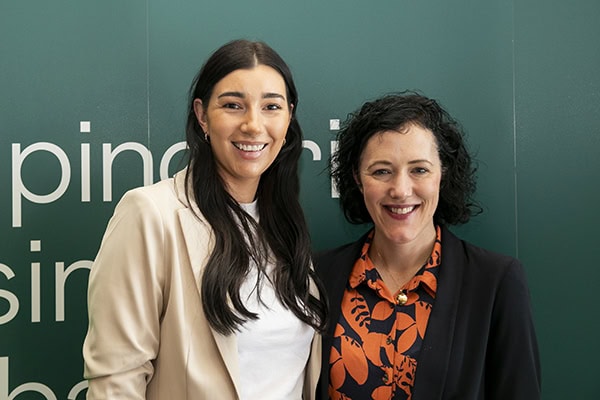
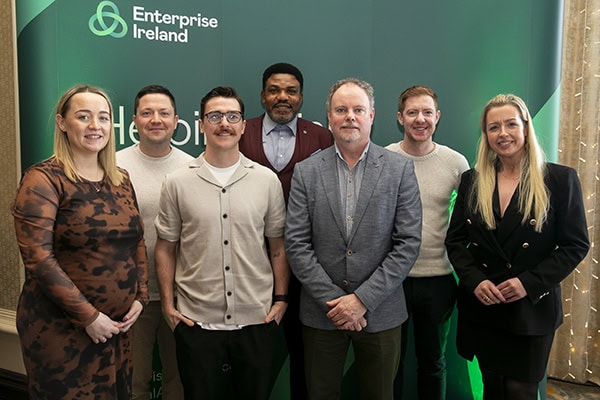
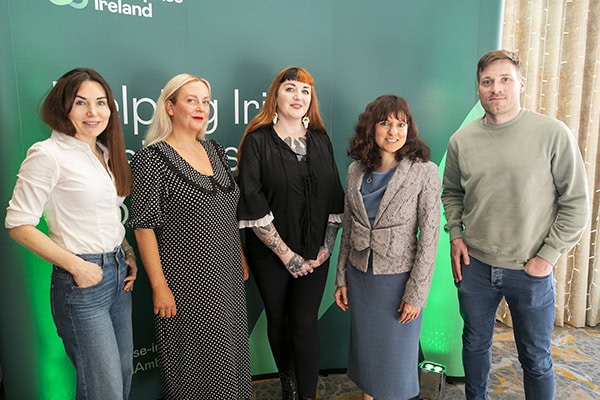
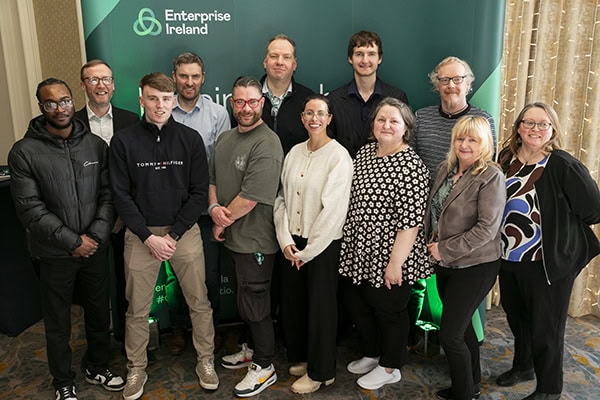
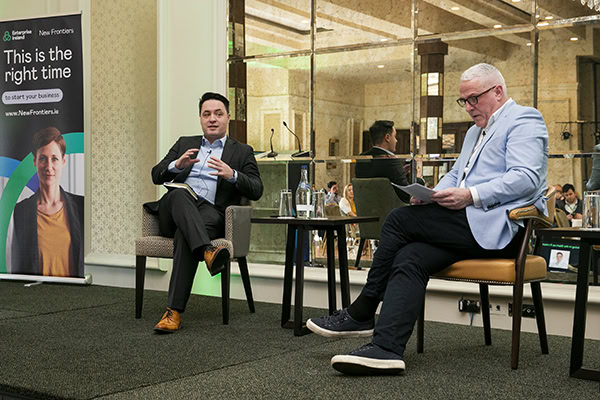
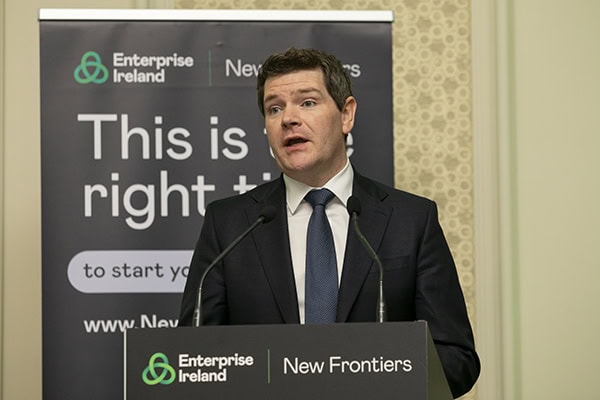


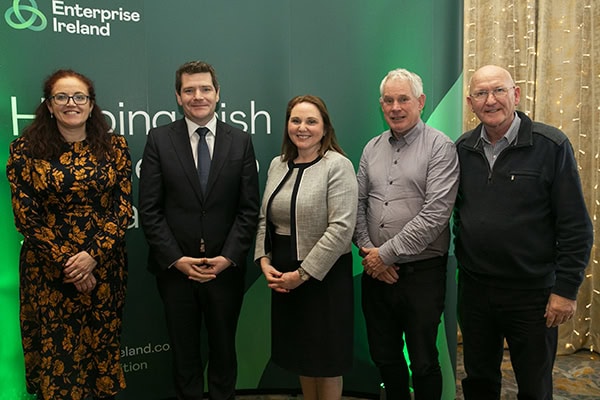
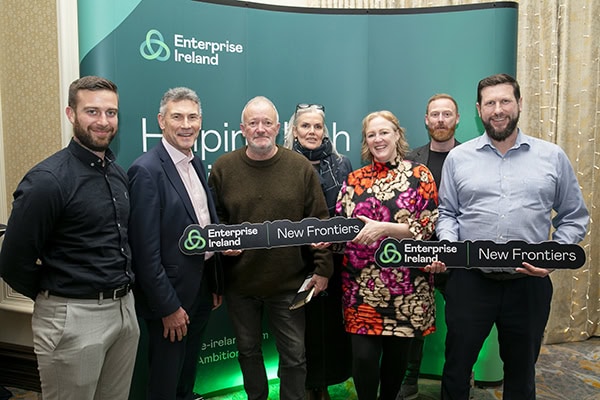

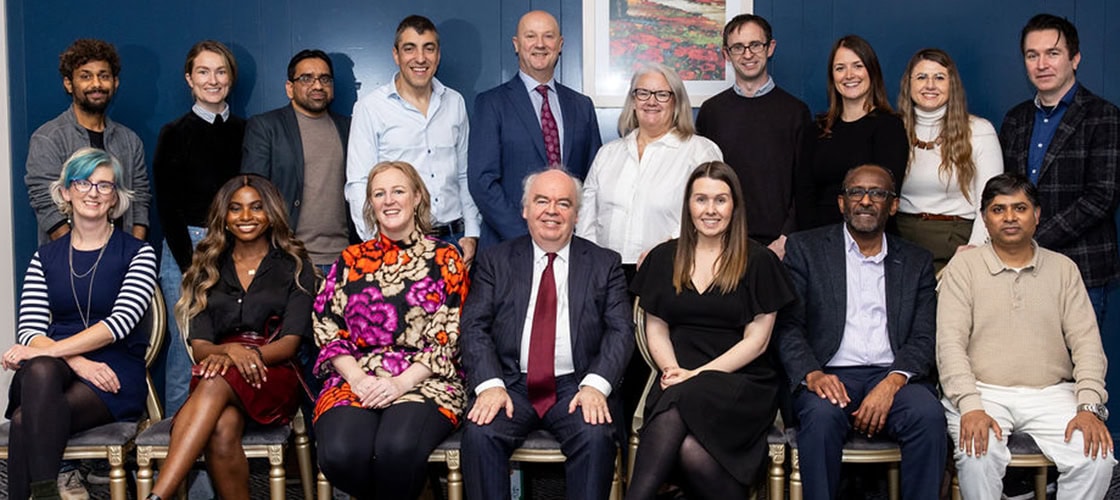

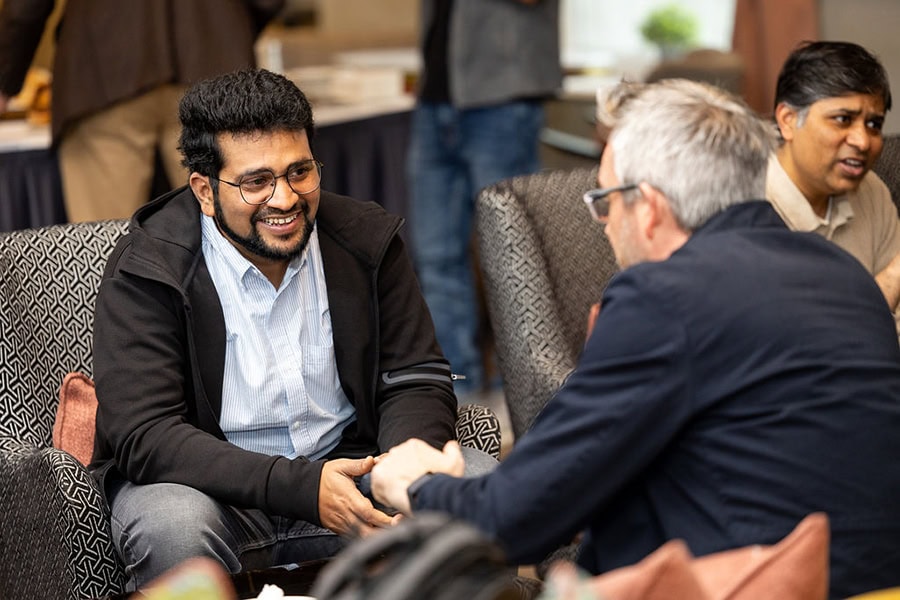

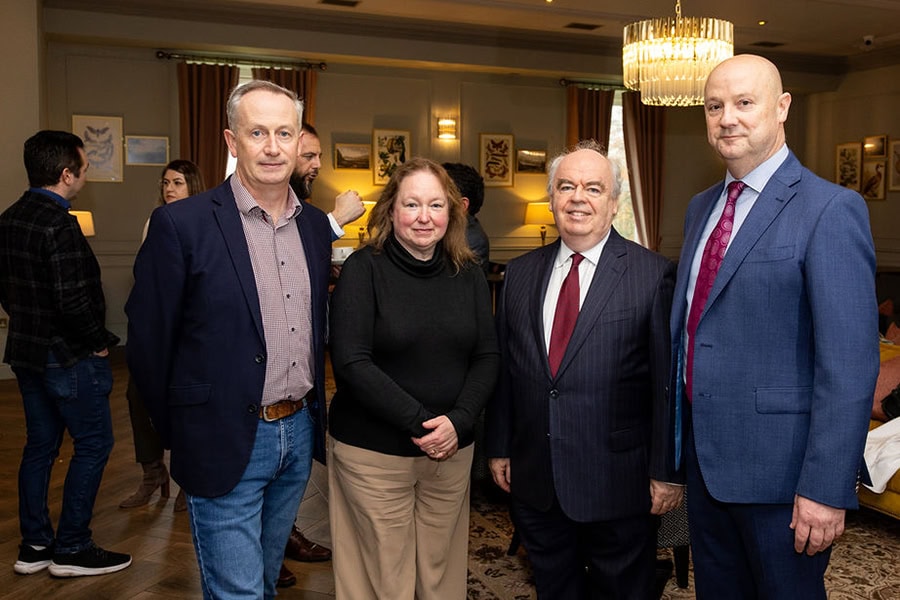
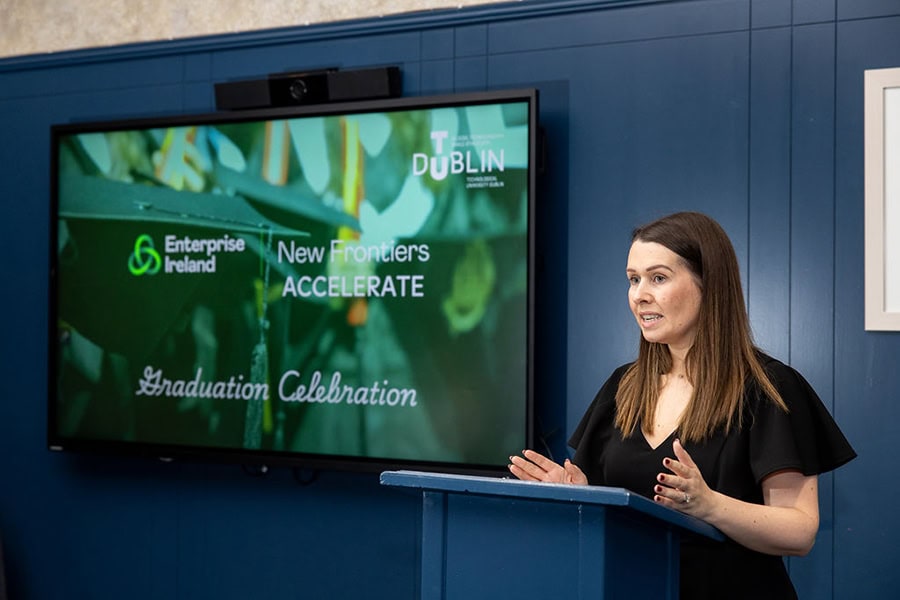
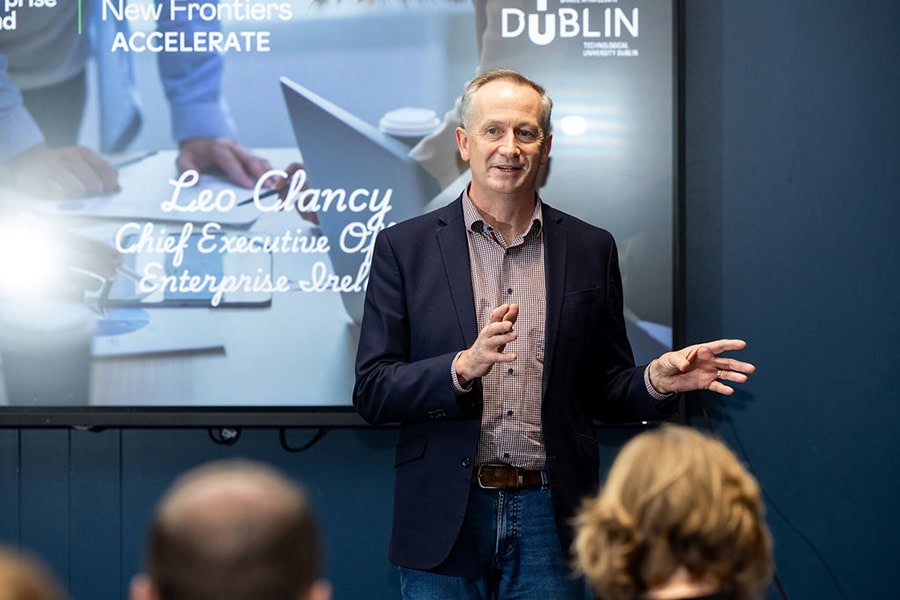
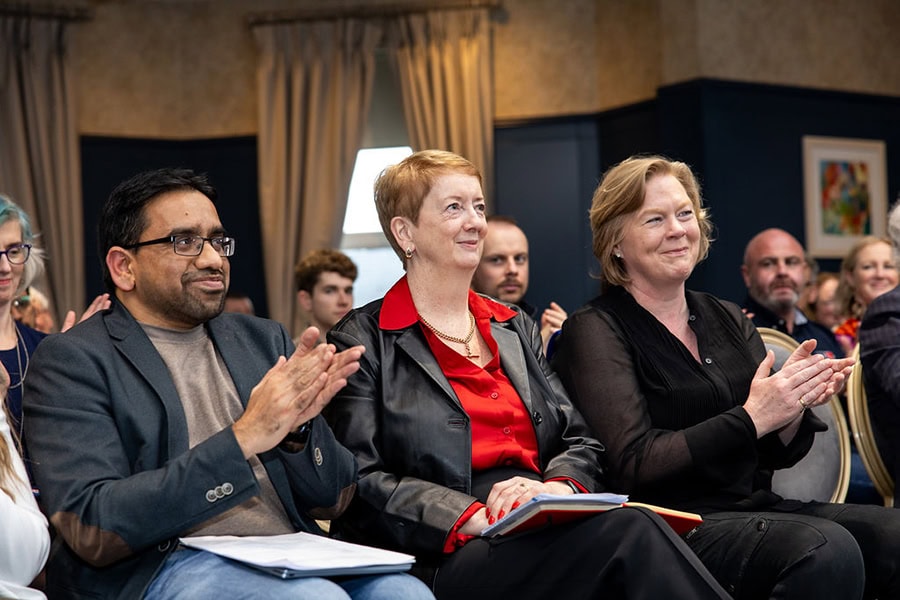
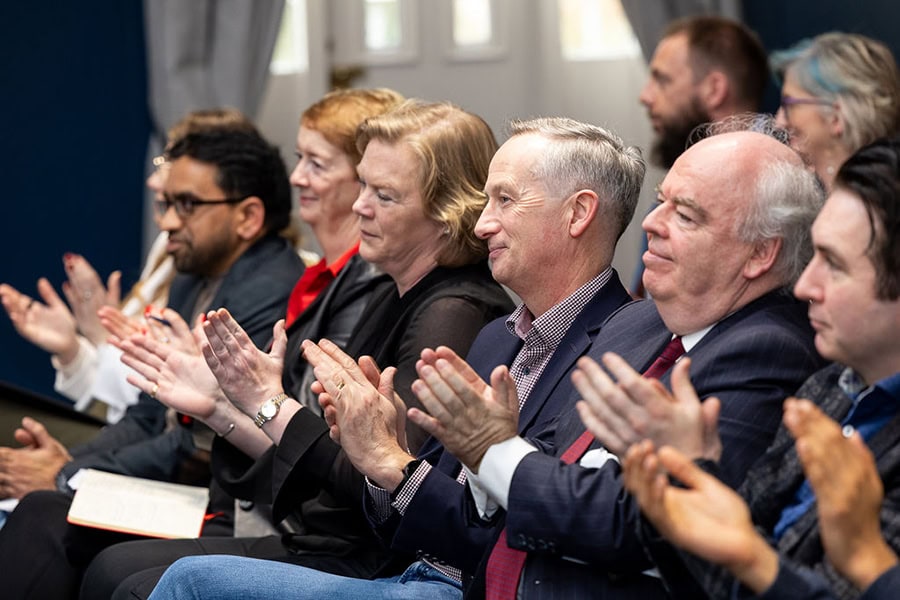
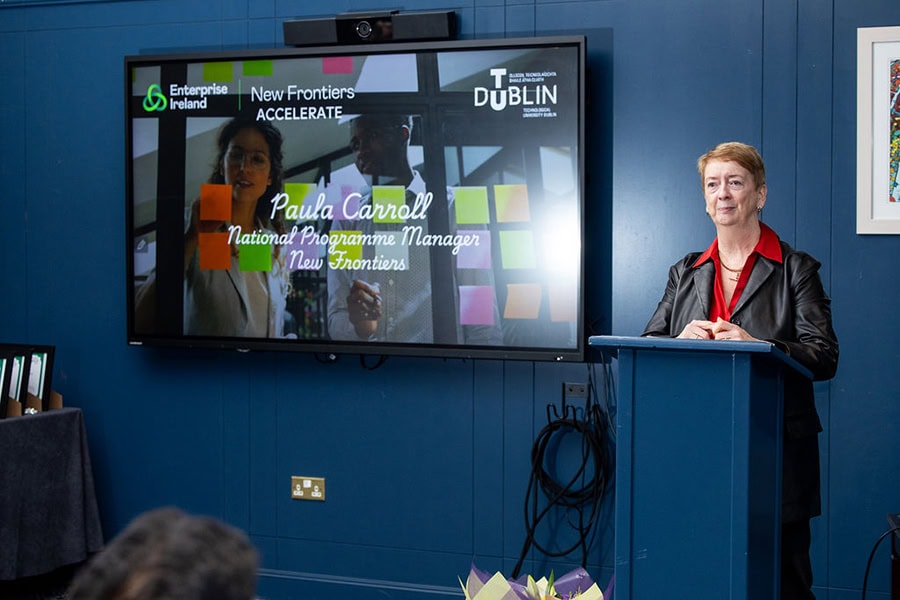
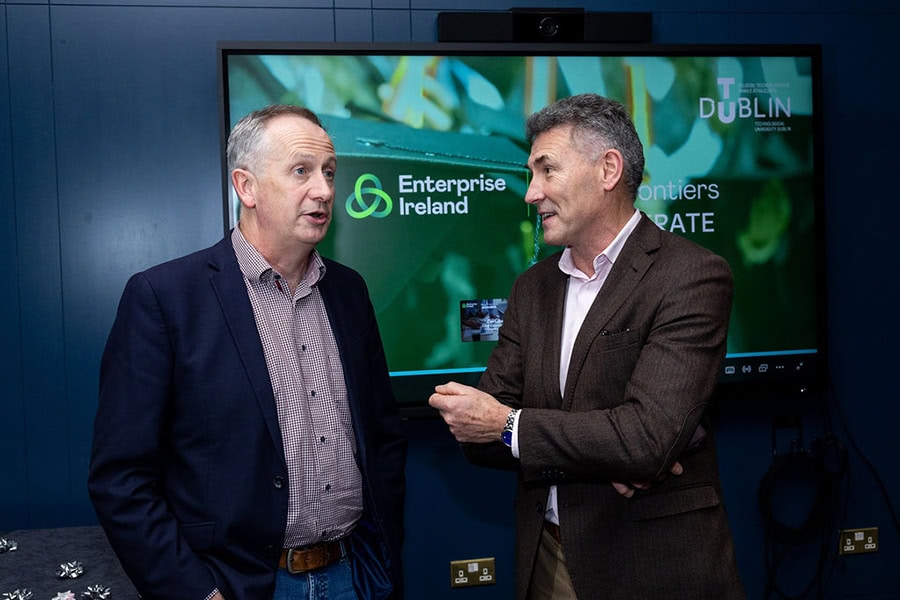
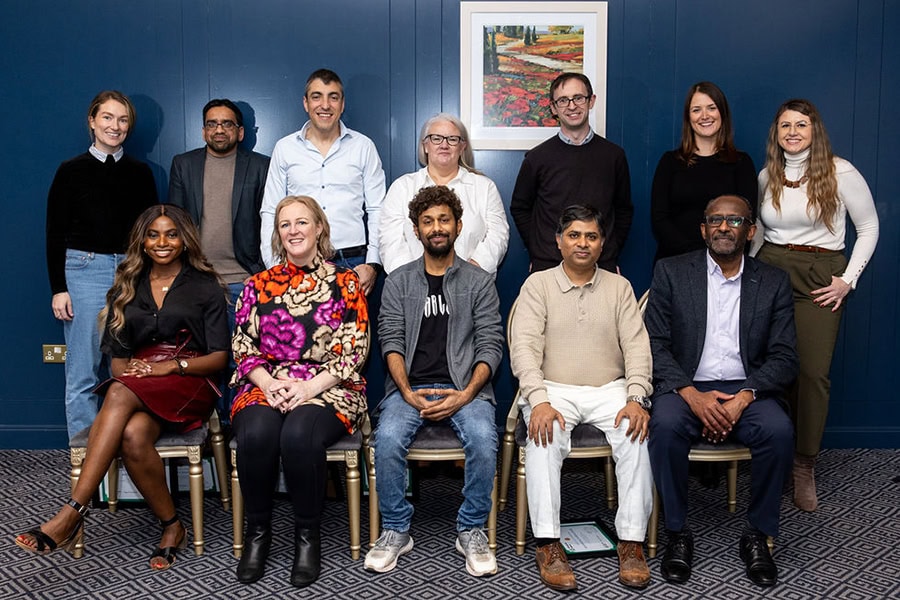
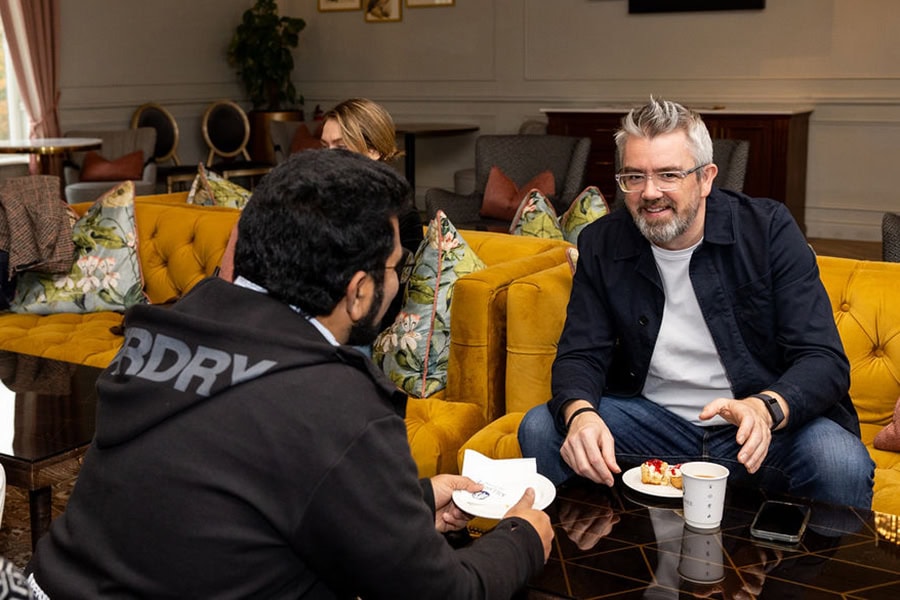
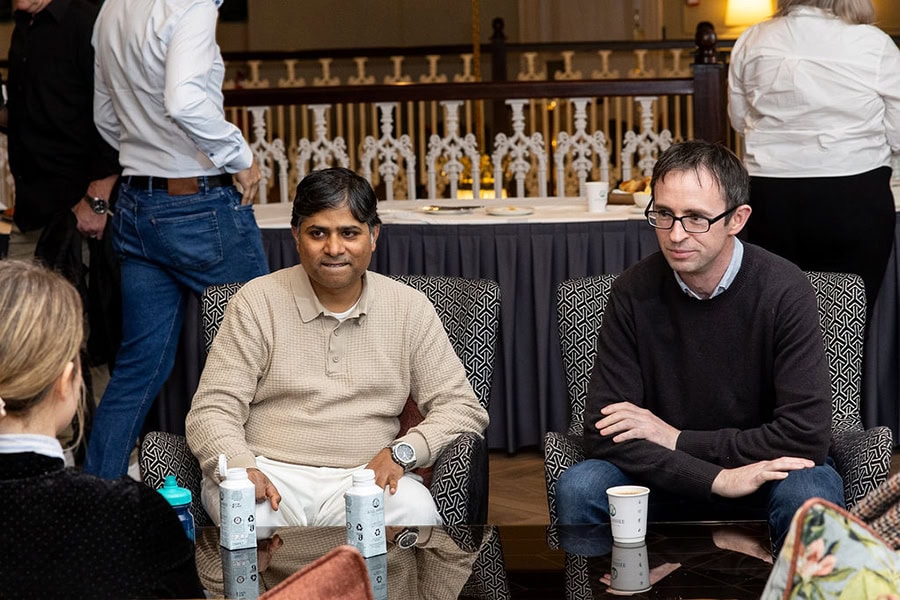



 With RedOrange AI, Amit applies his philosophy of intelligent automation to compliance management. He believes compliance should be a streamlined, proactive process that leverages technology to reduce human error and help businesses navigate regulation without disruption. So, how will RedOrange AI help businesses keep up with the pace and complexity of today’s regulatory environment?
With RedOrange AI, Amit applies his philosophy of intelligent automation to compliance management. He believes compliance should be a streamlined, proactive process that leverages technology to reduce human error and help businesses navigate regulation without disruption. So, how will RedOrange AI help businesses keep up with the pace and complexity of today’s regulatory environment?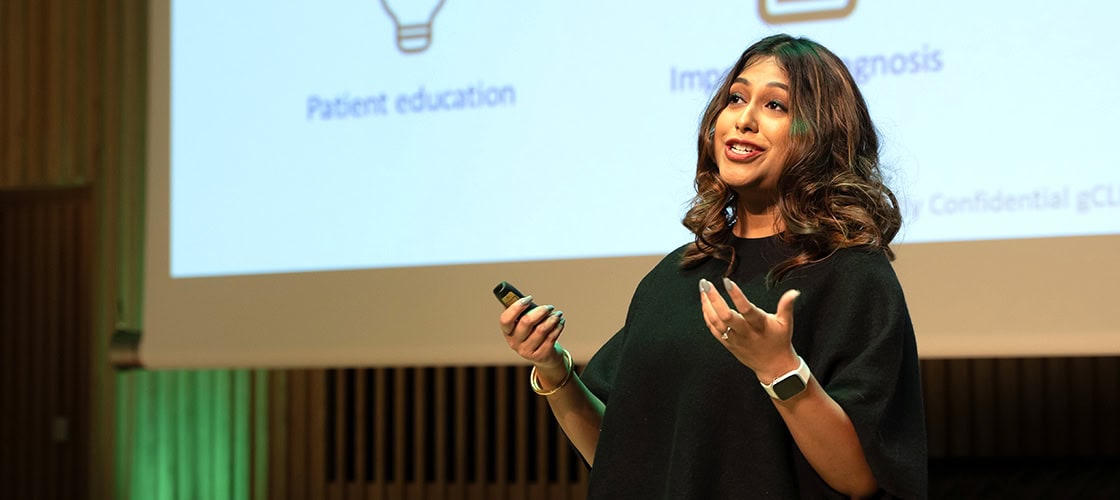
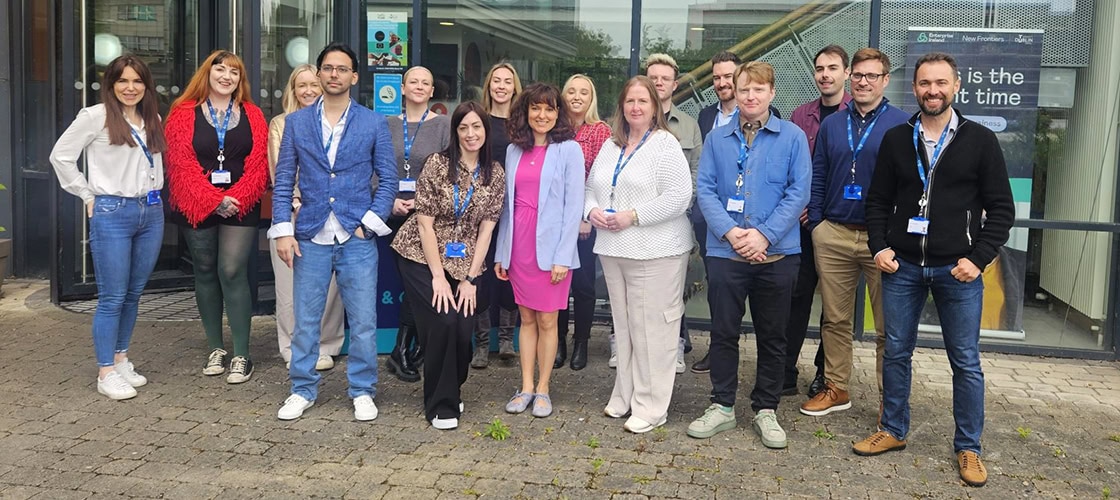





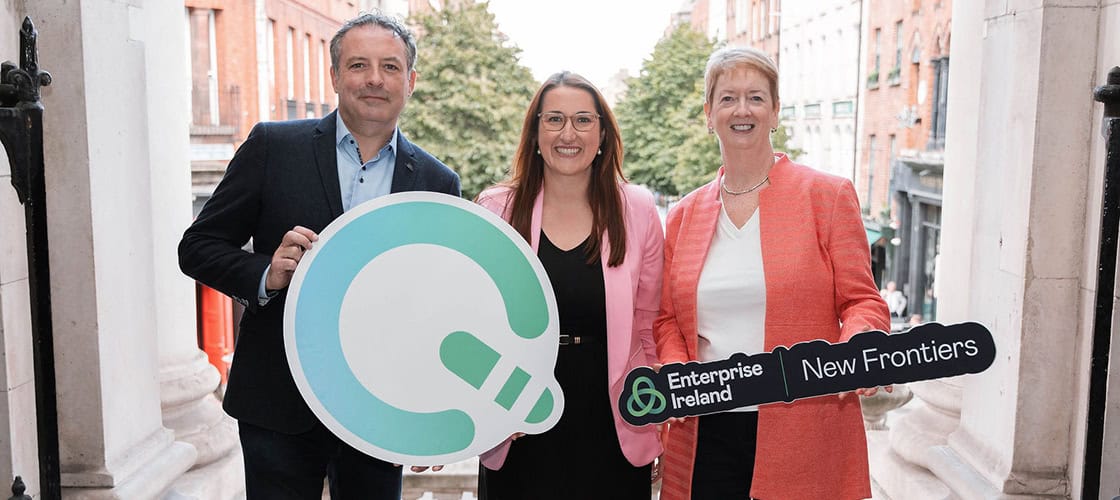
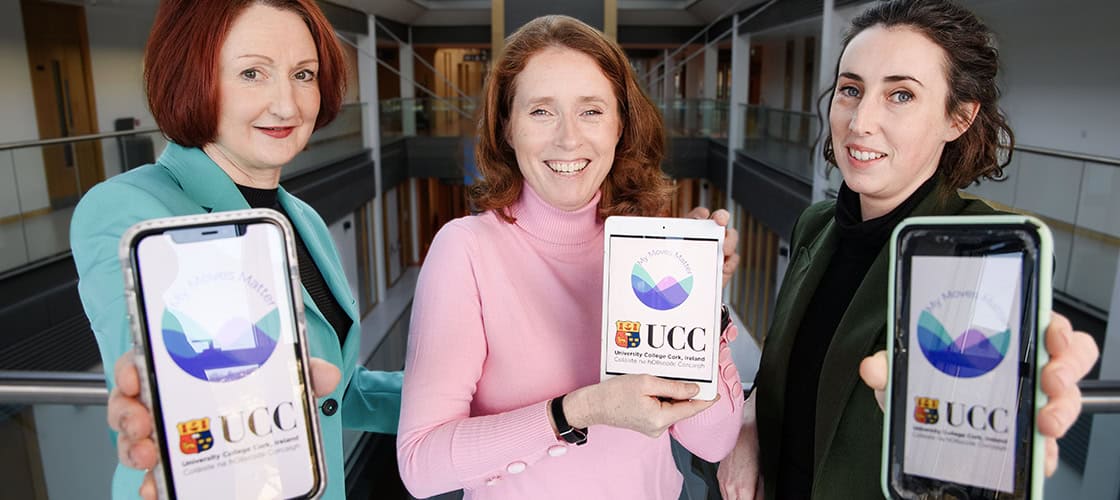

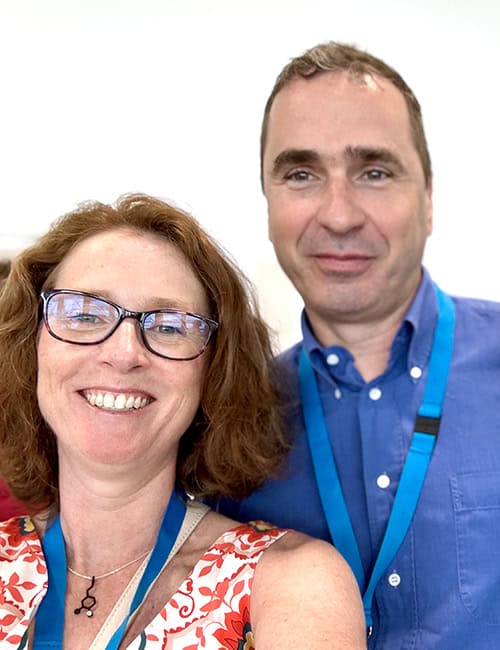
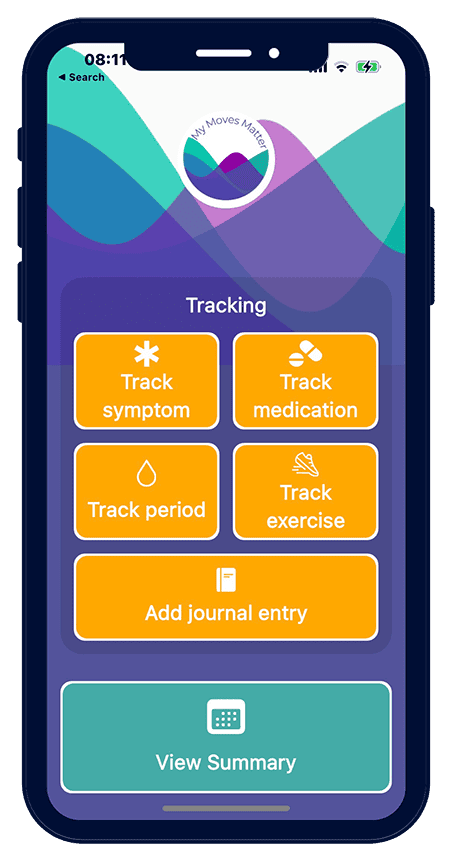 The My Moves Matter app was launched last July. It’s free for anyone with Parkinson’s and available for Apple or Android, with currently 1,100 users. It helps people track their diet, medication times, exercise, sleep, and hormonal fluctuations – all of which affect how well someone can live with Parkinson’s Disease. In addition, the app supports the input of clinical trial IDs, which means it is helping to fill that critical research gap. Right now, My Moves Matter is working with the University of Cork on a global pilot study (where women at different hormonal life stages track their PD symptoms over four months) and with France Parkinson’s (a trial in four neurological centres for French women tracking their symptoms across the menstrual cycle).
The My Moves Matter app was launched last July. It’s free for anyone with Parkinson’s and available for Apple or Android, with currently 1,100 users. It helps people track their diet, medication times, exercise, sleep, and hormonal fluctuations – all of which affect how well someone can live with Parkinson’s Disease. In addition, the app supports the input of clinical trial IDs, which means it is helping to fill that critical research gap. Right now, My Moves Matter is working with the University of Cork on a global pilot study (where women at different hormonal life stages track their PD symptoms over four months) and with France Parkinson’s (a trial in four neurological centres for French women tracking their symptoms across the menstrual cycle).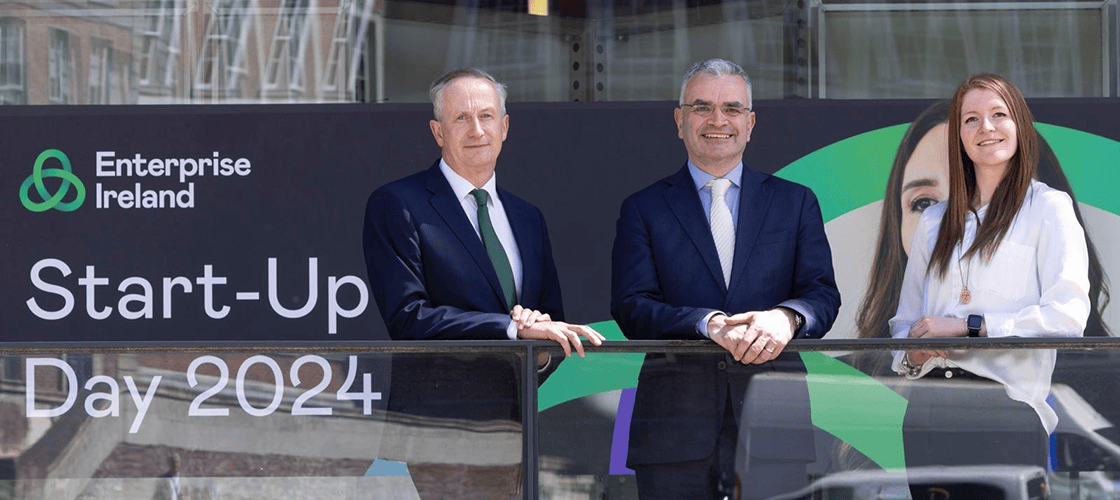

 3. Building grit
3. Building grit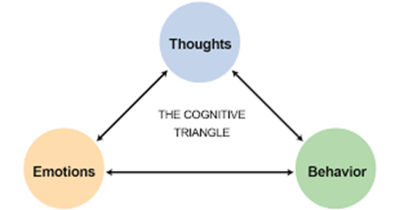 By nurturing your emotional health through physical activity, you develop the resilience needed to navigate the emotional highs and lows of start-up life with grace and resilience.
By nurturing your emotional health through physical activity, you develop the resilience needed to navigate the emotional highs and lows of start-up life with grace and resilience. Johnn Barron
Johnn Barron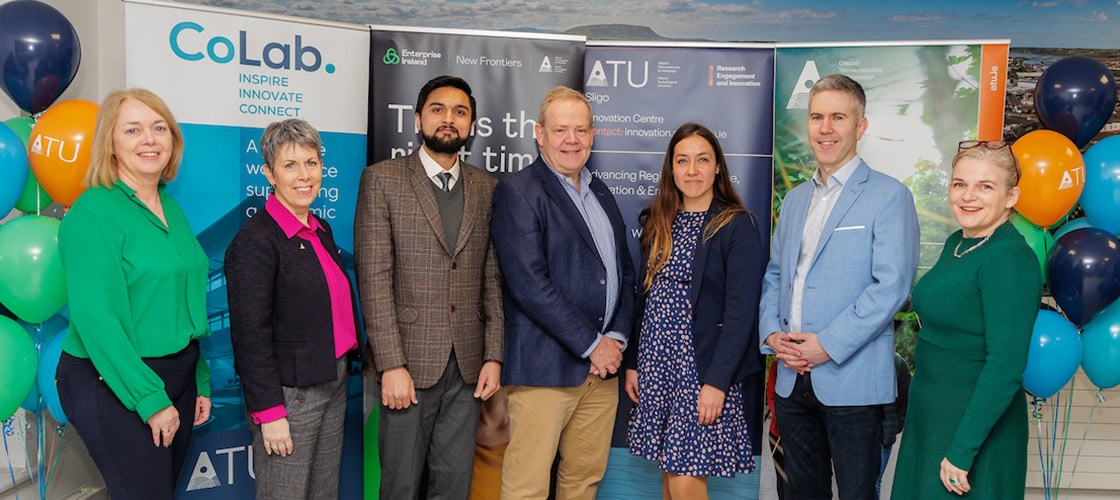
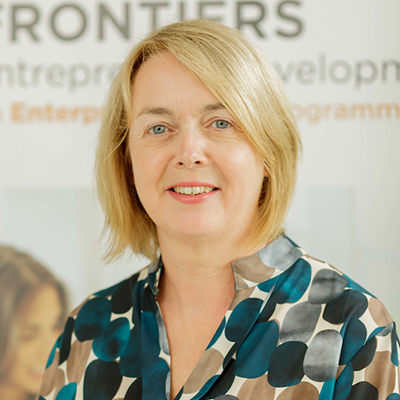


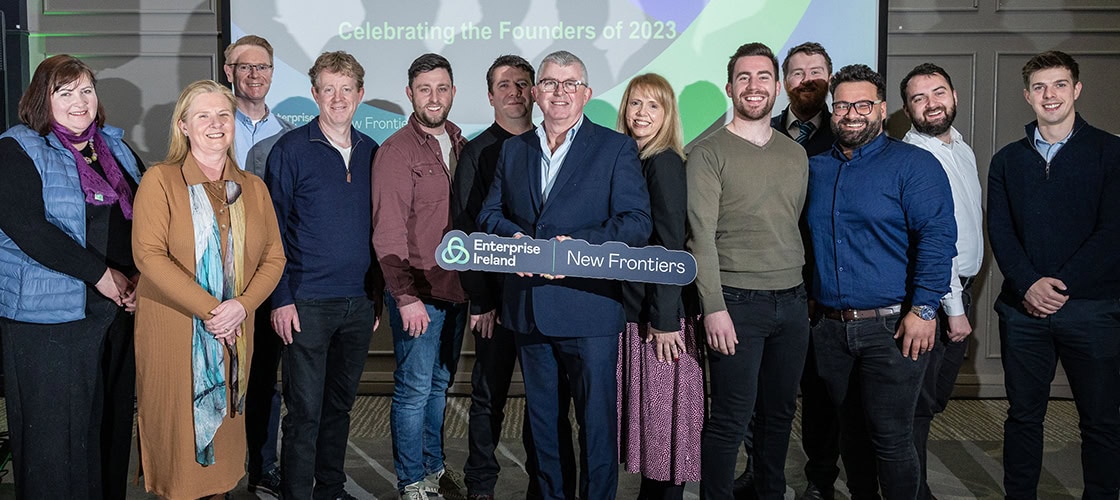

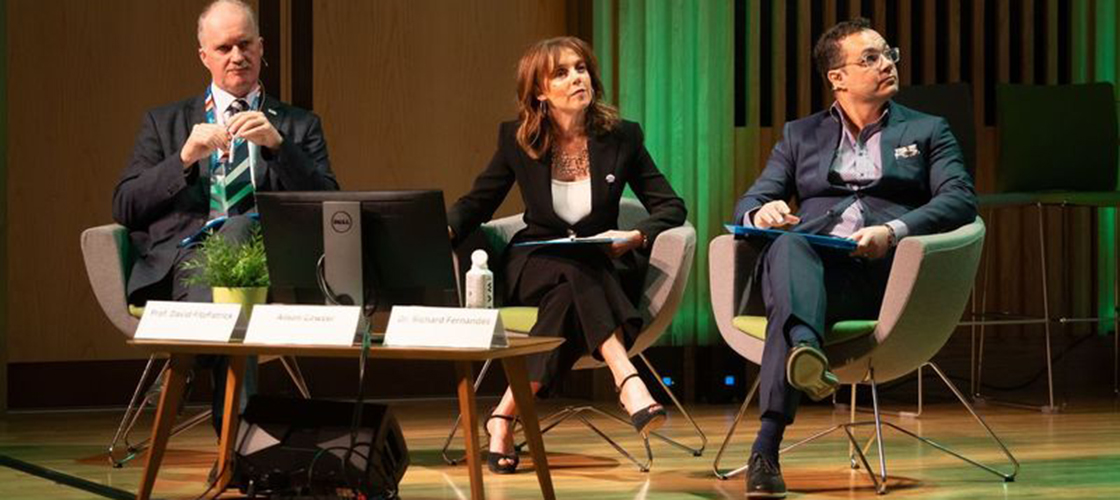
 This year the event was held on 8
This year the event was held on 8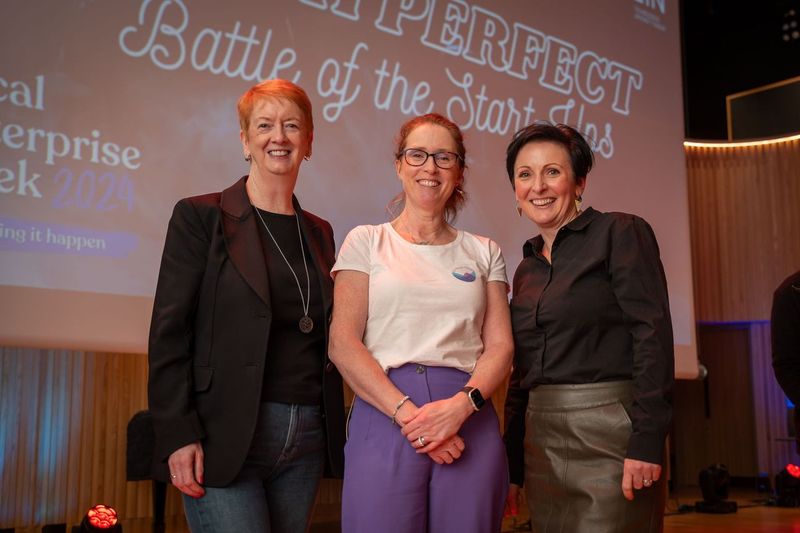
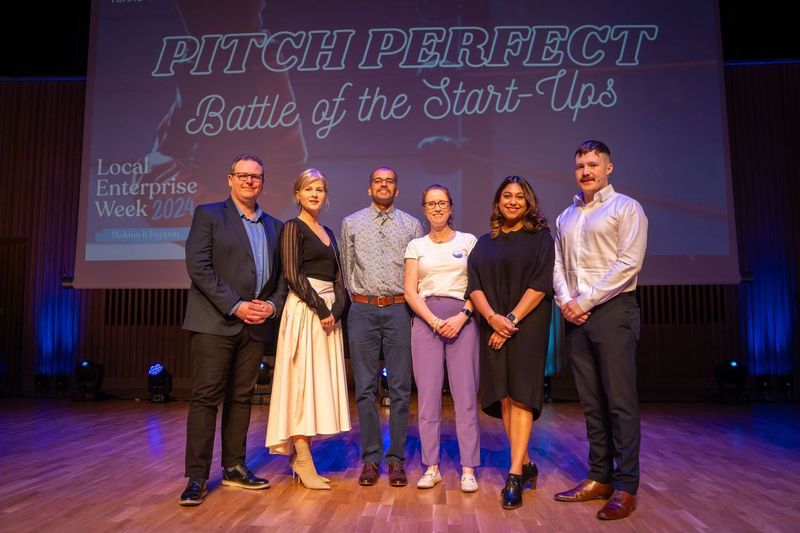
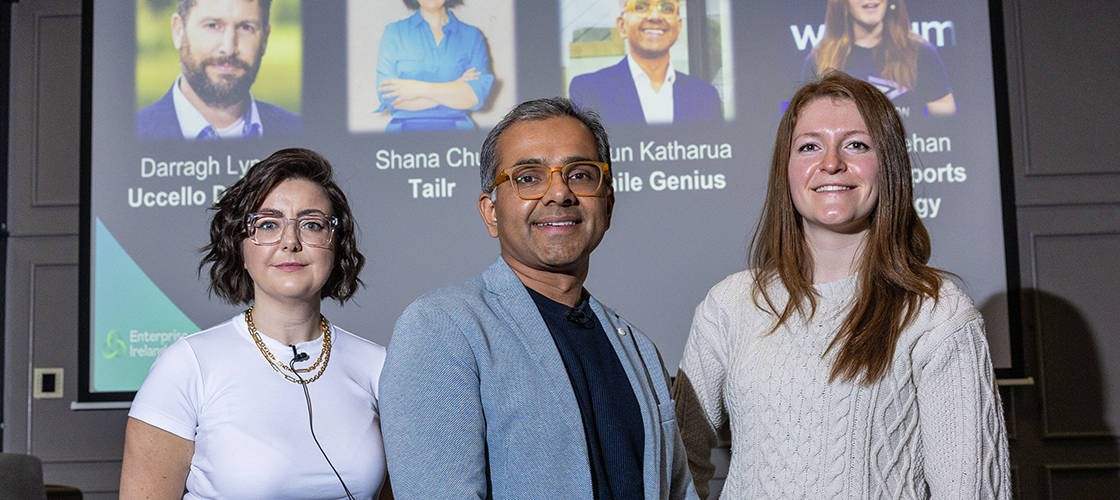
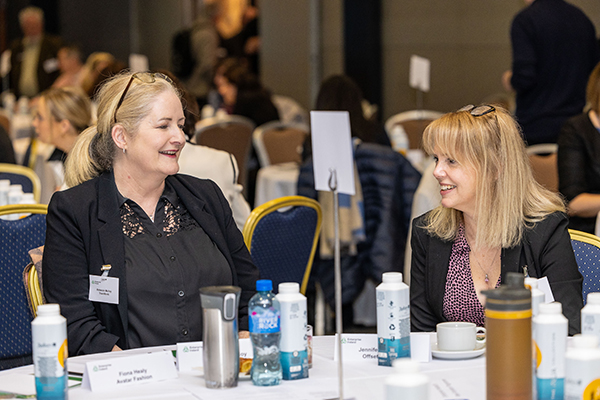
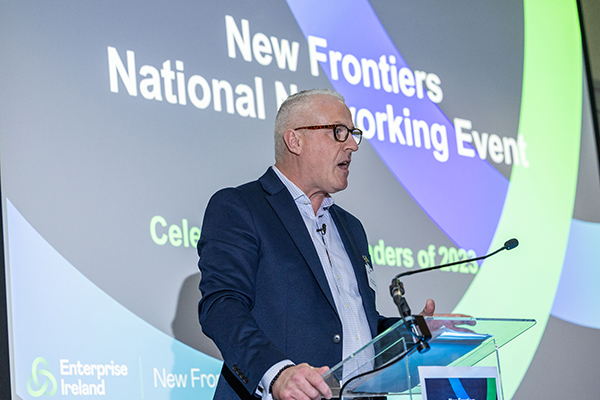
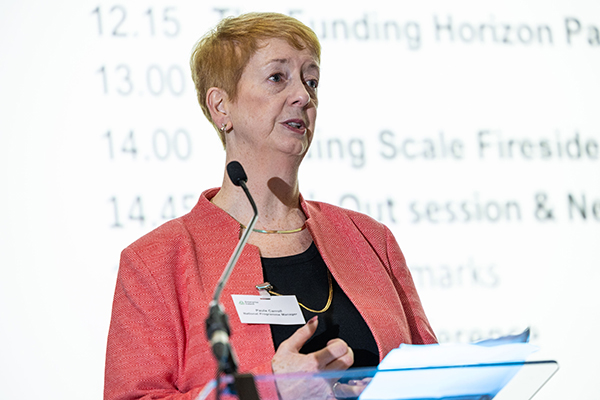
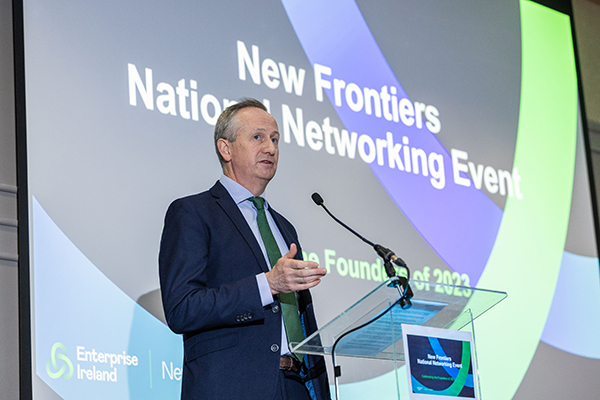
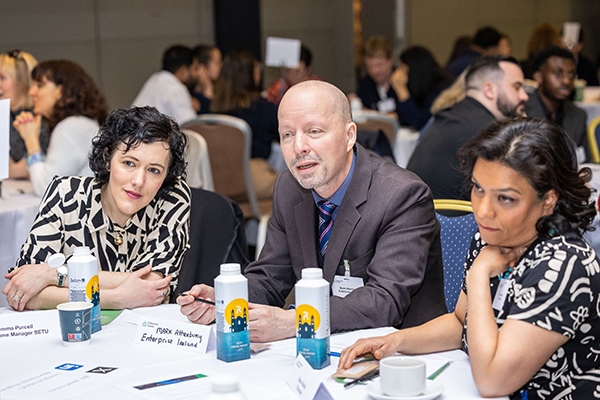

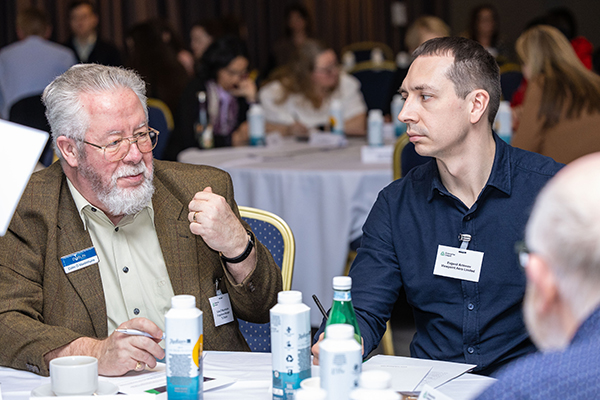
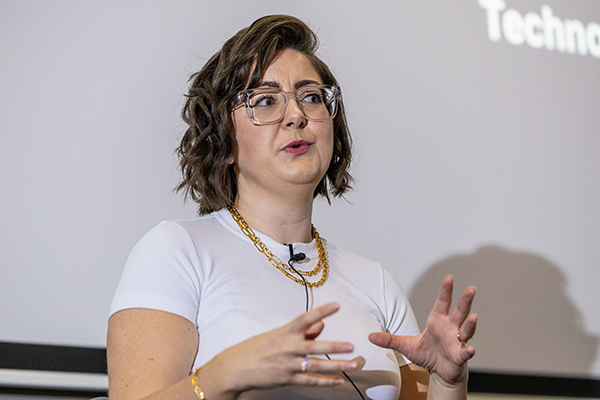
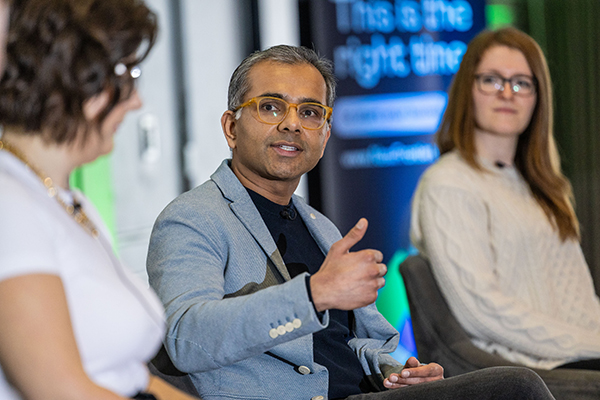
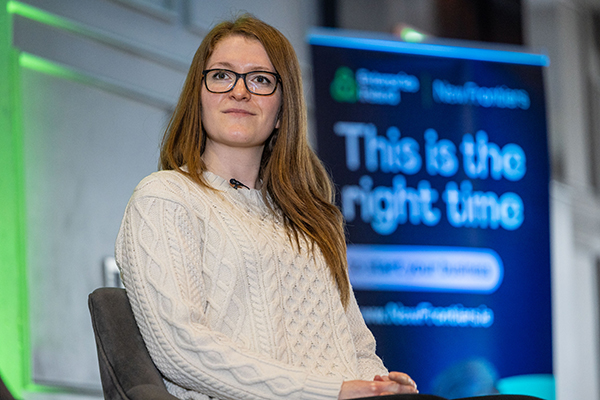
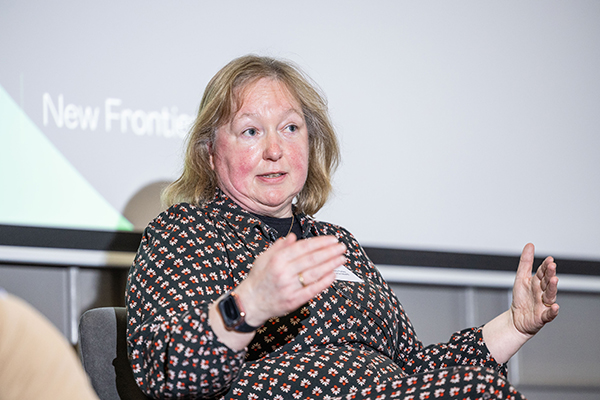
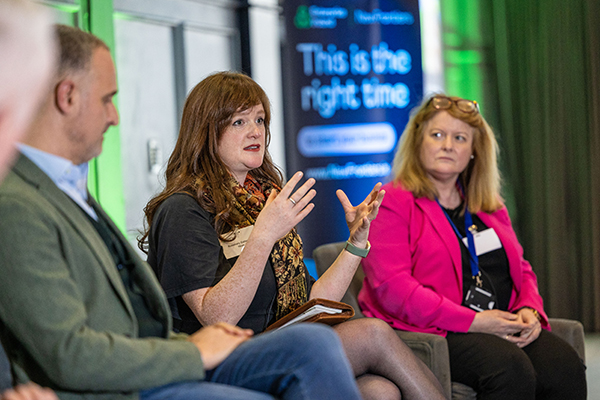
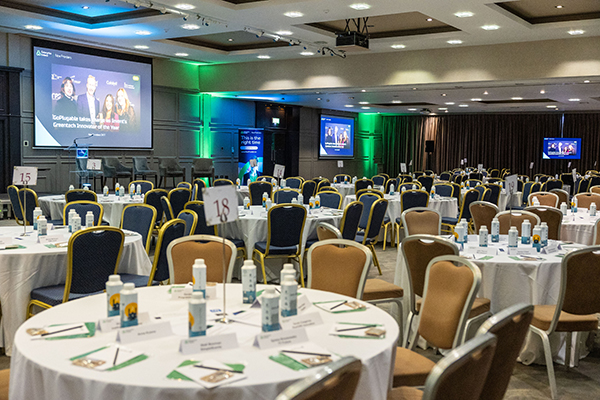
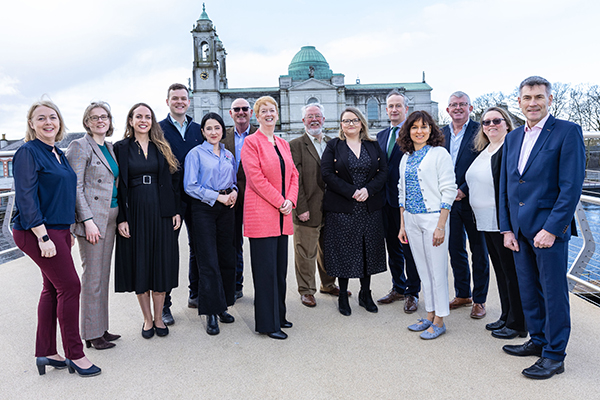
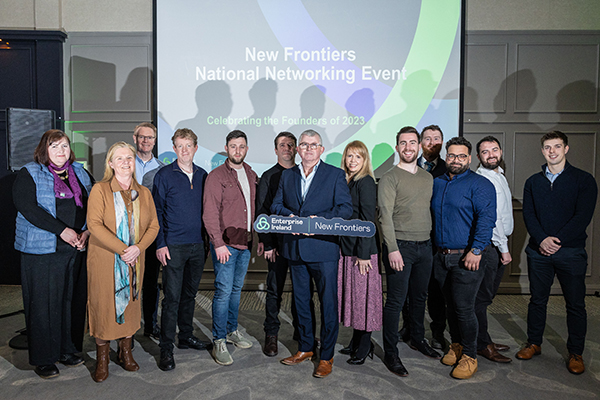
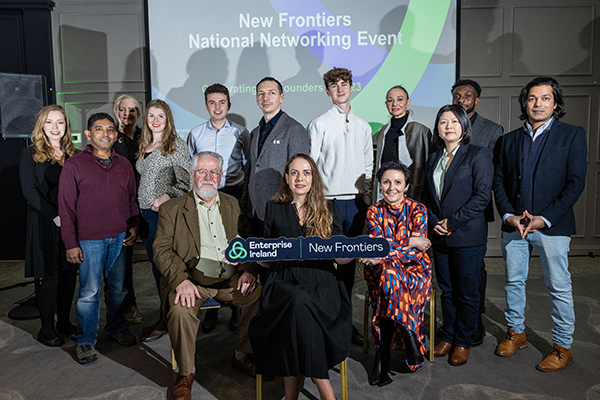
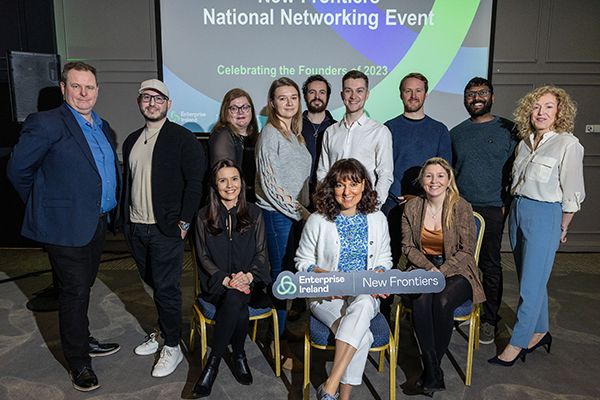
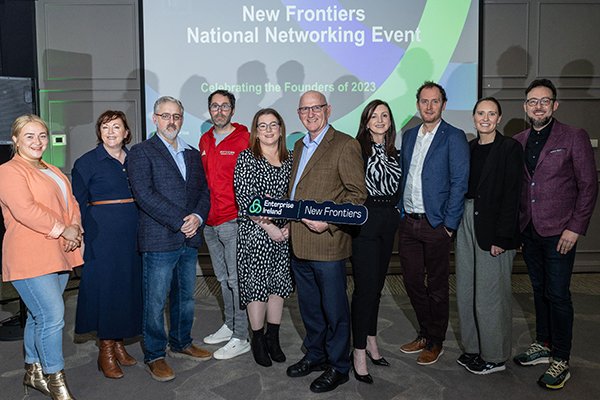
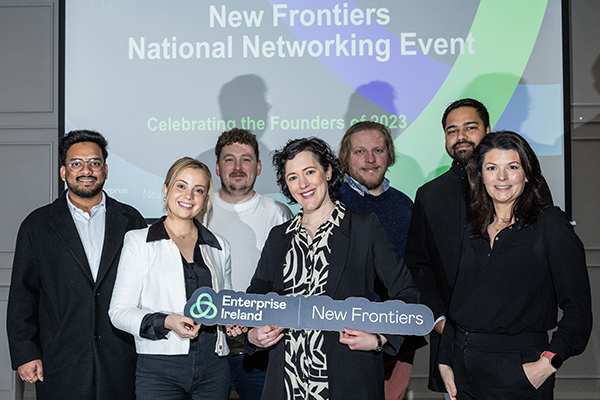
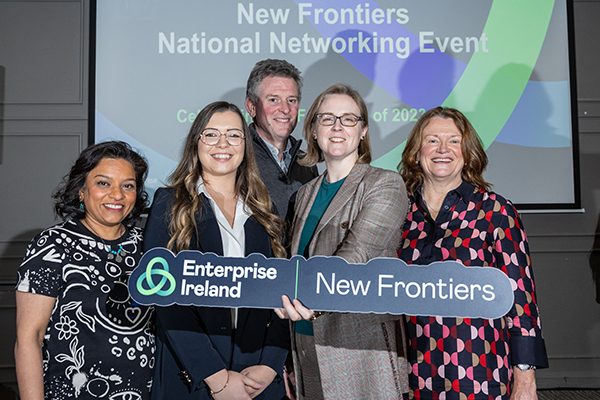
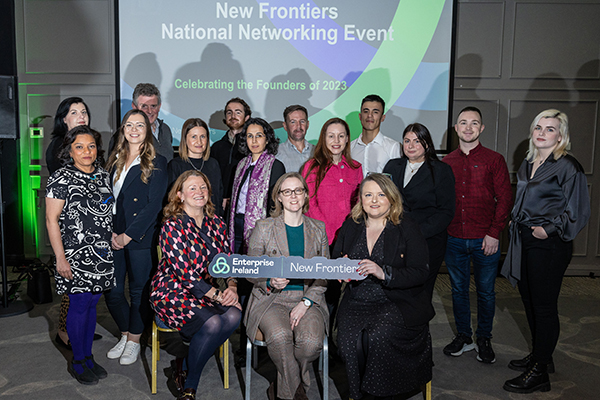
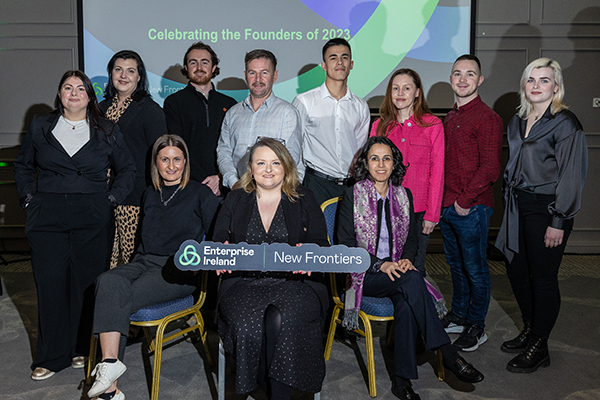
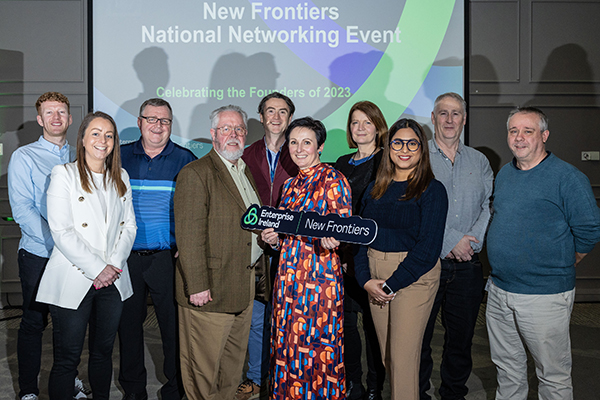
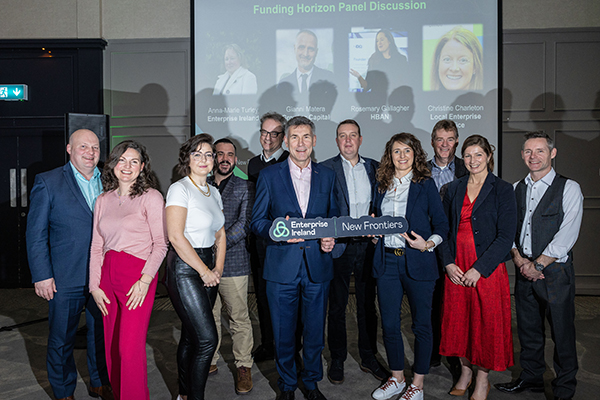
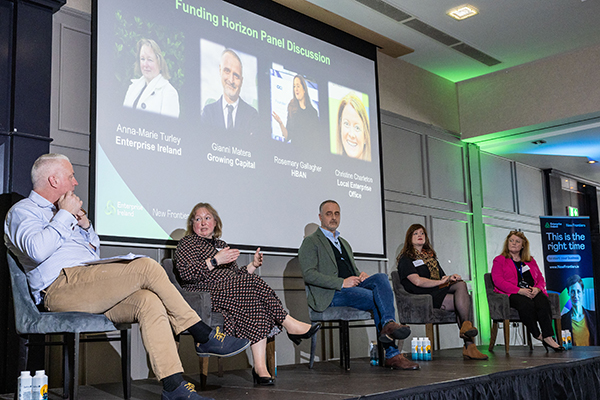
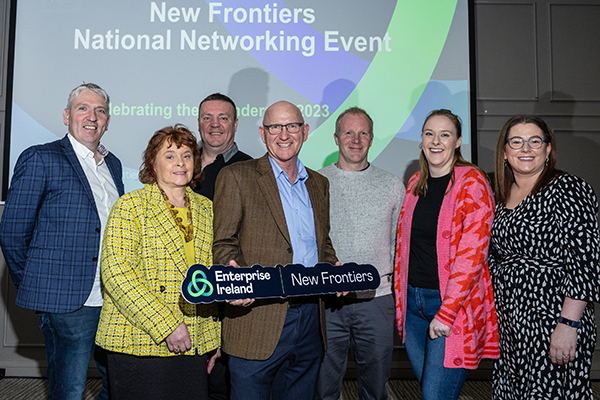
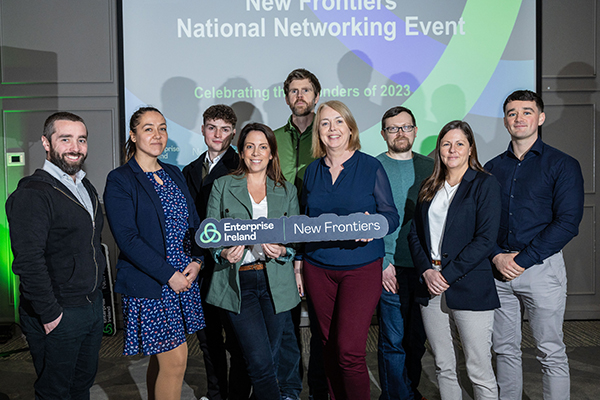
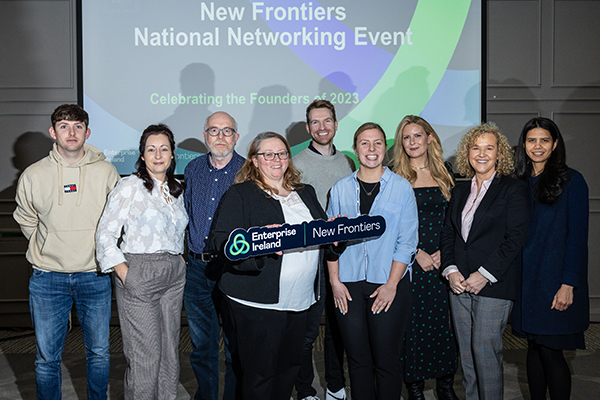
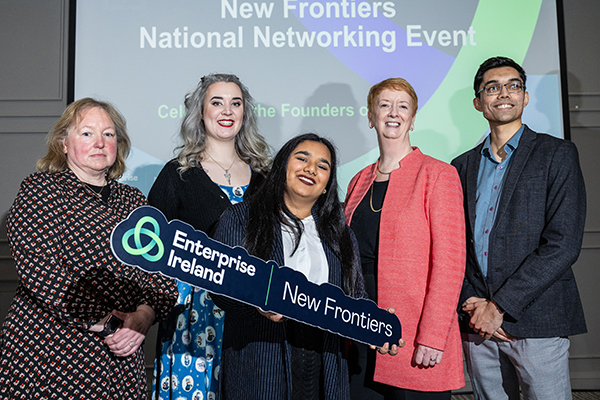
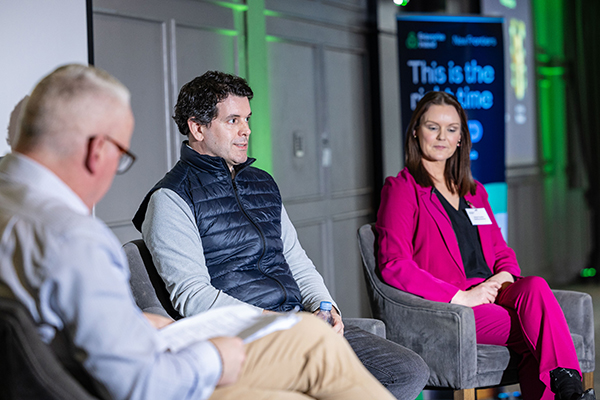
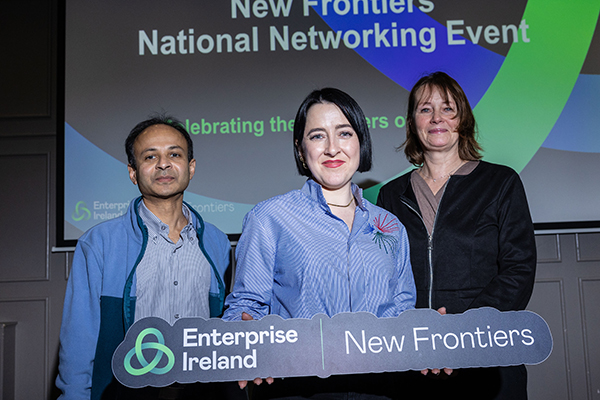
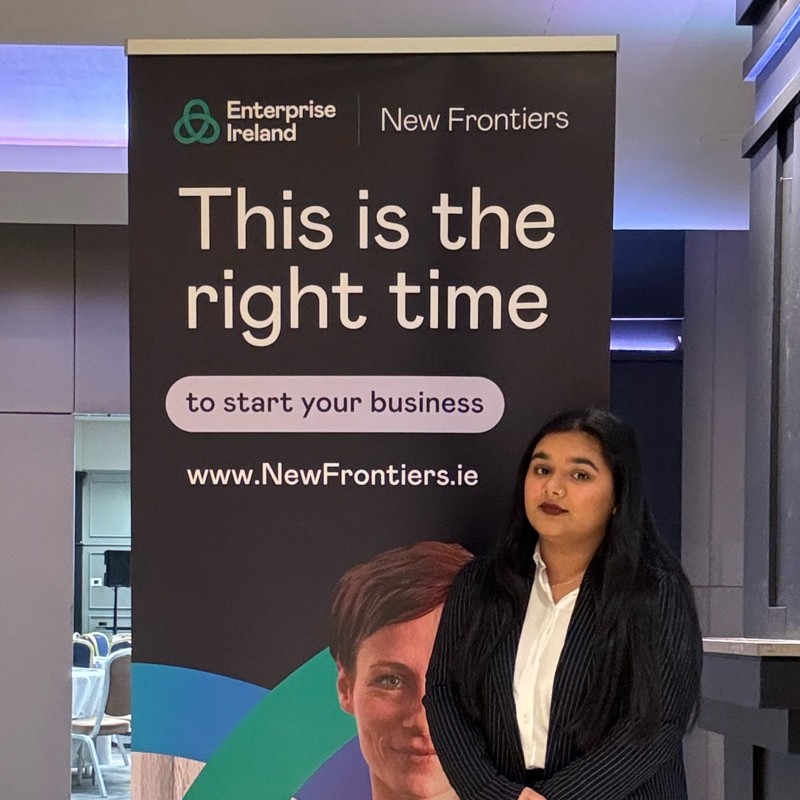

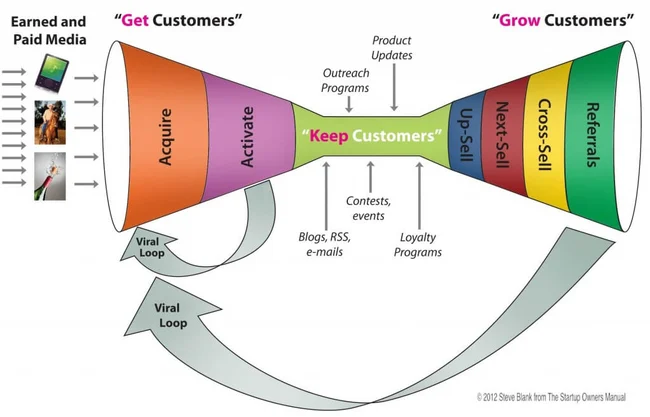 Gemma Purcell, Programme Manager at SETU – Carlow Campus
Gemma Purcell, Programme Manager at SETU – Carlow Campus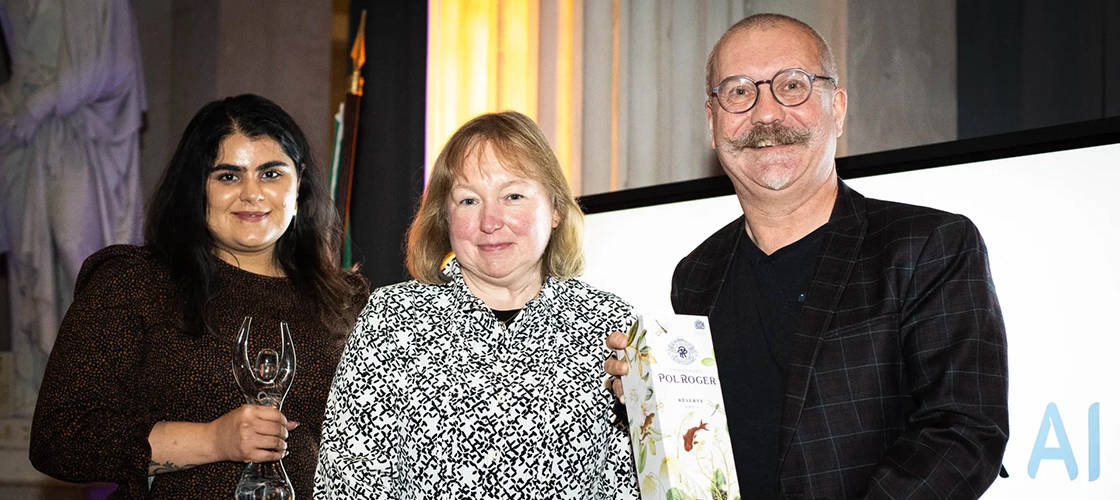
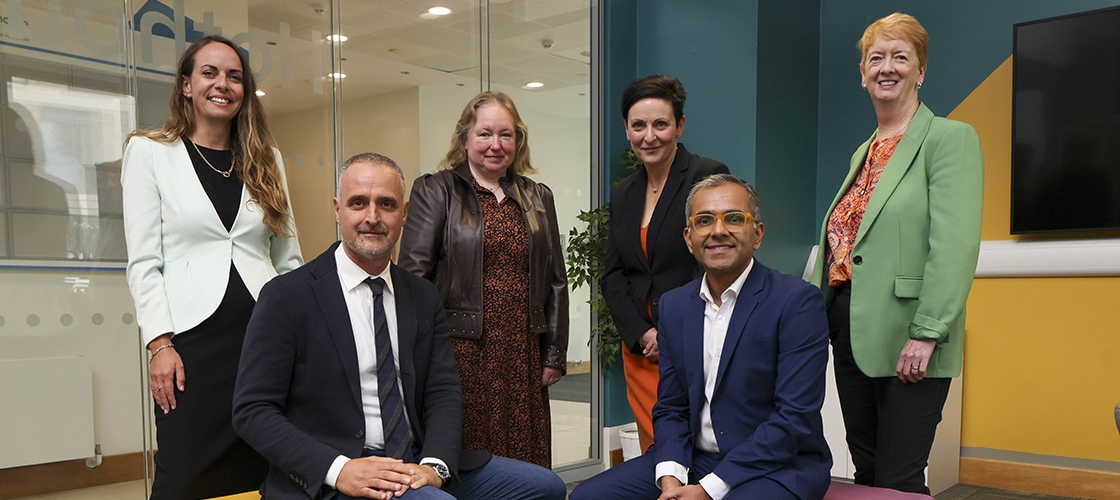
 About Gianni Matera
About Gianni Matera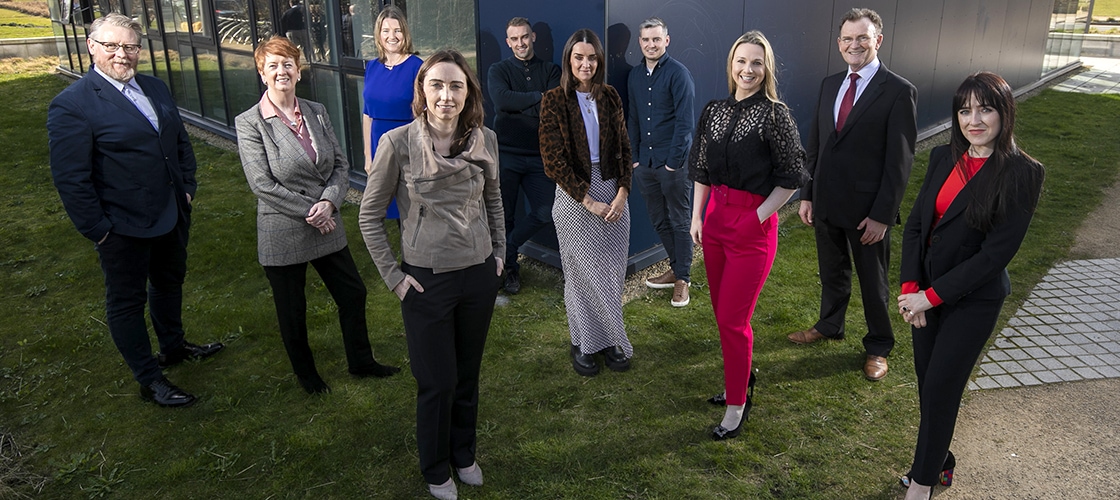


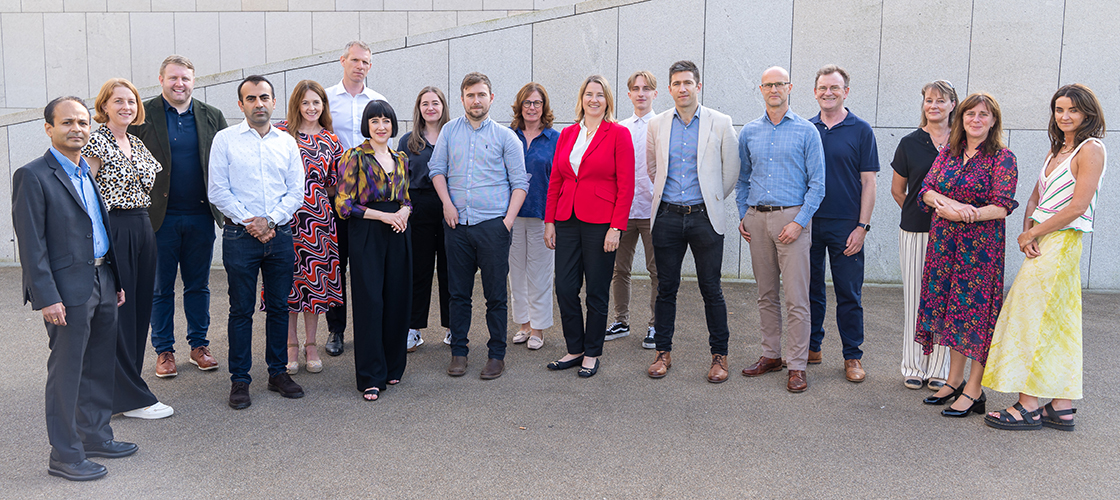
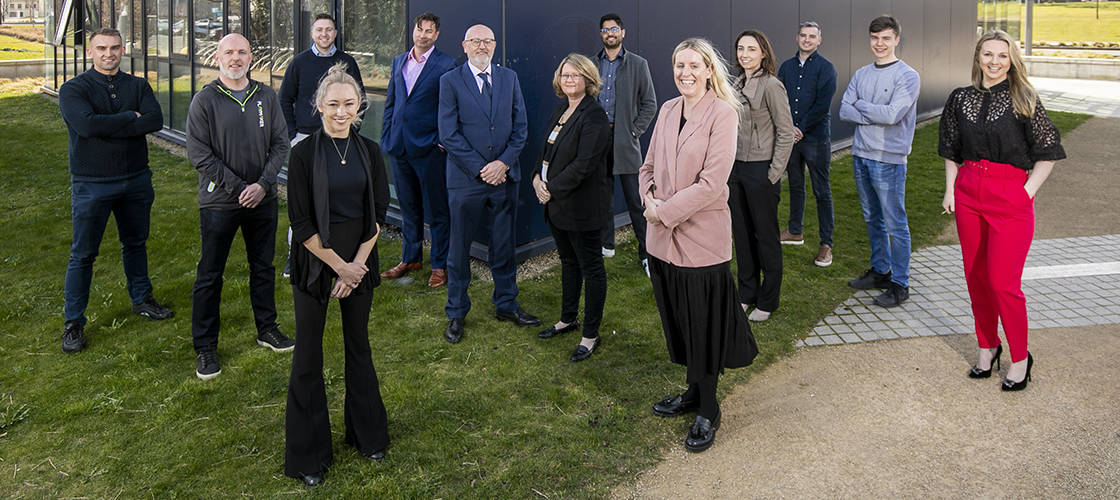

 Alexandria: Yes, it started off as a personal project back in 2021. As I shared my gardening passion and other experiences on my blog, a community began to build around it. I was enrolled at SETU – Carlow Campus, studying for my BSc in Business with Marketing at the time. During a period of poor mental health, I was given a set of aromatherapy essential oils. The impact the products had on me was profound, and I started to experiment with the different fragrances and applications like candles. People I knew started asking me to make them, and before I knew it, I was developing a product range. It wasn’t planned as such, it all just happened quite organically.
Alexandria: Yes, it started off as a personal project back in 2021. As I shared my gardening passion and other experiences on my blog, a community began to build around it. I was enrolled at SETU – Carlow Campus, studying for my BSc in Business with Marketing at the time. During a period of poor mental health, I was given a set of aromatherapy essential oils. The impact the products had on me was profound, and I started to experiment with the different fragrances and applications like candles. People I knew started asking me to make them, and before I knew it, I was developing a product range. It wasn’t planned as such, it all just happened quite organically. Alexandria: Absolutely. My family home, Turra Lodge Farm, has a beautiful garden which my Mum and Nana designed and planted when I was younger. It is a cornerstone of my mental health. Luckily, my family has indulged my passion, or obsession, with gardening for years now and given me lots of creative freedom to develop different parts of it. That’s what my blog initially revolved around.
Alexandria: Absolutely. My family home, Turra Lodge Farm, has a beautiful garden which my Mum and Nana designed and planted when I was younger. It is a cornerstone of my mental health. Luckily, my family has indulged my passion, or obsession, with gardening for years now and given me lots of creative freedom to develop different parts of it. That’s what my blog initially revolved around.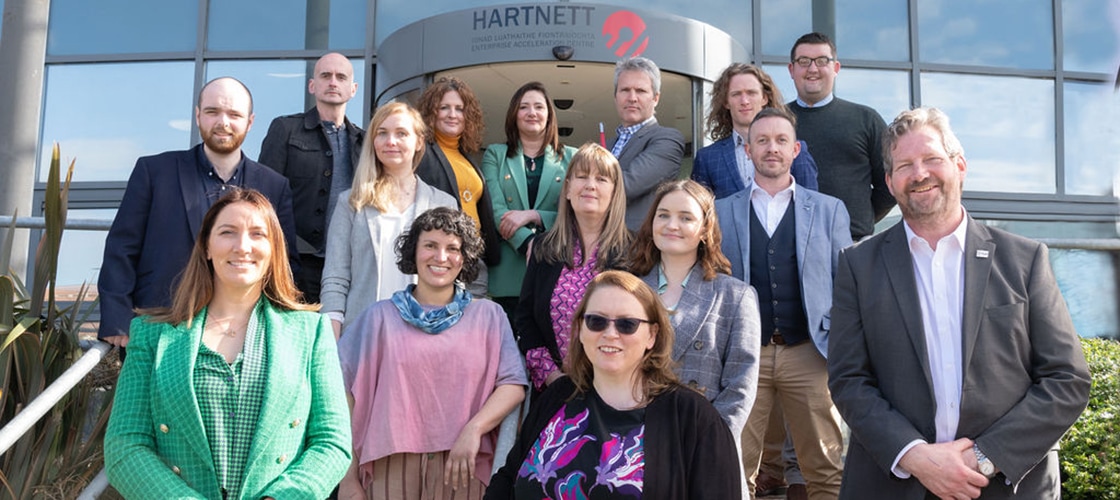

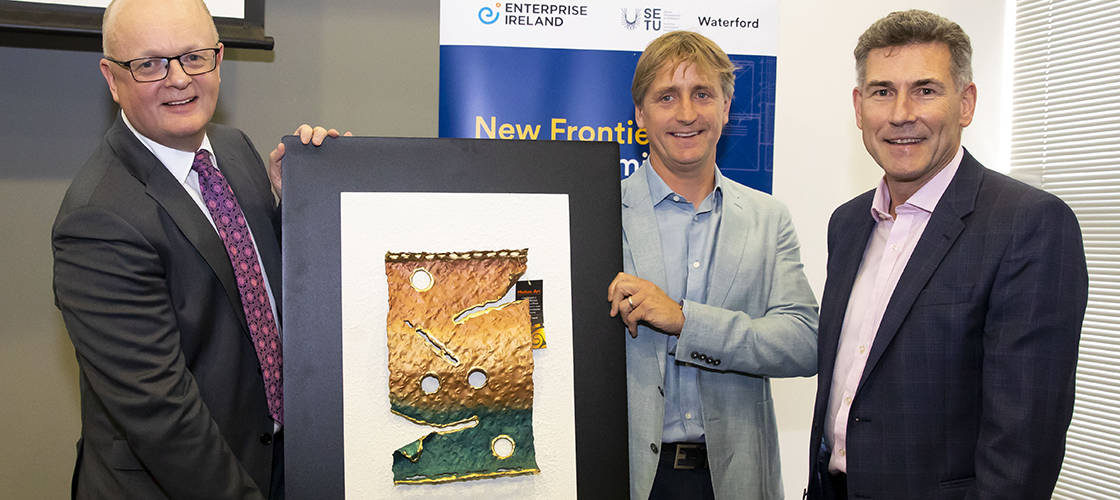
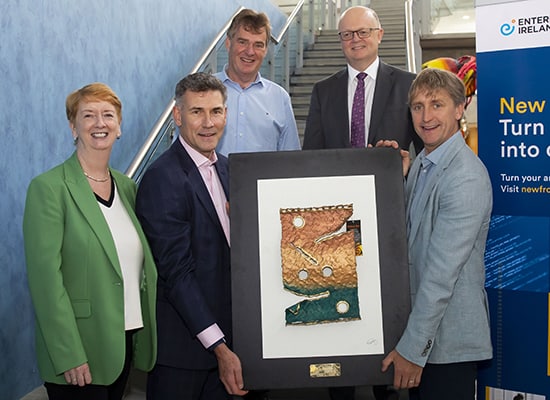
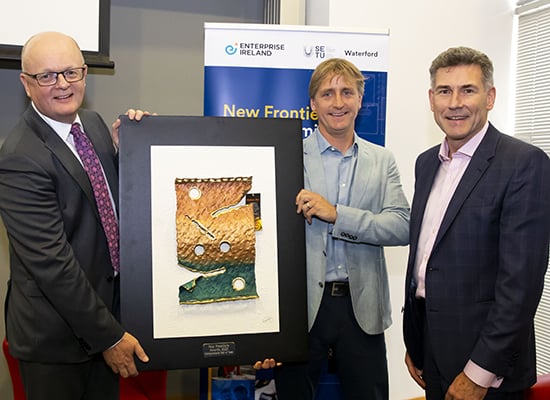


 Heidi Davis: There are 440 million women going through the menopausal transition worldwide and 330 million of these women will experience symptoms that are negatively affecting their lives at work and at home. We know that about 60% of women that suffer from their symptoms will seek medical help, but only 30% of these women will get a diagnosis and treatment plan, leaving 70% of the women wanting help to suffer. The simple reason women do not get a diagnosis and treatment plan easily is that there are no clear diagnostic tests to establish perimenopause. Clinicians rely on self-reported symptoms on the frequency and severity of symptoms to establish perimenopause and prescribe treatment. We are developing a first-of-its-kind wearable biosensor and digital platform that can passively quantify & profile the frequency and severity of menopausal symptoms, providing women and clinicians with the necessary information to diagnose & personalise symptom management.
Heidi Davis: There are 440 million women going through the menopausal transition worldwide and 330 million of these women will experience symptoms that are negatively affecting their lives at work and at home. We know that about 60% of women that suffer from their symptoms will seek medical help, but only 30% of these women will get a diagnosis and treatment plan, leaving 70% of the women wanting help to suffer. The simple reason women do not get a diagnosis and treatment plan easily is that there are no clear diagnostic tests to establish perimenopause. Clinicians rely on self-reported symptoms on the frequency and severity of symptoms to establish perimenopause and prescribe treatment. We are developing a first-of-its-kind wearable biosensor and digital platform that can passively quantify & profile the frequency and severity of menopausal symptoms, providing women and clinicians with the necessary information to diagnose & personalise symptom management. Grainne Byrne: Norma is a psychosexual wellbeing platform and app. Our first product is a digital support programme for two very common conditions that impact sexual wellbeing, vaginismus and dyspareunia, which can affect approximately 1 in 5 in women.* These conditions can cause pain, anxiety, and difficulties with things like penetrative sex, inserting menstrual products, or undergoing a smear test. Our dynamic programme empowers these people with the knowledge and the tools to understand, manage and overcome these conditions at home today. Thankfully, in recent years, there has been a surge of much-needed, user-centric innovations in areas like cycle tracking, fertility, and menopause. At Norma, we are definitely excited to be riding the crest of this long-overdue femtech wave.
Grainne Byrne: Norma is a psychosexual wellbeing platform and app. Our first product is a digital support programme for two very common conditions that impact sexual wellbeing, vaginismus and dyspareunia, which can affect approximately 1 in 5 in women.* These conditions can cause pain, anxiety, and difficulties with things like penetrative sex, inserting menstrual products, or undergoing a smear test. Our dynamic programme empowers these people with the knowledge and the tools to understand, manage and overcome these conditions at home today. Thankfully, in recent years, there has been a surge of much-needed, user-centric innovations in areas like cycle tracking, fertility, and menopause. At Norma, we are definitely excited to be riding the crest of this long-overdue femtech wave.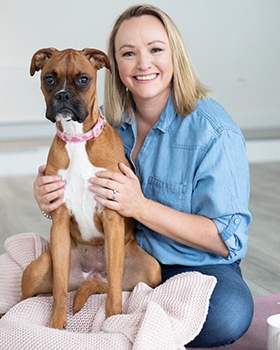 Deborah Brock: Nua Fertility is revolutionising the field of reproductive health by harnessing the power of the microbiome to enhance and optimise fertility outcomes. We combine personal experience, scientific research, and innovative products and digital solutions to optimise the microbiome for fertility success. The idea behind Nua Fertility is one whose time has come as the area of the microbiome for reproductive health is one of the most innovative and growing areas in fertility health. There is a rising awareness of the significant role that the microbiome plays in reproductive health, and scientific advancements have highlighted its impact on various aspects of fertility.
Deborah Brock: Nua Fertility is revolutionising the field of reproductive health by harnessing the power of the microbiome to enhance and optimise fertility outcomes. We combine personal experience, scientific research, and innovative products and digital solutions to optimise the microbiome for fertility success. The idea behind Nua Fertility is one whose time has come as the area of the microbiome for reproductive health is one of the most innovative and growing areas in fertility health. There is a rising awareness of the significant role that the microbiome plays in reproductive health, and scientific advancements have highlighted its impact on various aspects of fertility.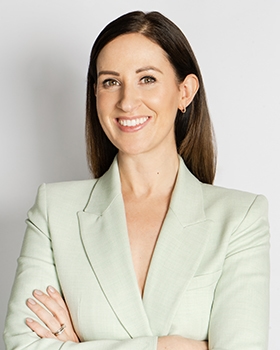 Alison Clarke: Every day, women experiencing fertility problems walk out of their career, resulting in depleted talent pools and costing employers tens of thousands. Fembition is a pioneering women’s fertility and leadership platform for progressive employers who want to retain their top female talent, close the gender gap and build a more inclusive culture at work. Essentially, we provide analytics, networking and peer support for women in business who are experiencing a challenging fertility journey. One of the biggest challenges for many women is managing their career whilst they’re trying to conceive. We work with these women through our platform and provide resources, workshops, and live support.
Alison Clarke: Every day, women experiencing fertility problems walk out of their career, resulting in depleted talent pools and costing employers tens of thousands. Fembition is a pioneering women’s fertility and leadership platform for progressive employers who want to retain their top female talent, close the gender gap and build a more inclusive culture at work. Essentially, we provide analytics, networking and peer support for women in business who are experiencing a challenging fertility journey. One of the biggest challenges for many women is managing their career whilst they’re trying to conceive. We work with these women through our platform and provide resources, workshops, and live support. After university, Aoife went to work for an entrepreneur, gaining a real appreciation of the drive, commitment, resilience, and flexibility required to make a fledgling business successful. She then moved into an international setting for over a decade, at the heart of a rapidly scaling global tech startup. Following this, she consulted for a wide range of startups and SMEs in sectors such as pharma, hospitality, retail, and medtech. Through this work, Aoife developed a deeper interest in entrepreneurship, which led her to the role of Enterprise Programmes Manager at the Innovation & Enterprise Office, MTU. An experienced project manager, Aoife brings strong analytical thinking and problem-solving skills to the table, supporting entrepreneurs through their journey with a pragmatic, straightforward approach.
After university, Aoife went to work for an entrepreneur, gaining a real appreciation of the drive, commitment, resilience, and flexibility required to make a fledgling business successful. She then moved into an international setting for over a decade, at the heart of a rapidly scaling global tech startup. Following this, she consulted for a wide range of startups and SMEs in sectors such as pharma, hospitality, retail, and medtech. Through this work, Aoife developed a deeper interest in entrepreneurship, which led her to the role of Enterprise Programmes Manager at the Innovation & Enterprise Office, MTU. An experienced project manager, Aoife brings strong analytical thinking and problem-solving skills to the table, supporting entrepreneurs through their journey with a pragmatic, straightforward approach.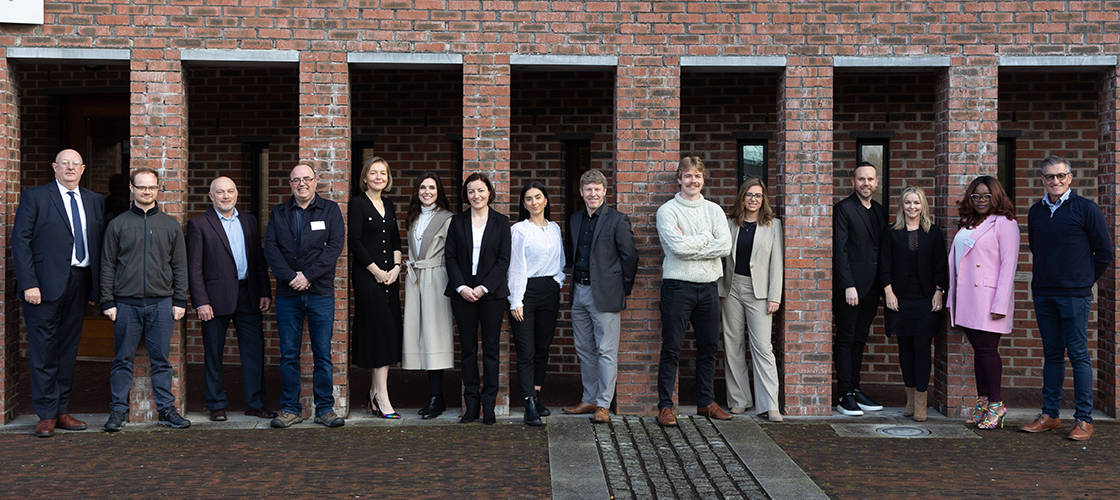 What does the programme at Cork offer?
What does the programme at Cork offer?

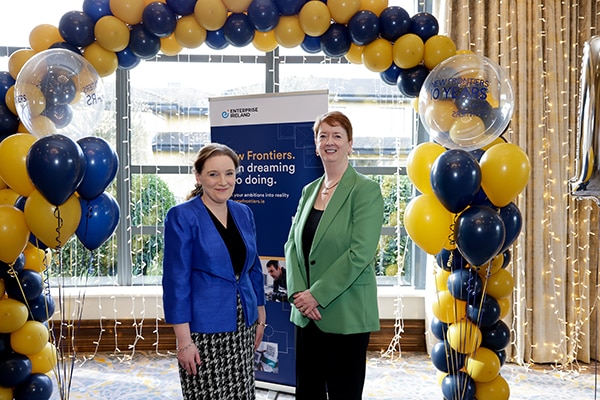
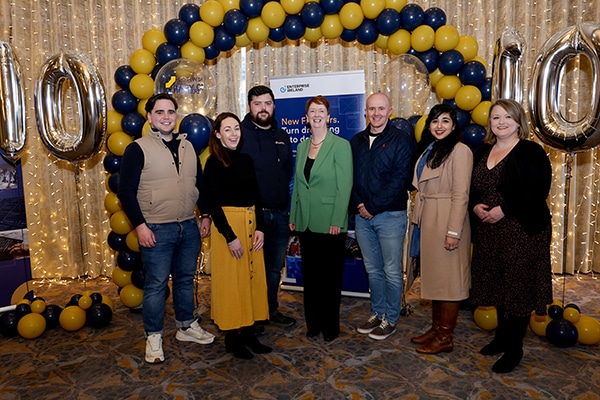
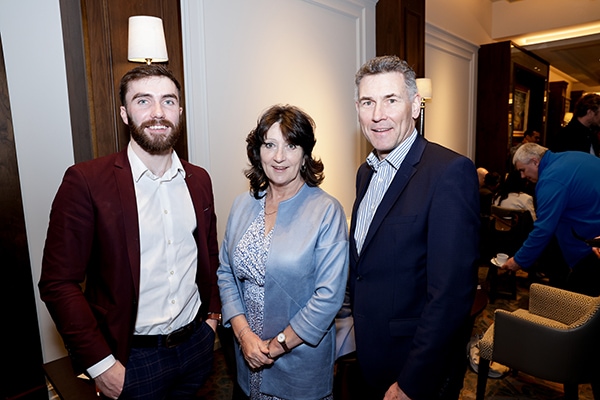
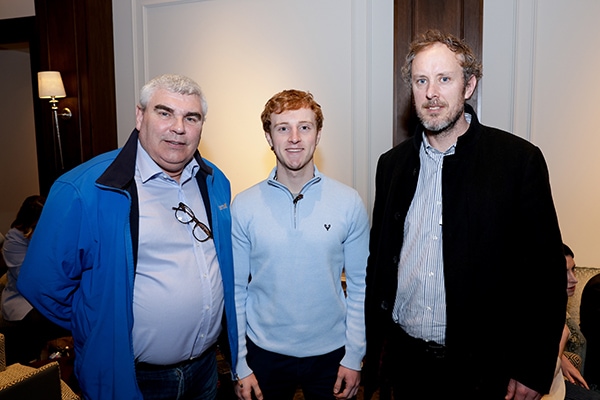
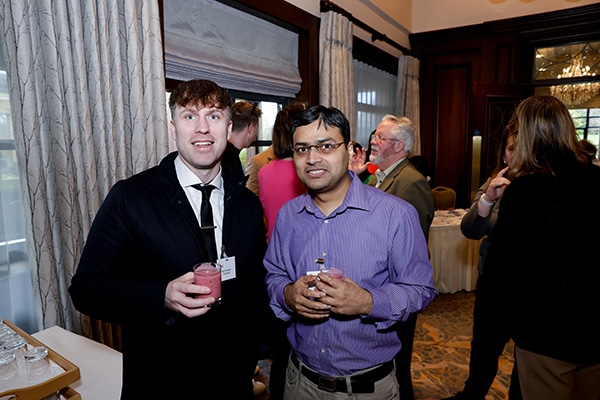
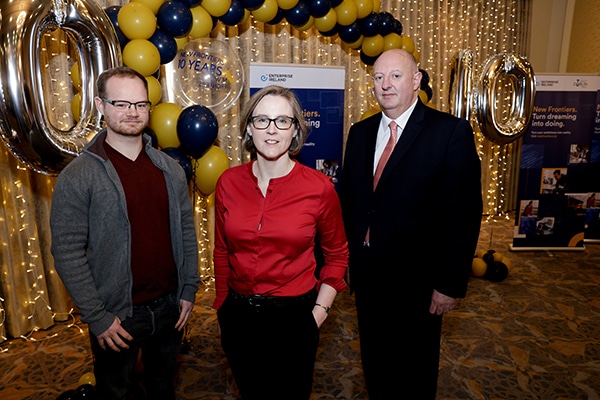

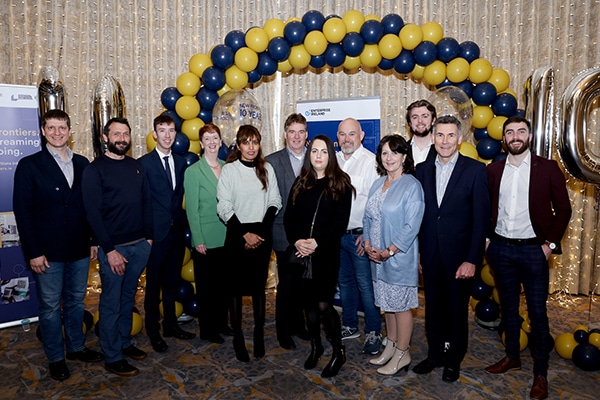
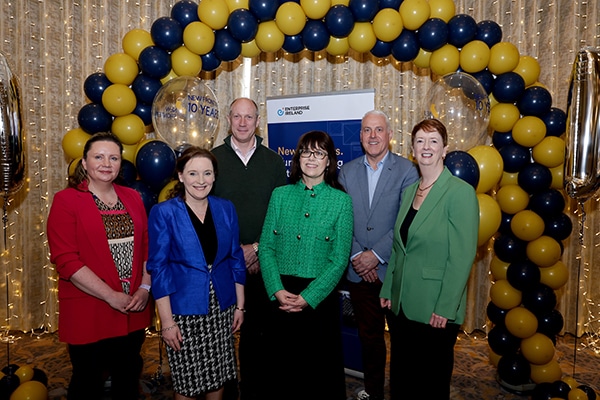
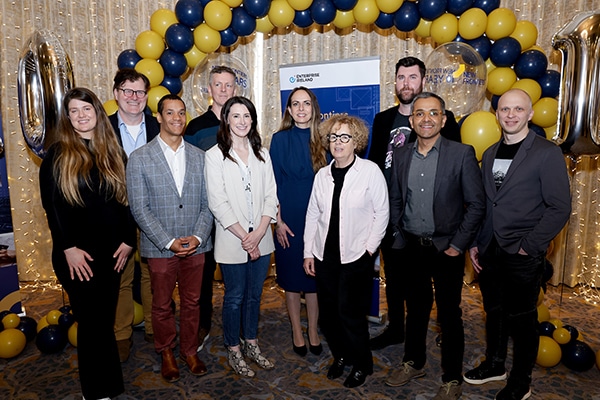
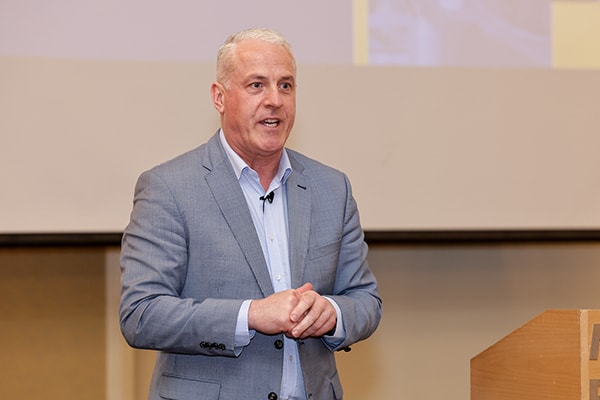

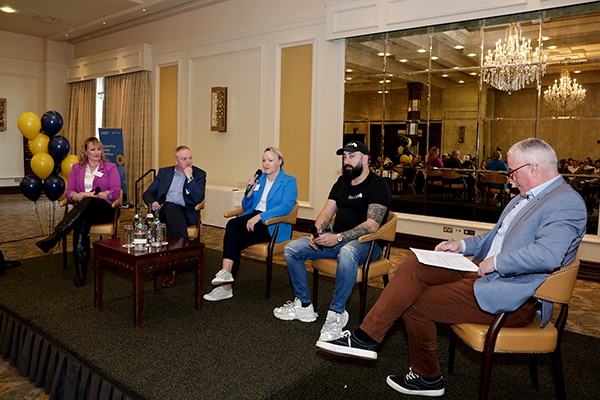

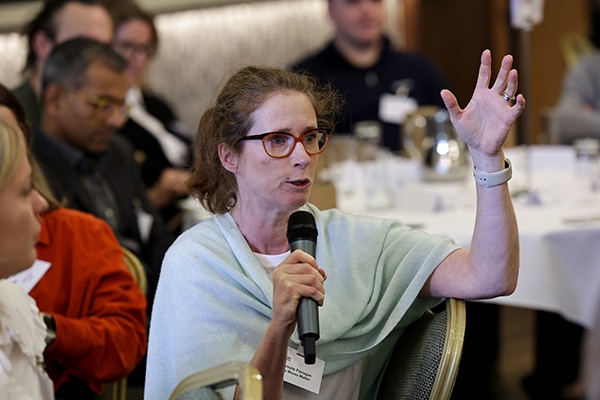

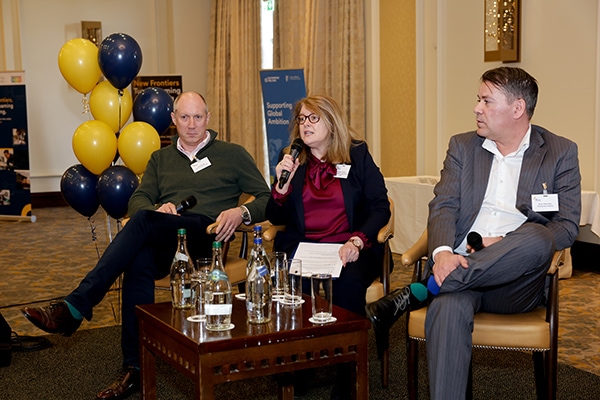

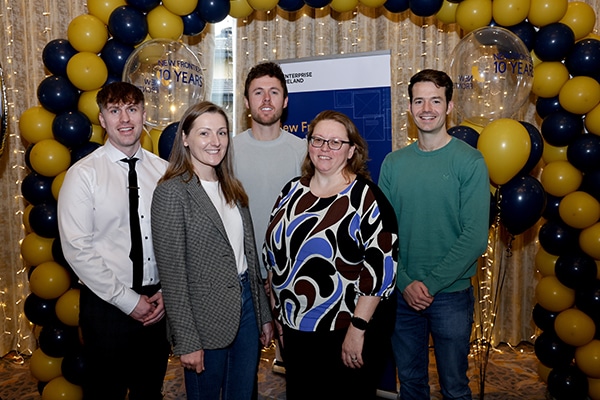

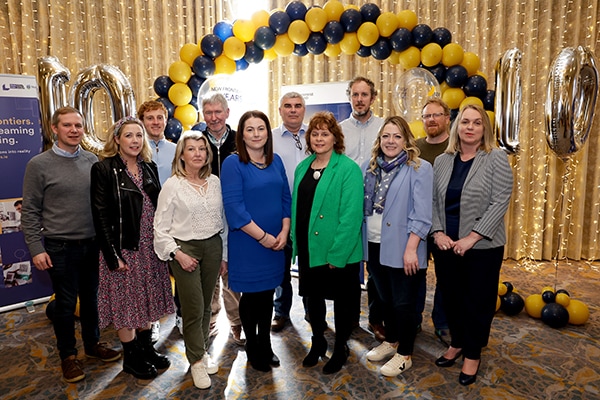
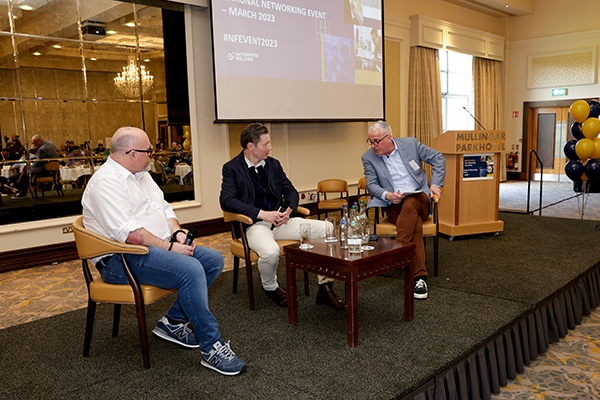
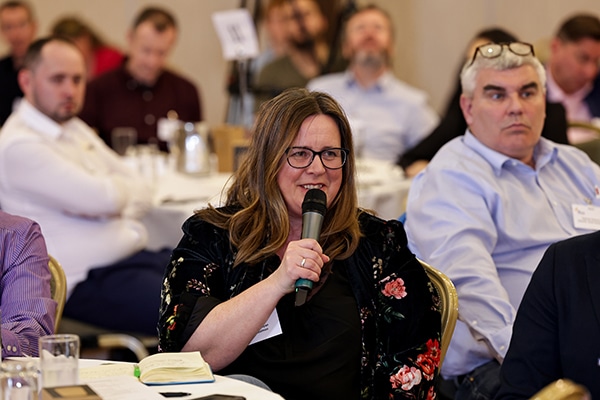

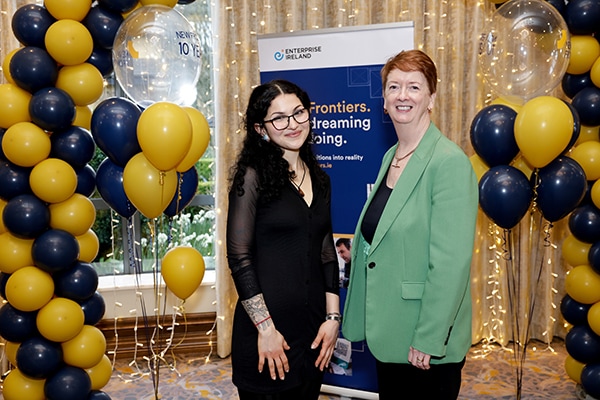

 Because Zarasyl is a new product, buyers may not know what it does, how it works, or why it’s so effective. This means that Adrienne’s first step in selling the product would typically mean a visit to the veterinary surgery, farm, or horse yard to have a face-to-face discussion with the buyer. These trips became impossible during Covid-19, so Adrienne turned her attention to the USA, reaching out to buyers individually and asking if they would like to trial the product.
Because Zarasyl is a new product, buyers may not know what it does, how it works, or why it’s so effective. This means that Adrienne’s first step in selling the product would typically mean a visit to the veterinary surgery, farm, or horse yard to have a face-to-face discussion with the buyer. These trips became impossible during Covid-19, so Adrienne turned her attention to the USA, reaching out to buyers individually and asking if they would like to trial the product.
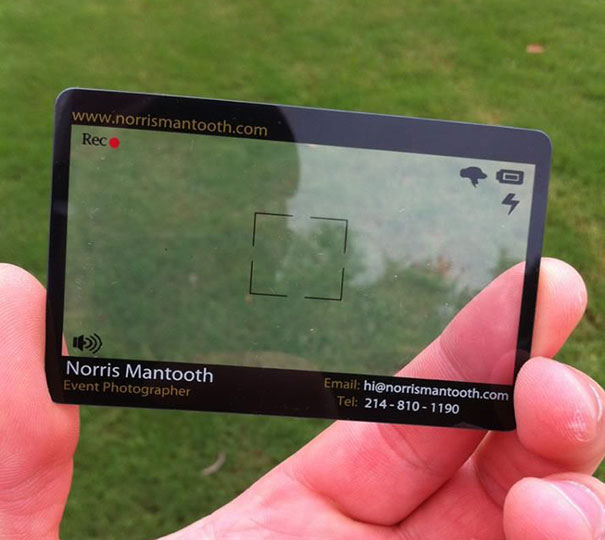






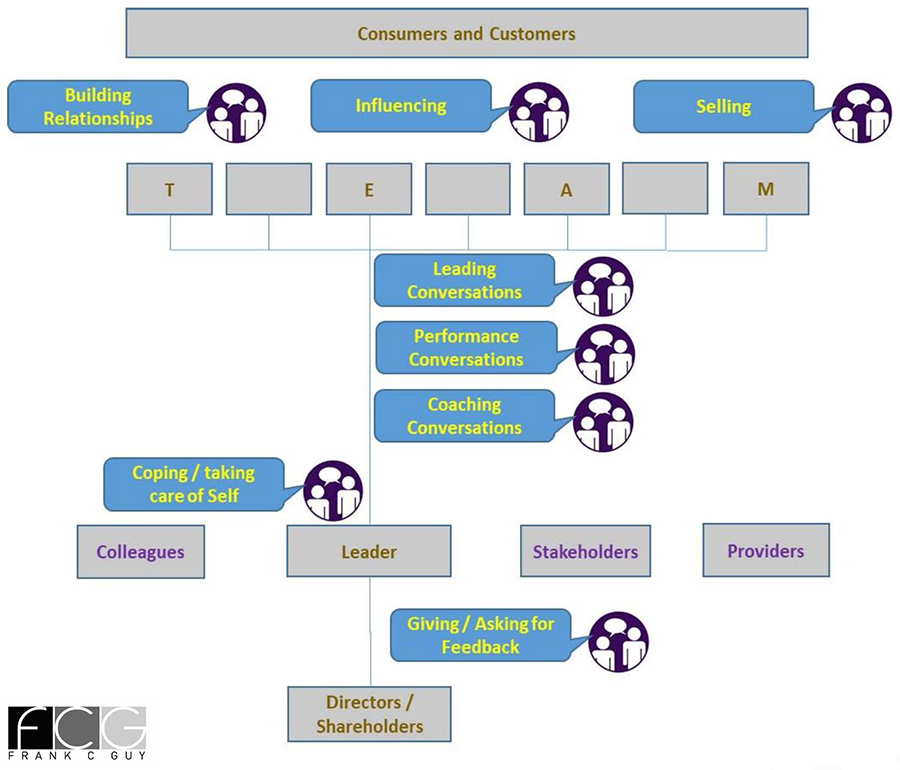
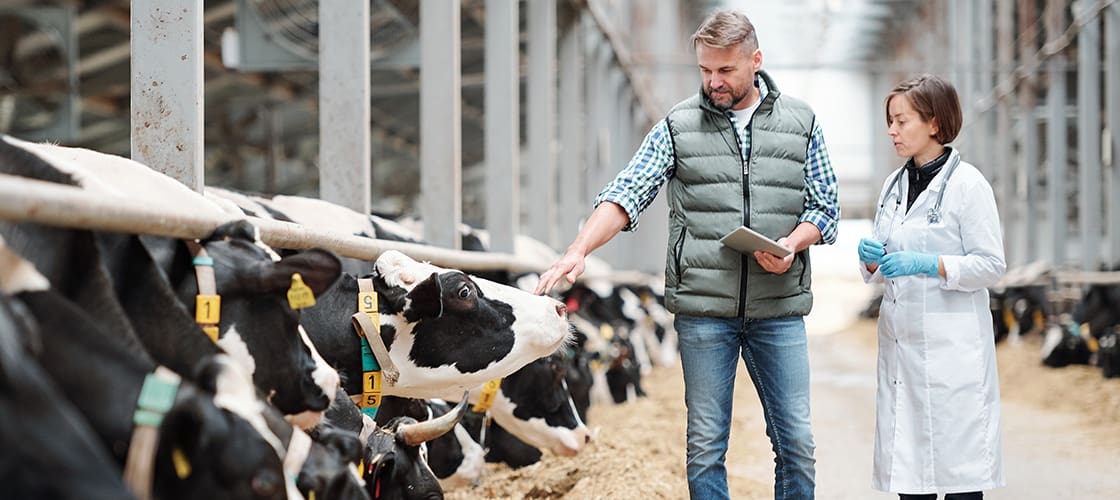

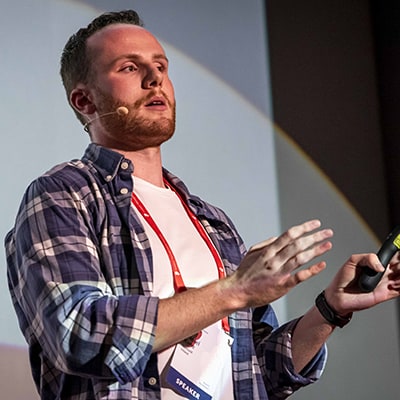



 Lauren and Bidemi met while completing degrees in pharmacy. In fact, they had an idea for a different promotion startup before having the lightbulb moment that led to developing the ProMotion Rewards app.
Lauren and Bidemi met while completing degrees in pharmacy. In fact, they had an idea for a different promotion startup before having the lightbulb moment that led to developing the ProMotion Rewards app.
 Today, we’re catching up with the New Frontiers Programme Manager at
Today, we’re catching up with the New Frontiers Programme Manager at 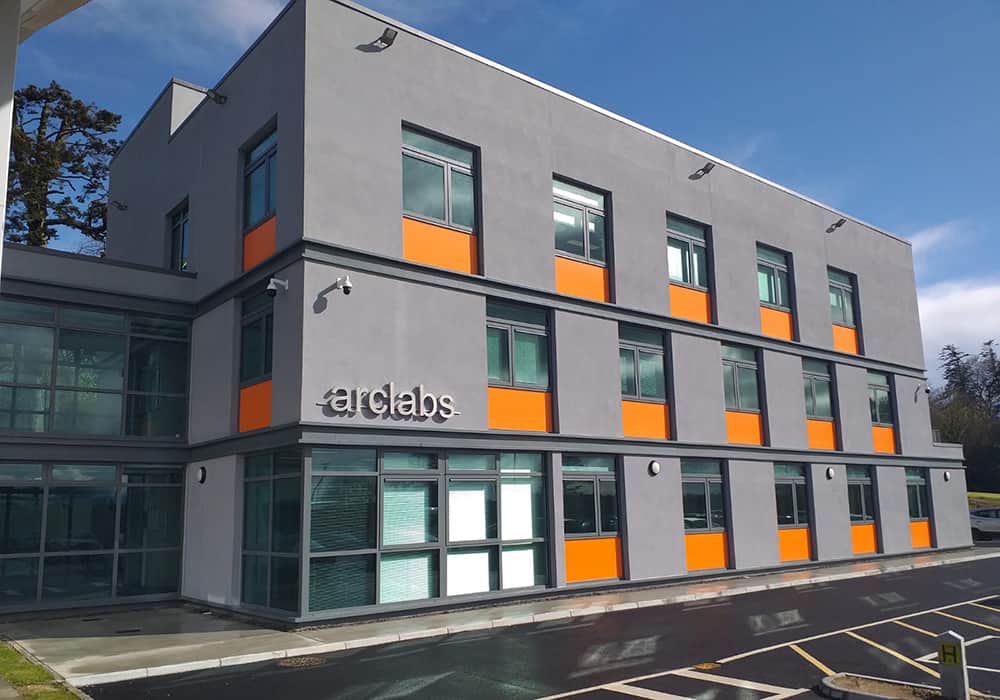

 (For more evidence that Waterford punches above its entrepreneurial weight, check out pages 10 and 11 of this edition of
(For more evidence that Waterford punches above its entrepreneurial weight, check out pages 10 and 11 of this edition of 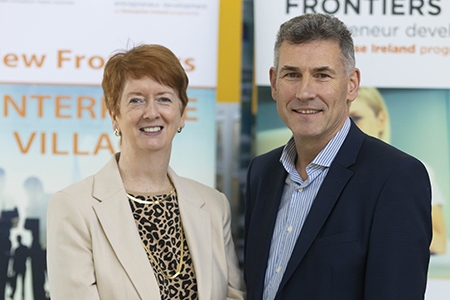
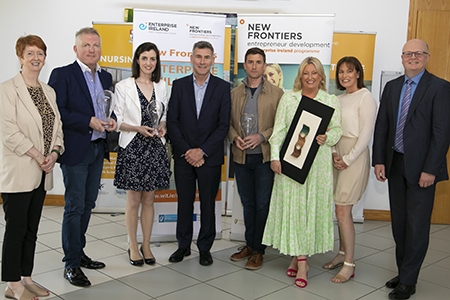
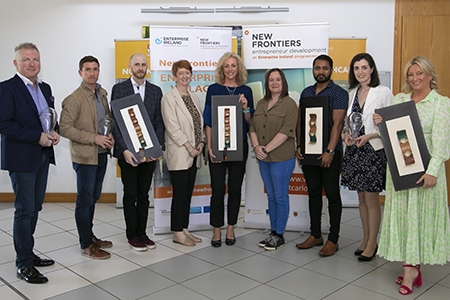
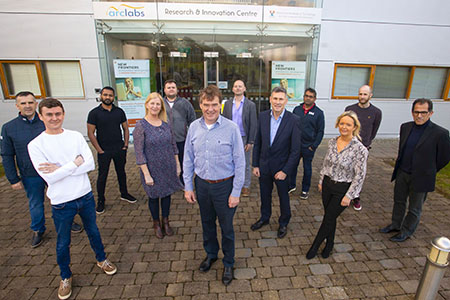
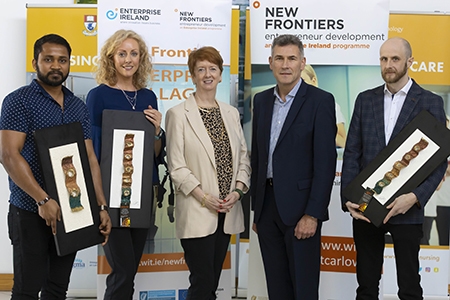
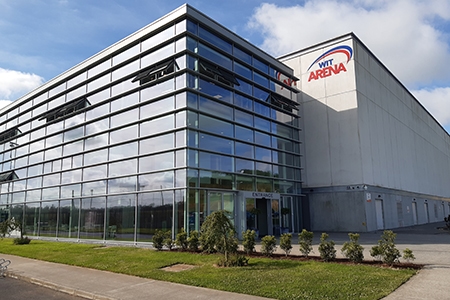


 The innovator mindset
The innovator mindset
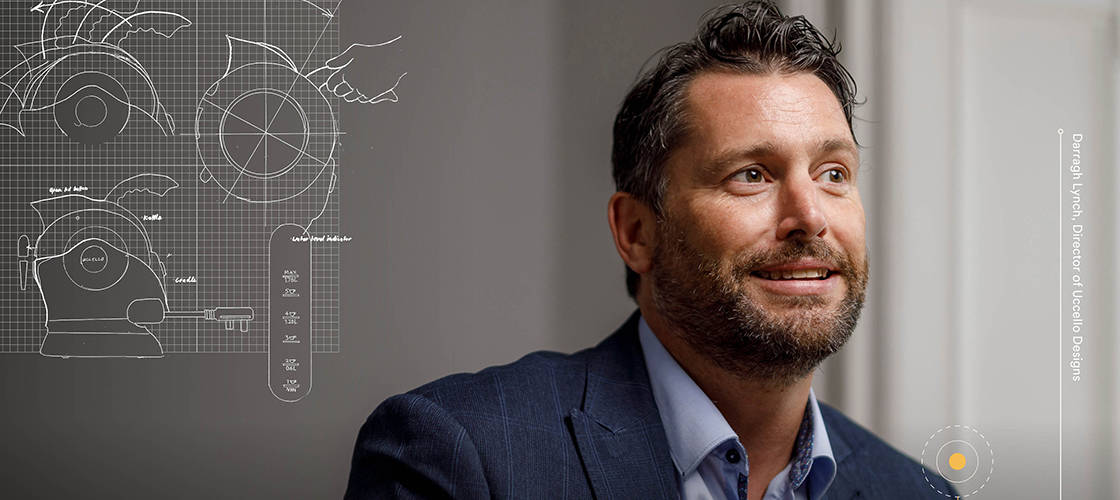


 Paula Carroll is the New Frontiers National Programme Manager at Enterprise Ireland. She is the connection between Enterprise Ireland and the 18 locations that deliver the programme around Ireland. Her role is incredibly varied and on any given day she may be welcoming new participants on the programme via Zoom (at the moment), running a programme managers’ meeting, or promoting the programme on the radio or in press interviews. If you’ve been to any New Frontiers events, pre-Covid, you may well have met Paula as she makes a point of attending showcase events and launches across the country.
Paula Carroll is the New Frontiers National Programme Manager at Enterprise Ireland. She is the connection between Enterprise Ireland and the 18 locations that deliver the programme around Ireland. Her role is incredibly varied and on any given day she may be welcoming new participants on the programme via Zoom (at the moment), running a programme managers’ meeting, or promoting the programme on the radio or in press interviews. If you’ve been to any New Frontiers events, pre-Covid, you may well have met Paula as she makes a point of attending showcase events and launches across the country.







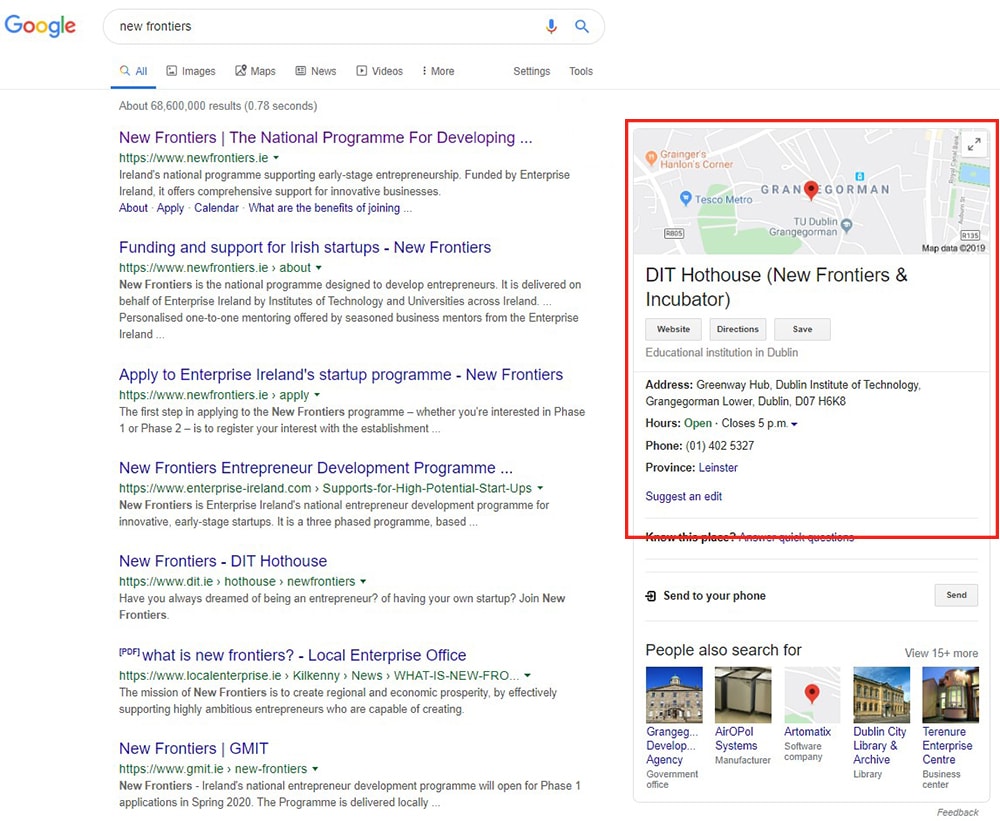






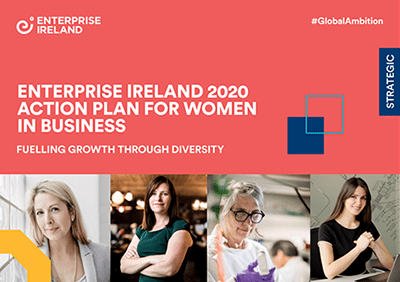






 Pierce Dargan
Pierce Dargan
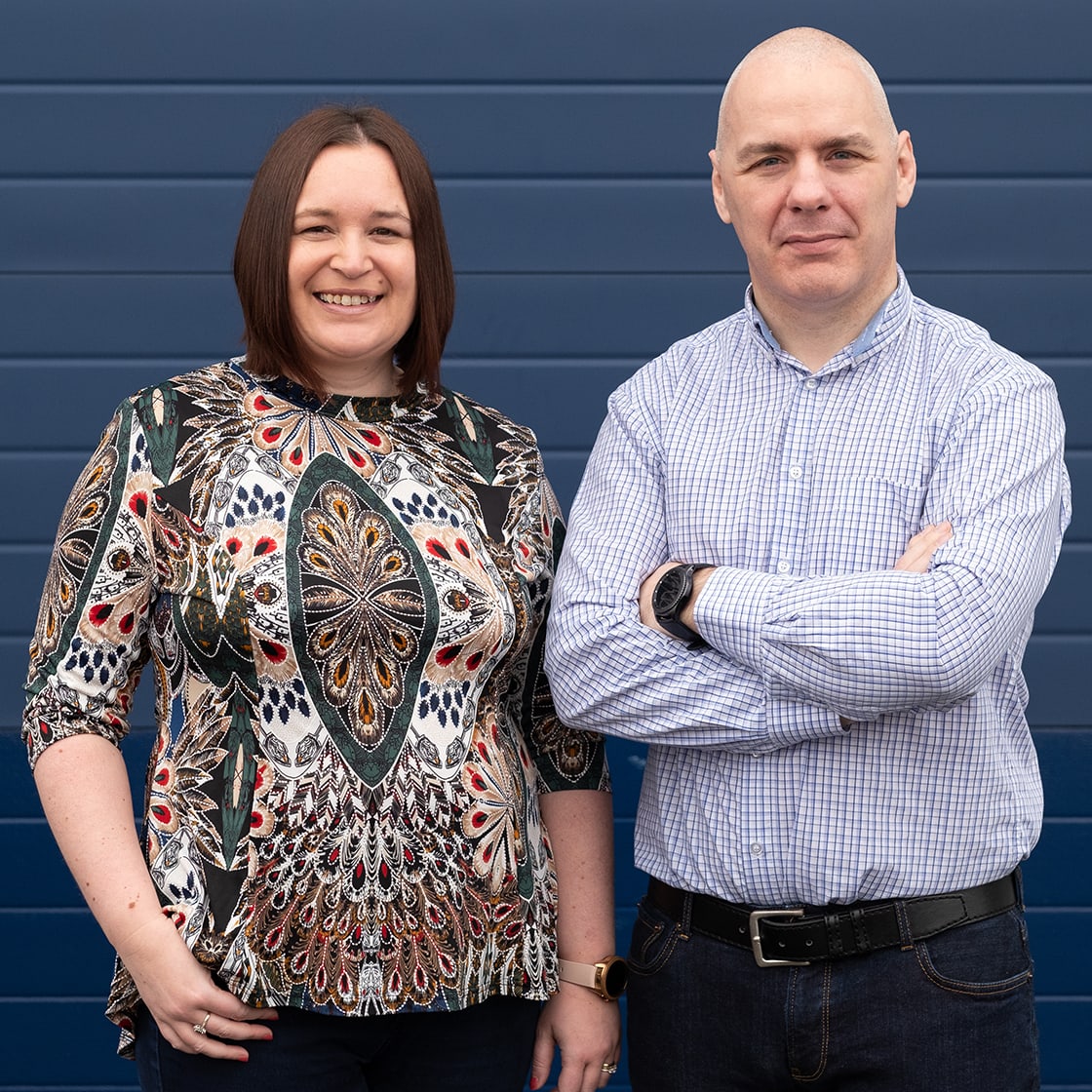


 Finn Murphy
Finn Murphy


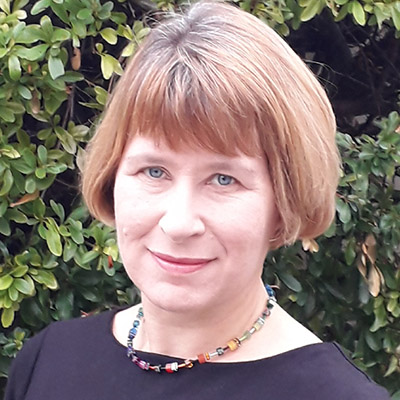 Orla Donohoe
Orla Donohoe



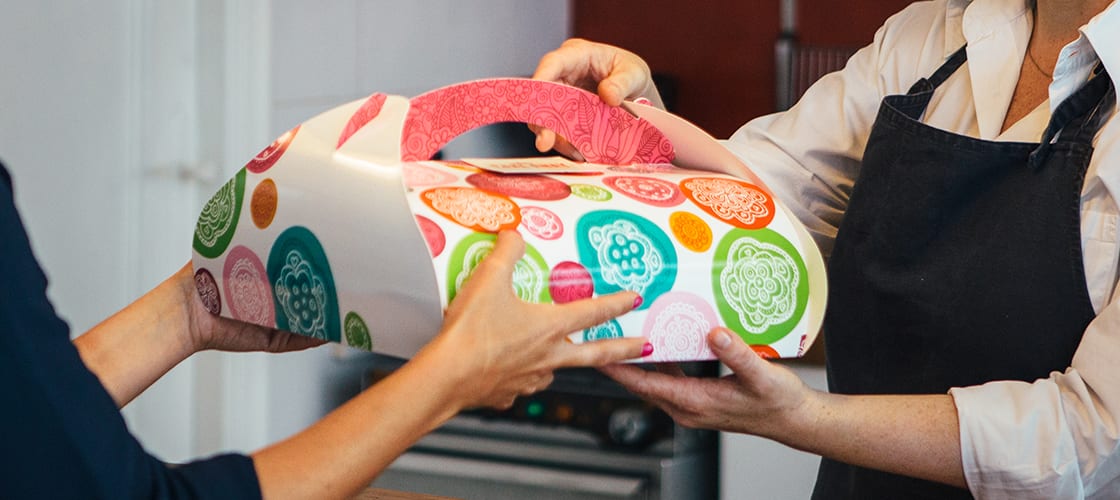




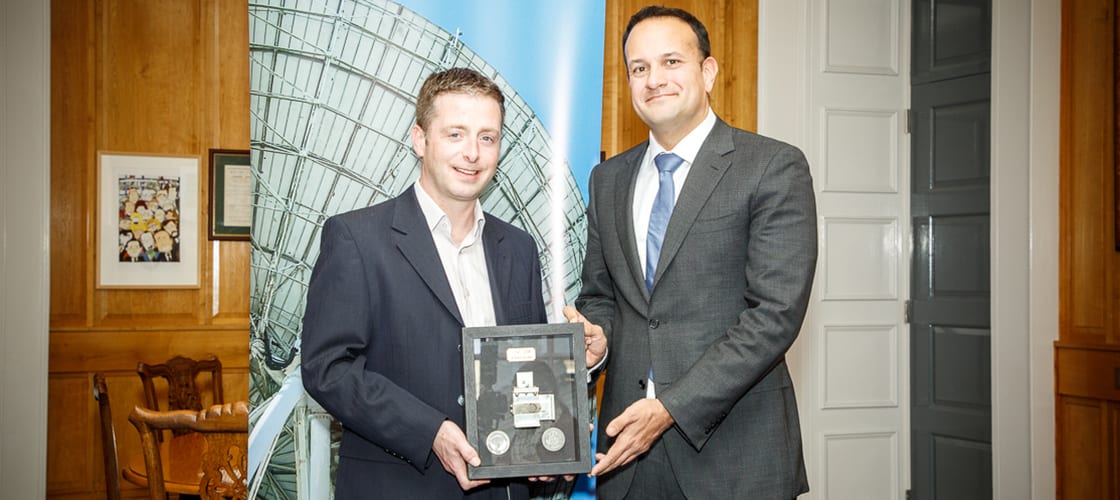
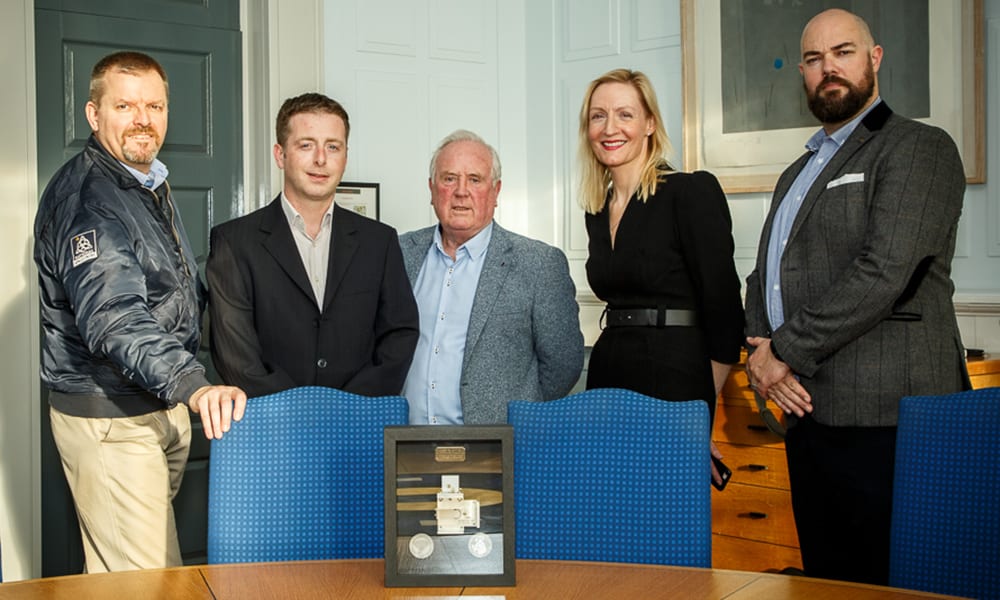
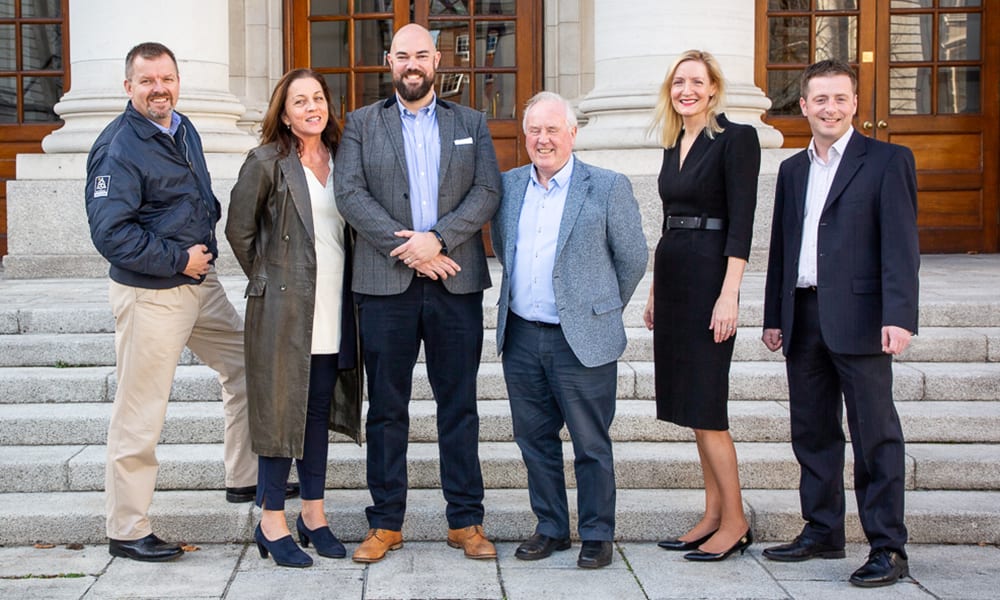
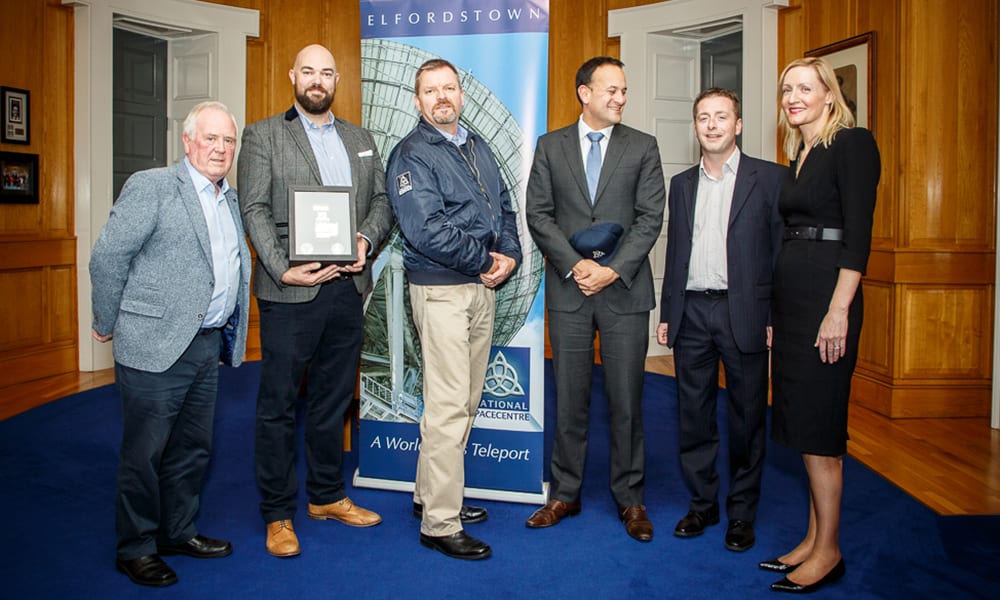



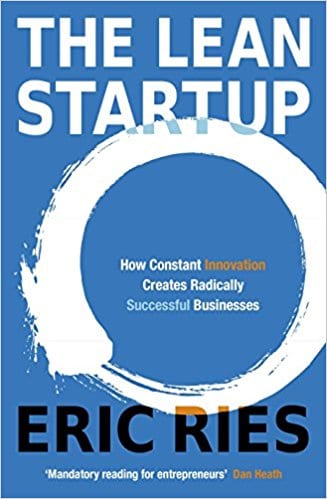 The customer-focused development process which was originally developed by
The customer-focused development process which was originally developed by  Dara Burke
Dara Burke



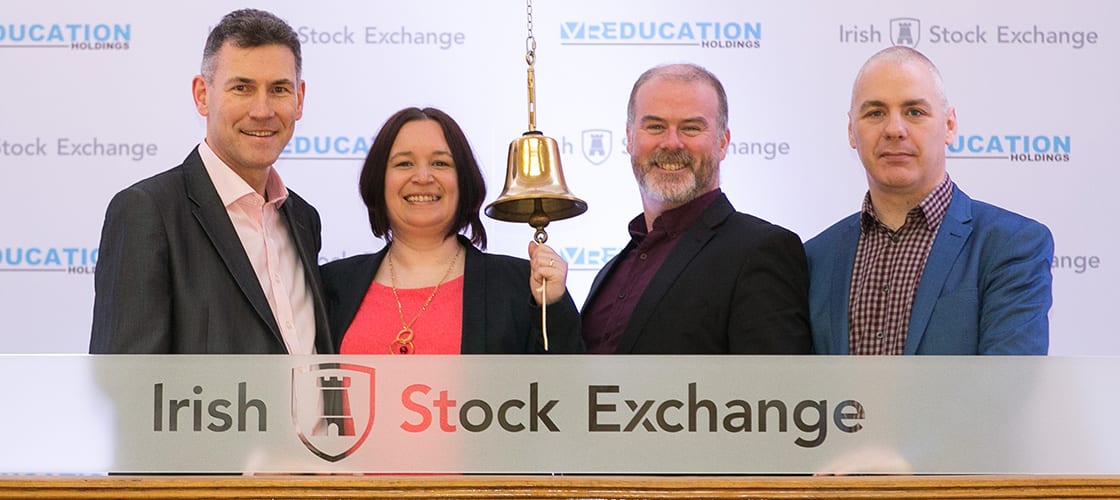

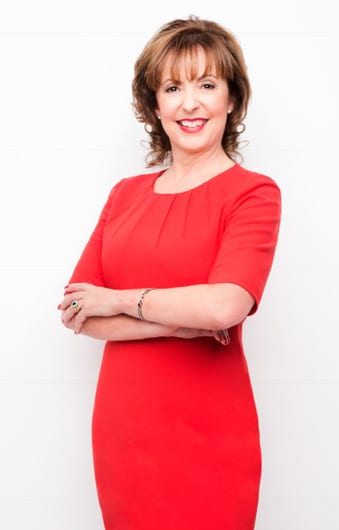

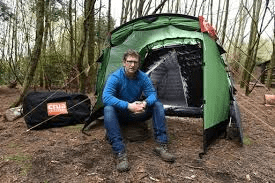
 Deep crowdfunding experience
Deep crowdfunding experience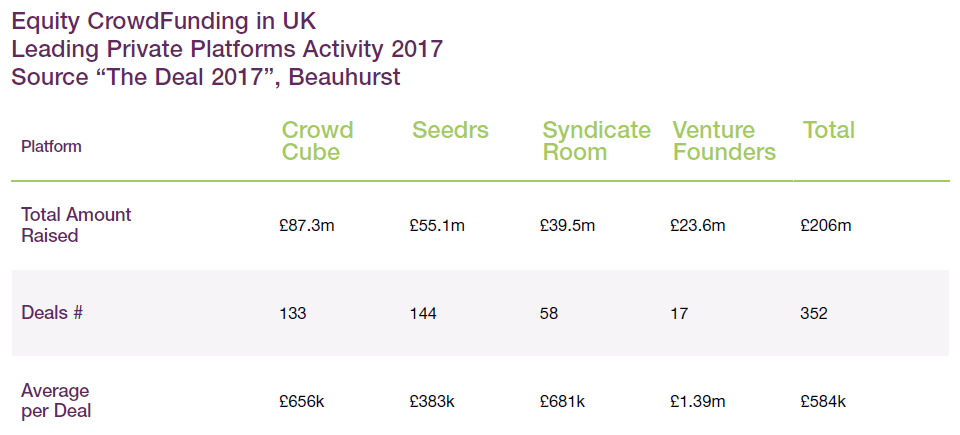
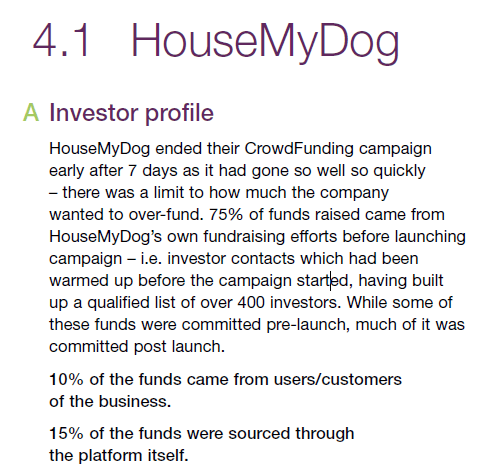 Watch my conversation with Derek
Watch my conversation with Derek Donncha Hughes
Donncha Hughes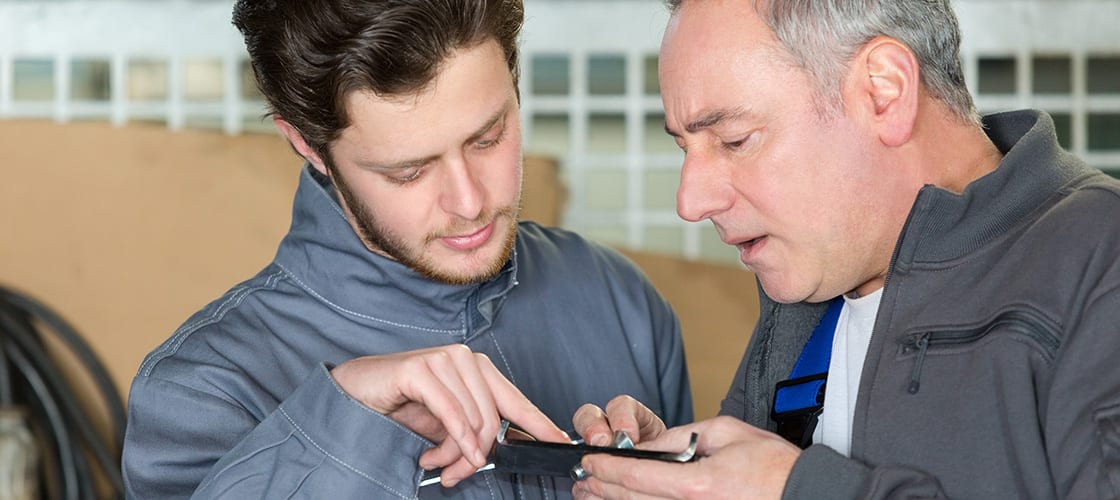

 Gerard Comerford
Gerard Comerford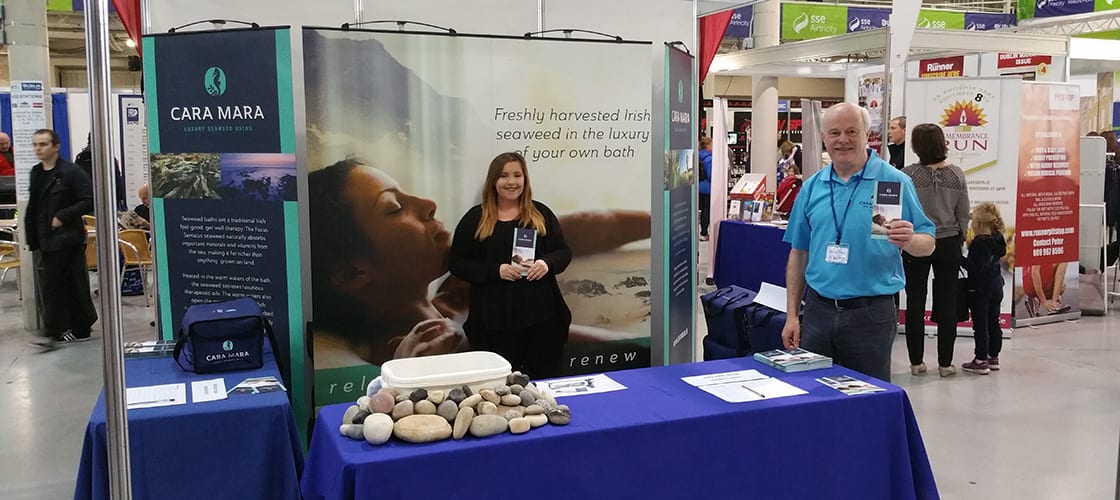
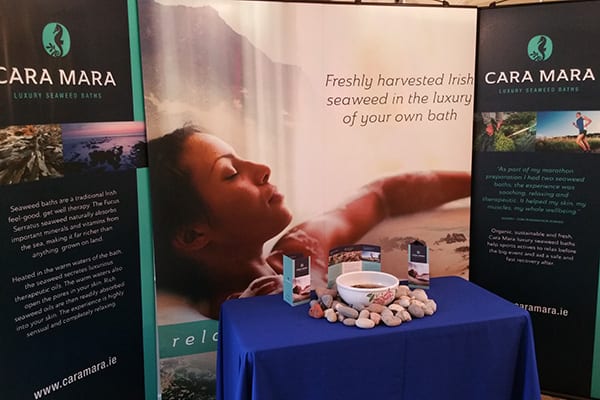 Stand preparation
Stand preparation


















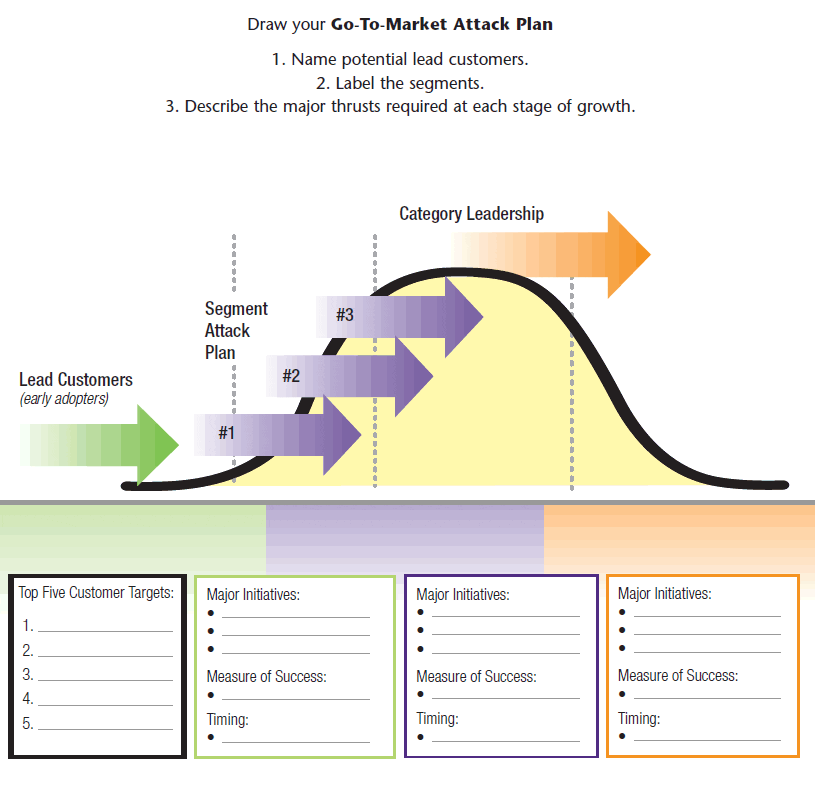 So what? Who cares? Why you?
So what? Who cares? Why you? Garrett Duffy
Garrett Duffy
 Donal Kerr
Donal Kerr
 Francis Fitzgibbon
Francis Fitzgibbon




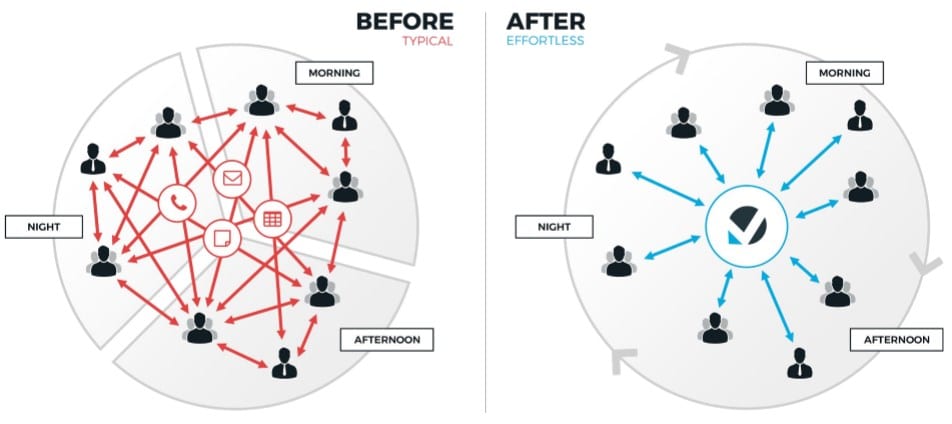




 Dominic Mullan
Dominic Mullan
 Alan Costello
Alan Costello
 Nicola McDonnell
Nicola McDonnell
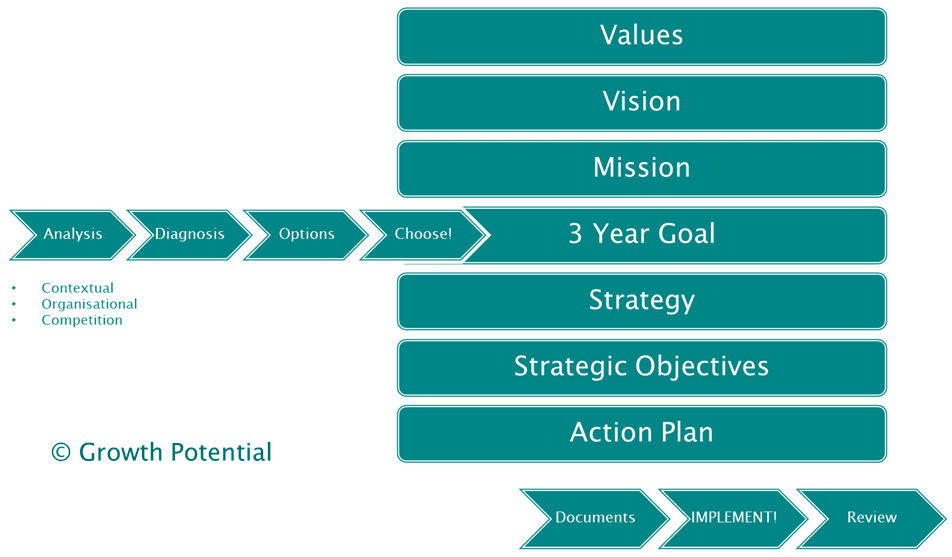

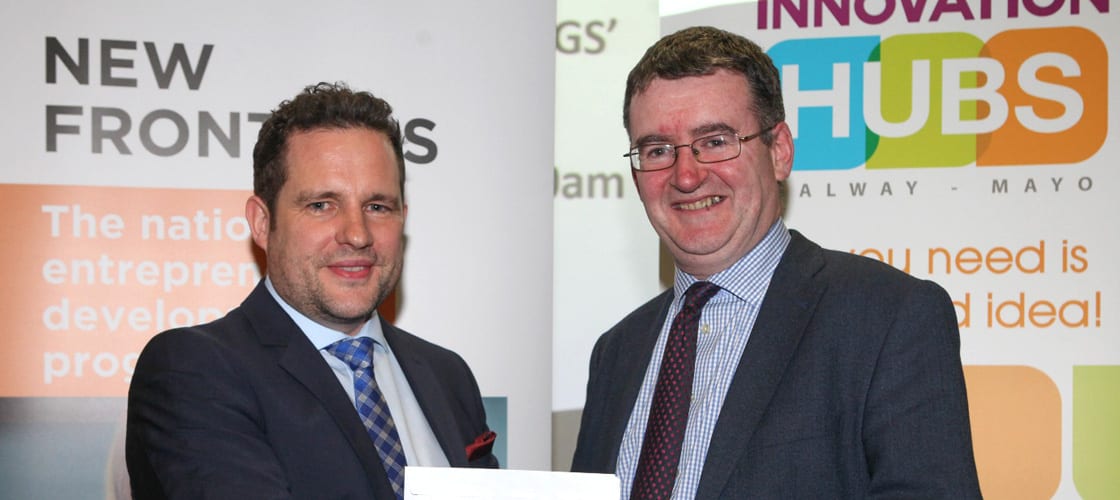


 Tony Corrigan
Tony Corrigan
 In early 2015, Aidan started Phase 2 of the New Frontiers programme, at the Synergy Centre in Tallaght. With the feedback and validation processes that the programme takes entrepreneurs through, Aidan decided that while his concept was strong, the delivery itself could be improved on. He needed to establish a real niche, a truly unique selling point. The programme is not for the fainthearted, and you need a lot of drive and motivation to take part. Market research, and trial and error, are both vital parts of the process. As Aidan put it:
In early 2015, Aidan started Phase 2 of the New Frontiers programme, at the Synergy Centre in Tallaght. With the feedback and validation processes that the programme takes entrepreneurs through, Aidan decided that while his concept was strong, the delivery itself could be improved on. He needed to establish a real niche, a truly unique selling point. The programme is not for the fainthearted, and you need a lot of drive and motivation to take part. Market research, and trial and error, are both vital parts of the process. As Aidan put it: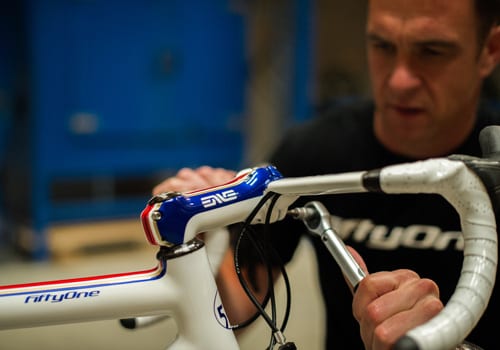 Aidan says the early stages of startup are vital to get things moving. He recommends creating the best network you can as early as possible. Although no one is going to grow your business for you, you’d be surprised at the help you will get if you reach out. Define what the overall goal or mission is, but don’t let it overwhelm you. Break jobs into bite-size chunks, define a road map and tick the boxes along the way. It takes time and you will go off course on a number of occasions, but a concise plan forces you to regroup and regain focus regularly.
Aidan says the early stages of startup are vital to get things moving. He recommends creating the best network you can as early as possible. Although no one is going to grow your business for you, you’d be surprised at the help you will get if you reach out. Define what the overall goal or mission is, but don’t let it overwhelm you. Break jobs into bite-size chunks, define a road map and tick the boxes along the way. It takes time and you will go off course on a number of occasions, but a concise plan forces you to regroup and regain focus regularly.


 Rachel Hanna
Rachel Hanna

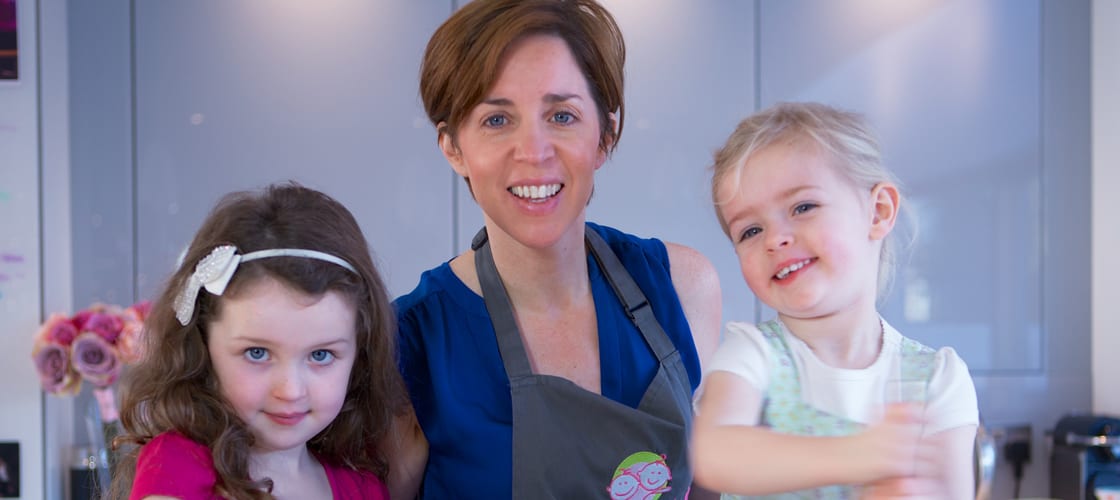
 Siobhan Berry
Siobhan Berry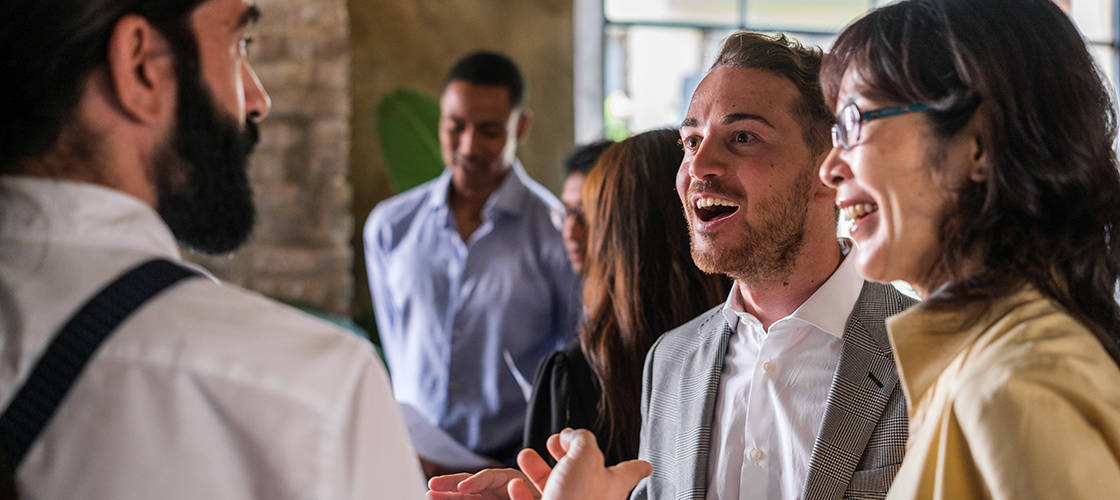
 Alma Jordan
Alma Jordan
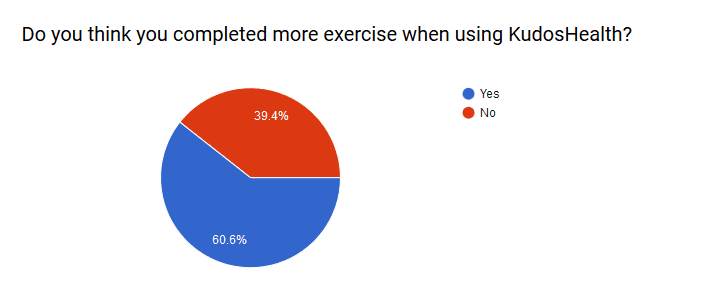
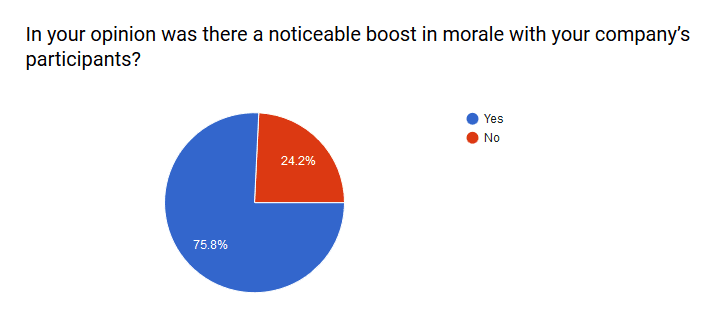
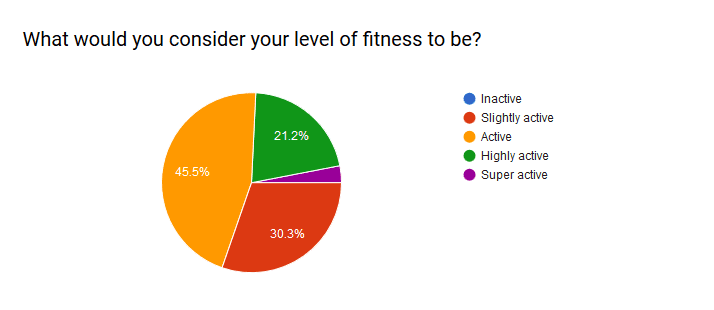

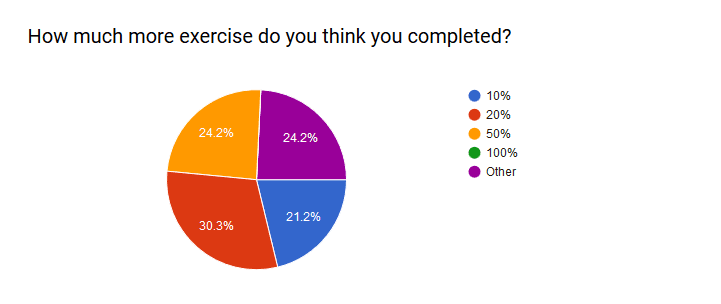
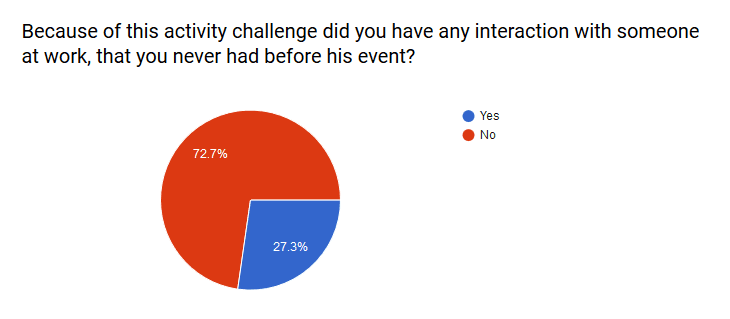
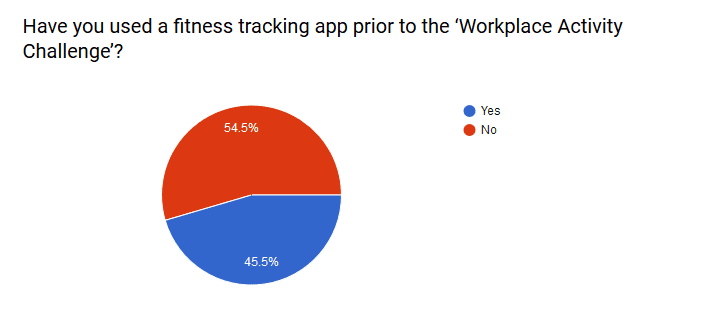
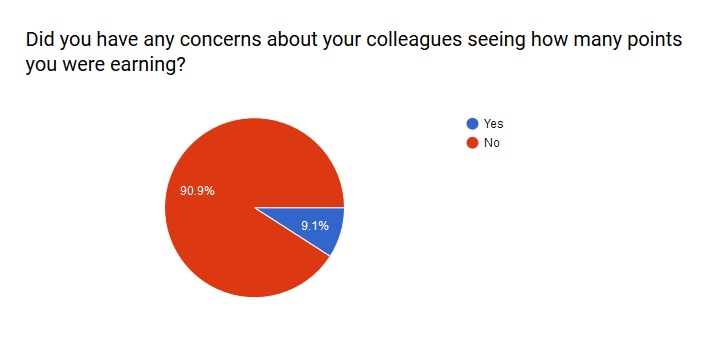
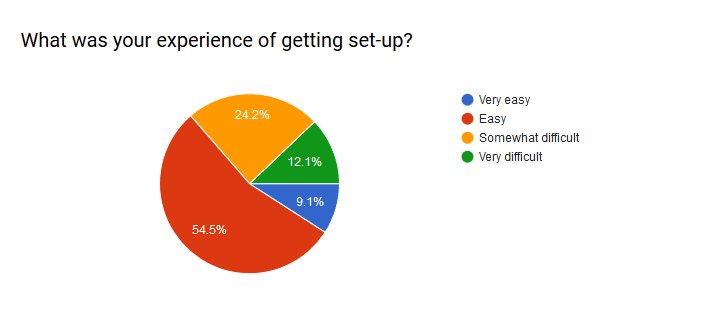
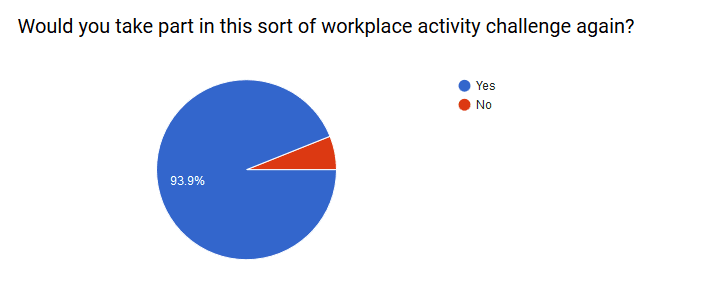



 Ray Mongey
Ray Mongey

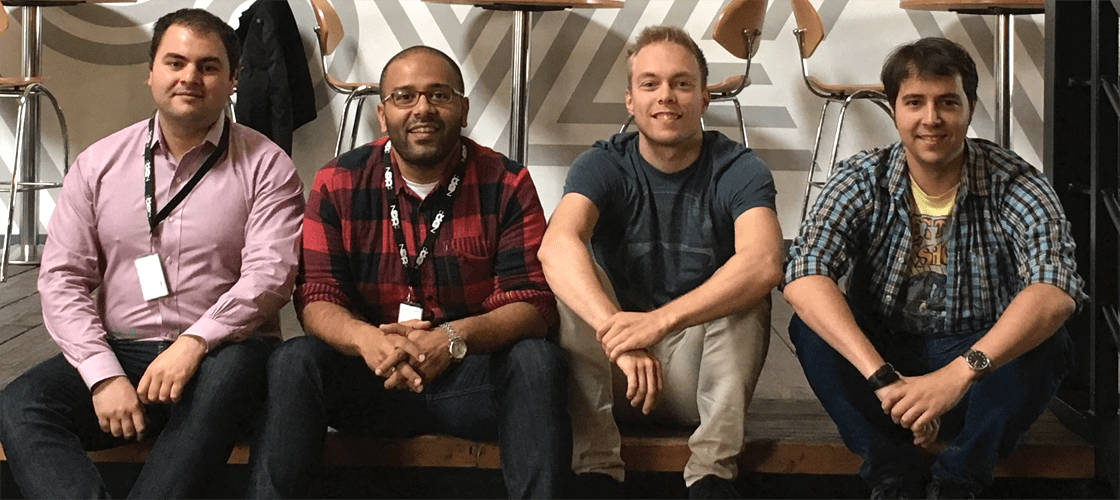

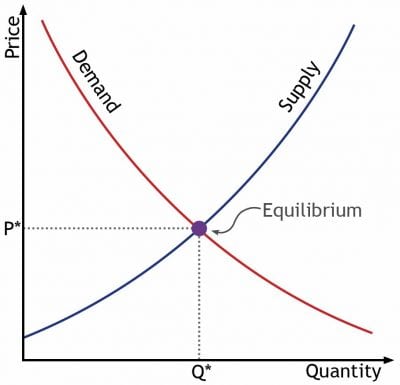
 Patrick O Flaherty
Patrick O Flaherty
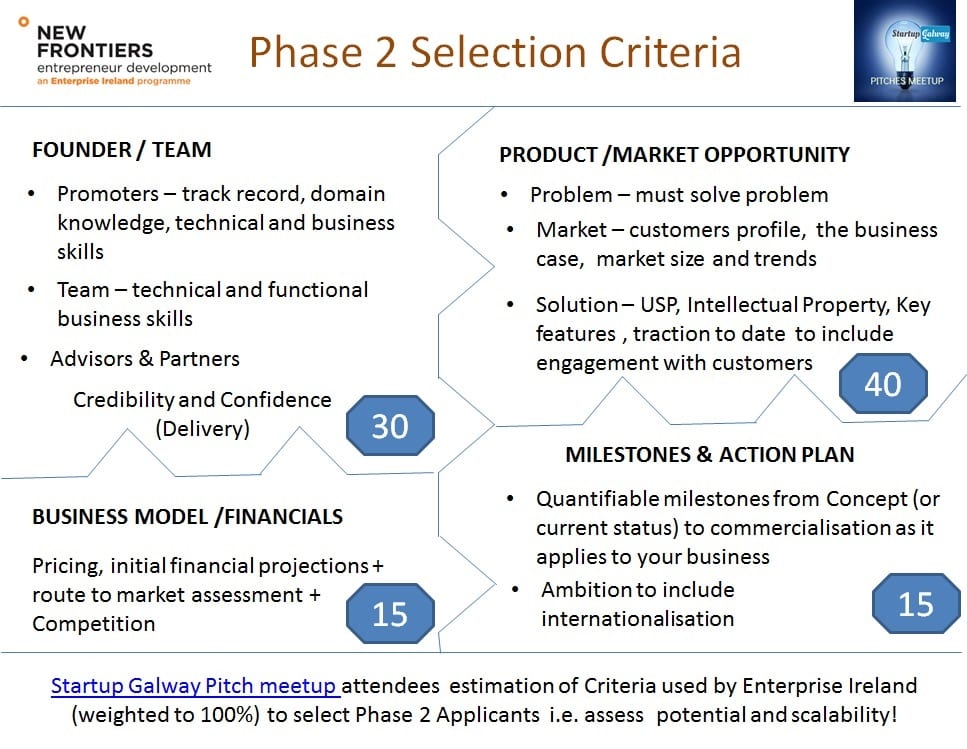 The key issue is to provide information to the panel so that they see the scaleability of your business.
The key issue is to provide information to the panel so that they see the scaleability of your business.


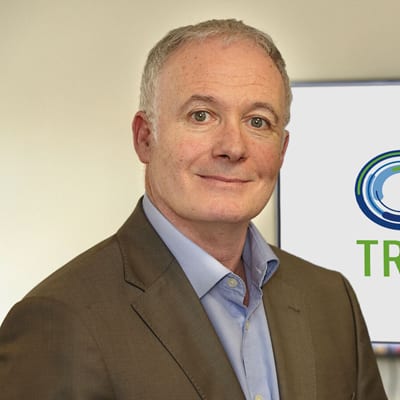 Barry Moylan
Barry Moylan
 Linda Barry
Linda Barry

 Joe Borza
Joe Borza
 Katie Murphy
Katie Murphy


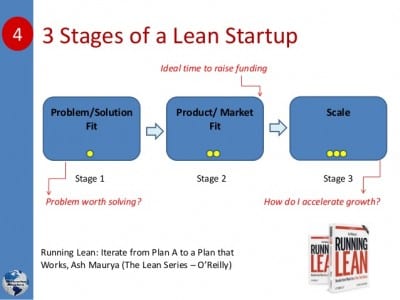 Ash Maurya’s Three Stages of a Startup
Ash Maurya’s Three Stages of a Startup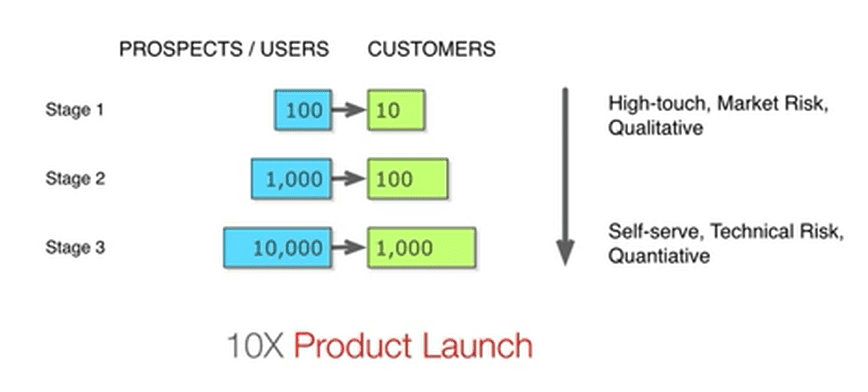
 Ash Maurya’s 10x Product Launch
Ash Maurya’s 10x Product Launch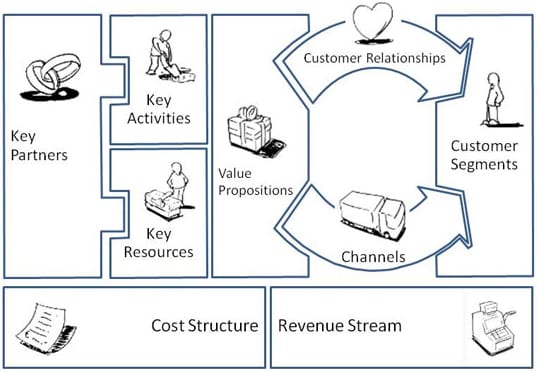
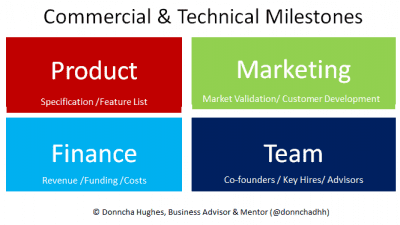 A balanced set of goals is also required. I suggest that the balance of any startup business can be evaluated in terms of balance across four areas: Product, Marketing, Finance and Team – which I refer to as the Startup Milestone Mix.
A balanced set of goals is also required. I suggest that the balance of any startup business can be evaluated in terms of balance across four areas: Product, Marketing, Finance and Team – which I refer to as the Startup Milestone Mix.

 David Craig
David Craig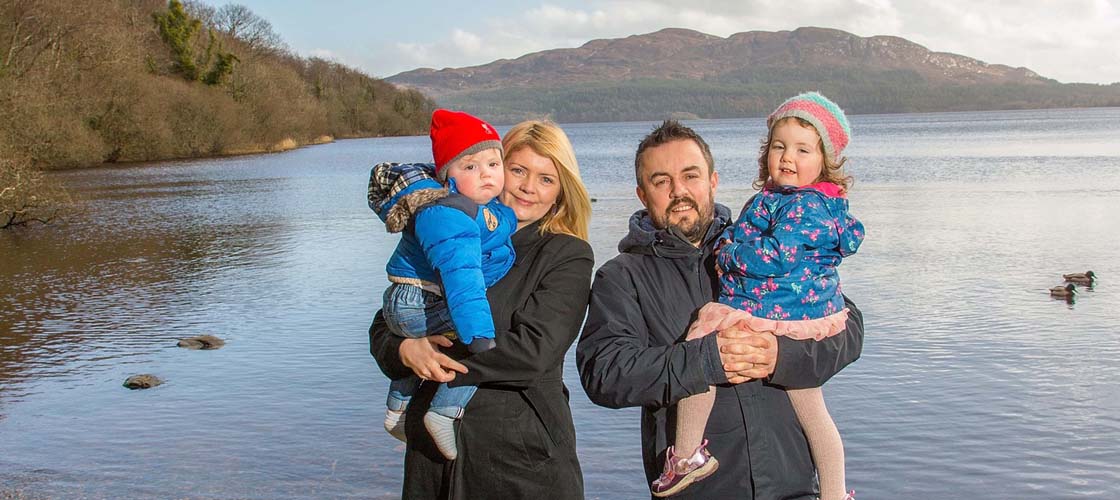

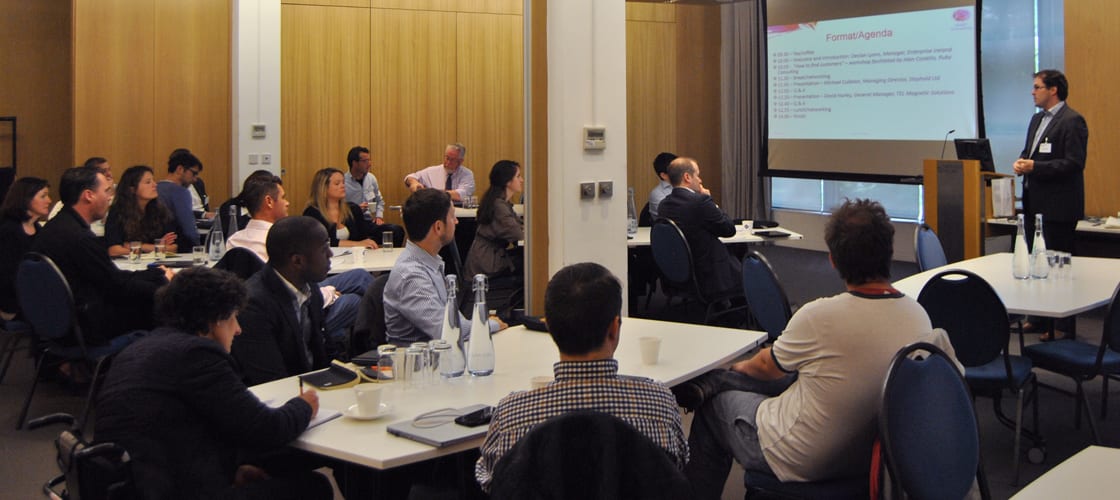
 Finding and retaining customers was the subject of Thursday’s workshop, which was facilitated by Alan Costello of Ruby Consulting, a strategy- and innovation-focused boutique consultancy. Alan has worked with numerous small/early-stage/HPSU companies, and as a founder himself has great insight into the reality of startup life.
Finding and retaining customers was the subject of Thursday’s workshop, which was facilitated by Alan Costello of Ruby Consulting, a strategy- and innovation-focused boutique consultancy. Alan has worked with numerous small/early-stage/HPSU companies, and as a founder himself has great insight into the reality of startup life.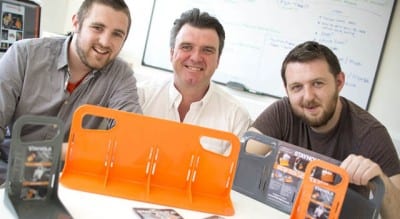


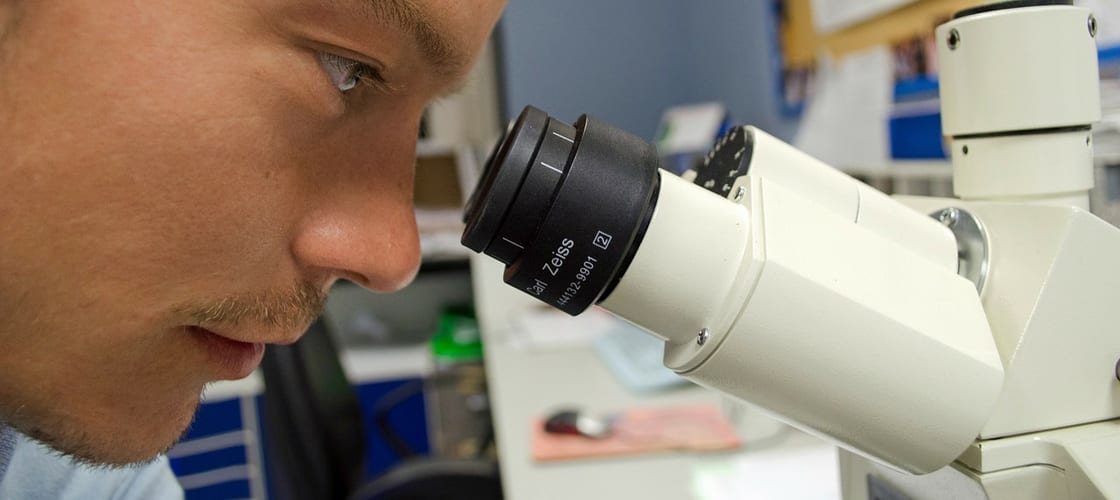


 Auveen O’Neill
Auveen O’Neill
 Jackie Quinn
Jackie Quinn
 Michael White
Michael White
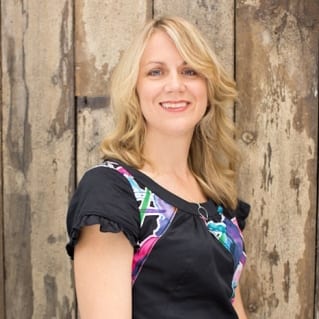 Síodhna McGowan
Síodhna McGowan

 Dearbhla O’Dwyer
Dearbhla O’Dwyer


 Gail Condon
Gail Condon

 Pete Friel
Pete Friel
 Adnan Ajmi
Adnan Ajmi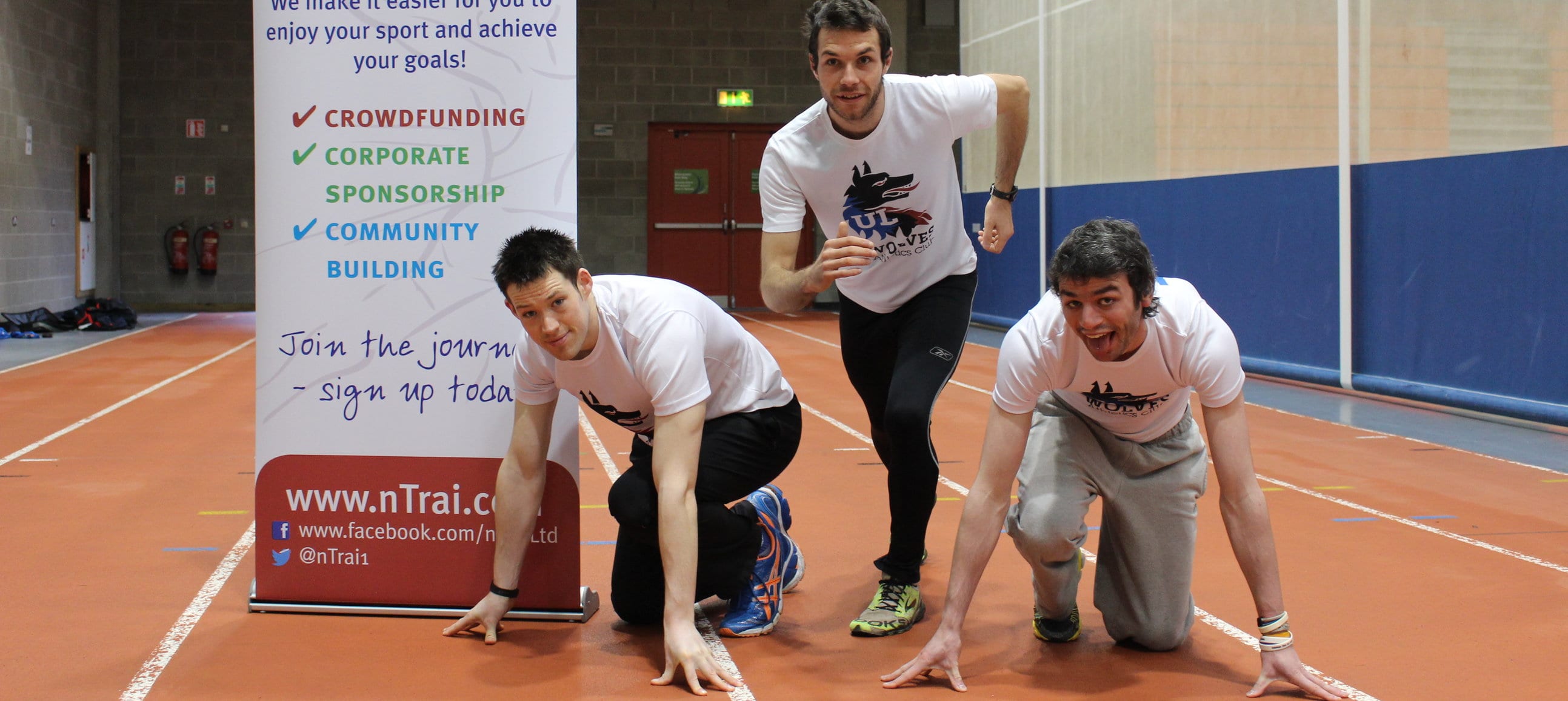
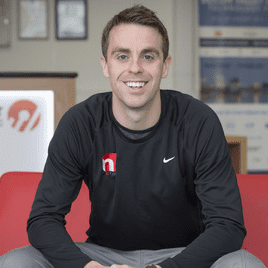


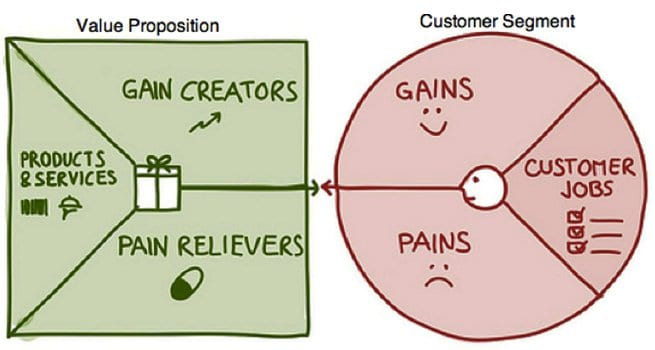 Value Proposition Canvas
Value Proposition Canvas
 Monika Dukarska
Monika Dukarska
 Declan Lyons
Declan Lyons
